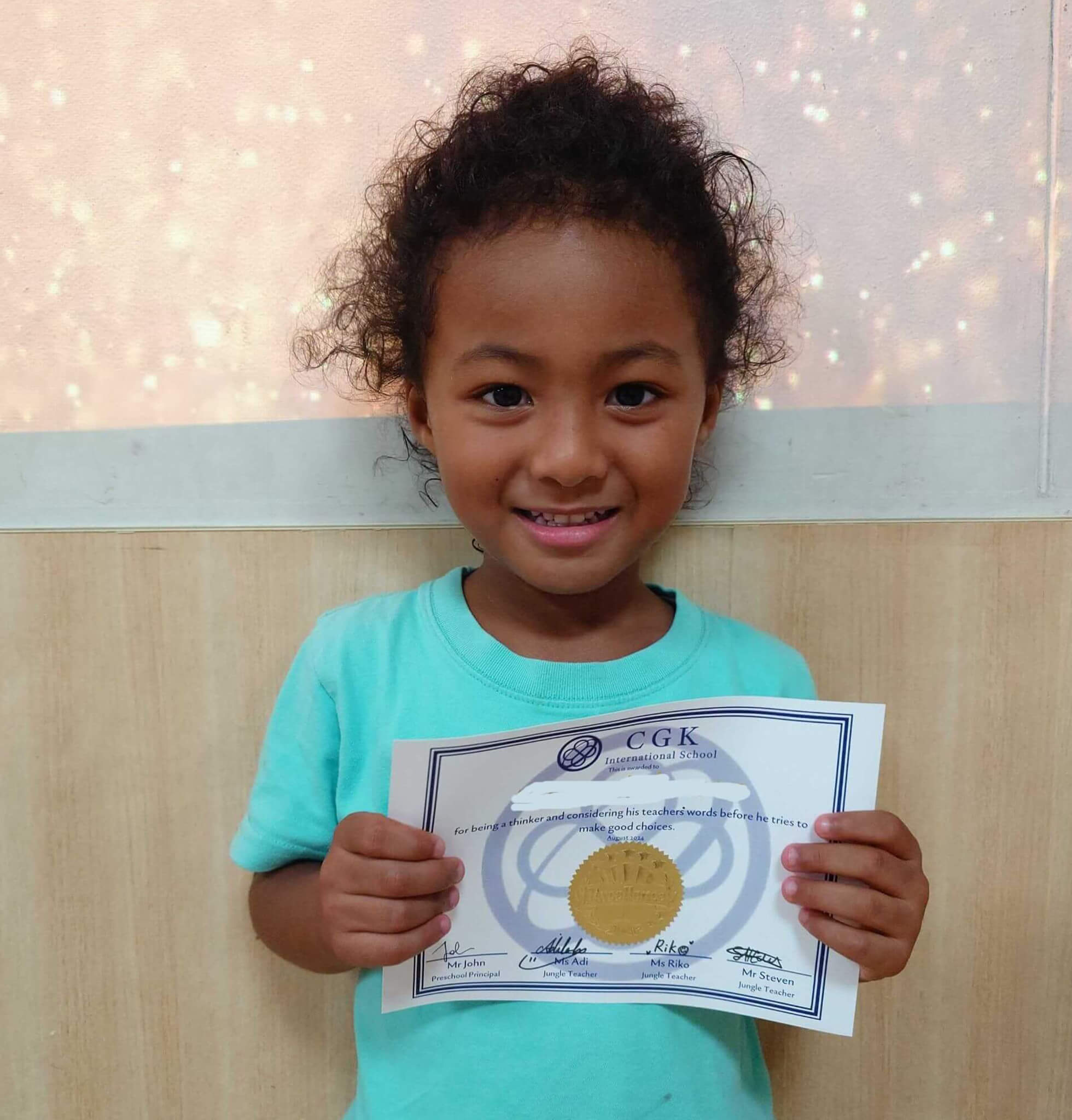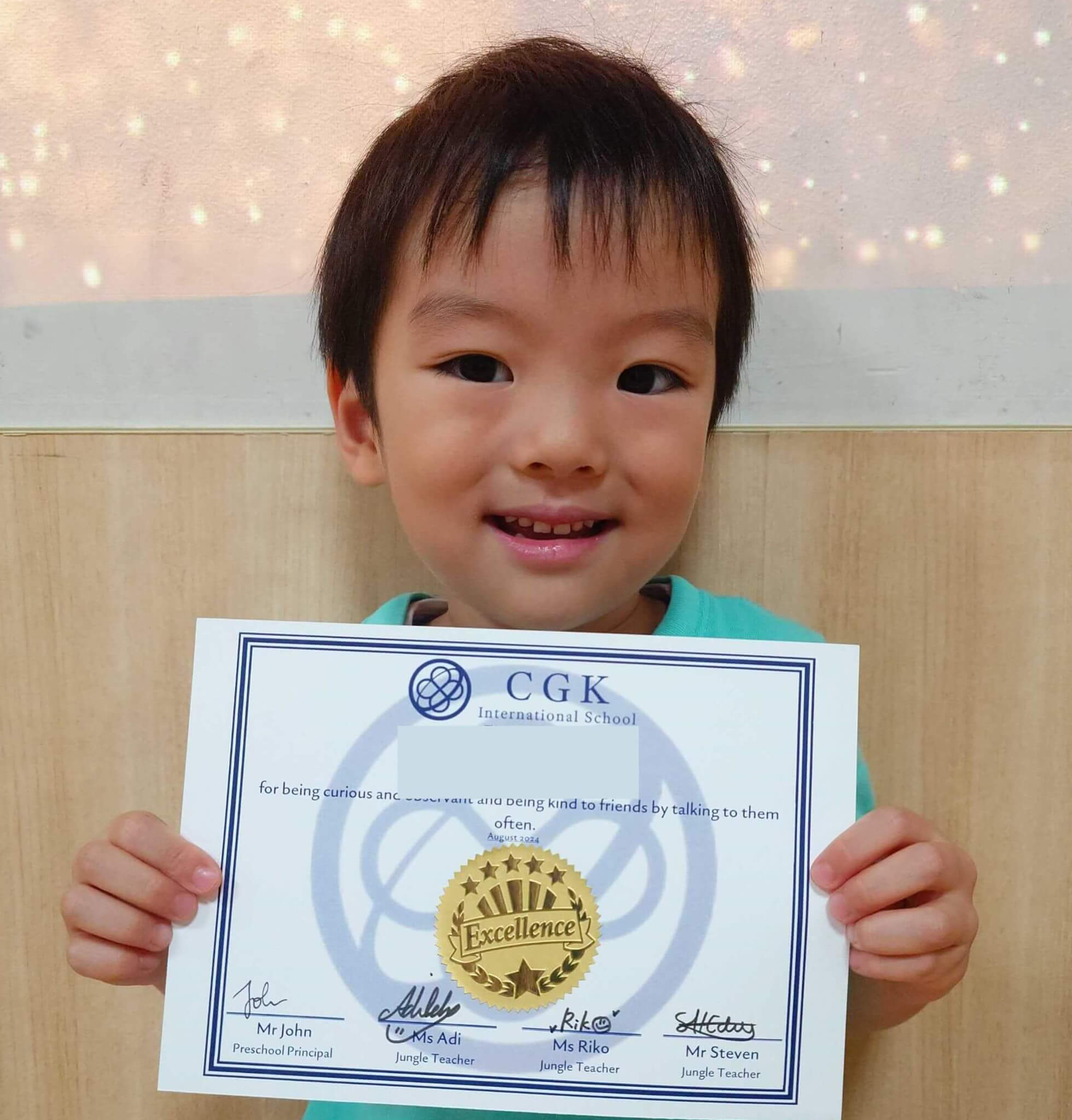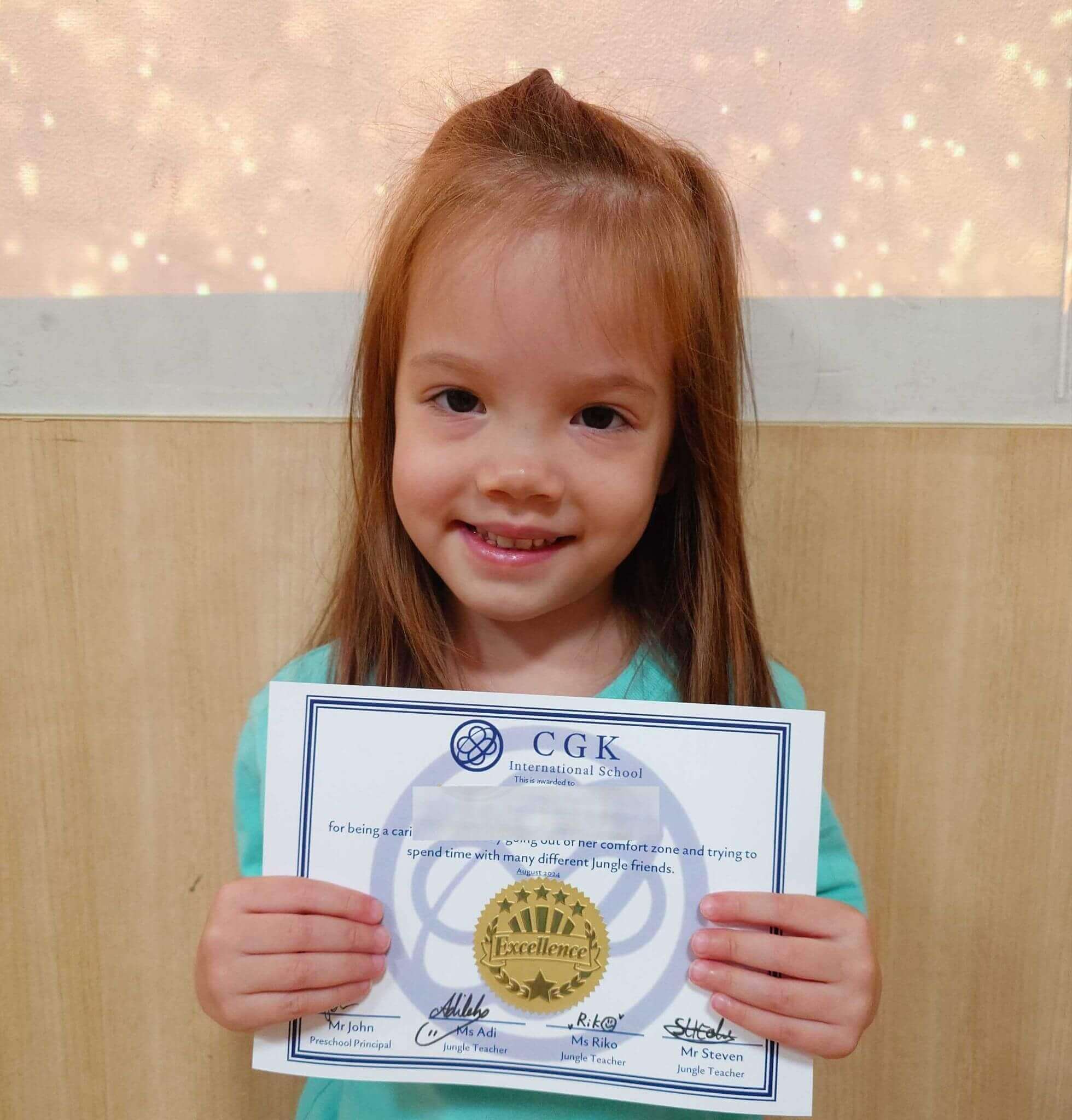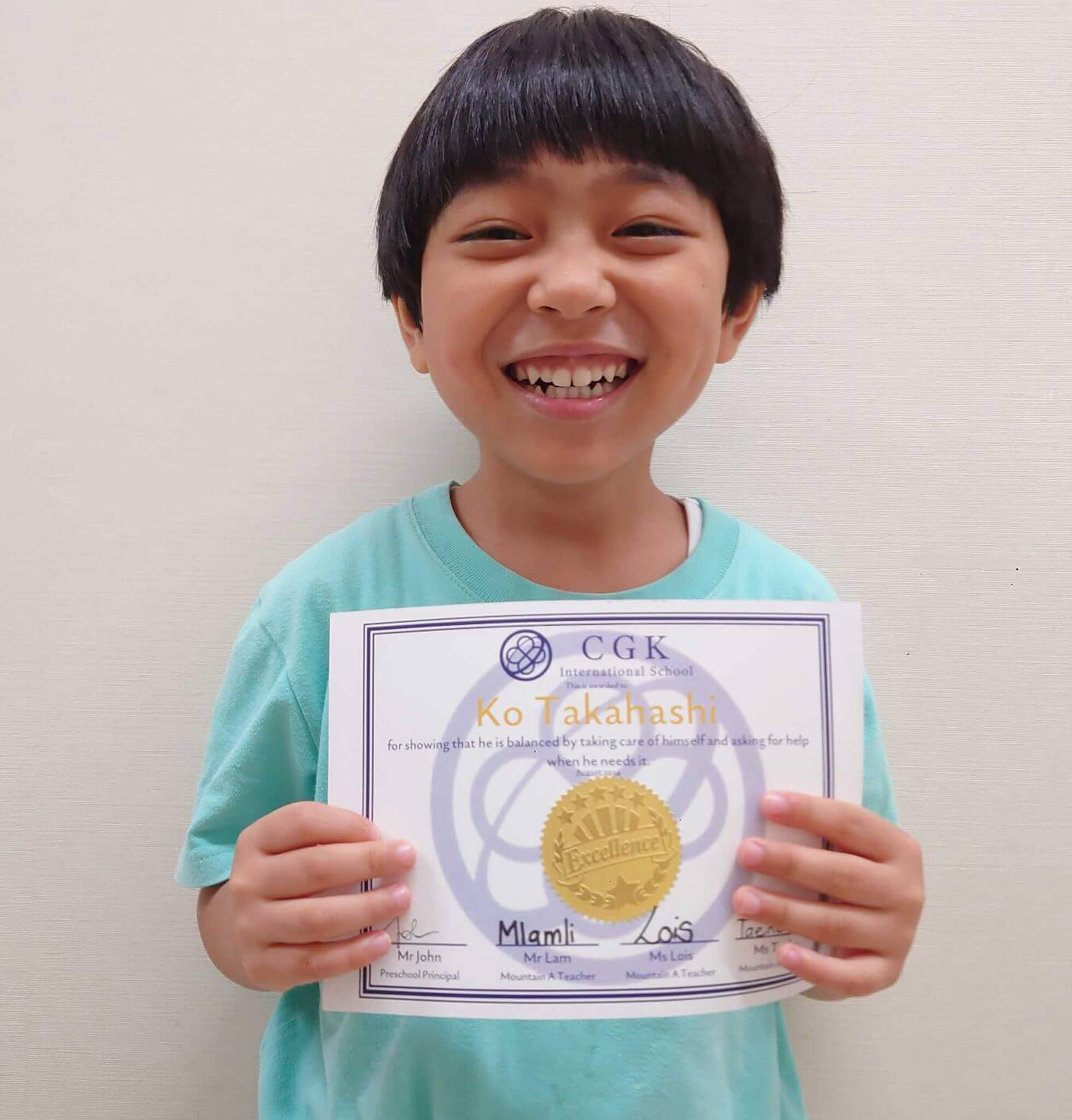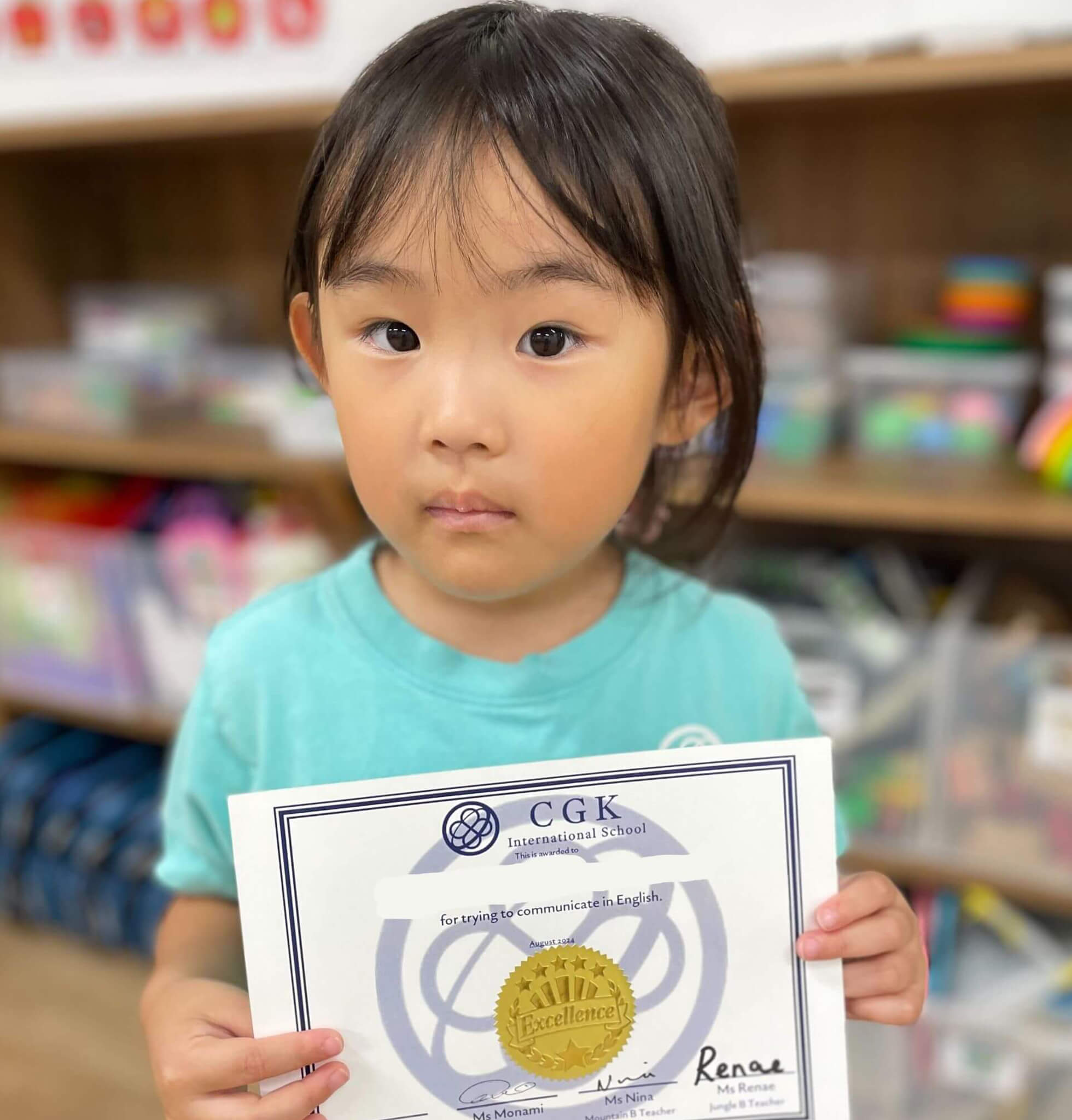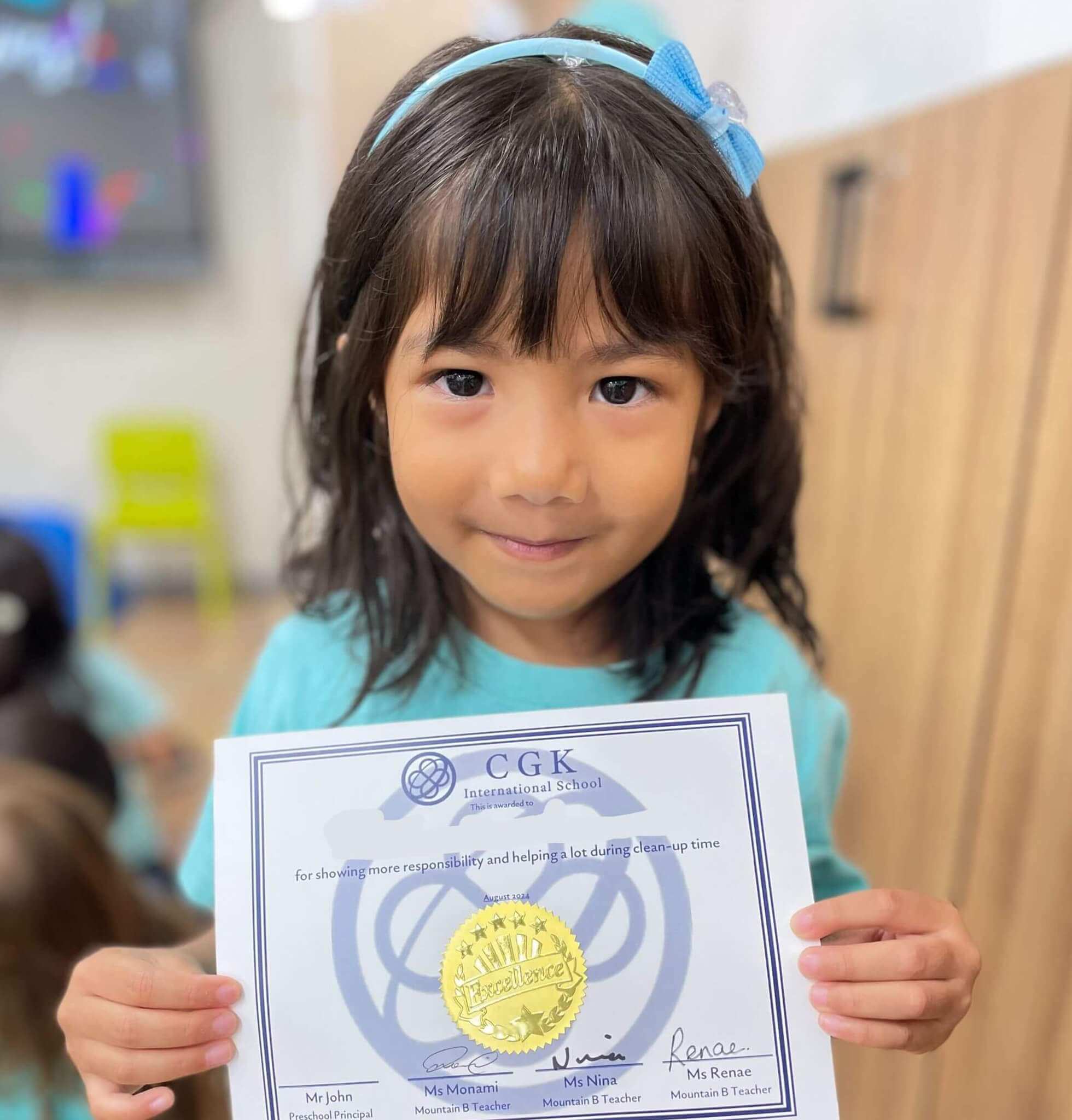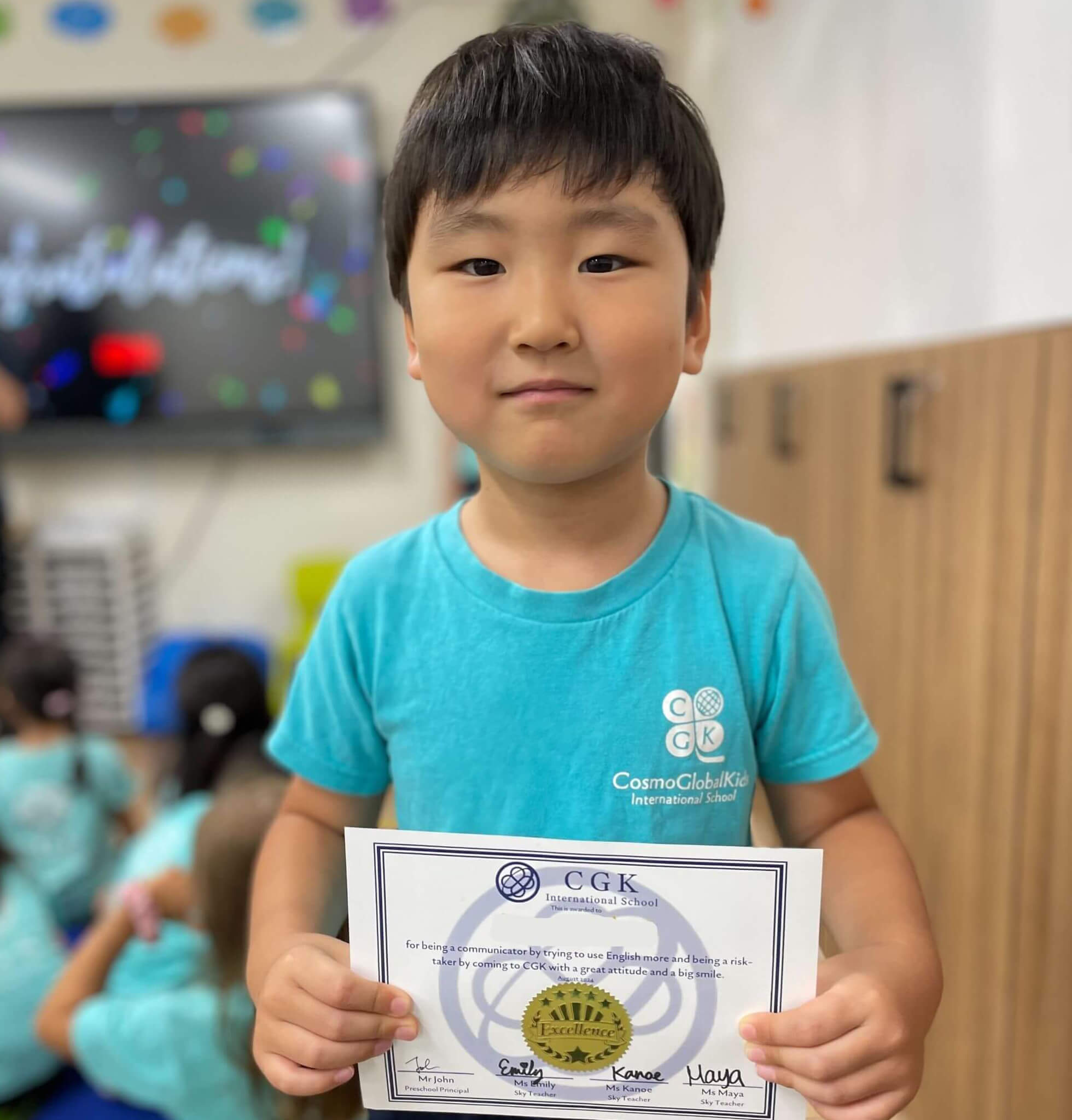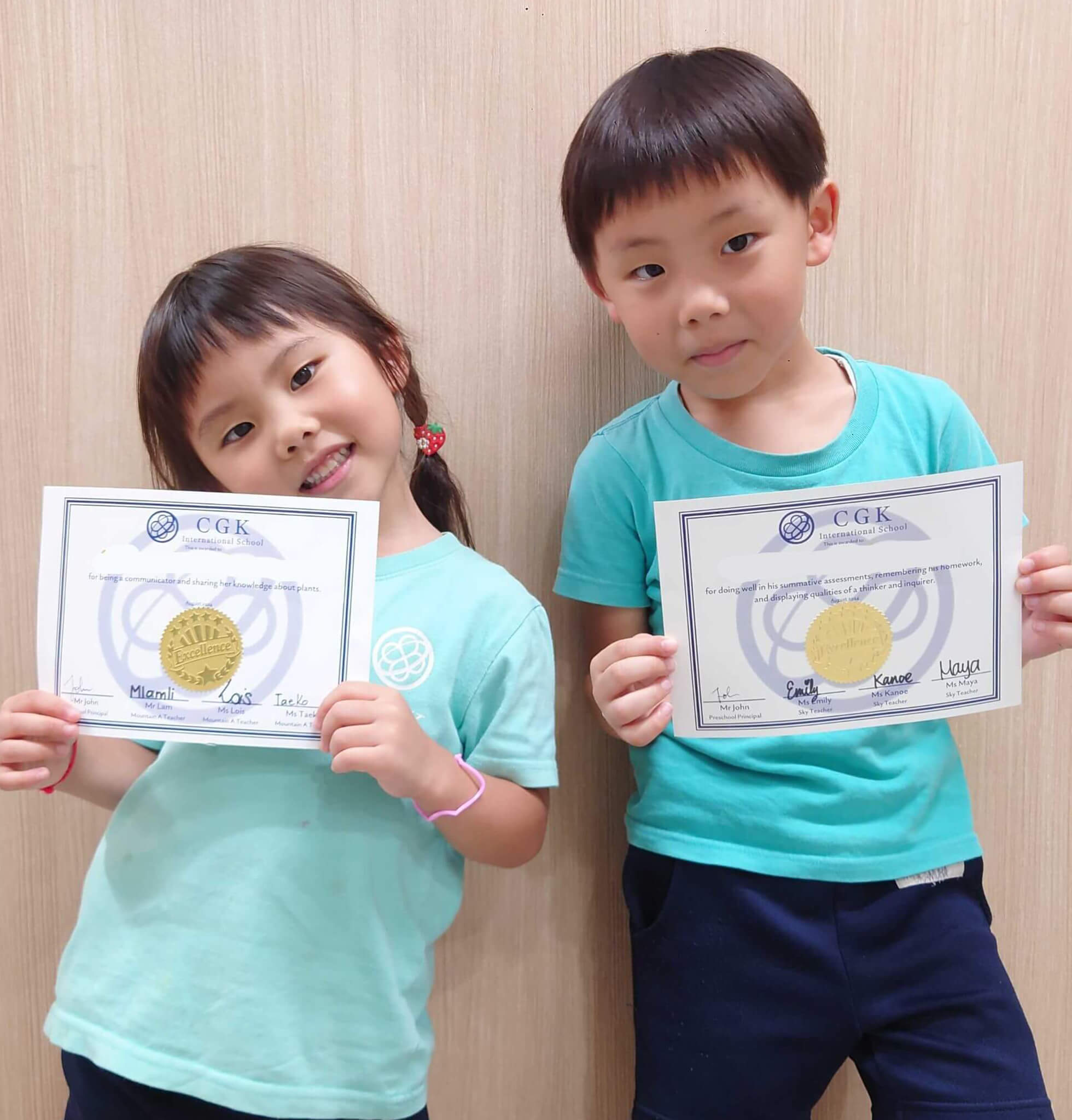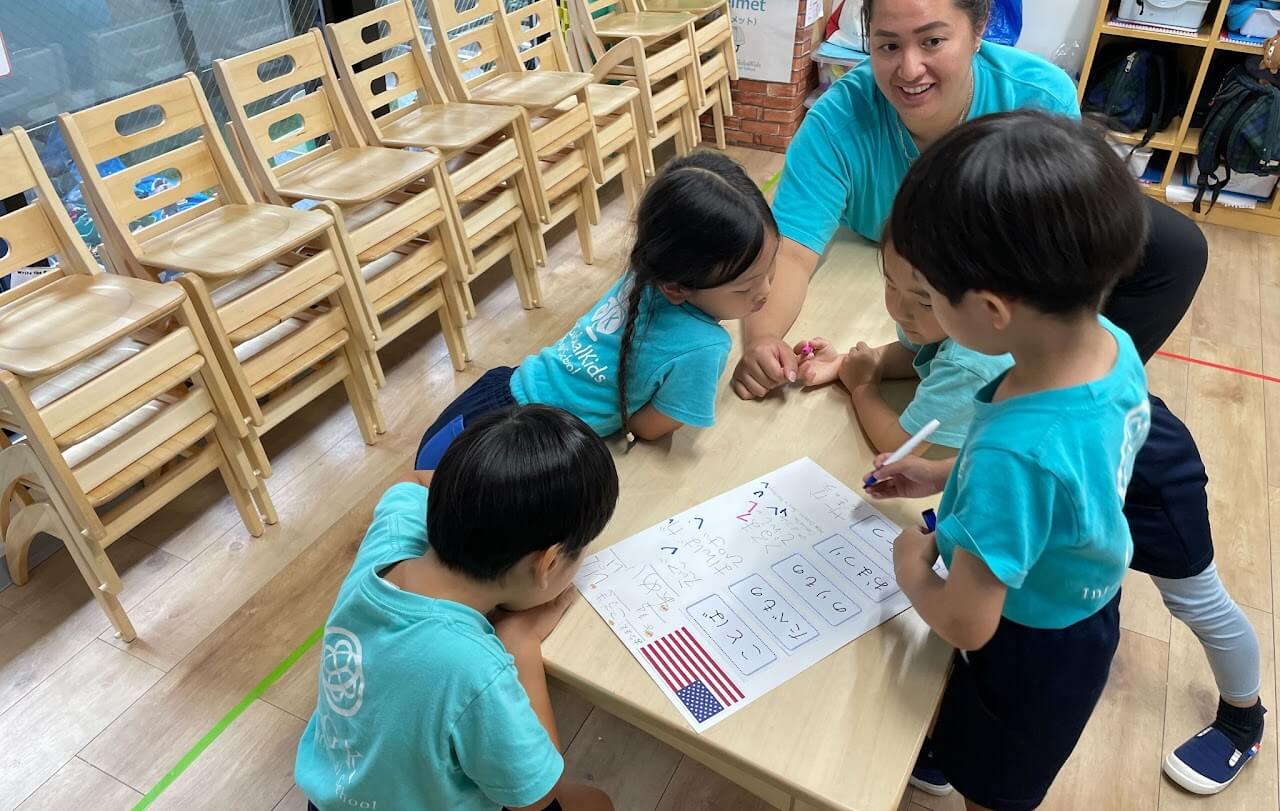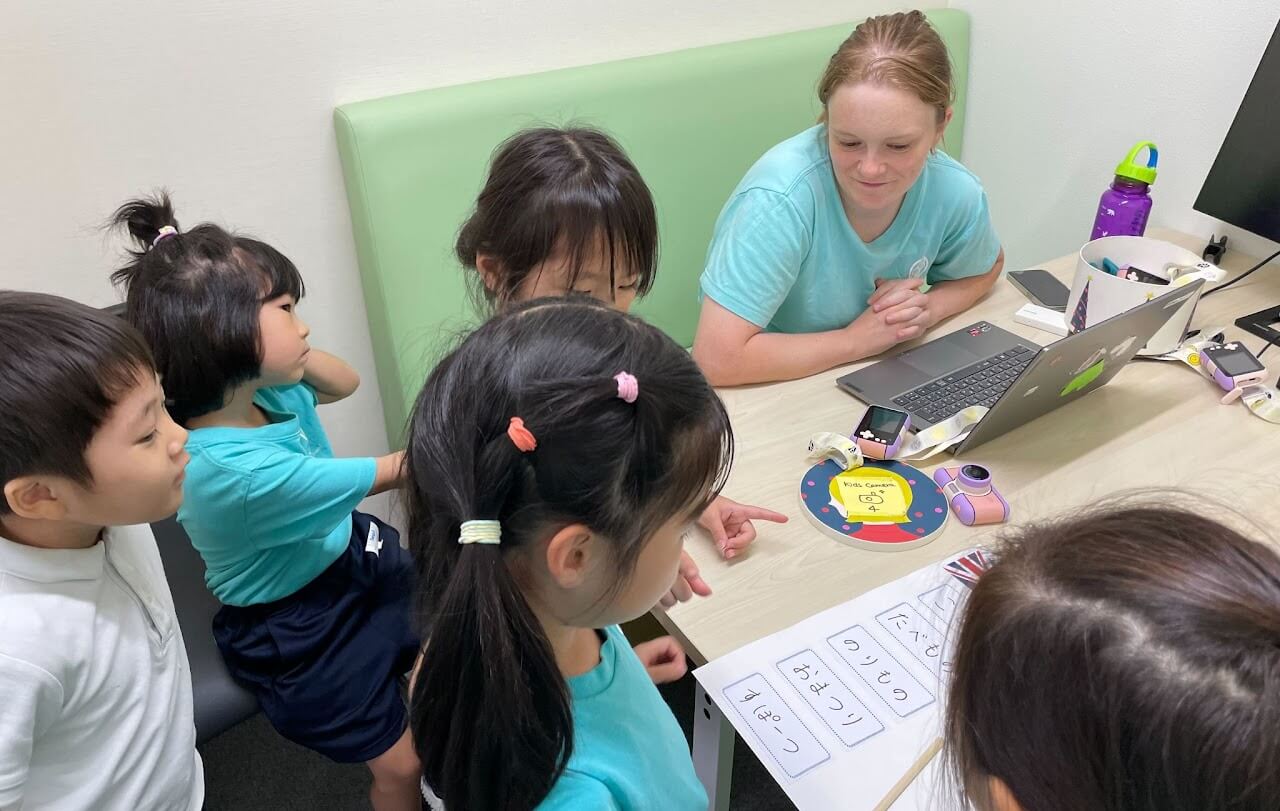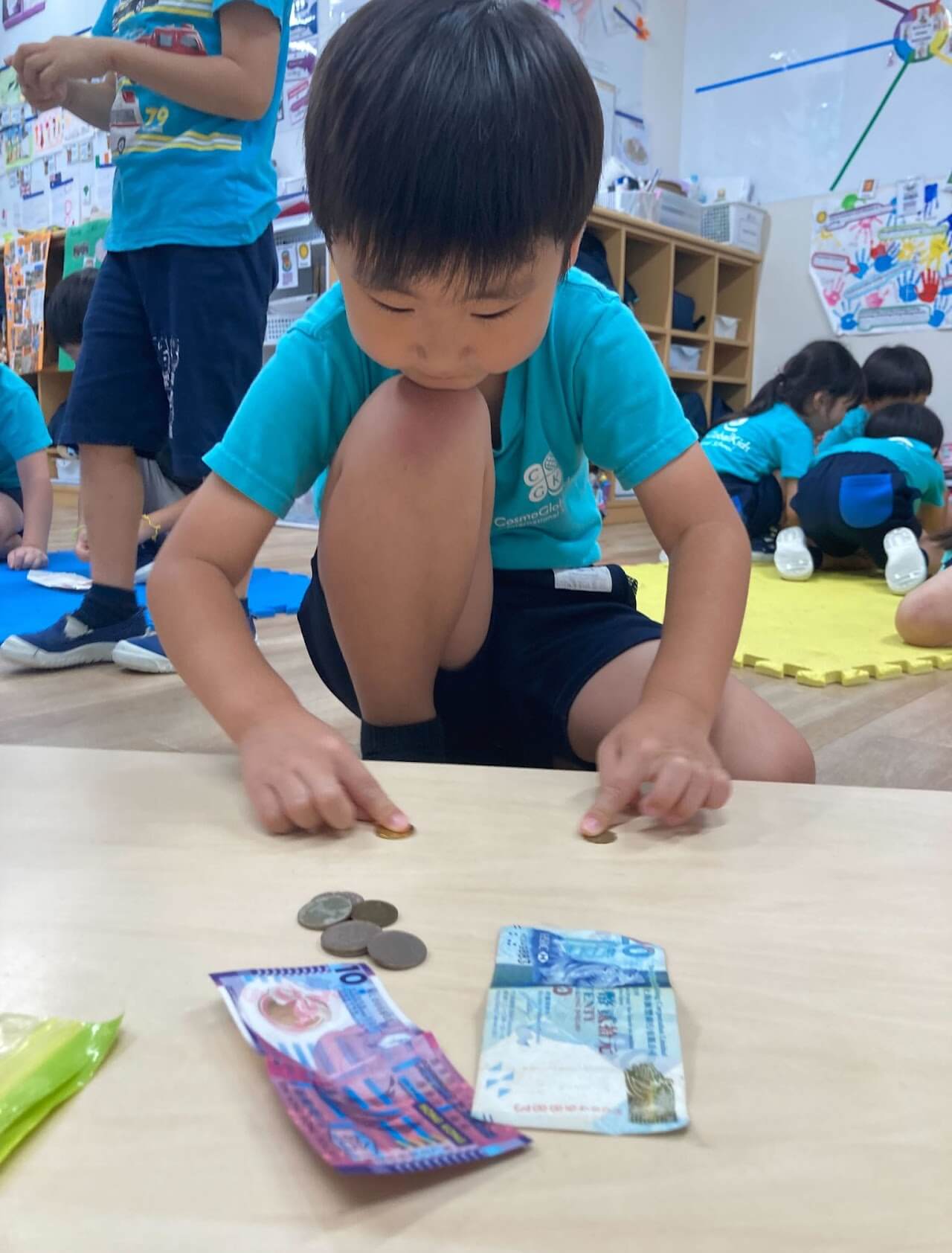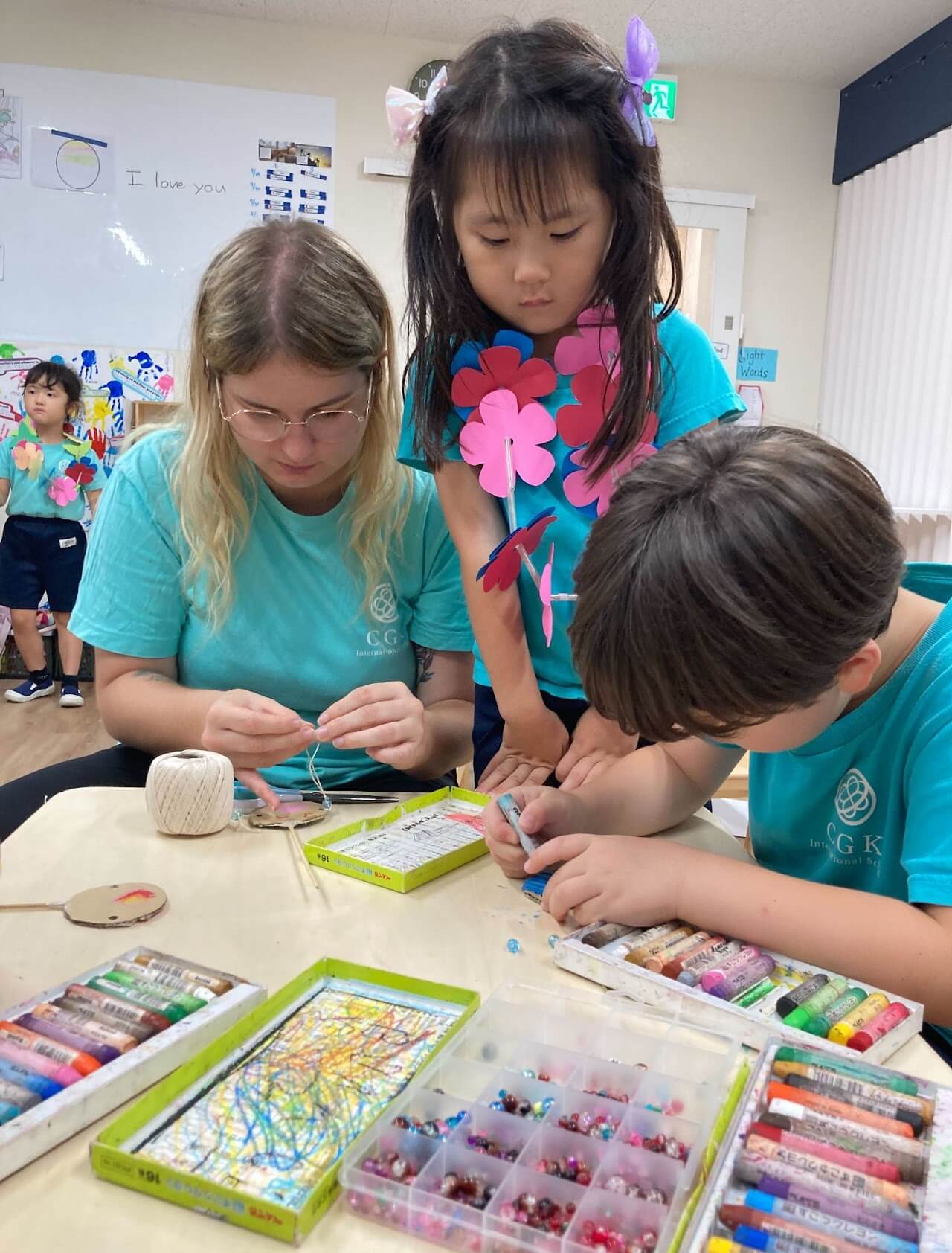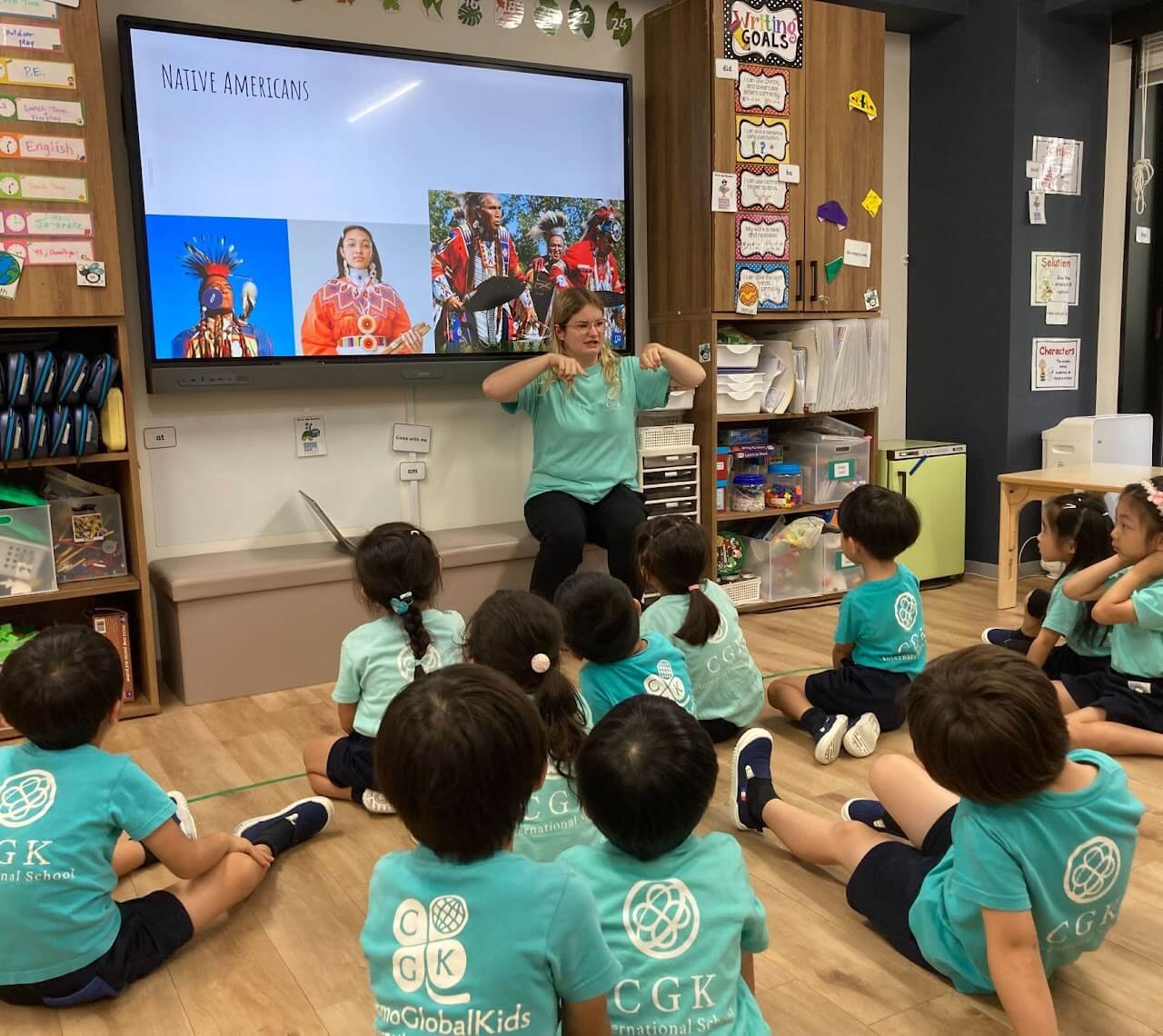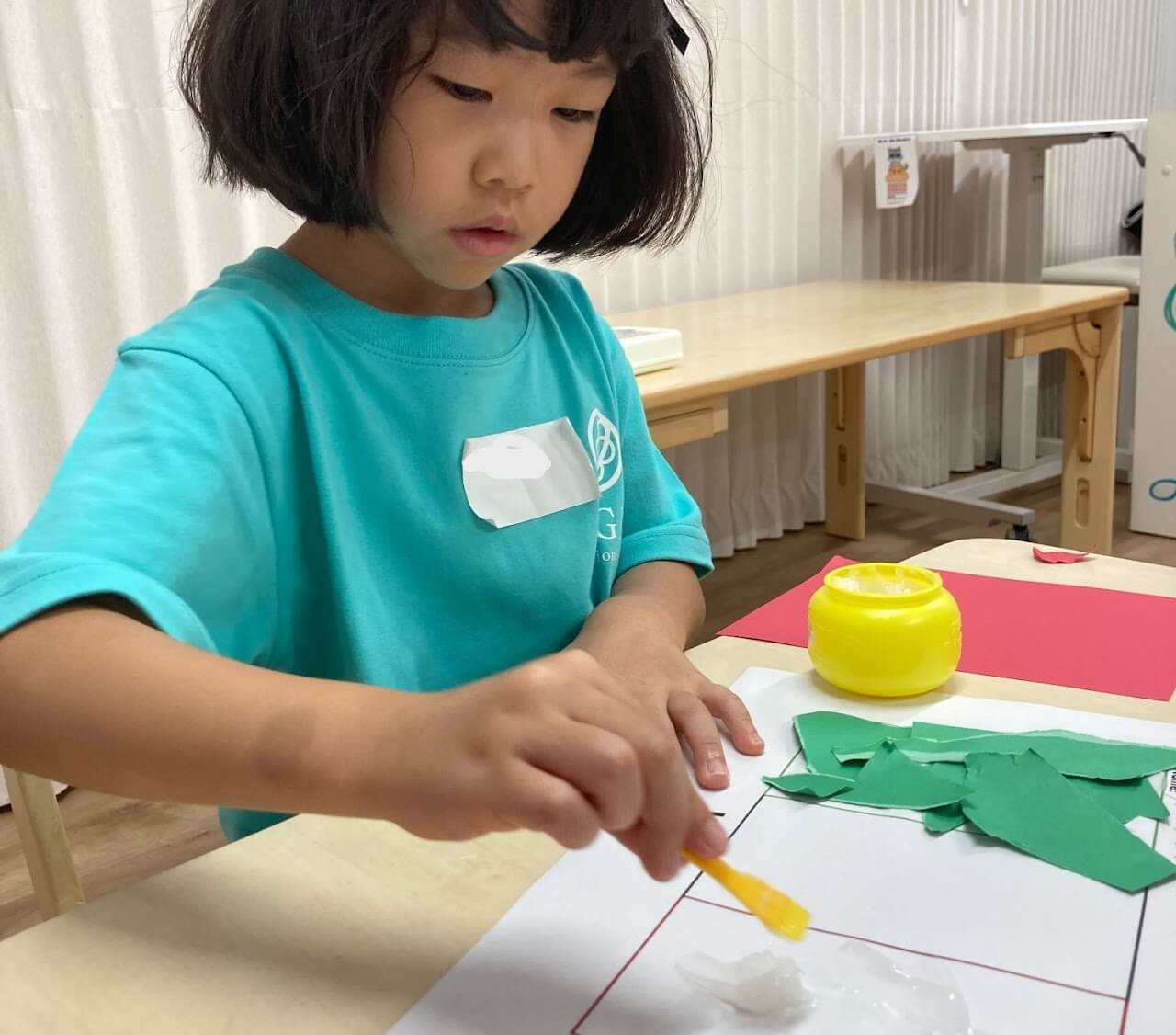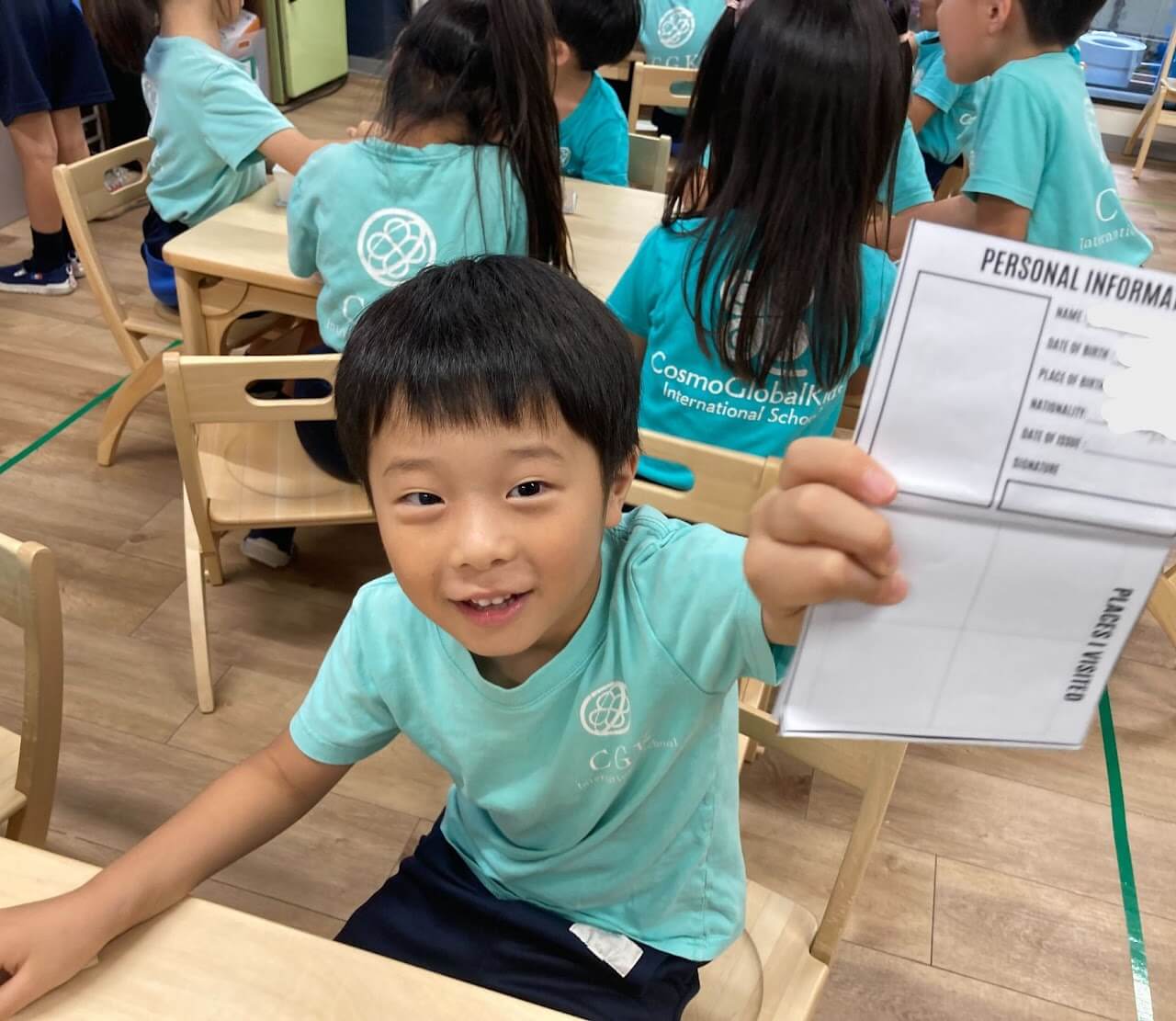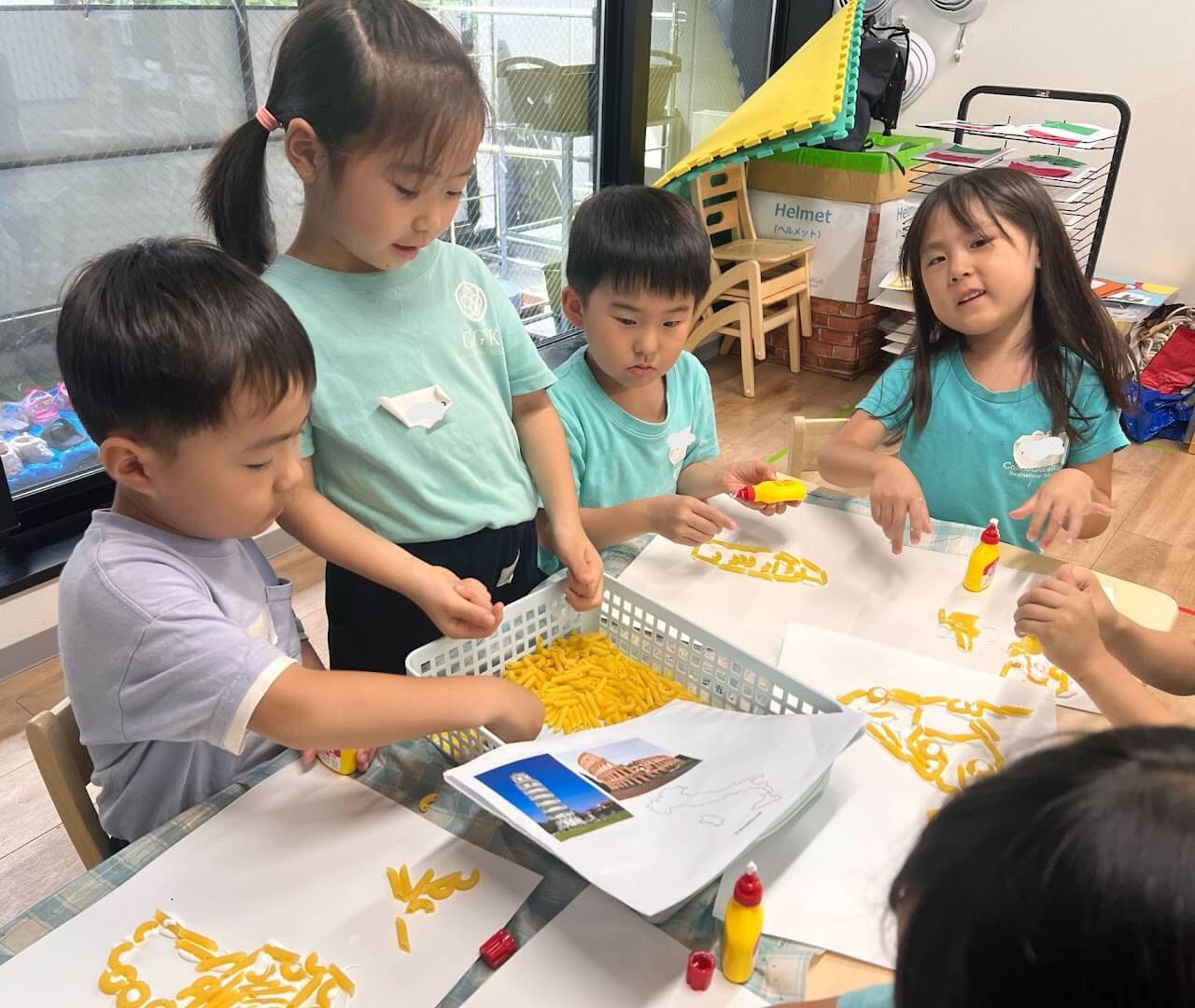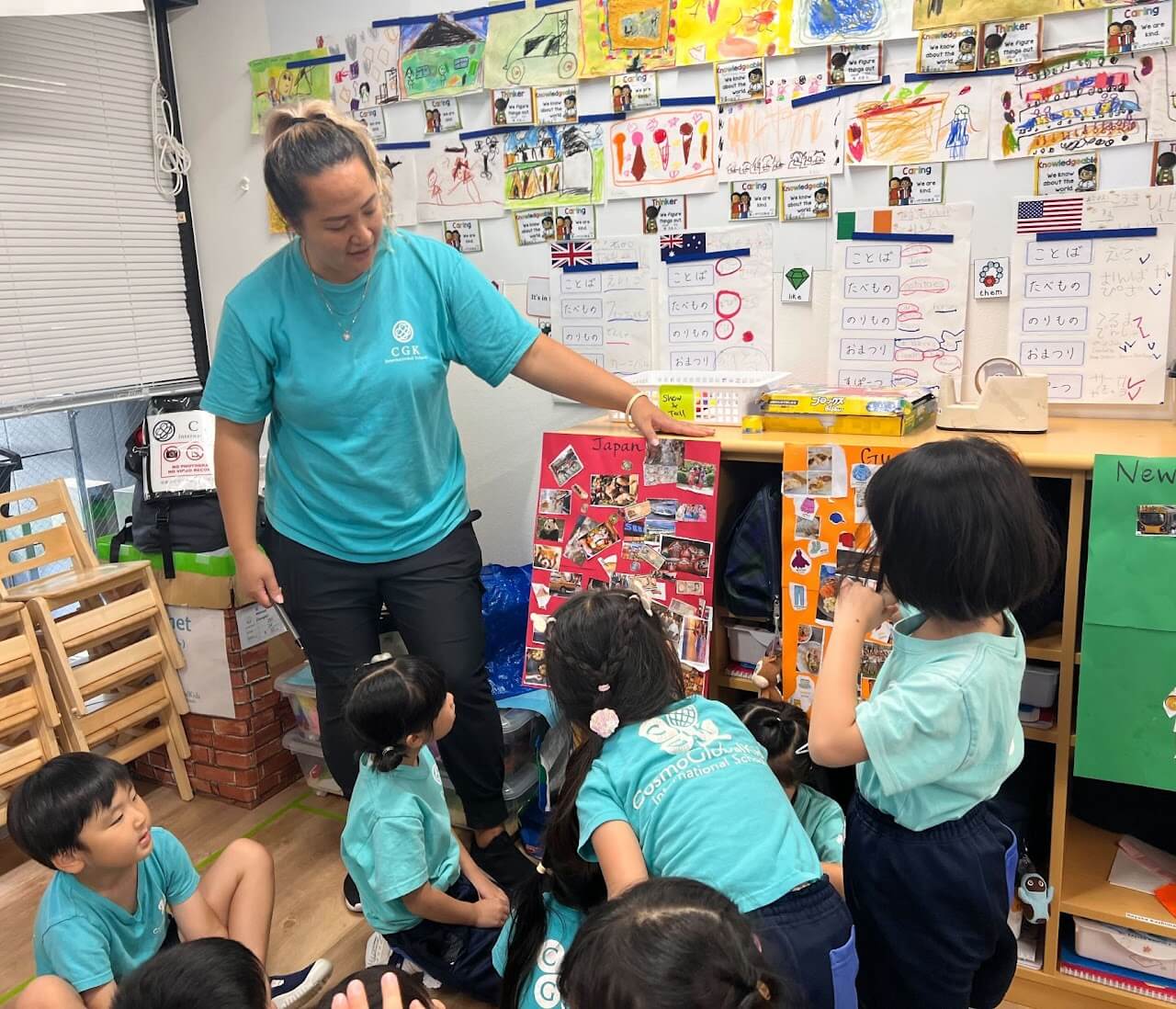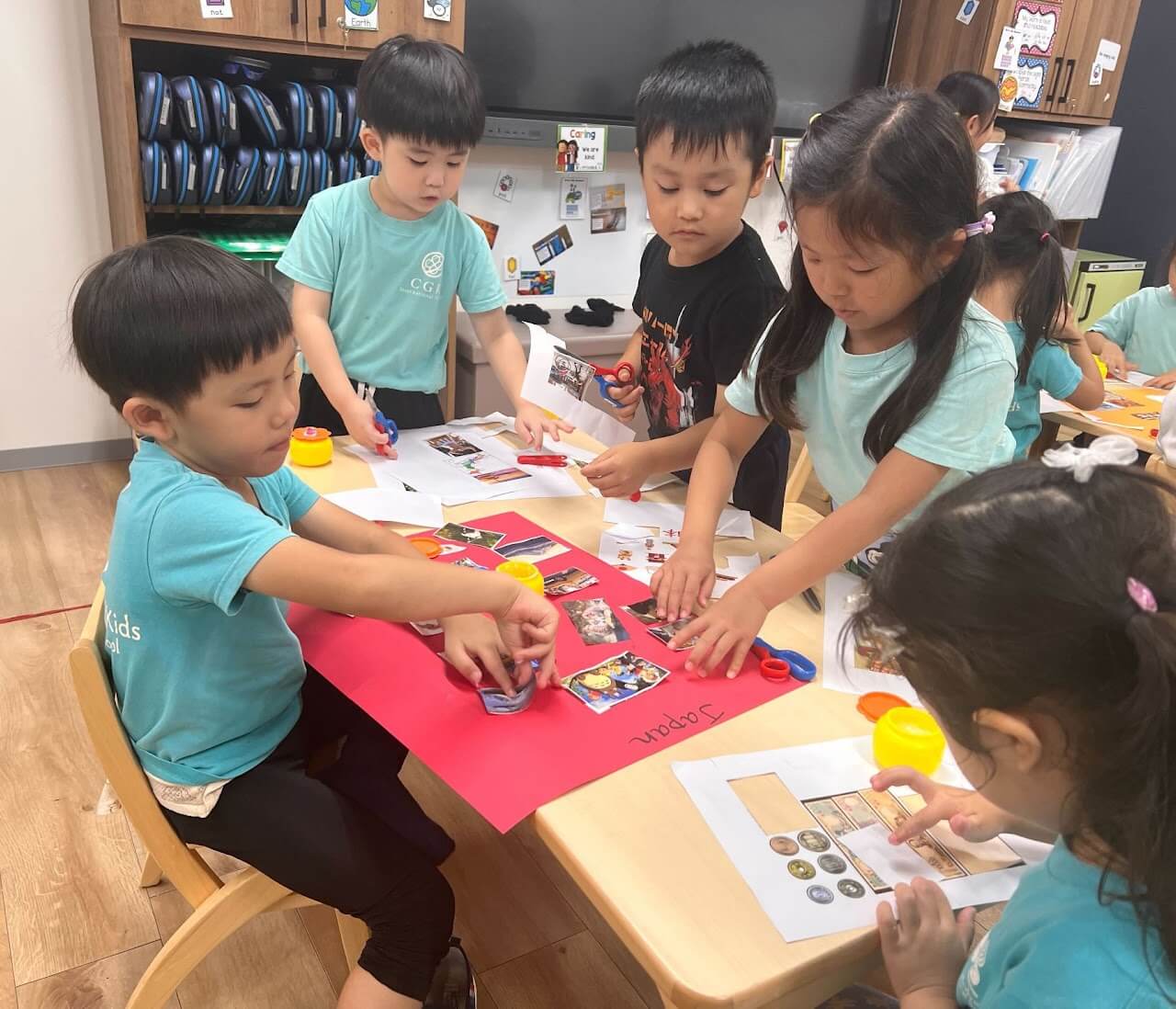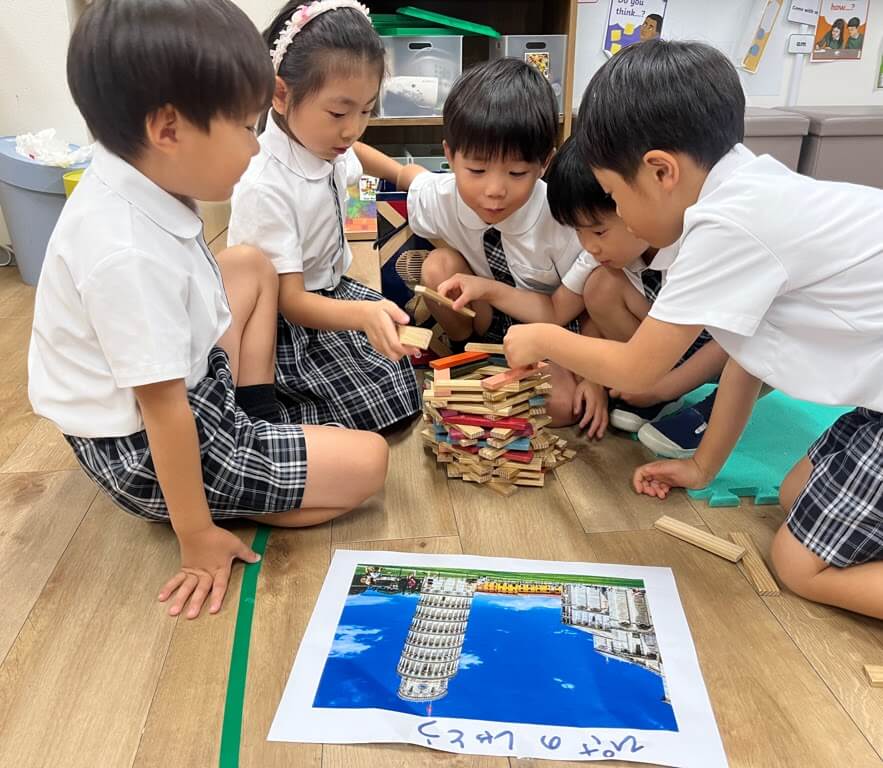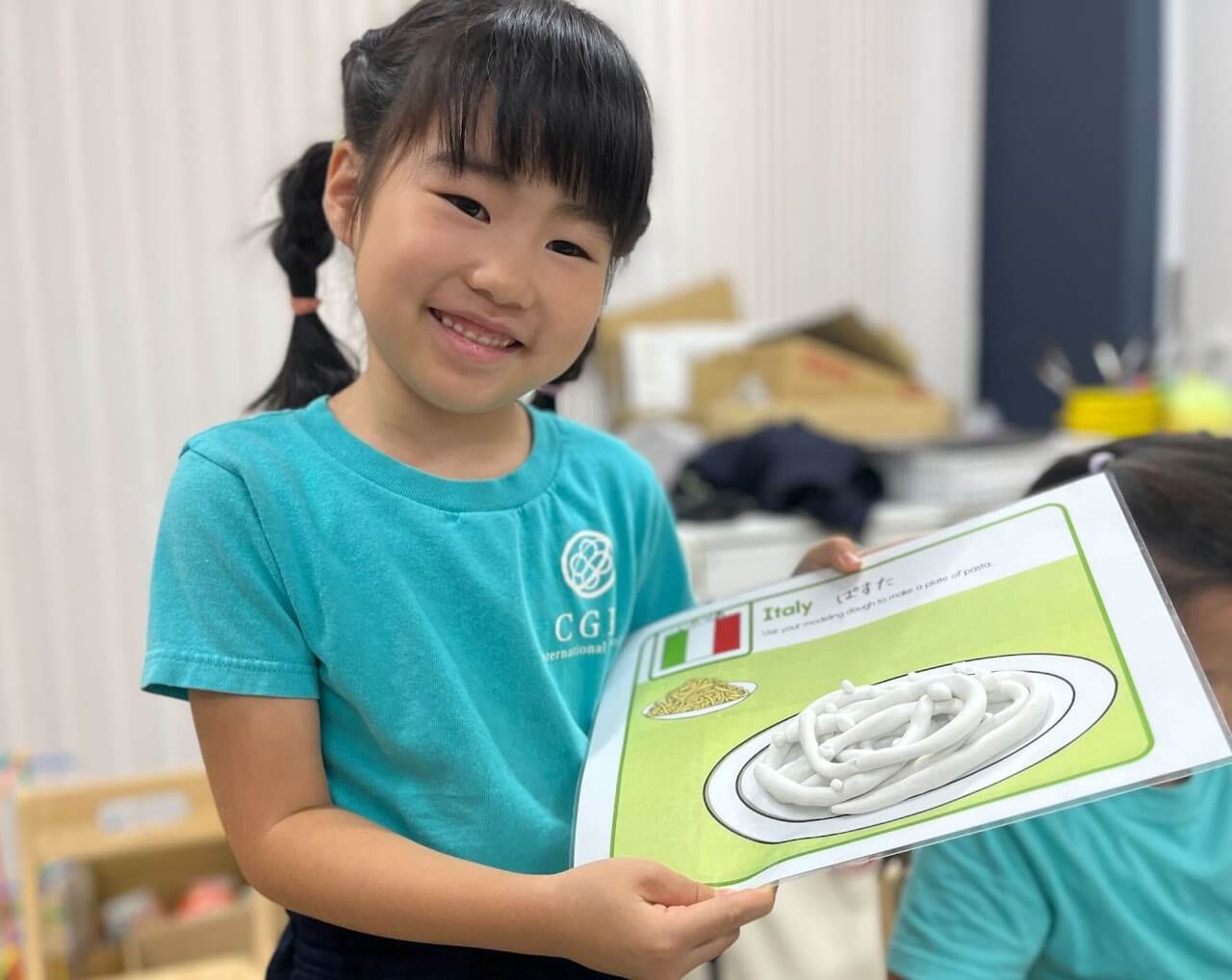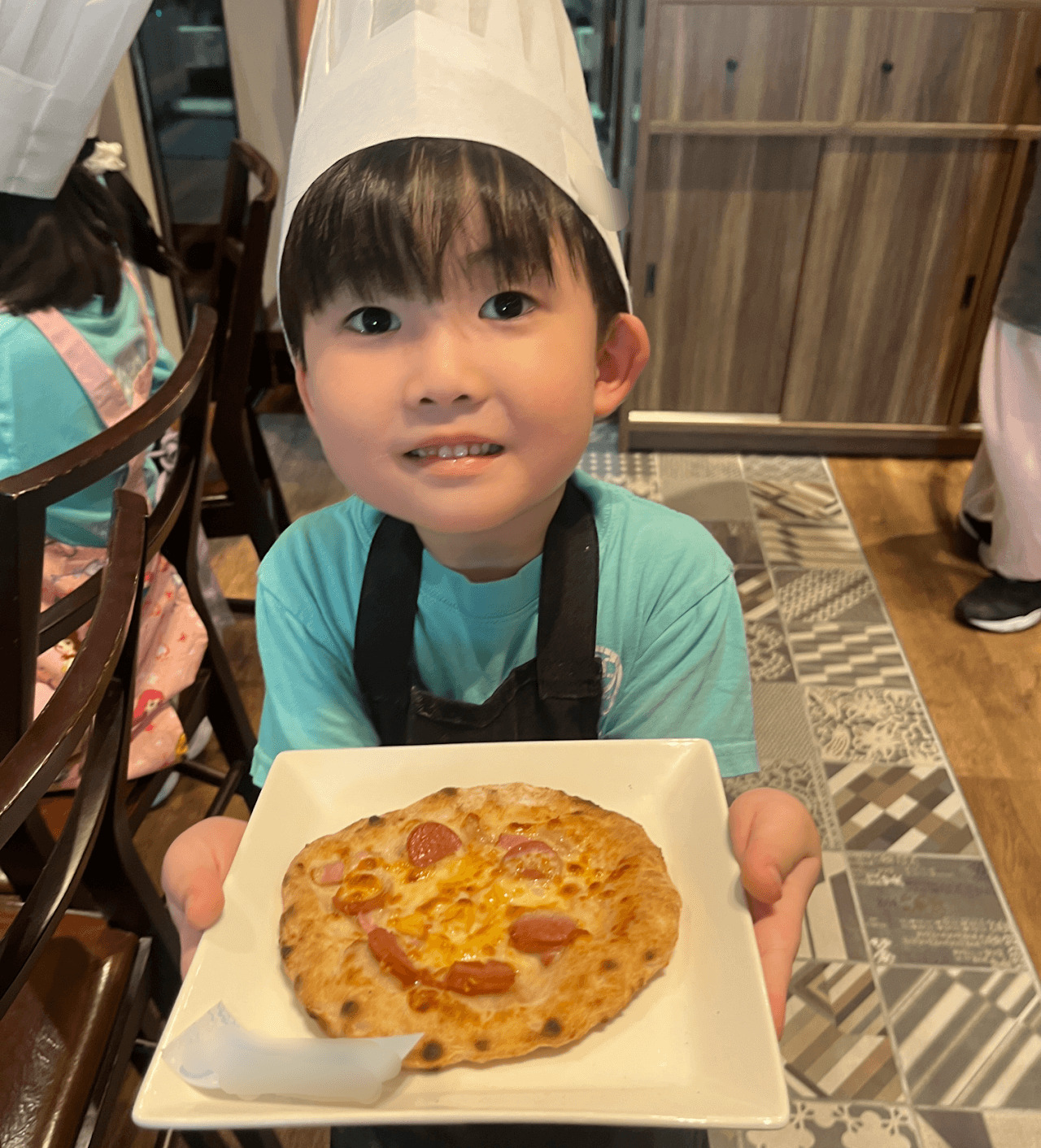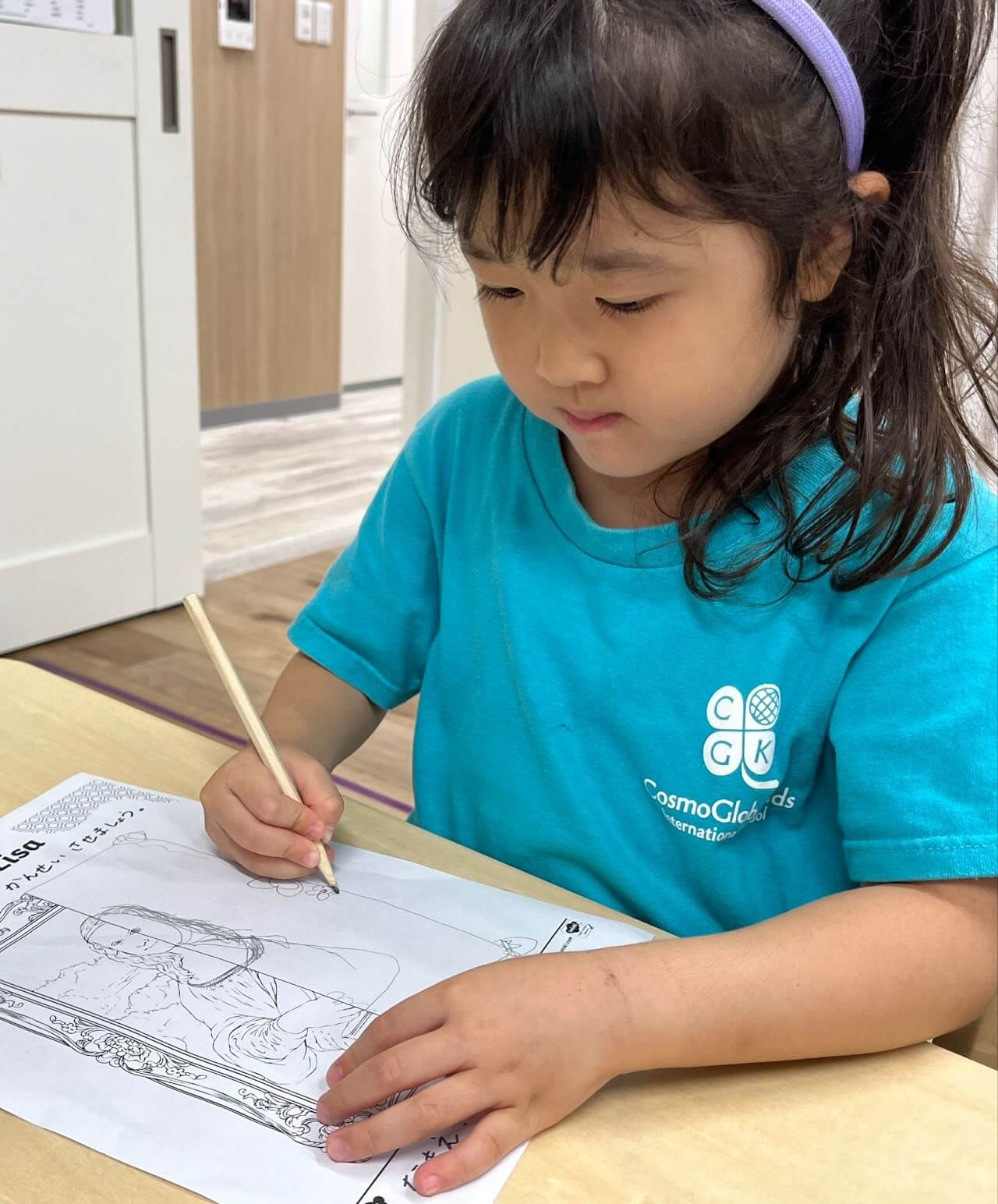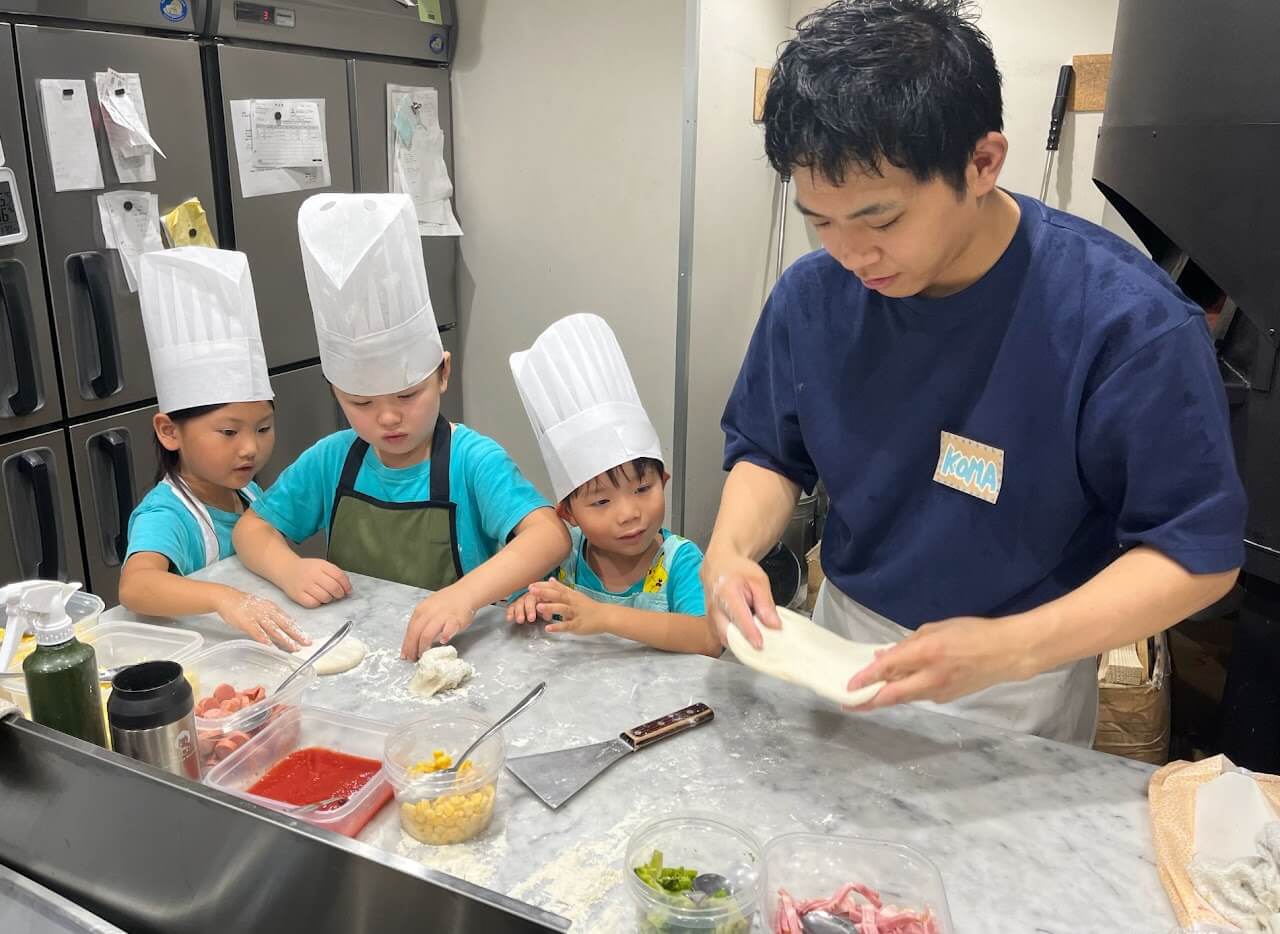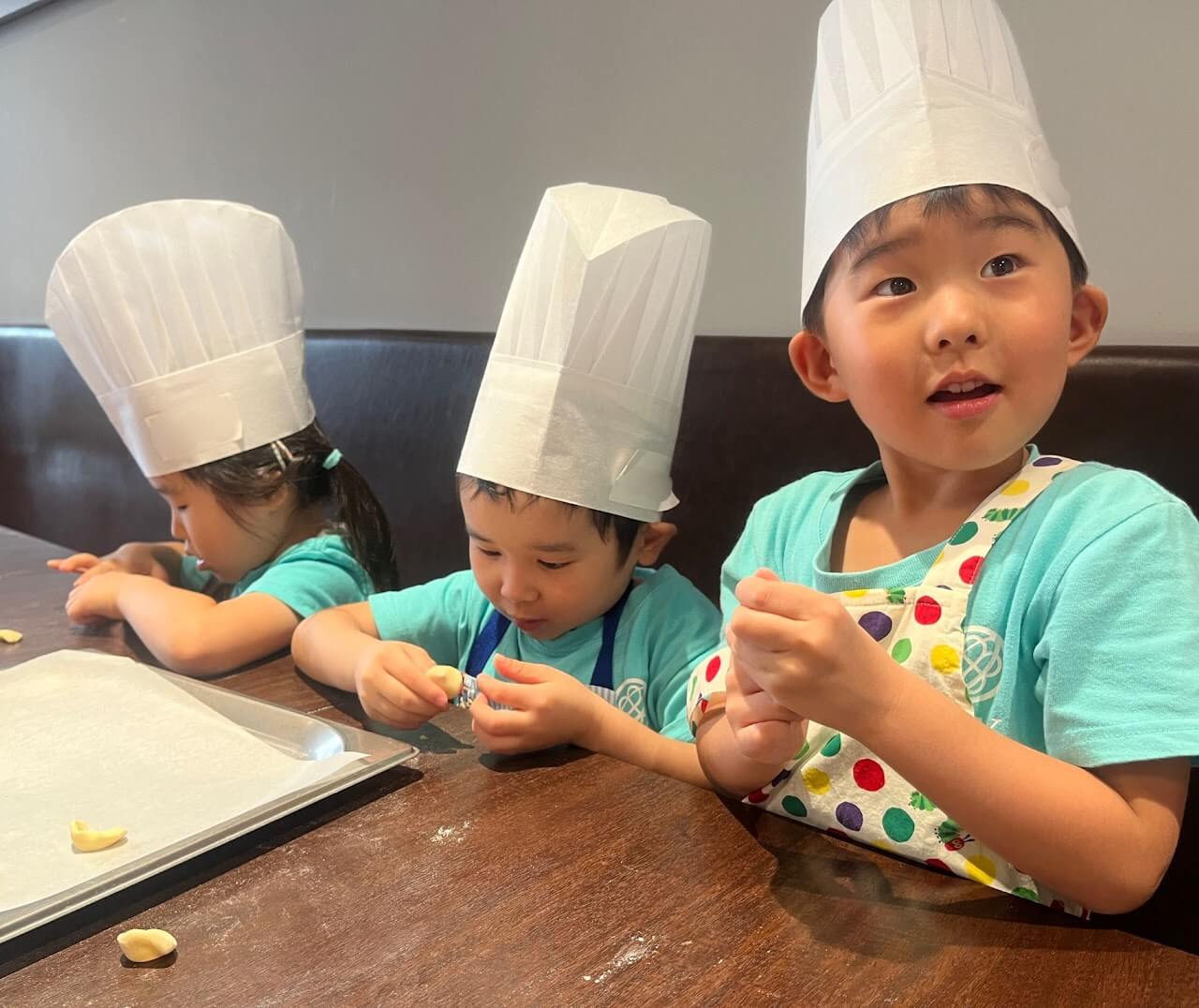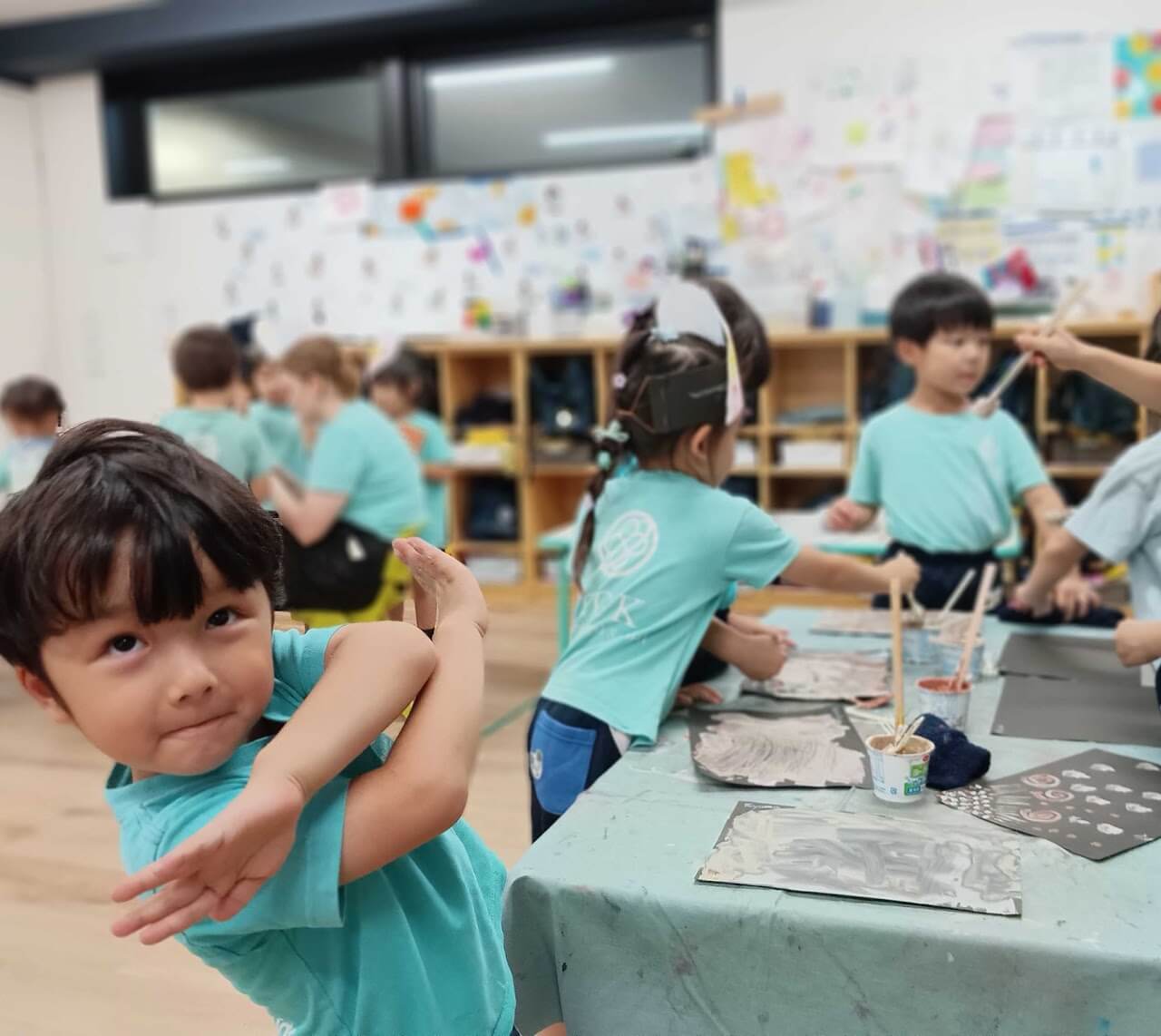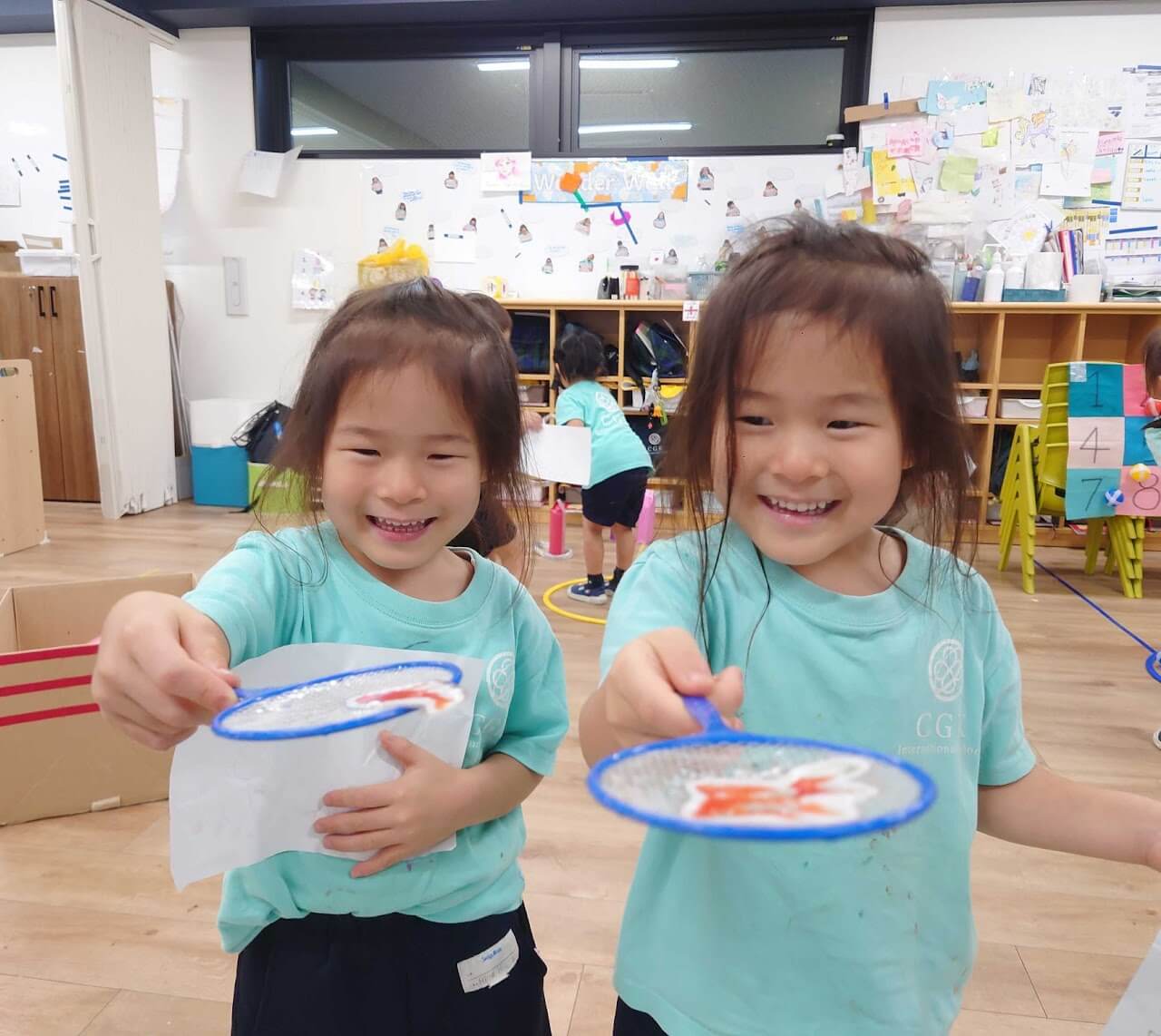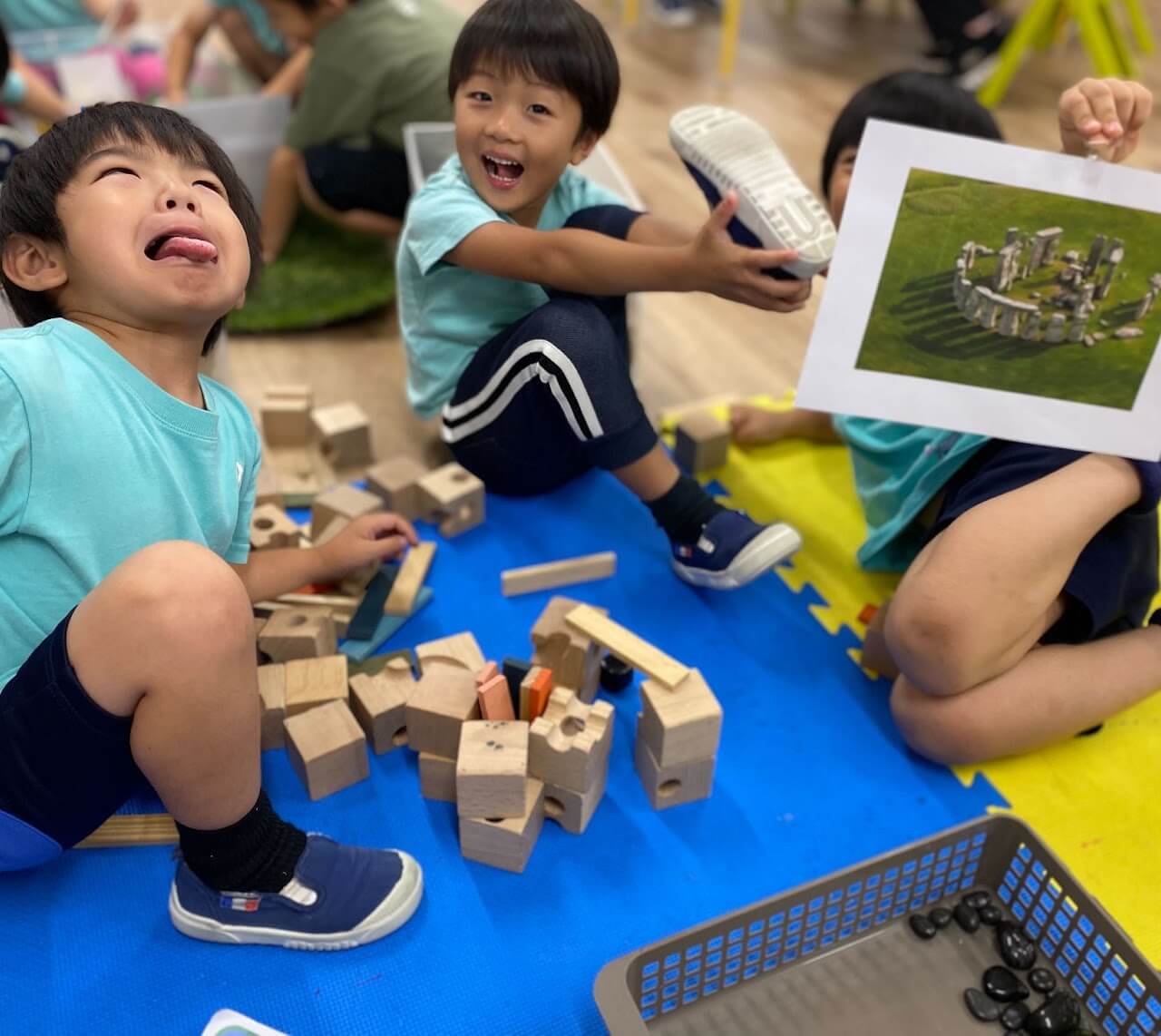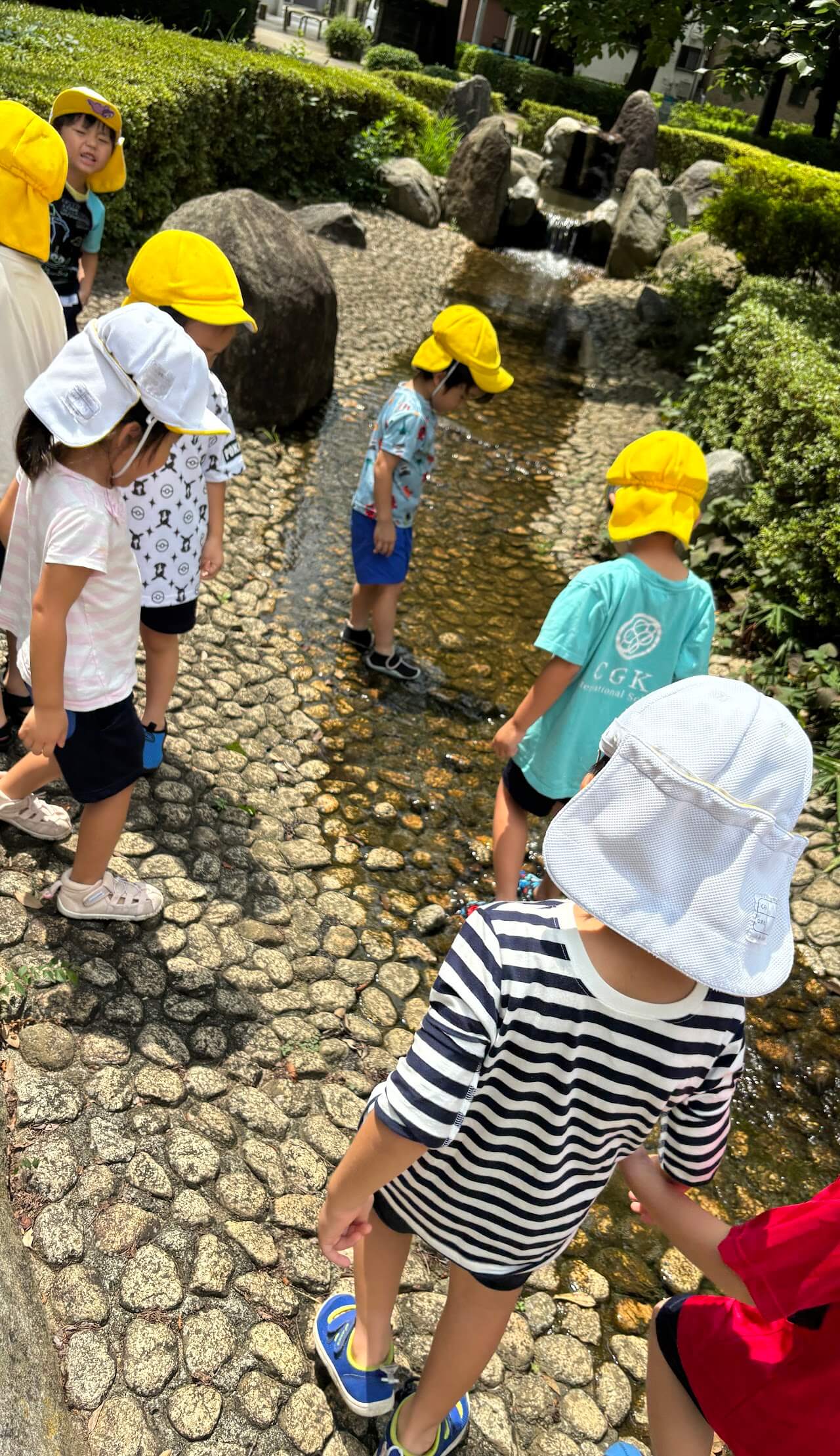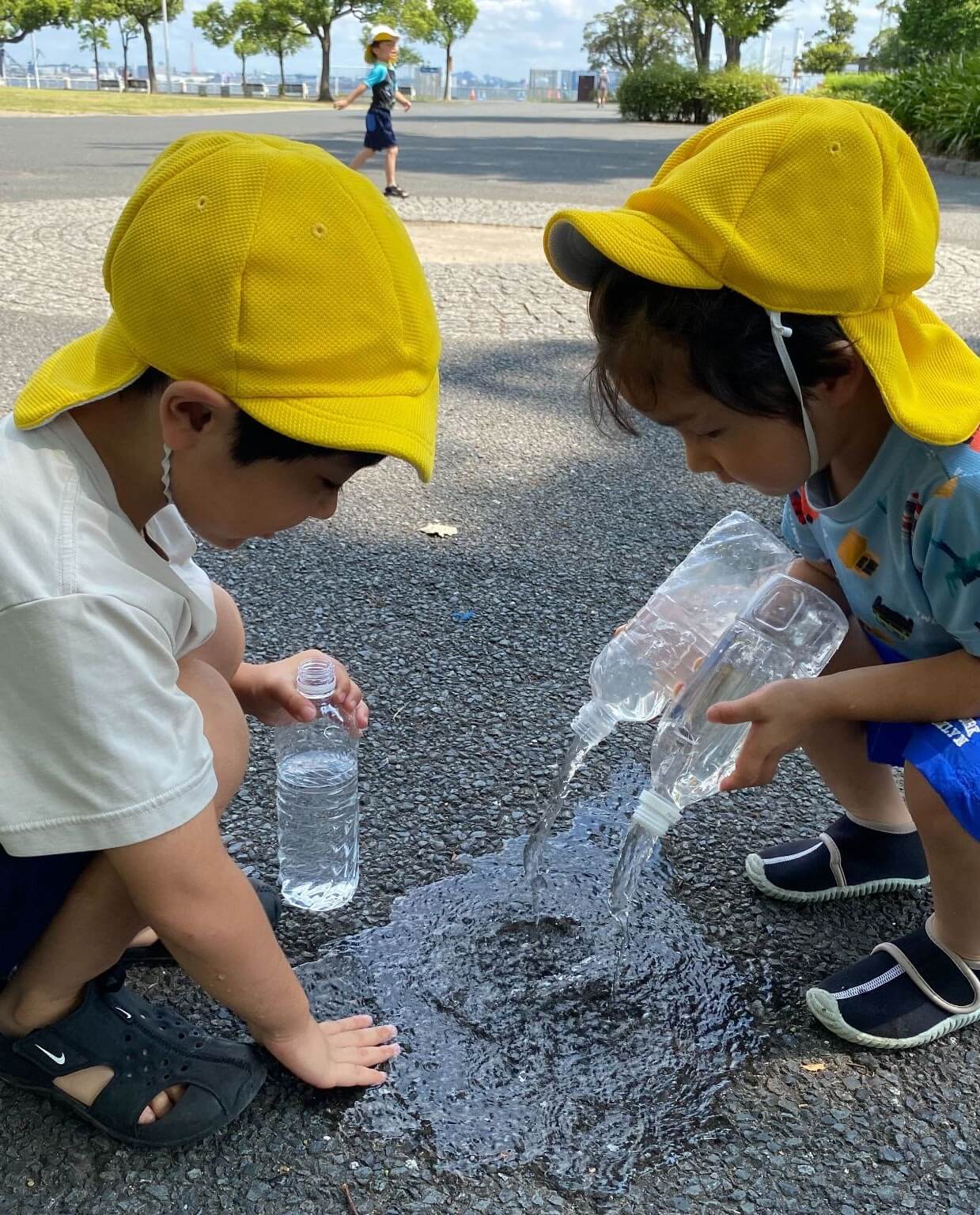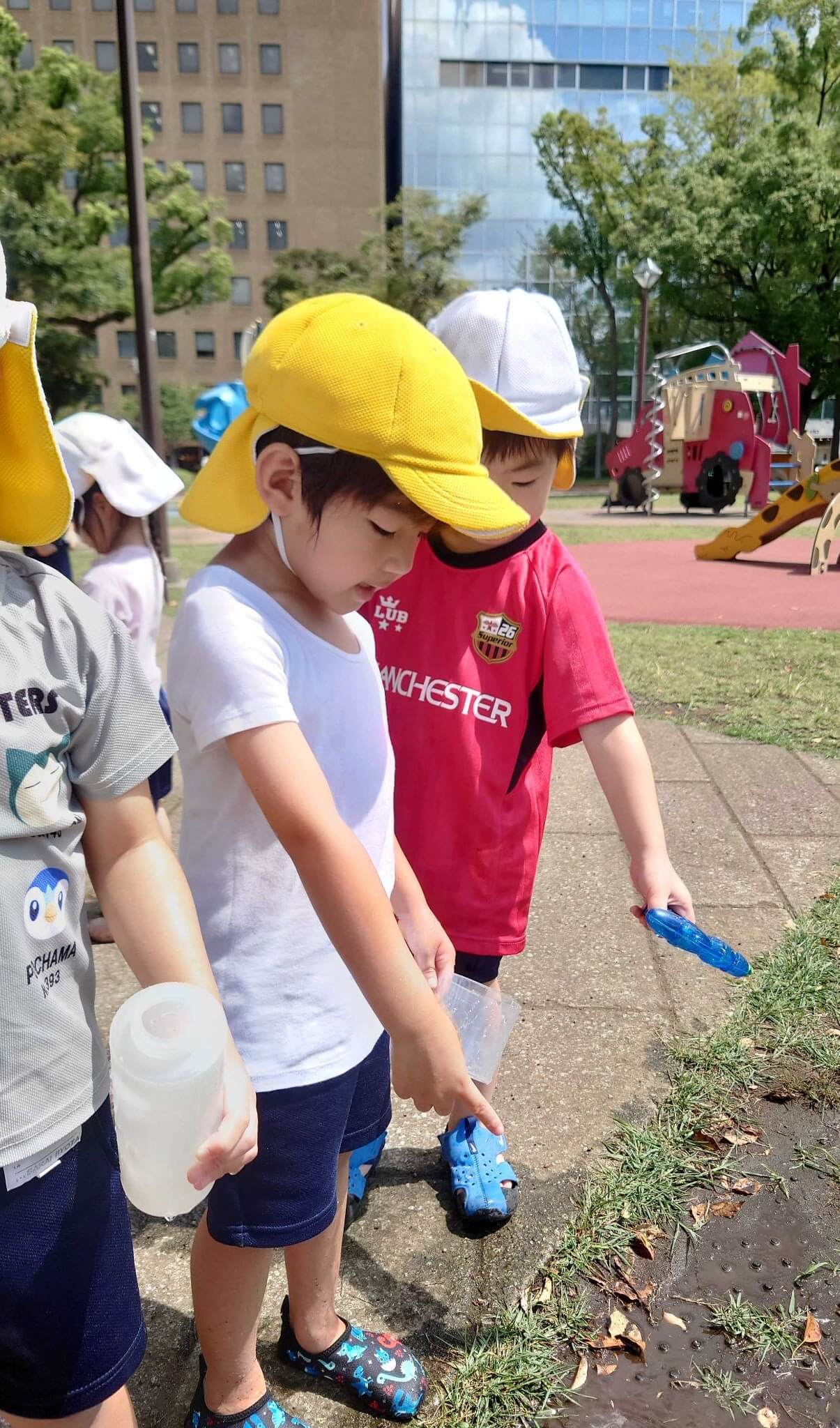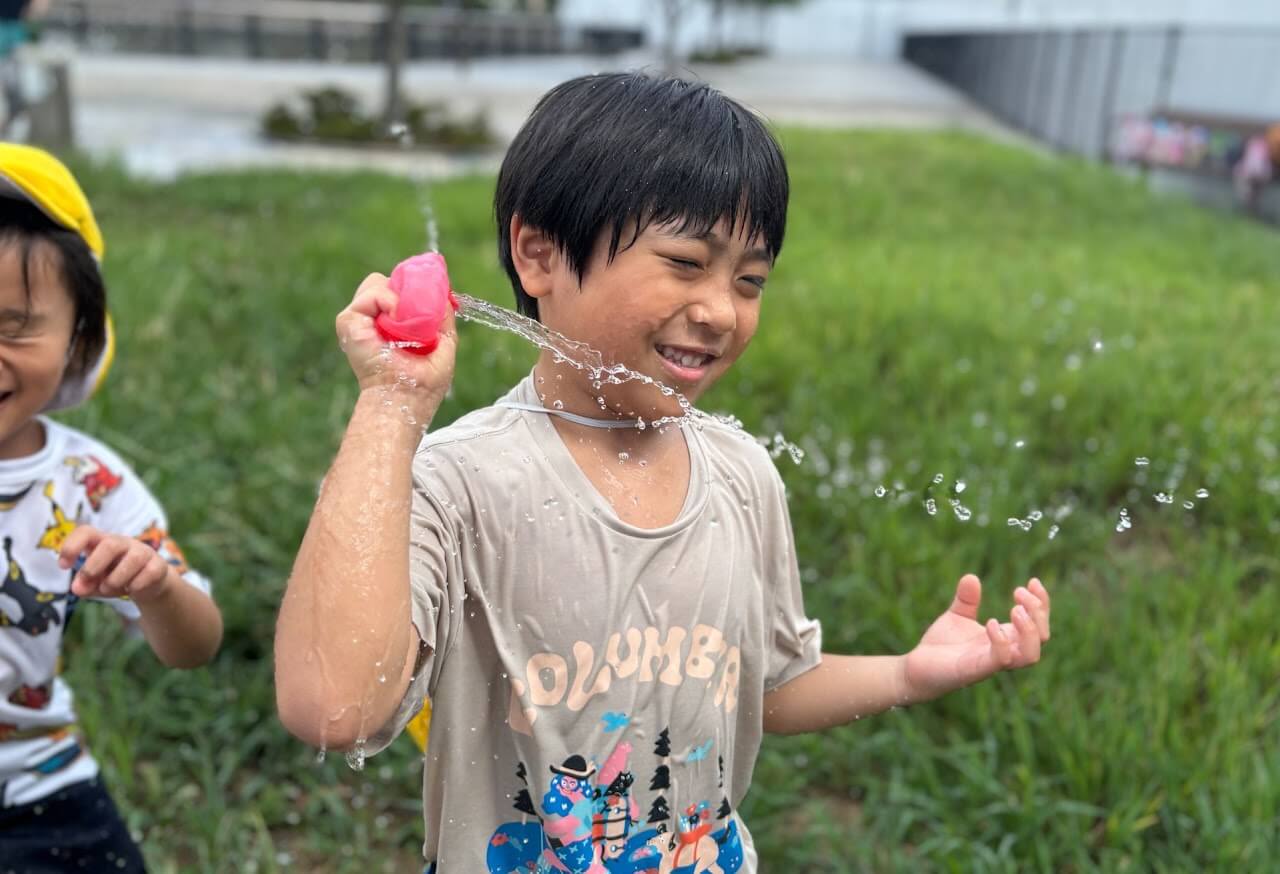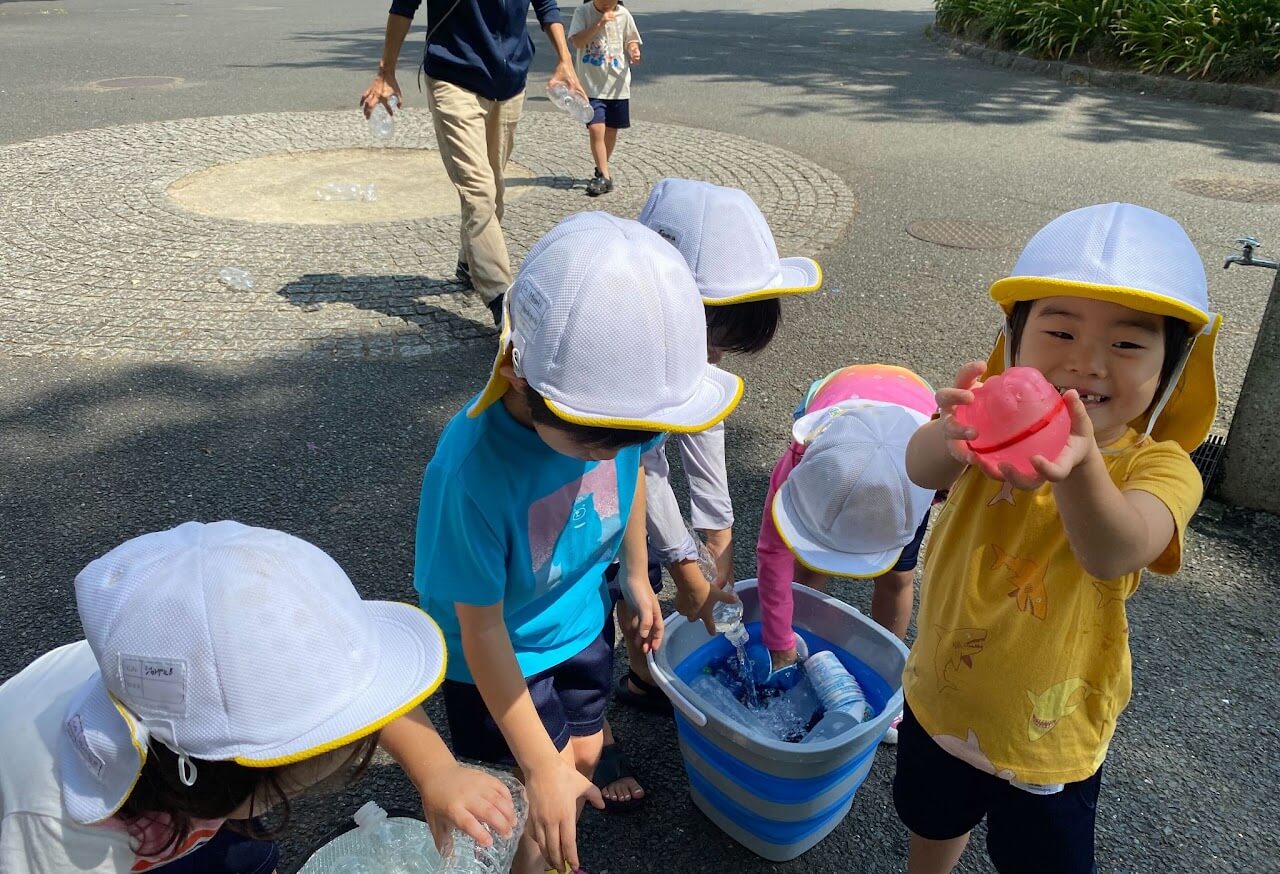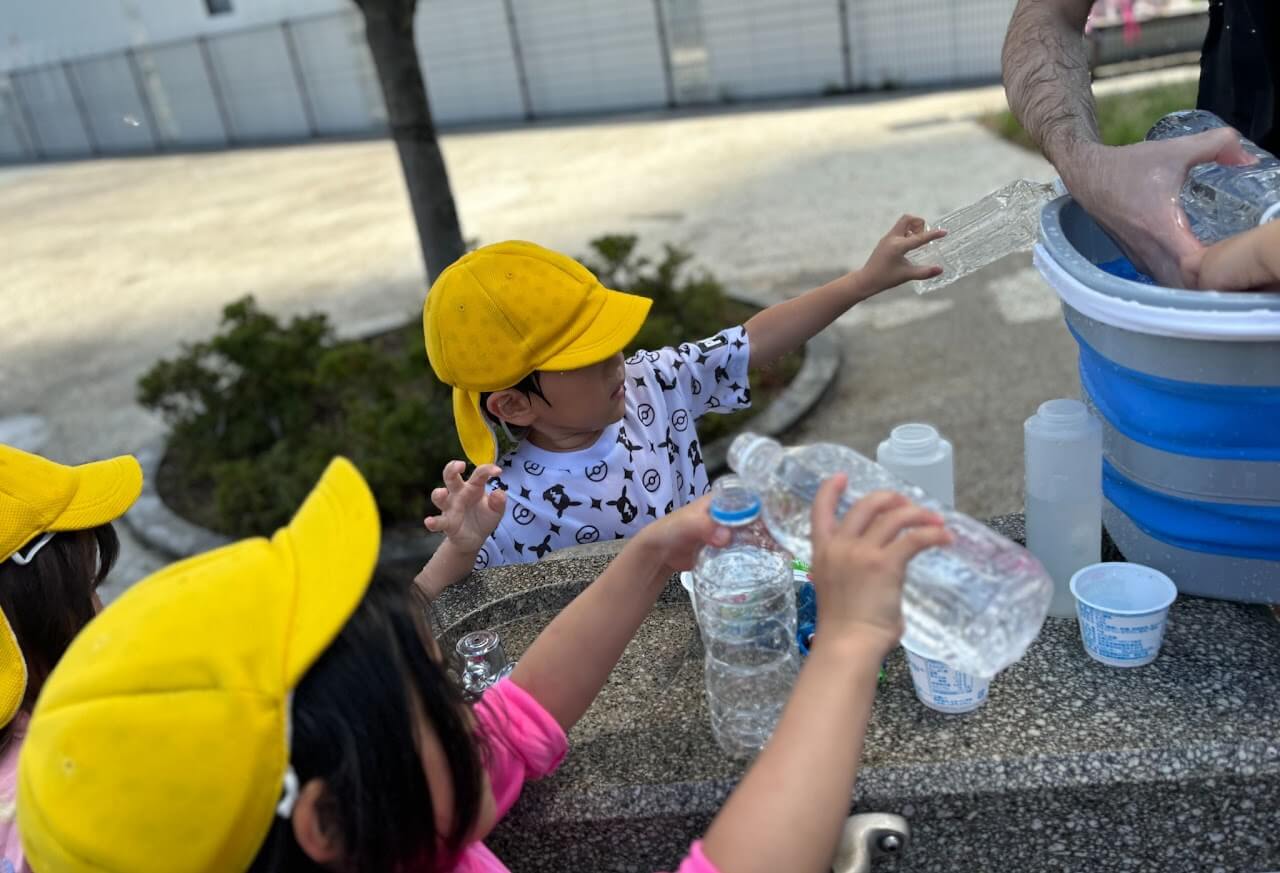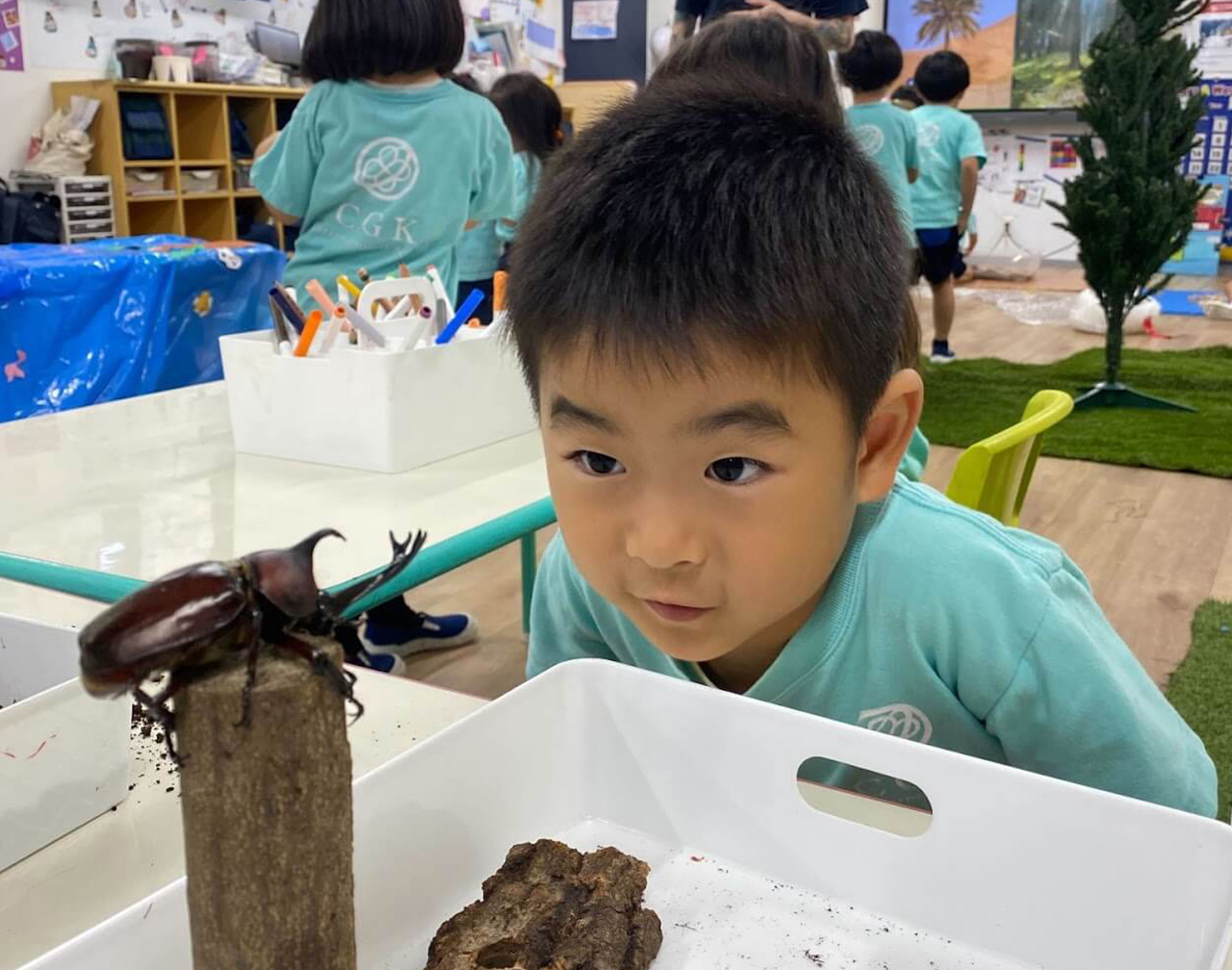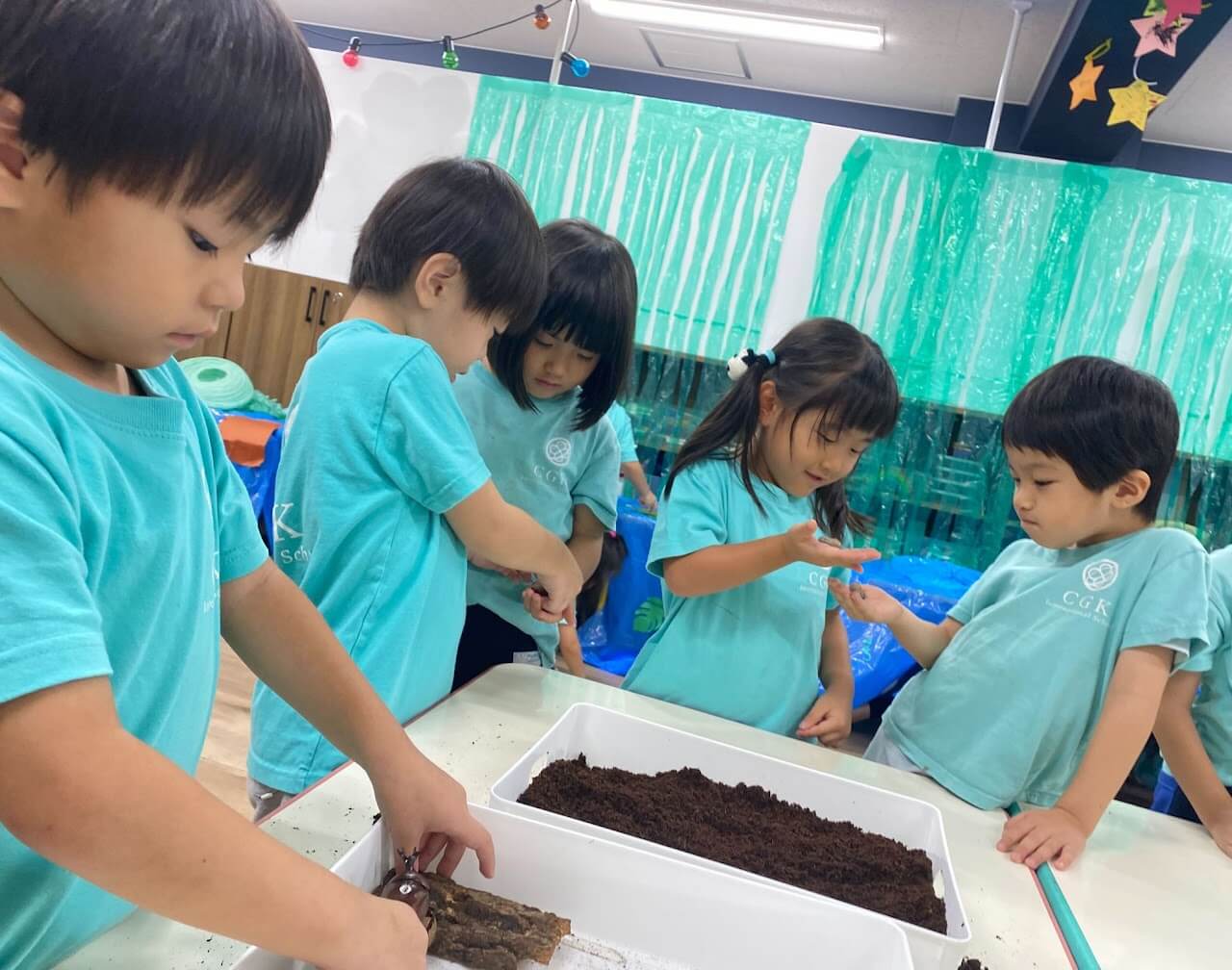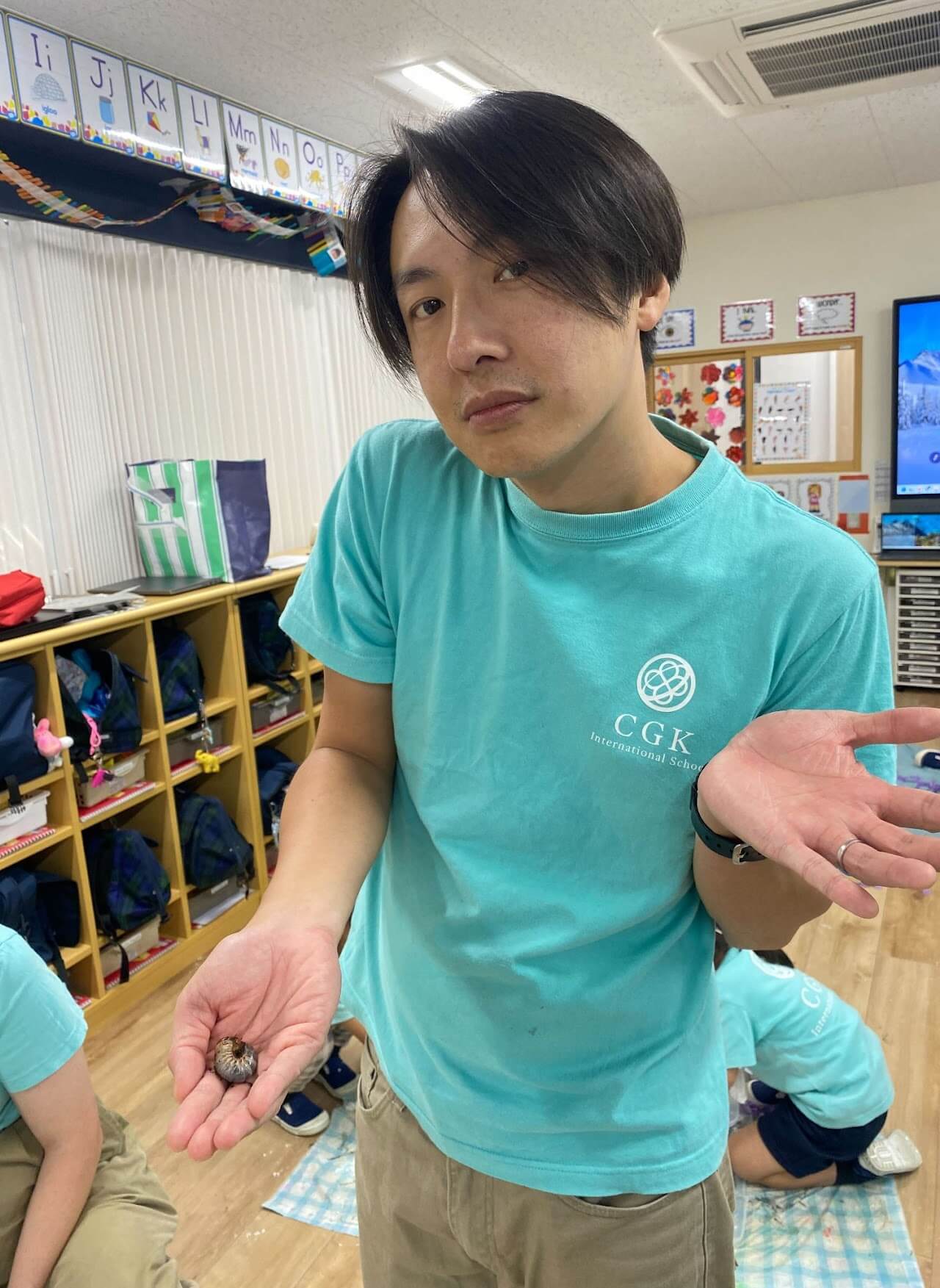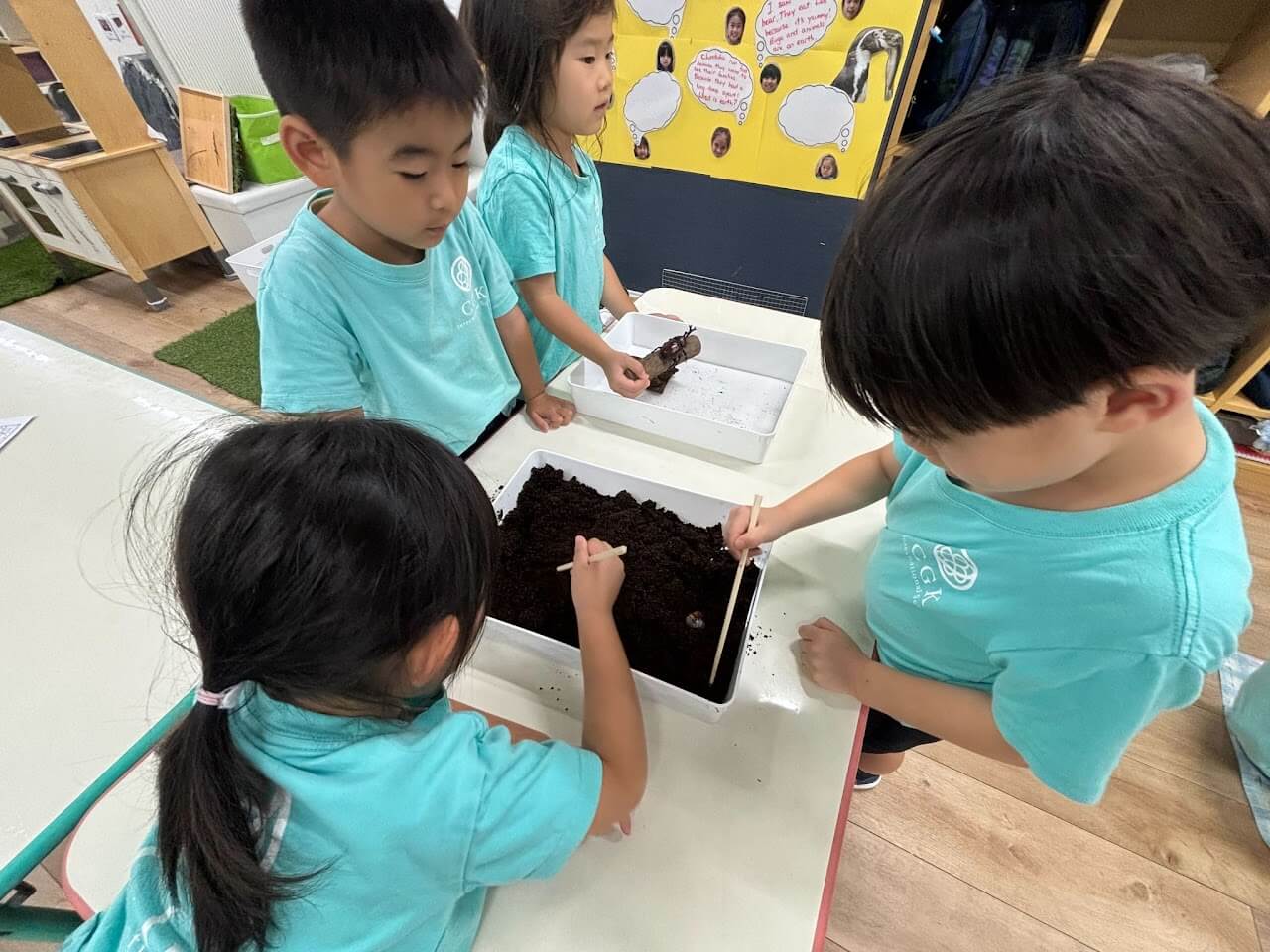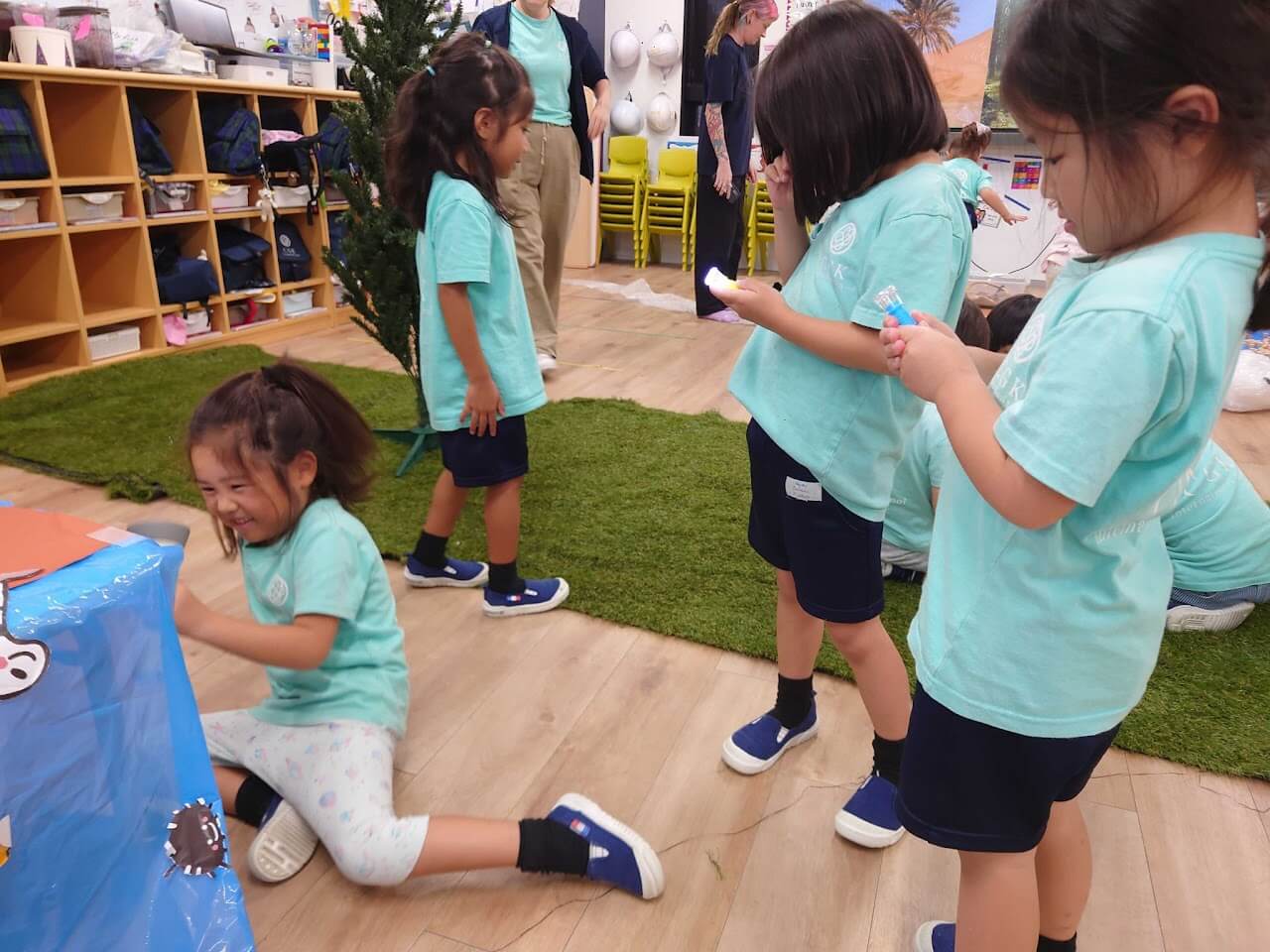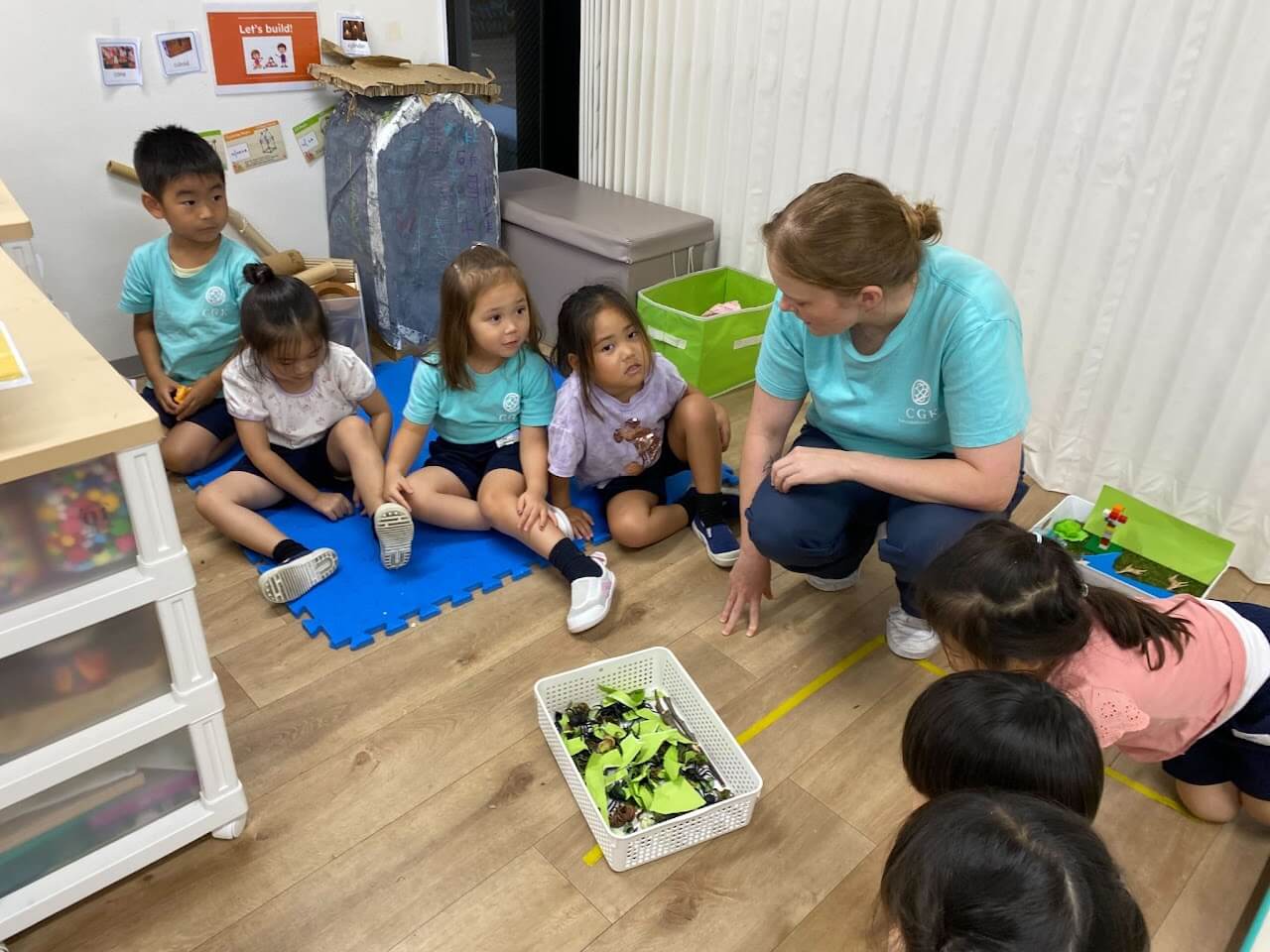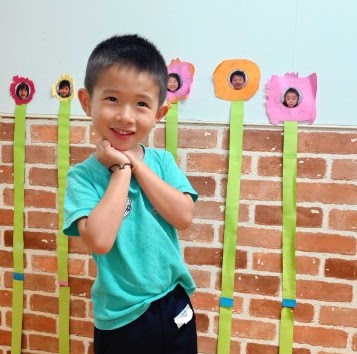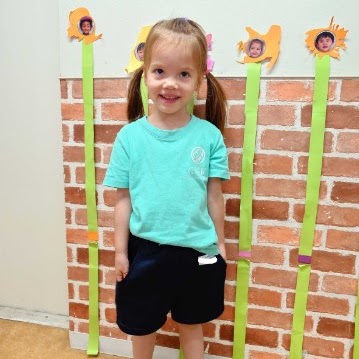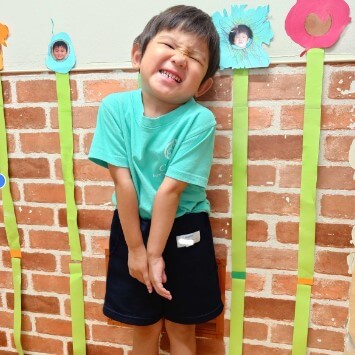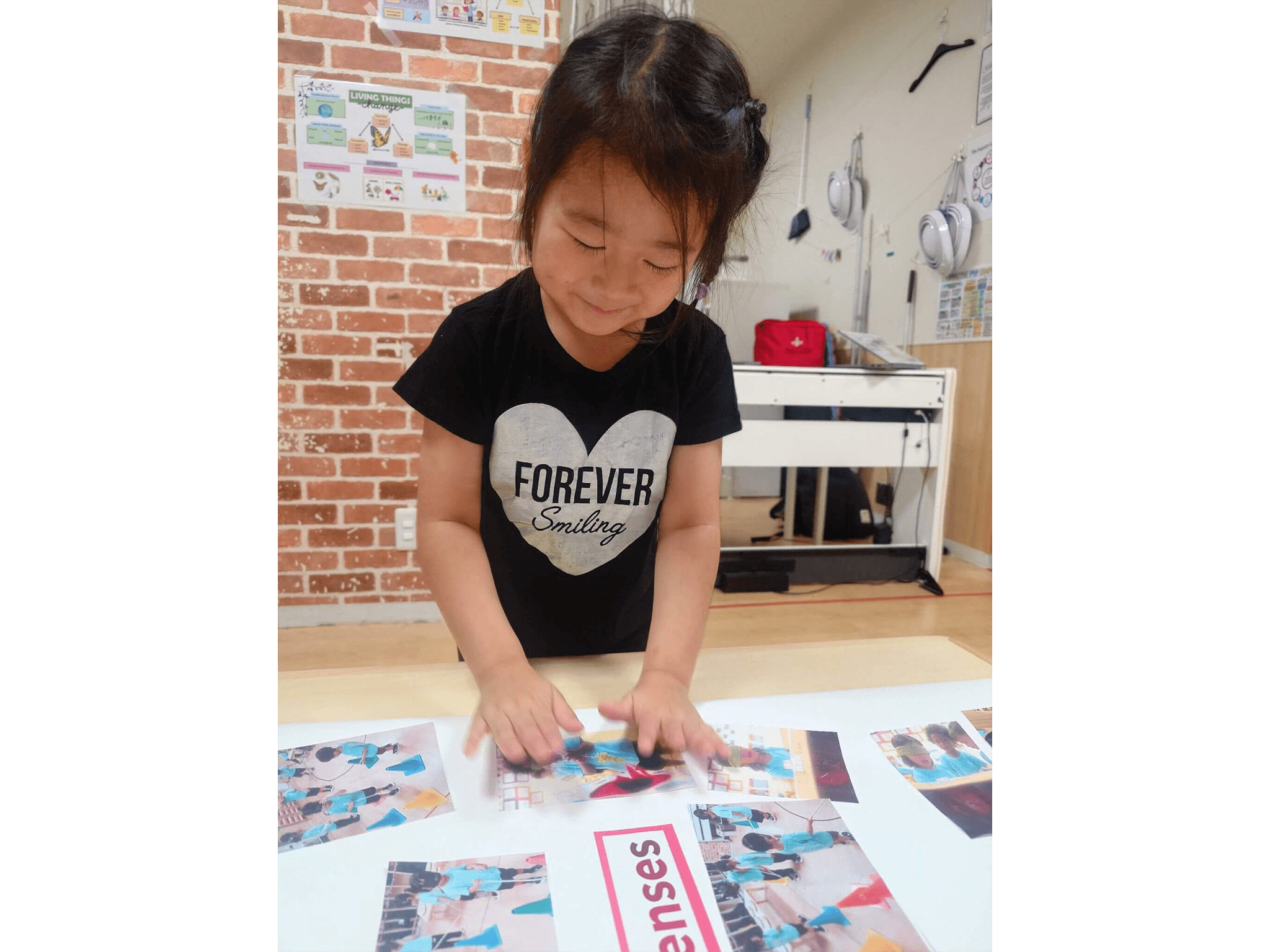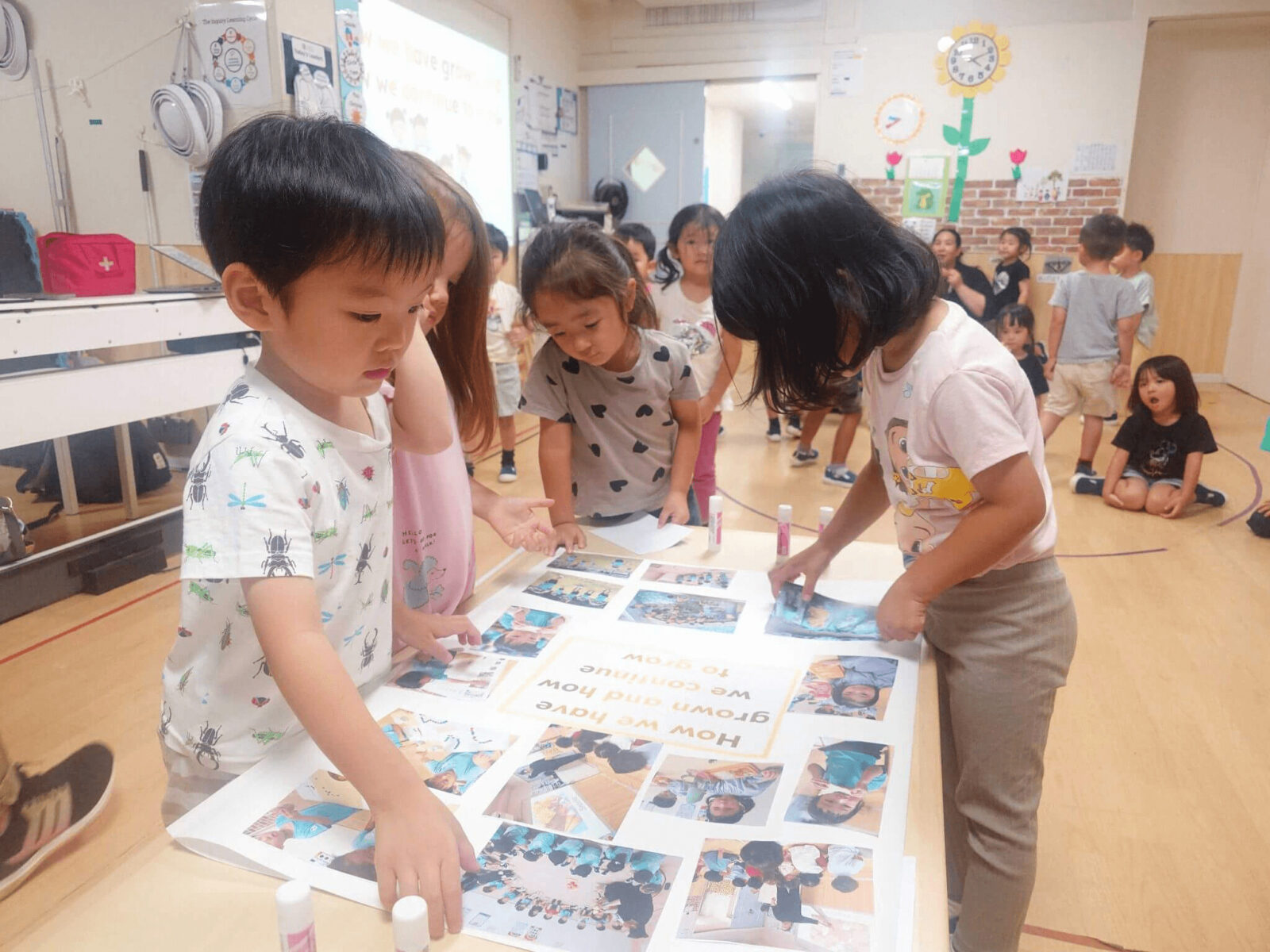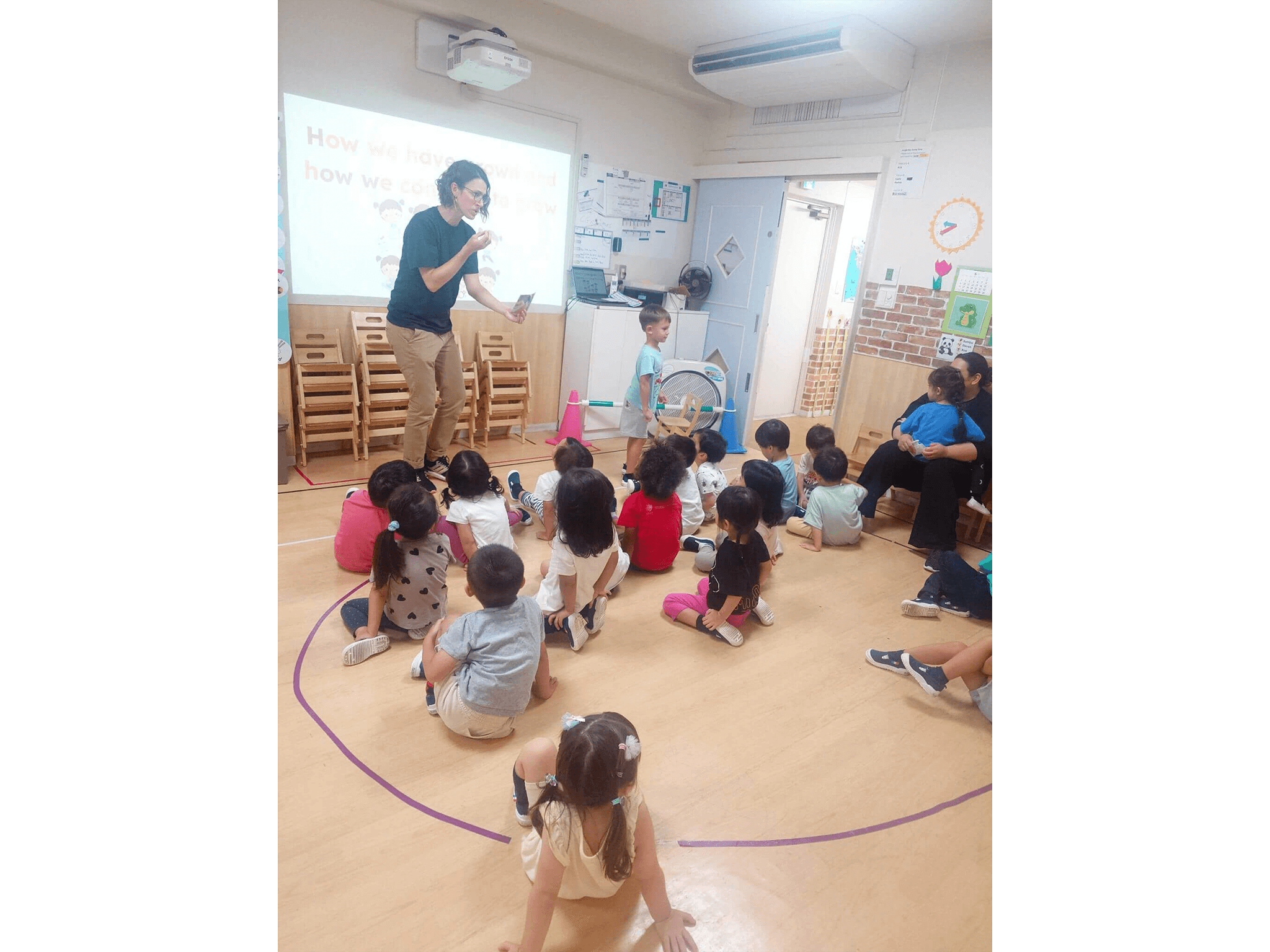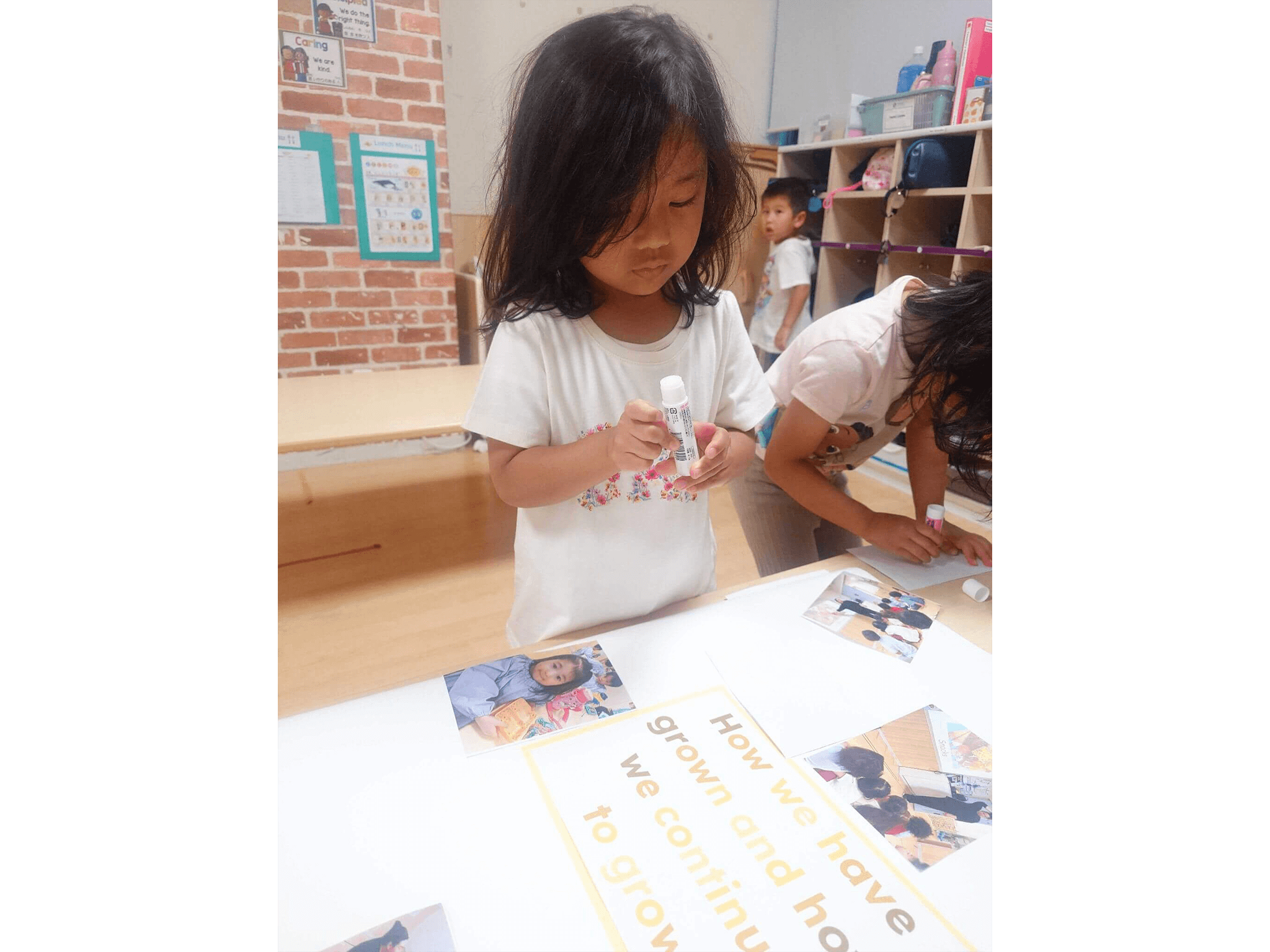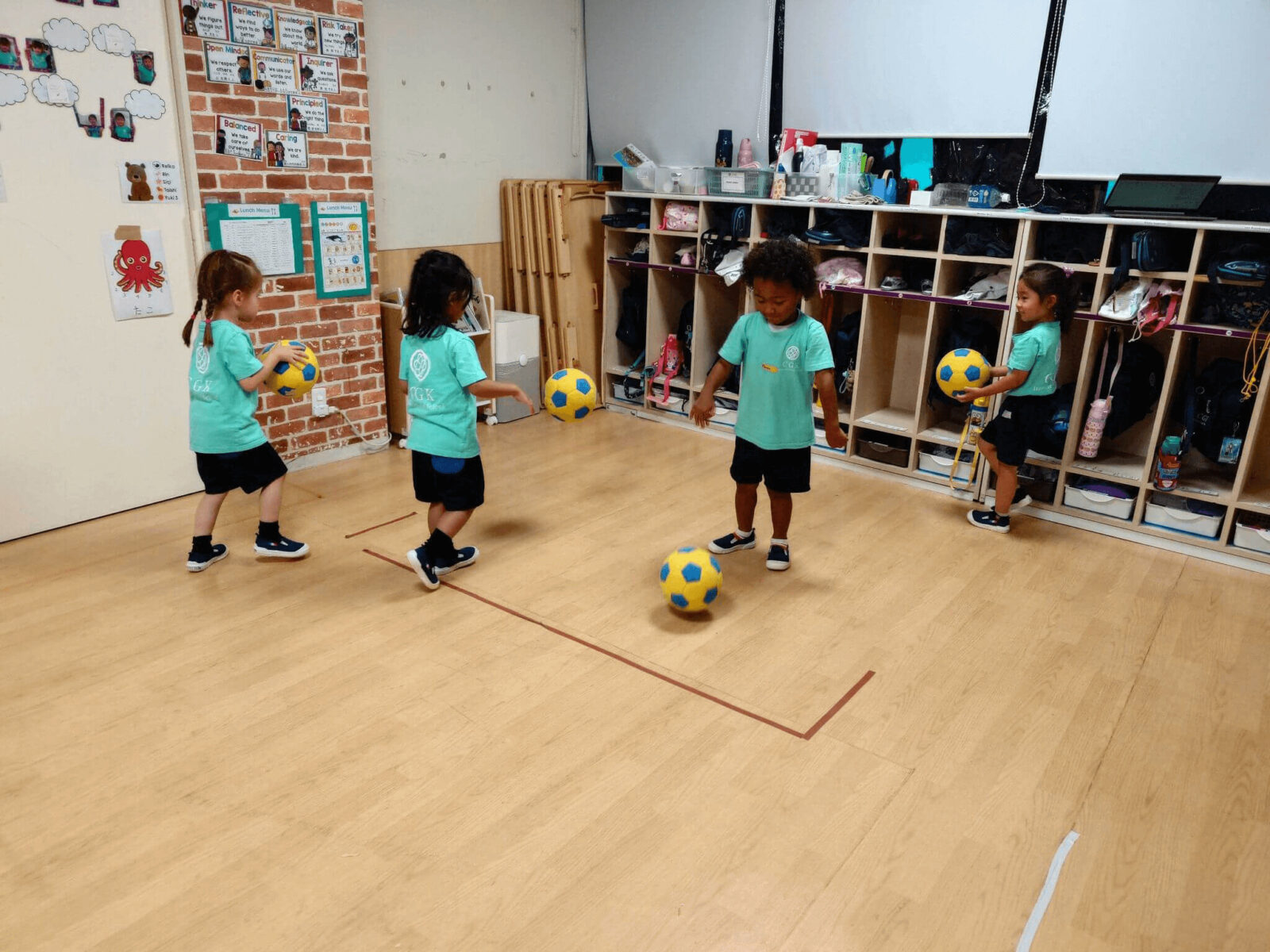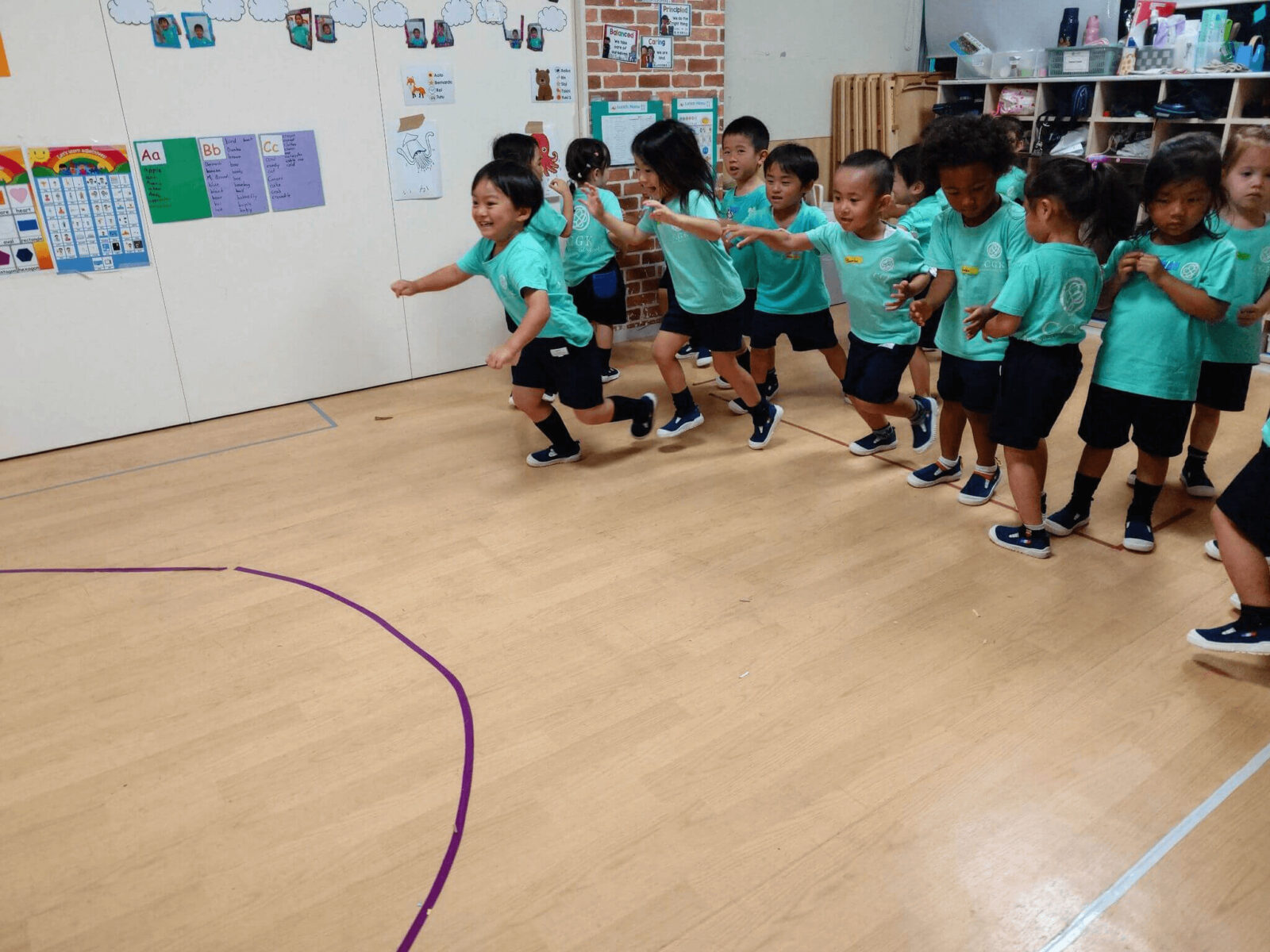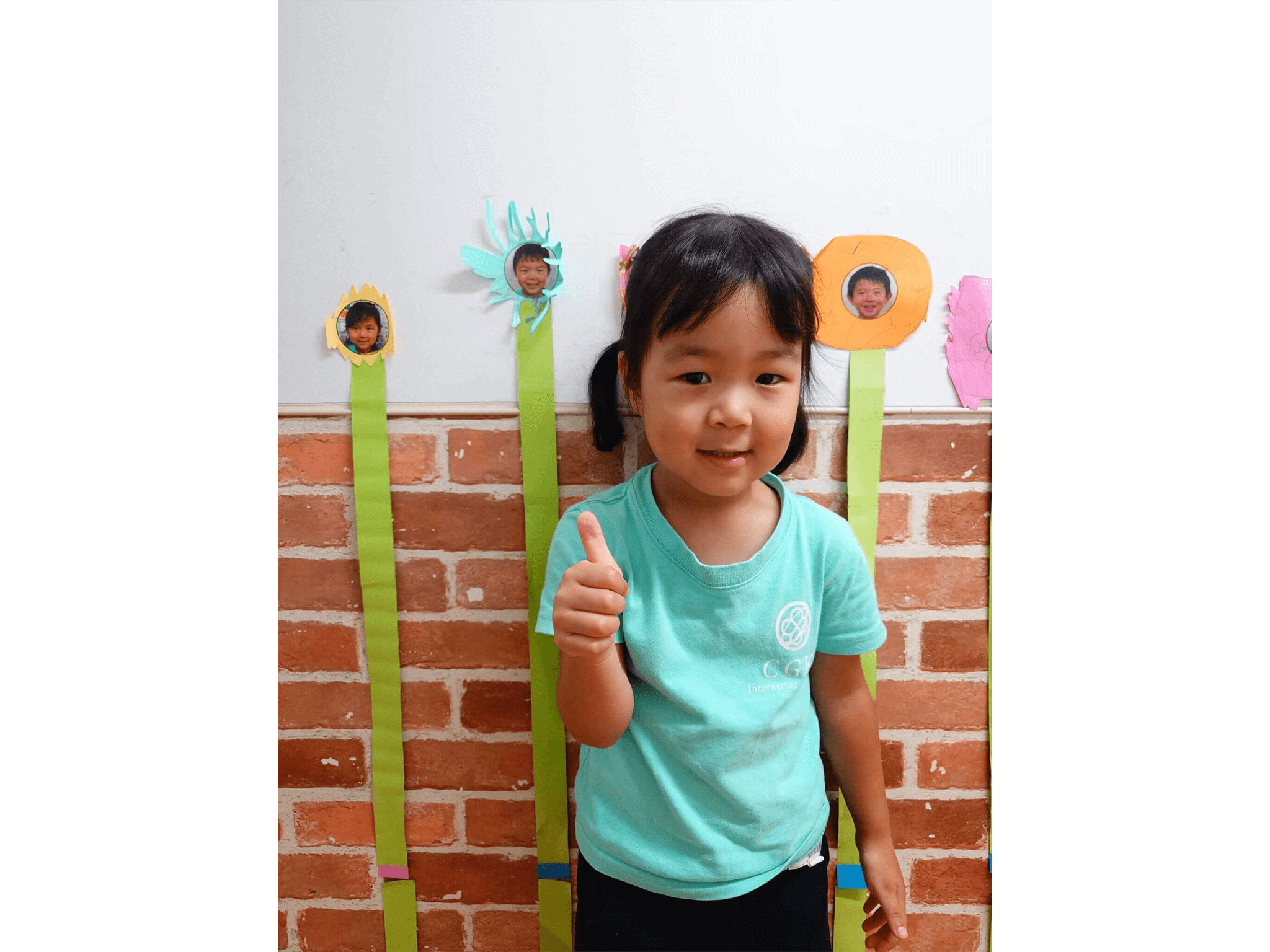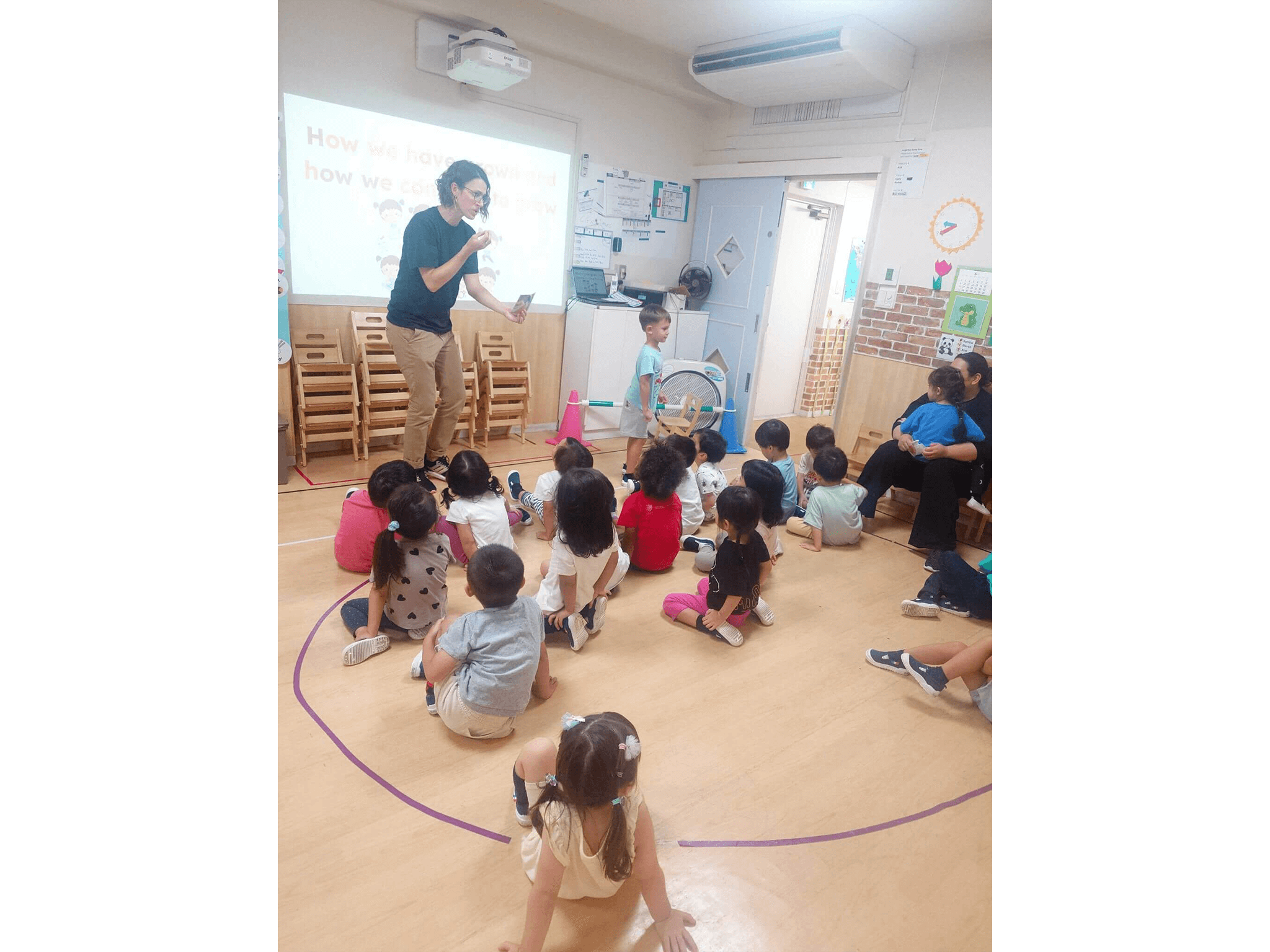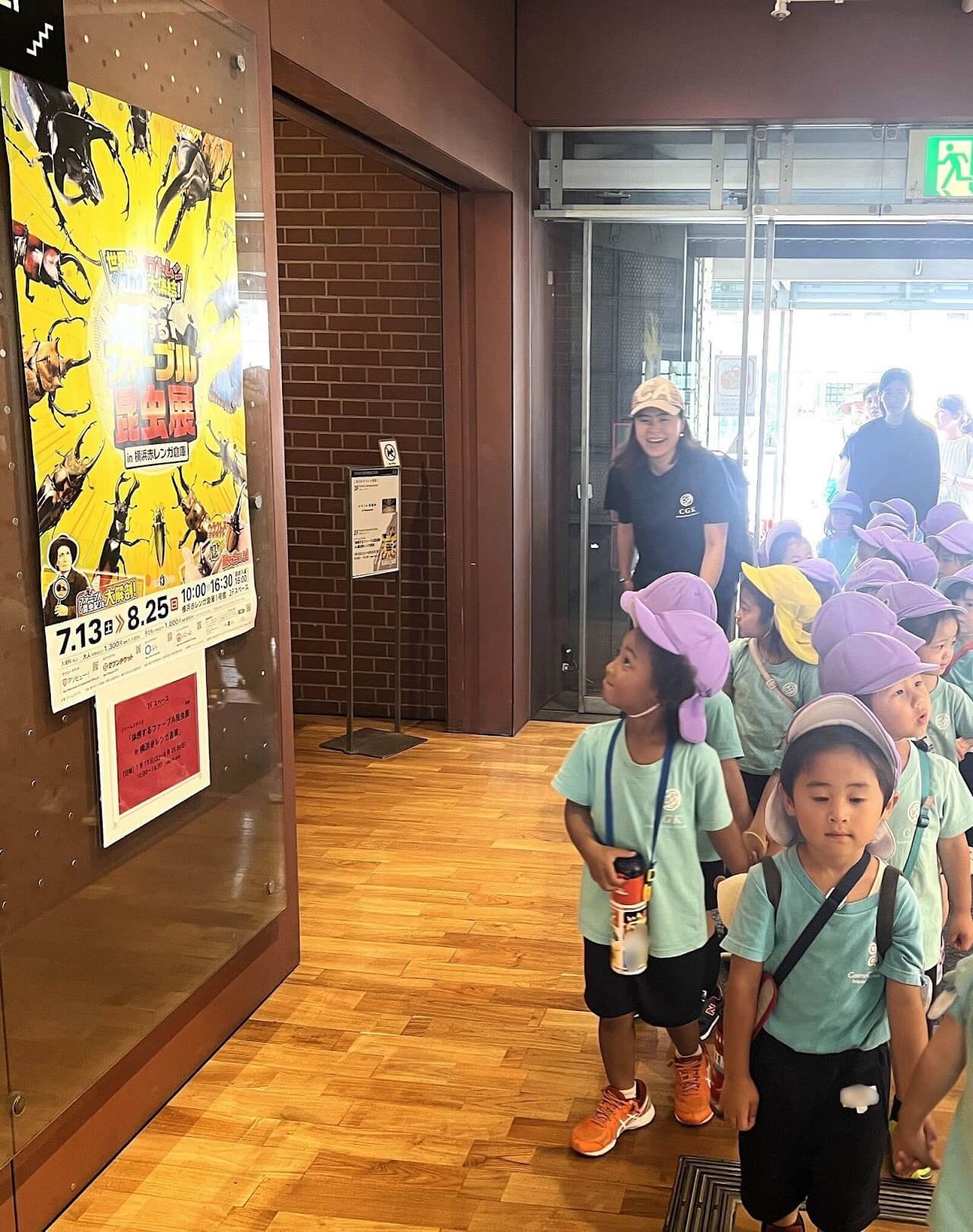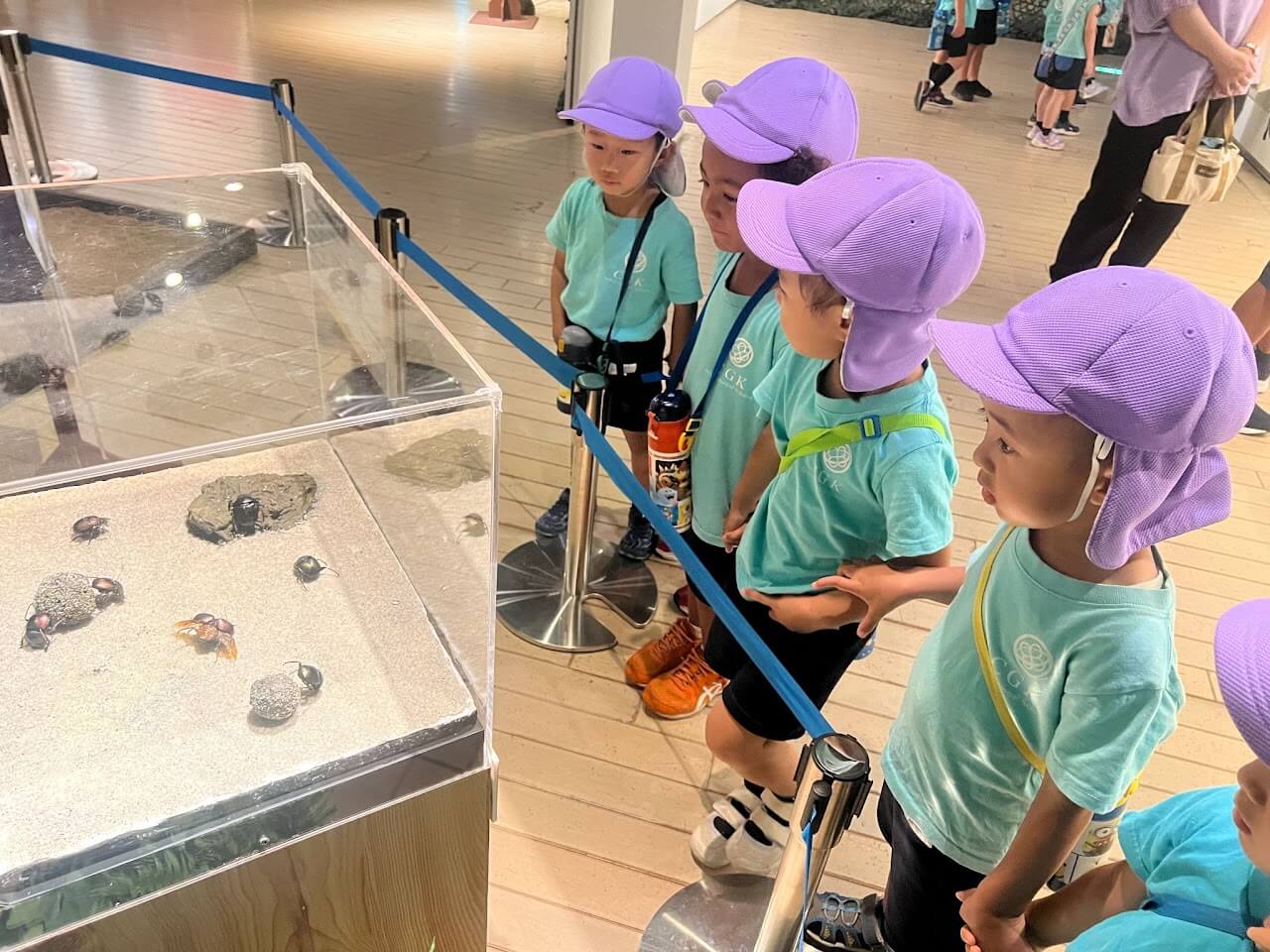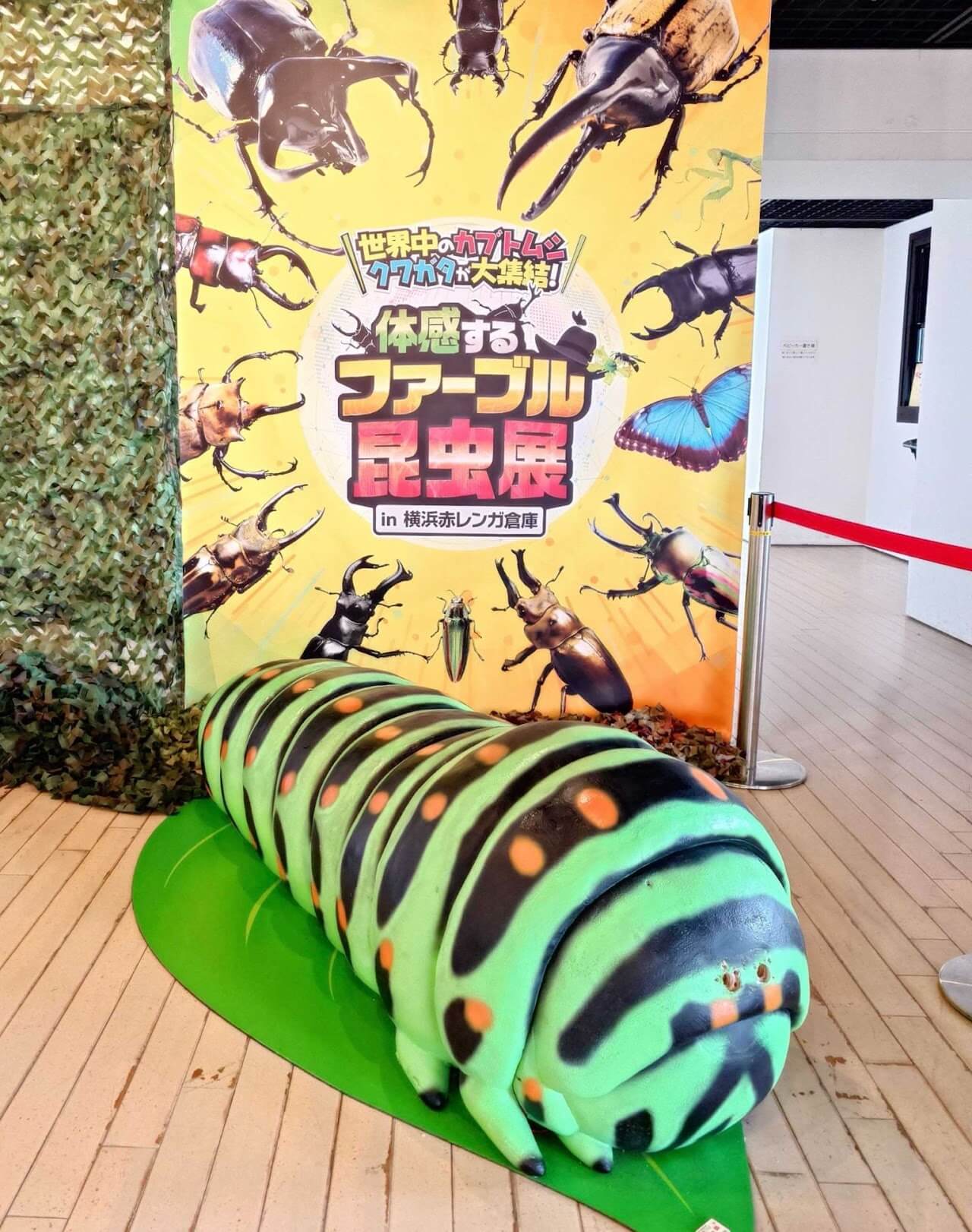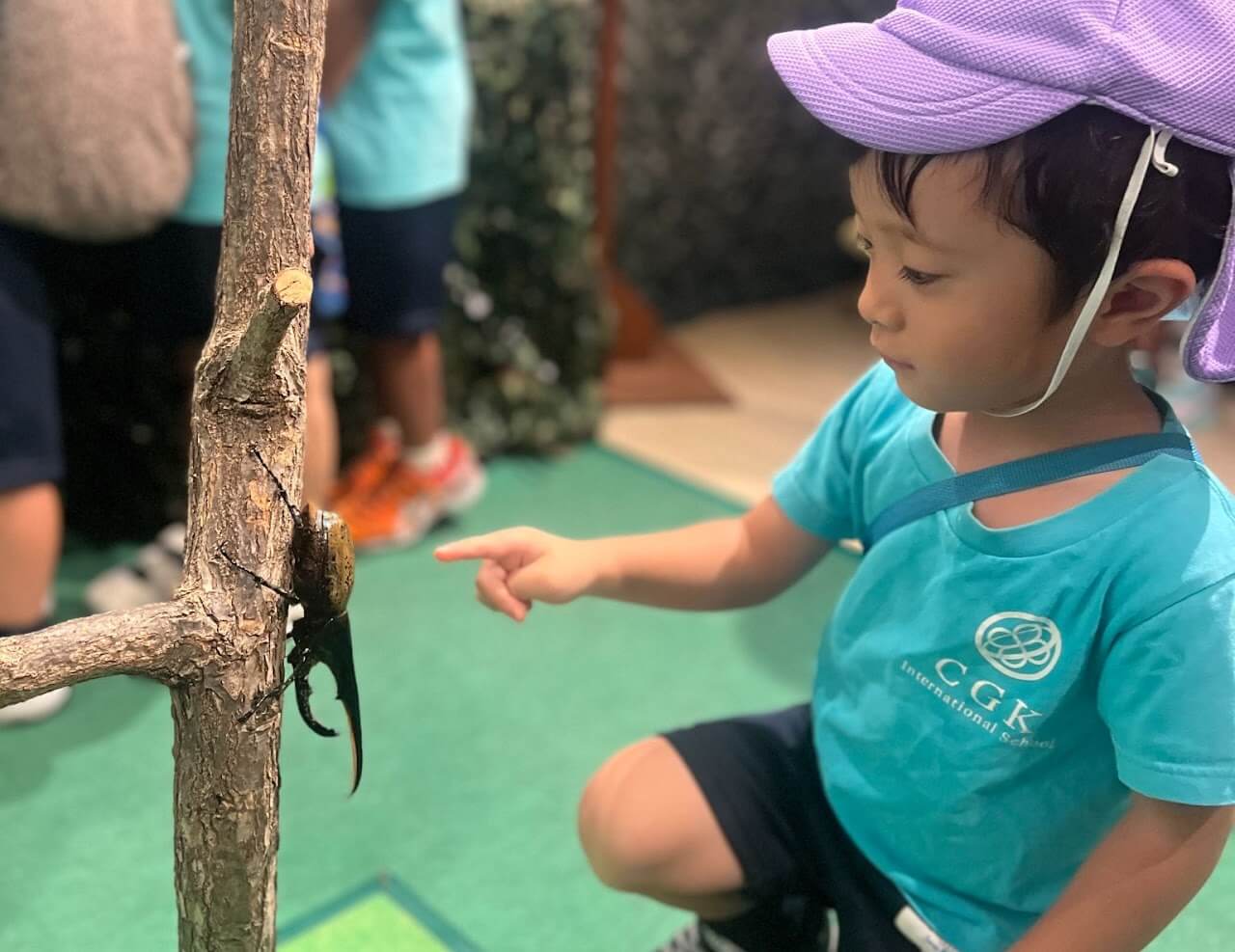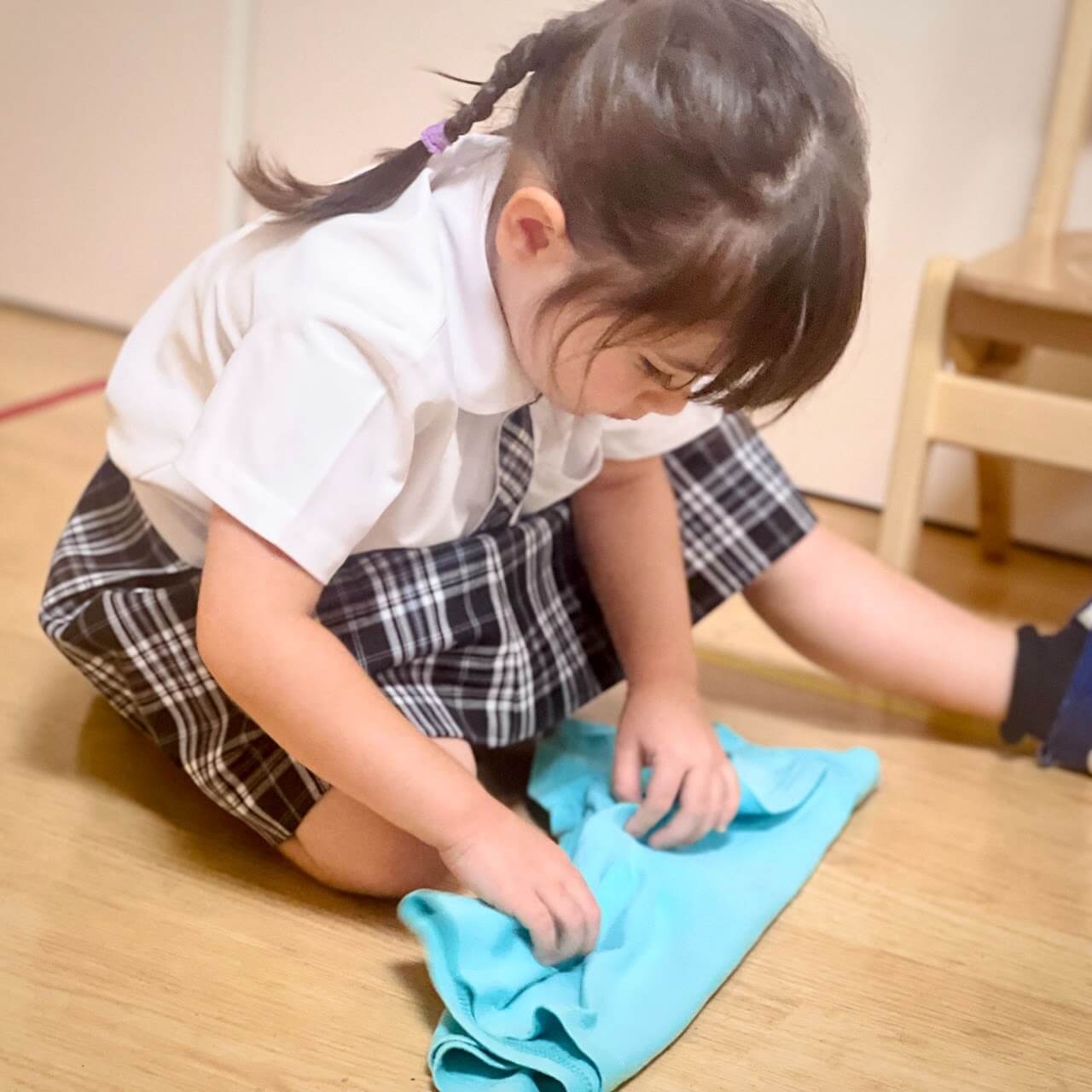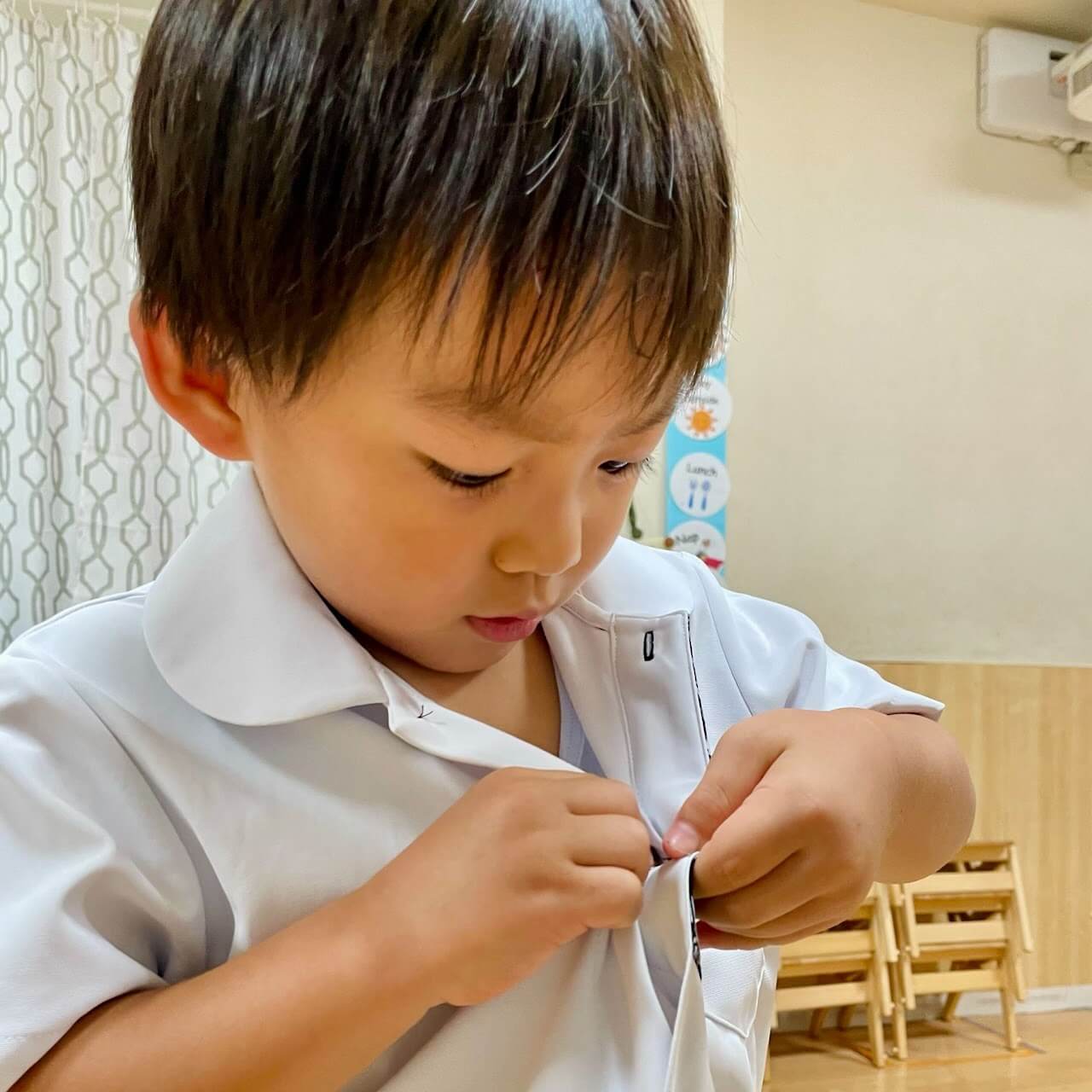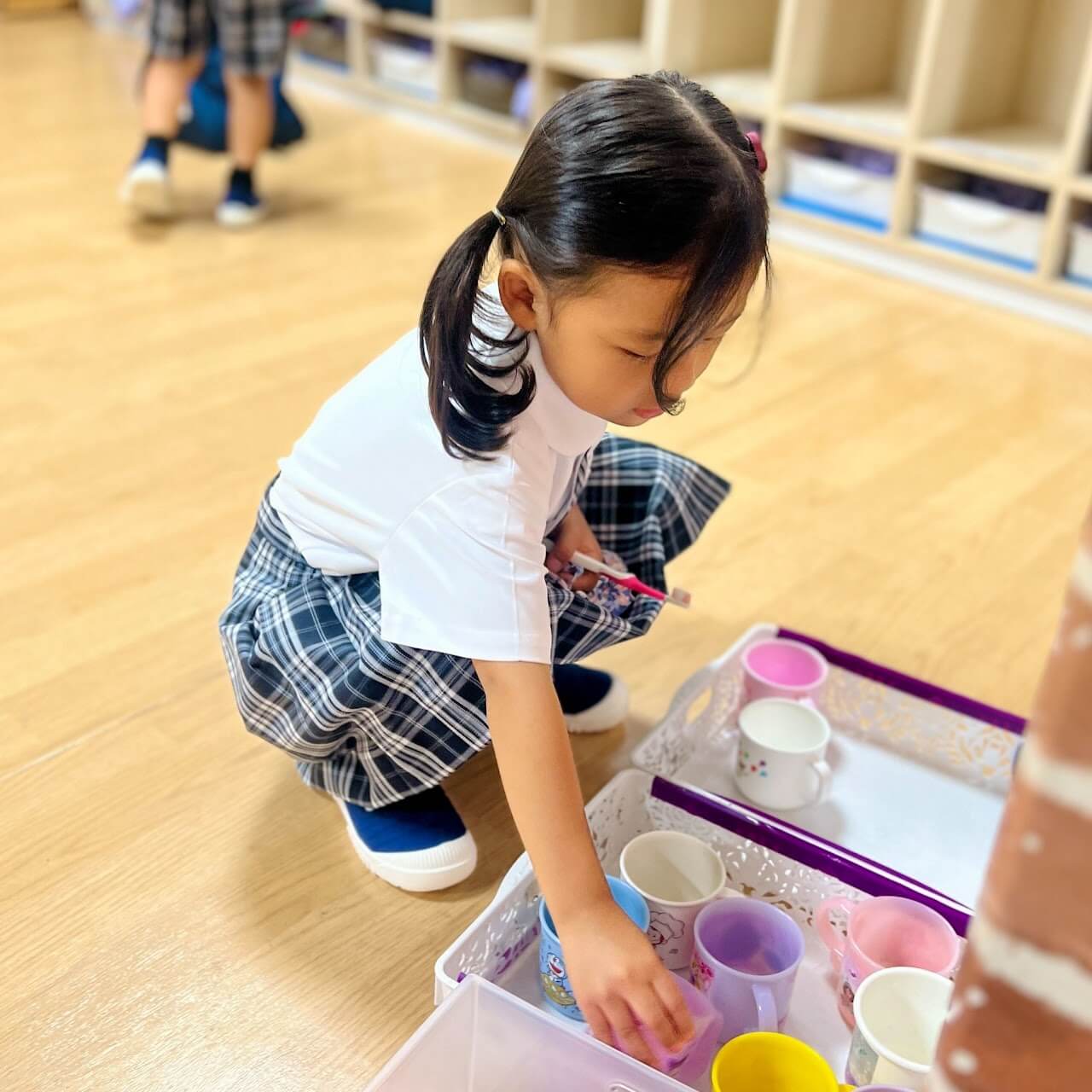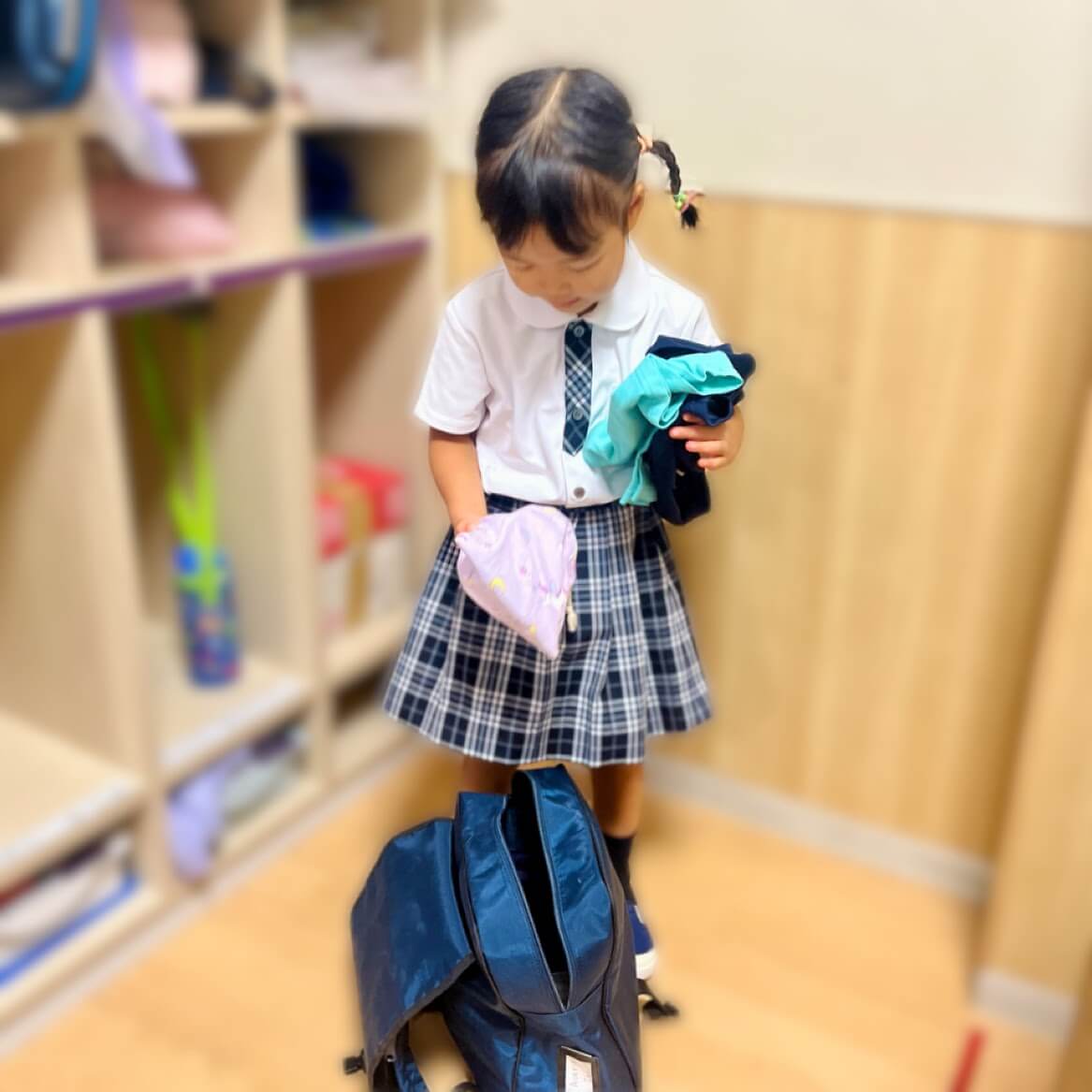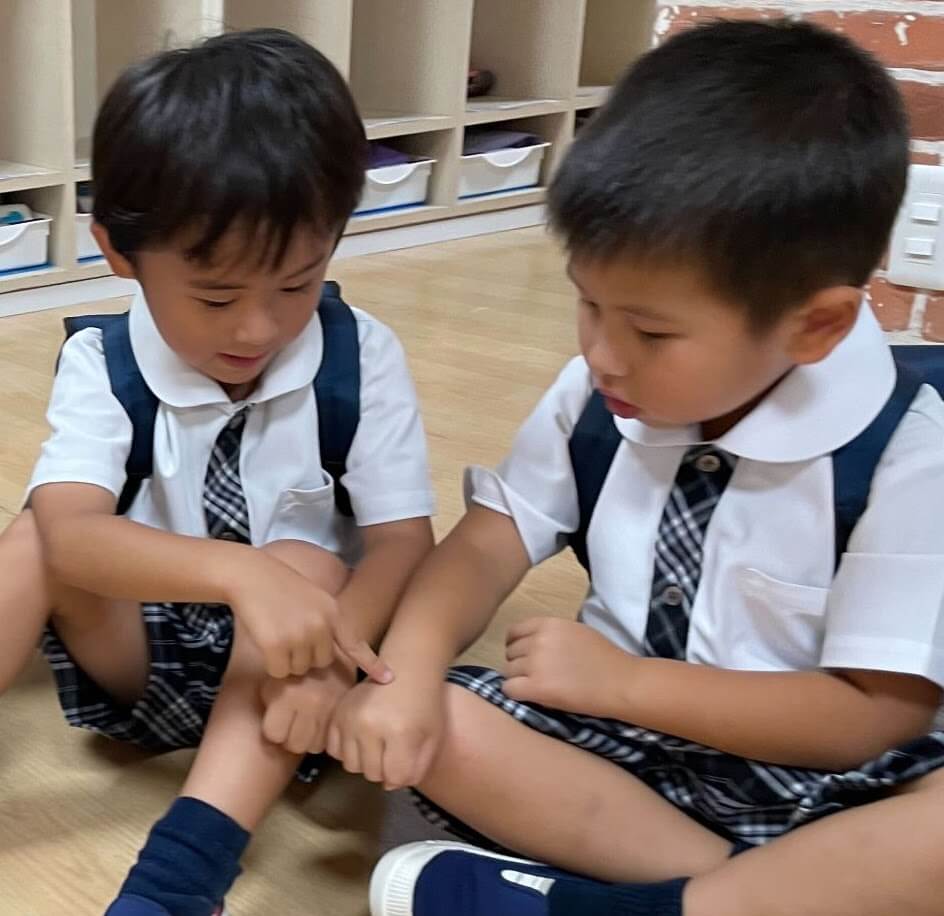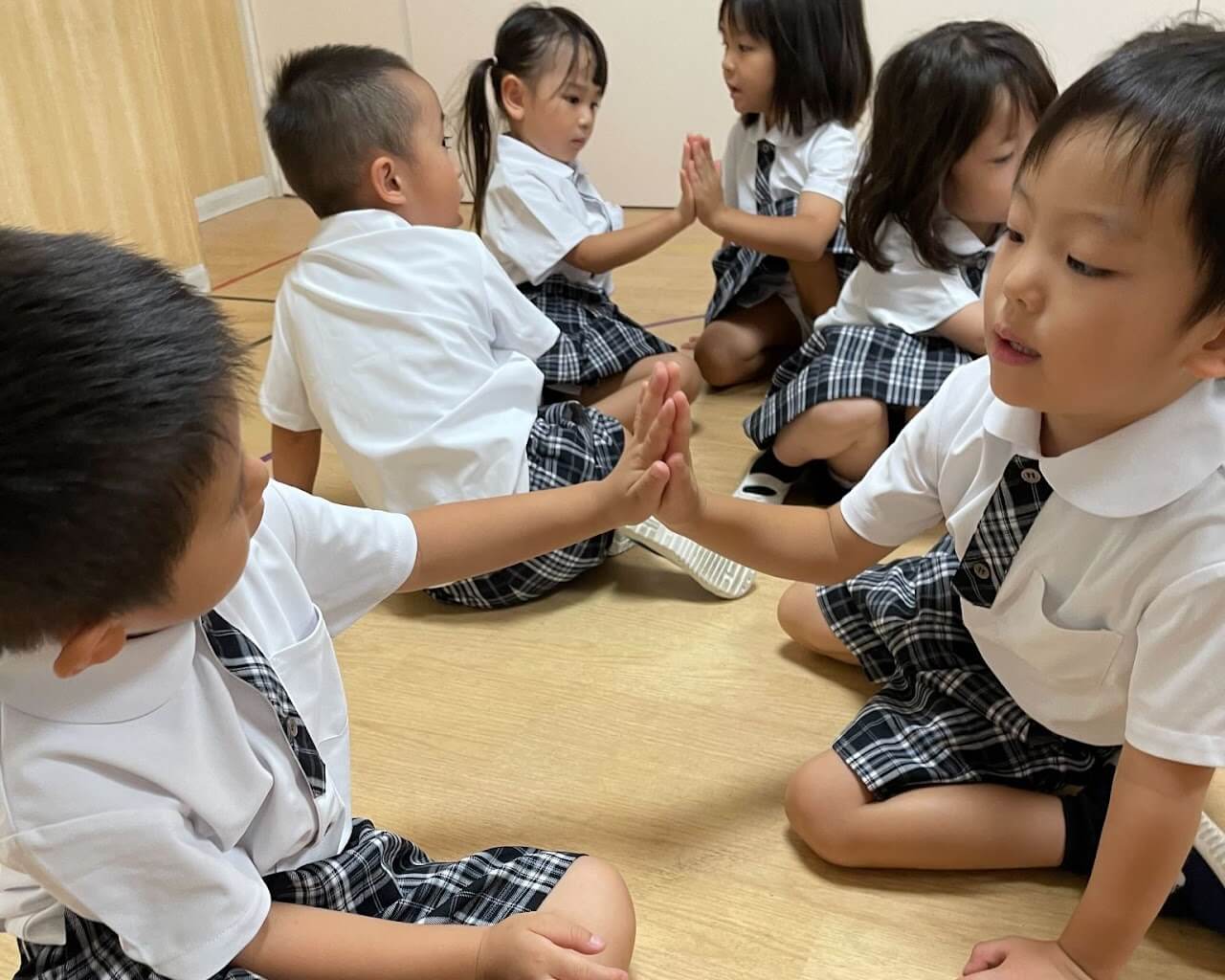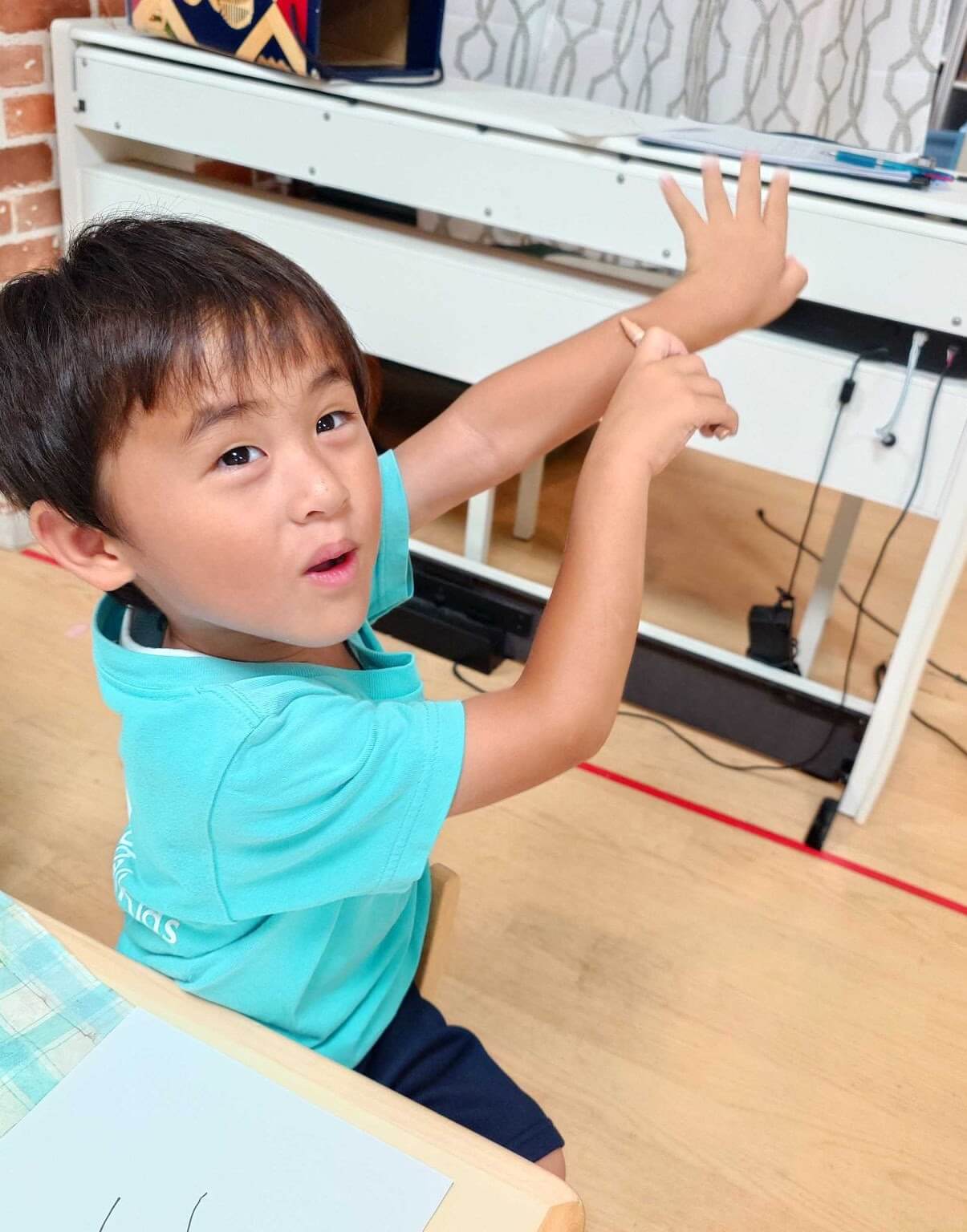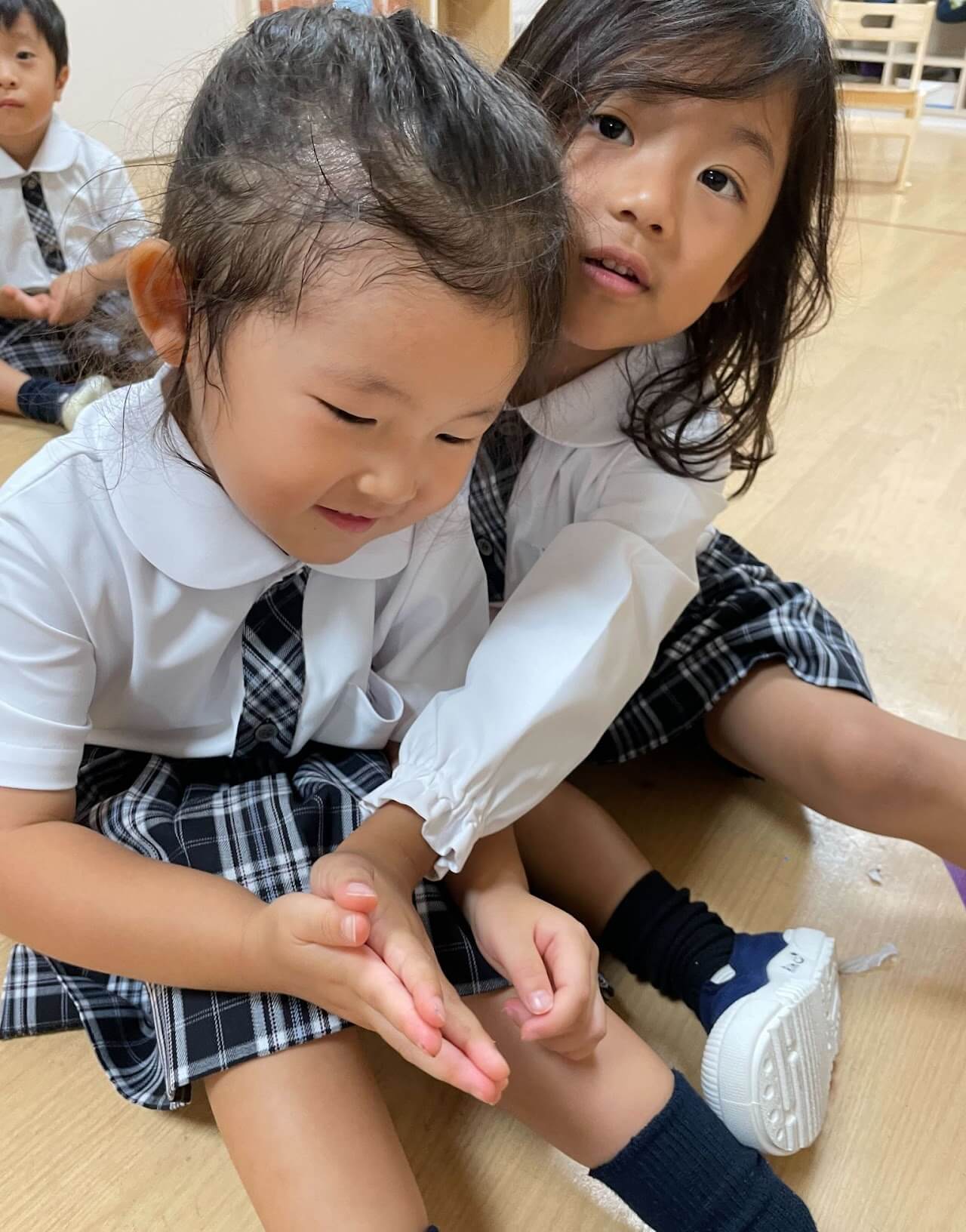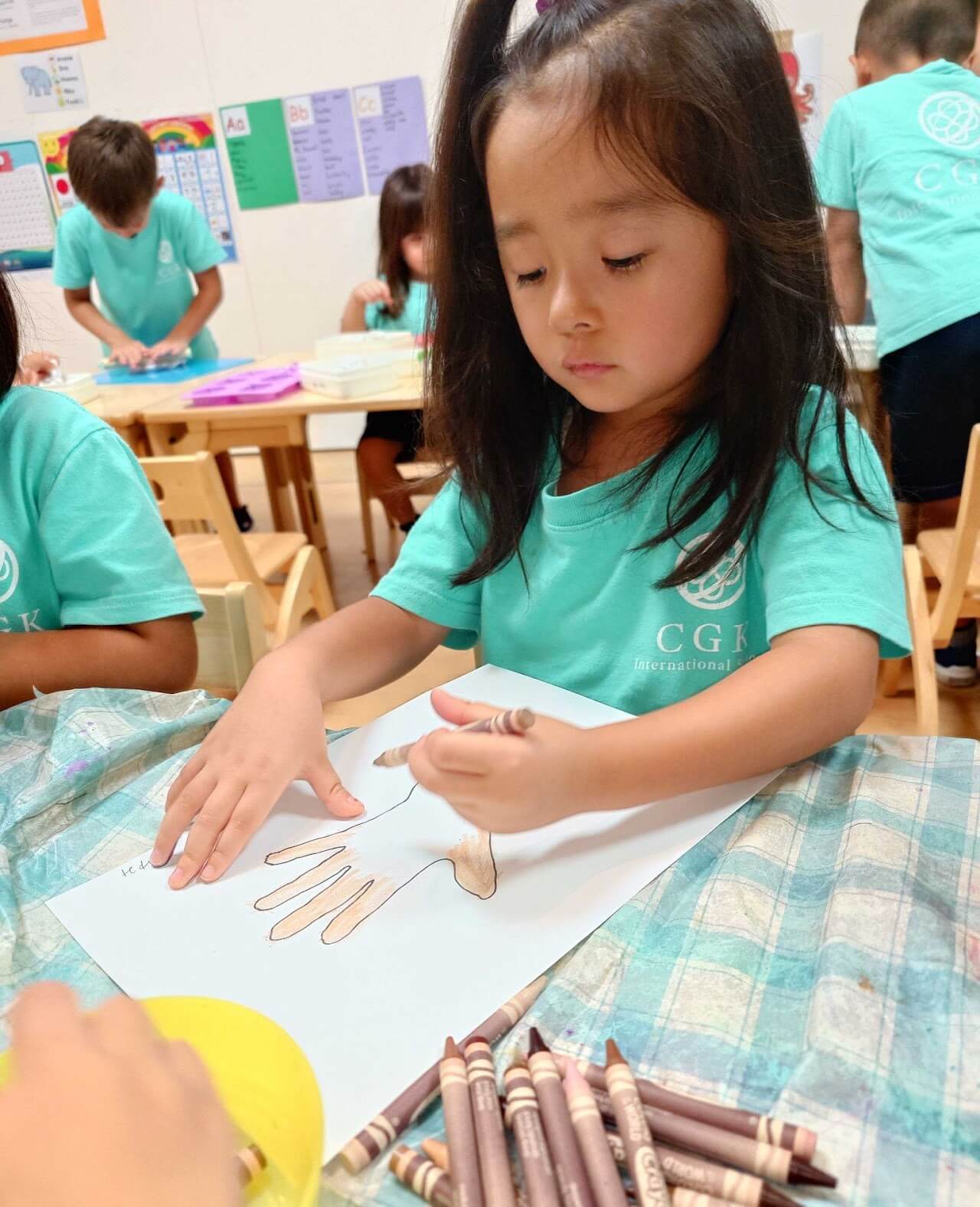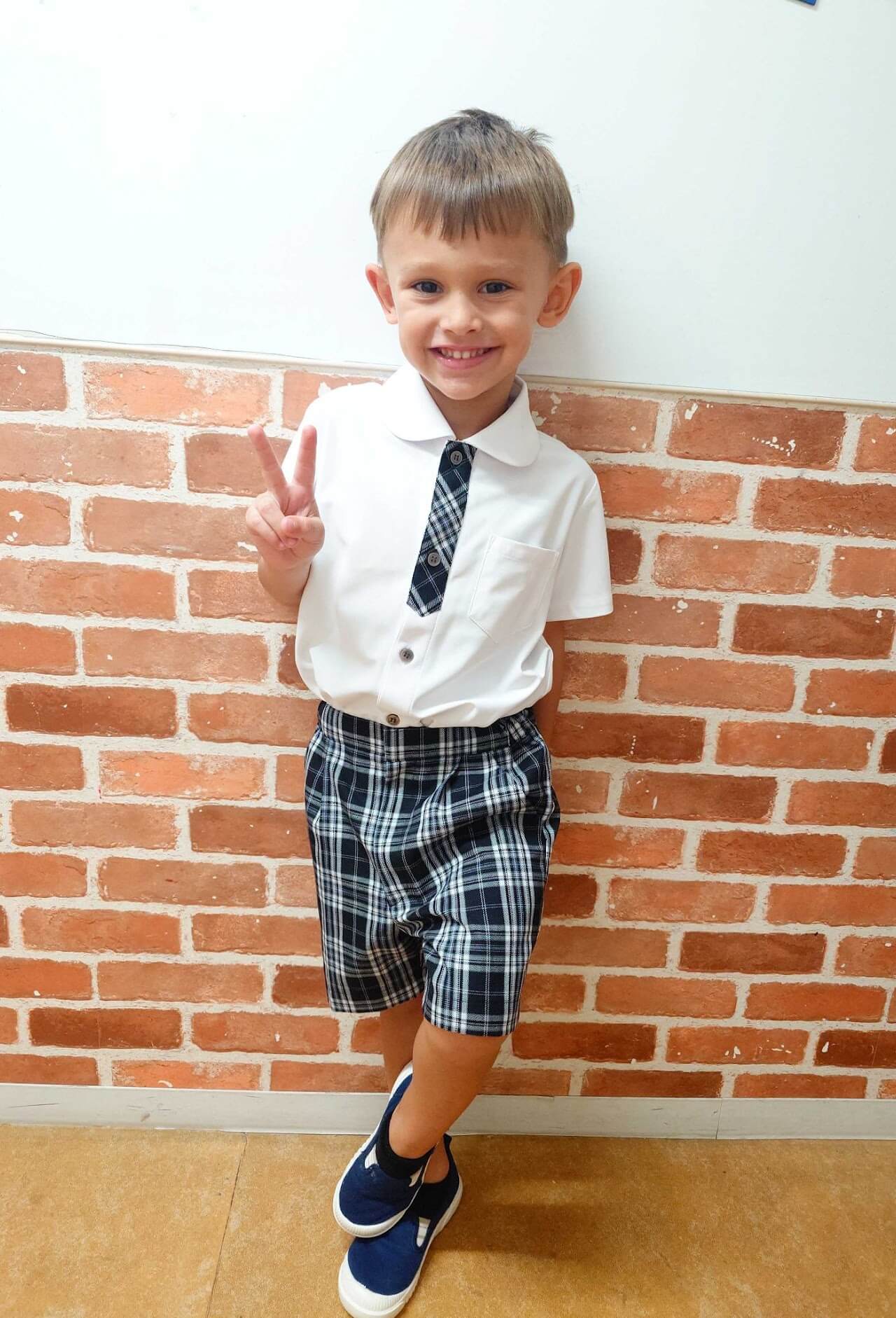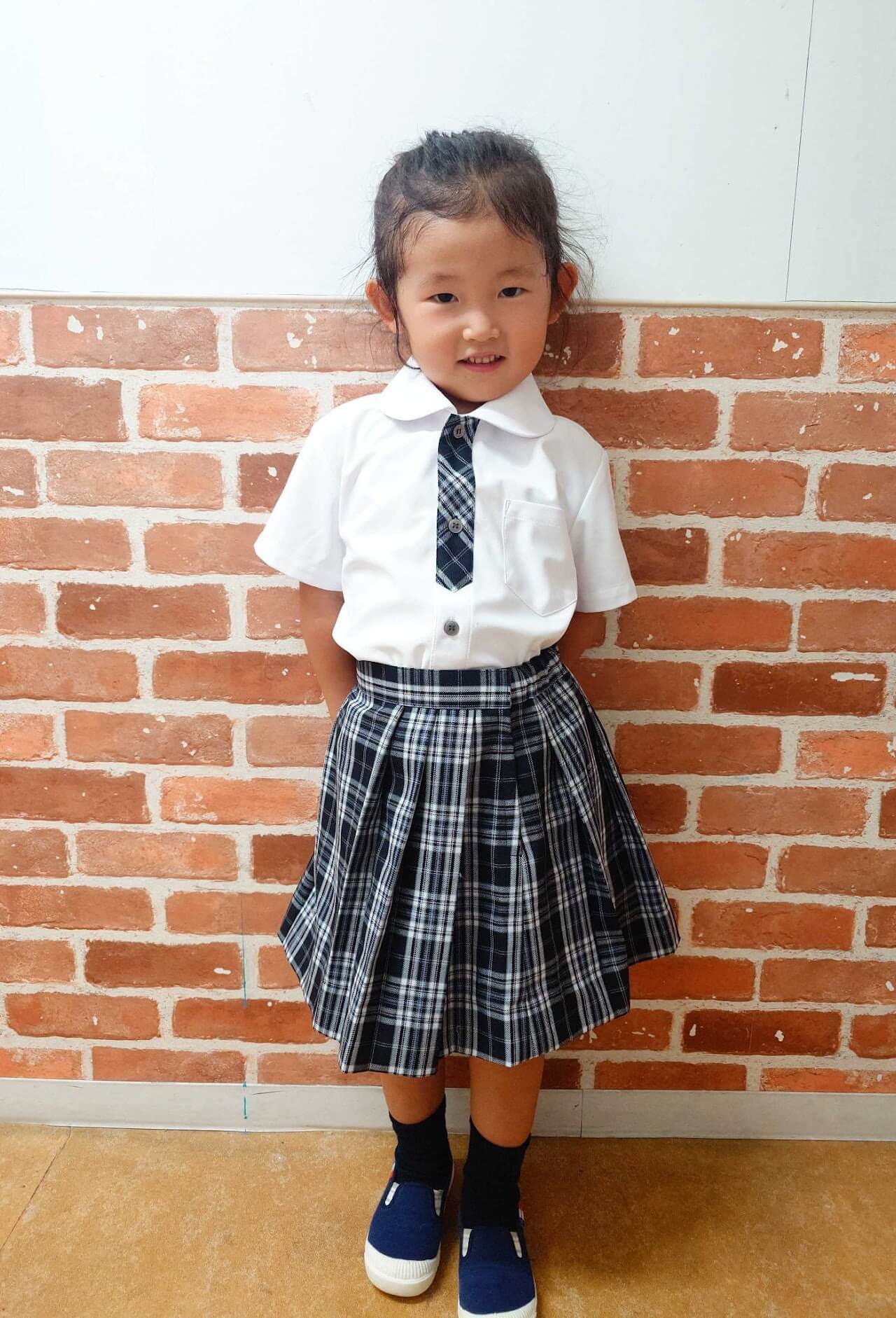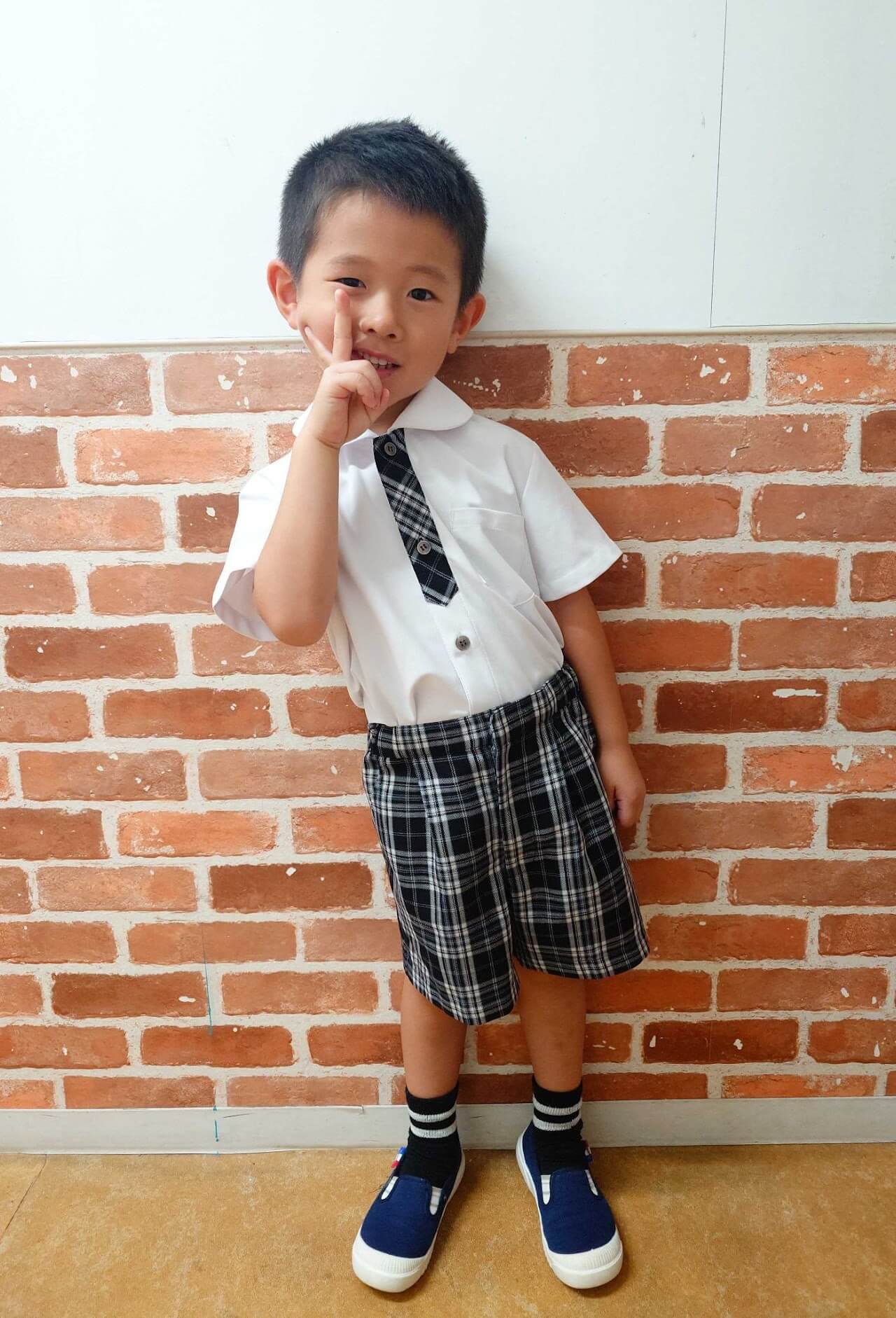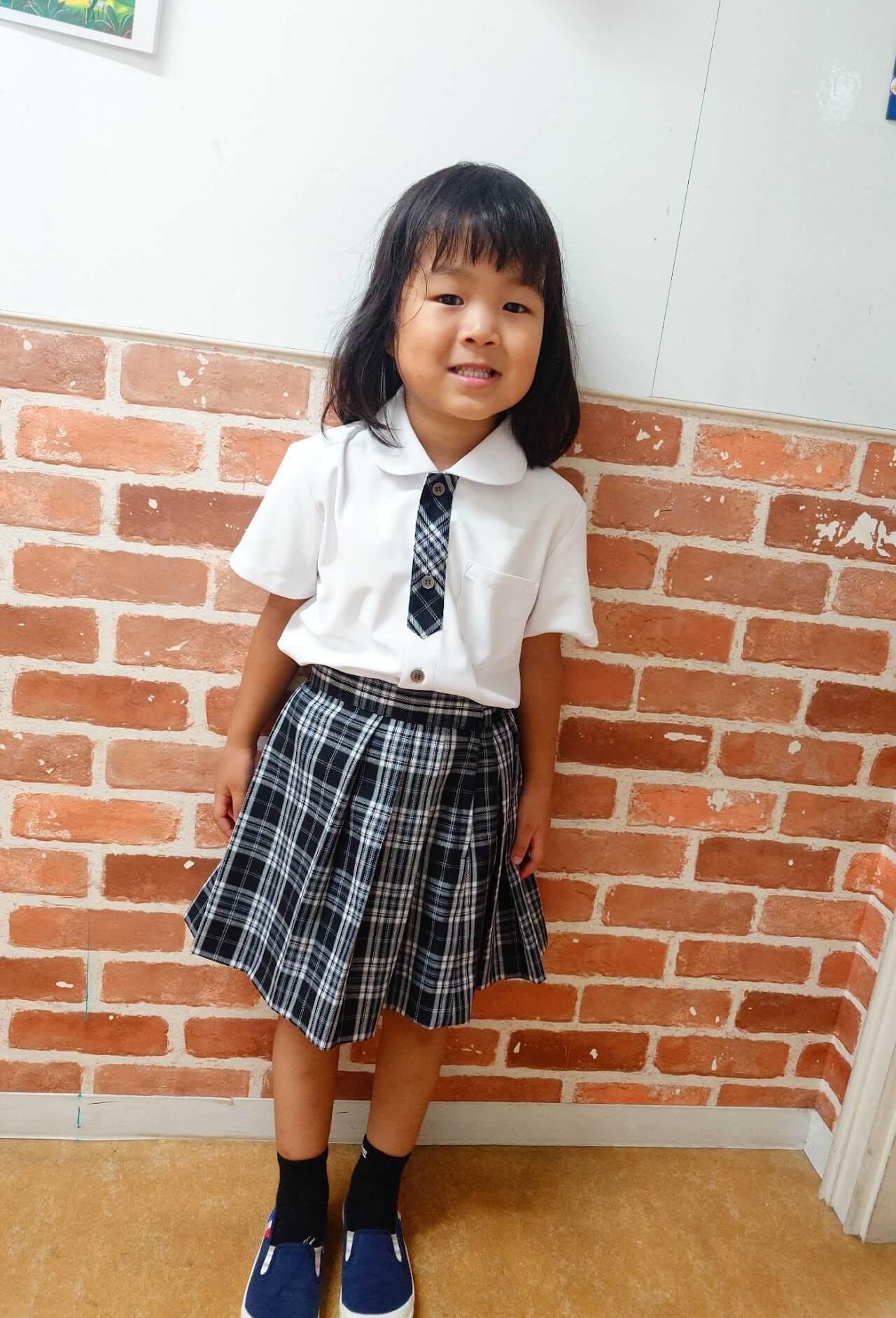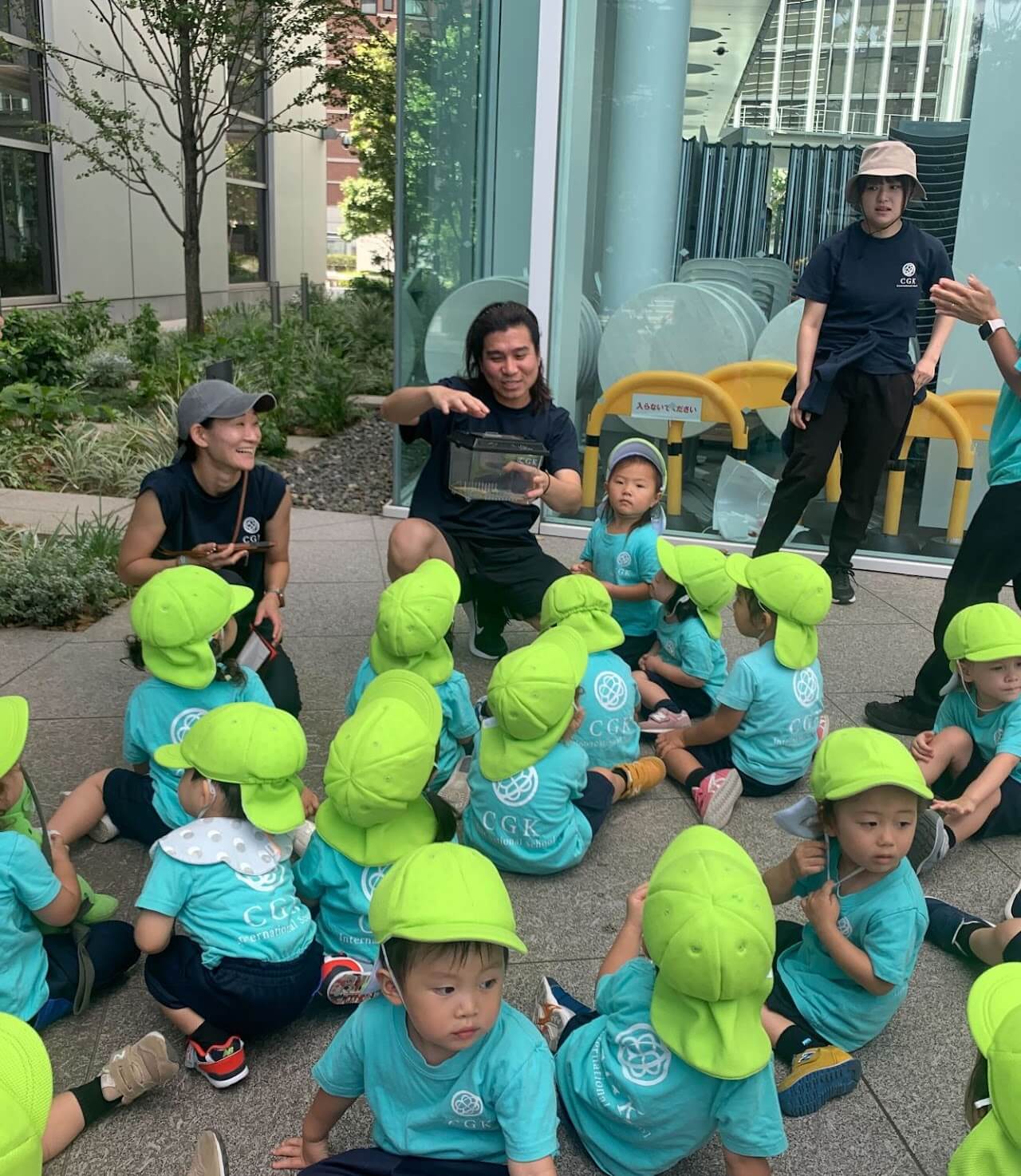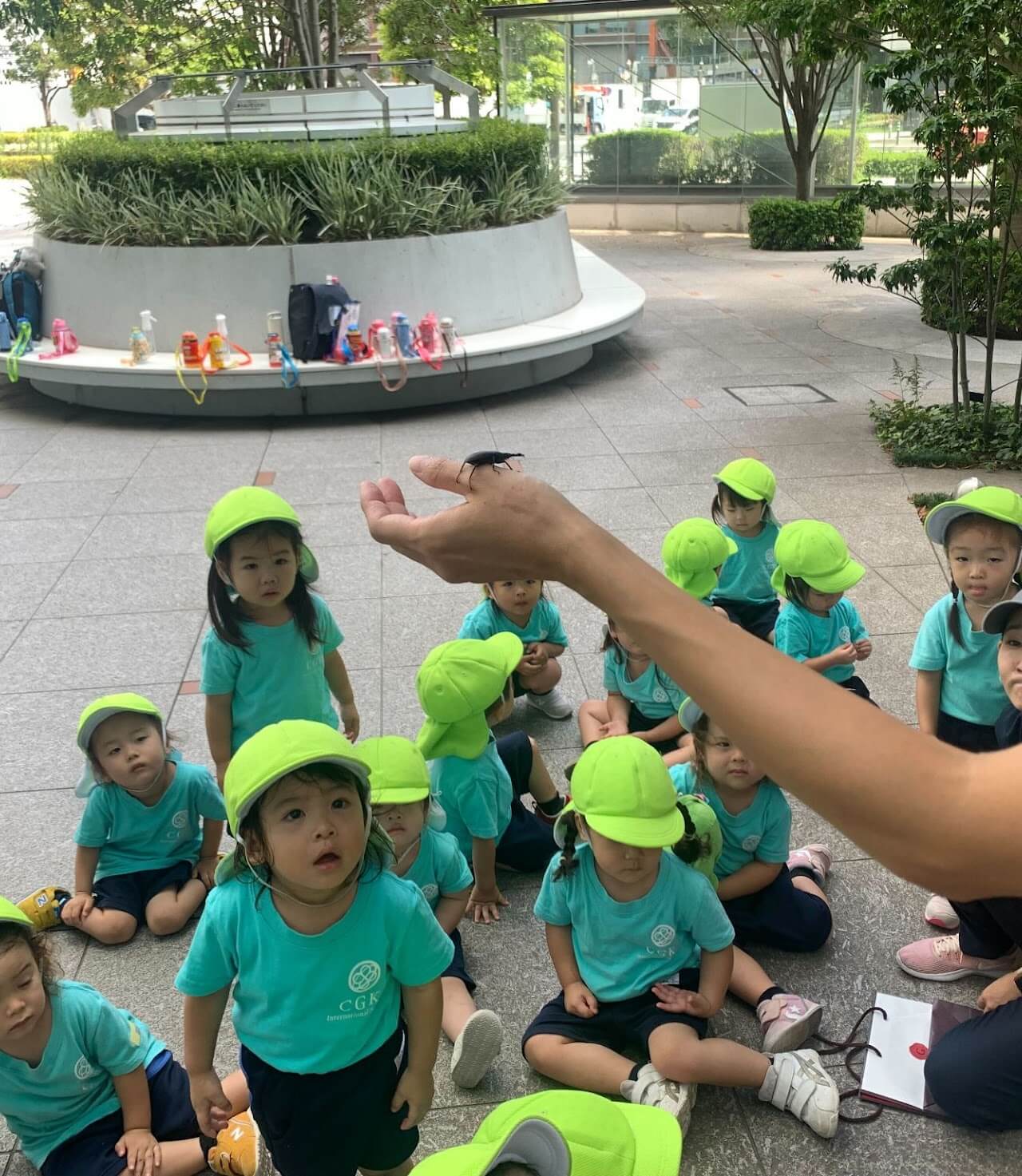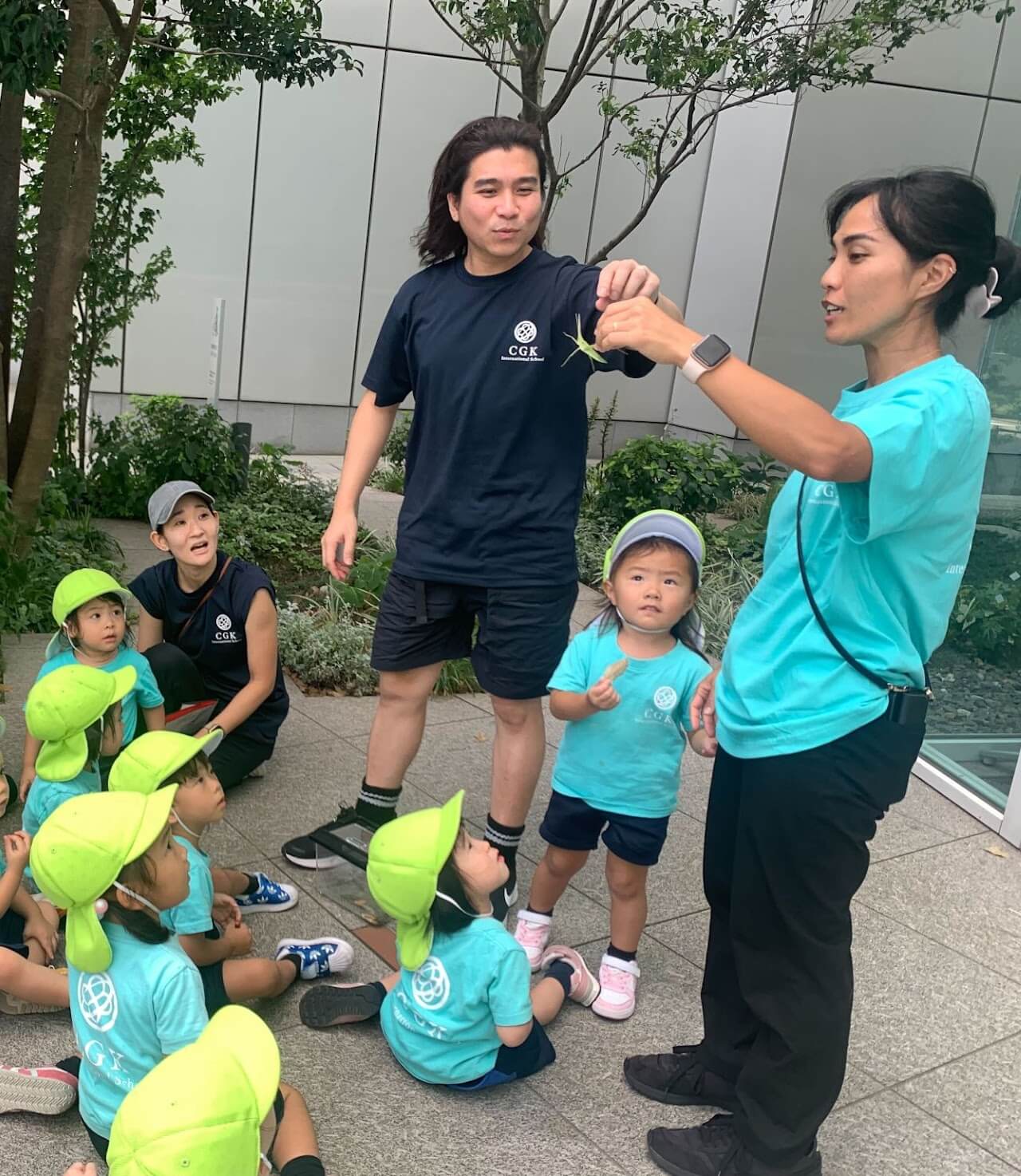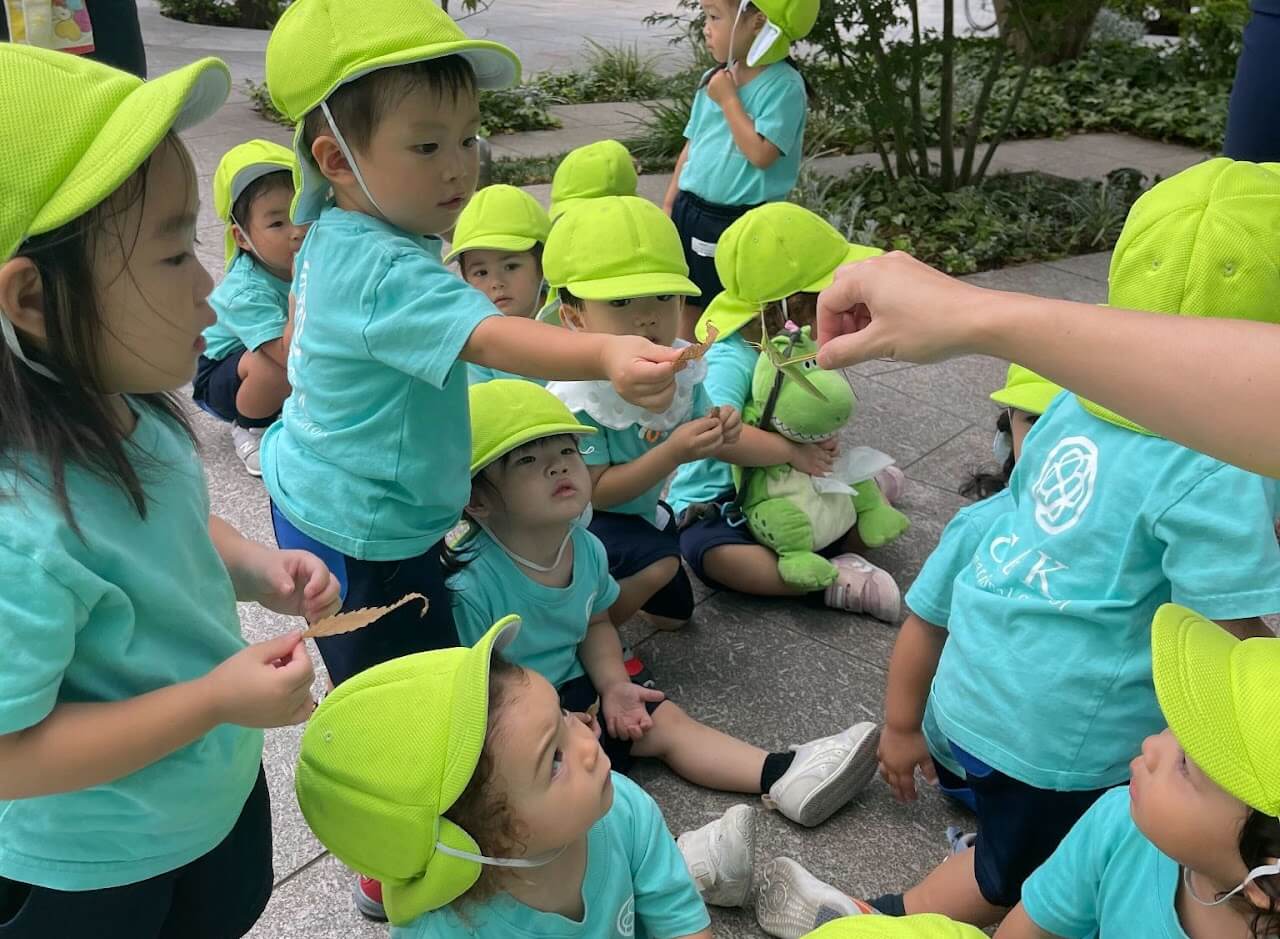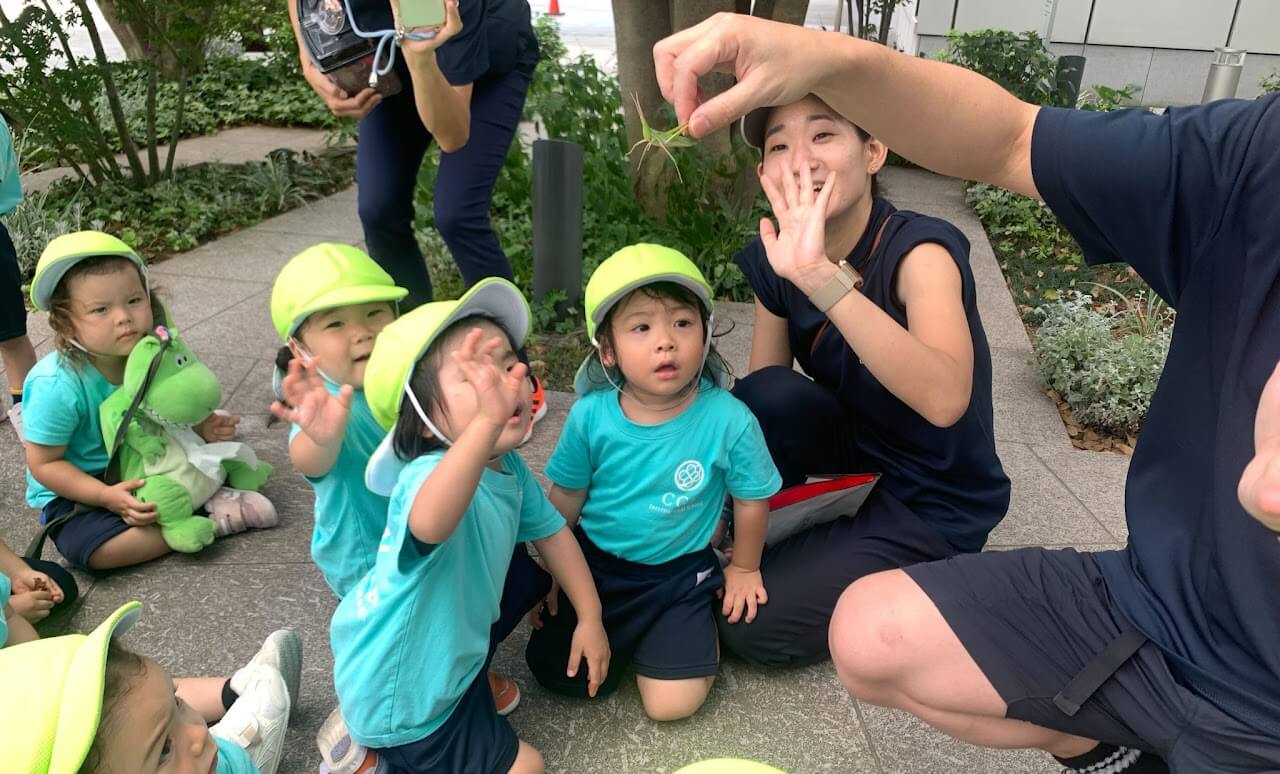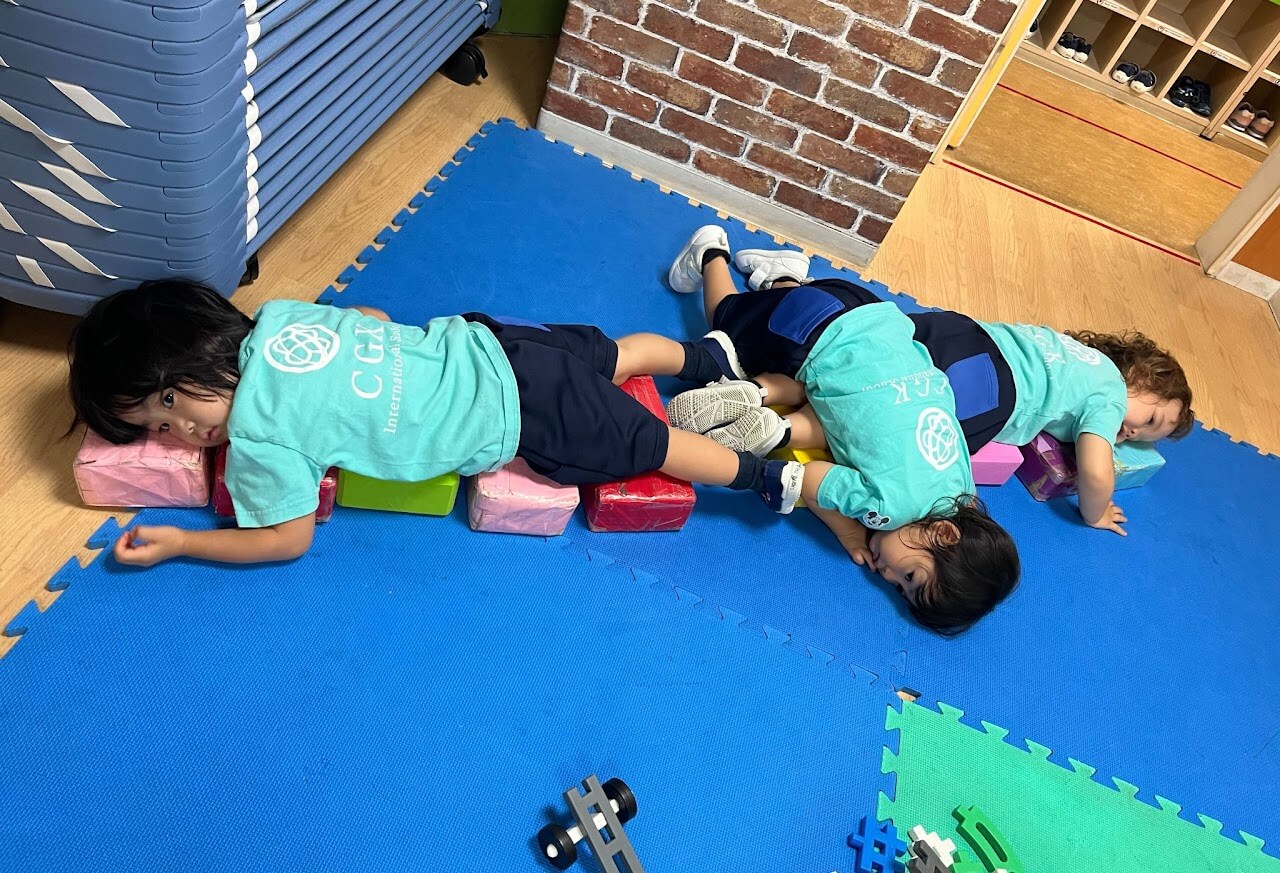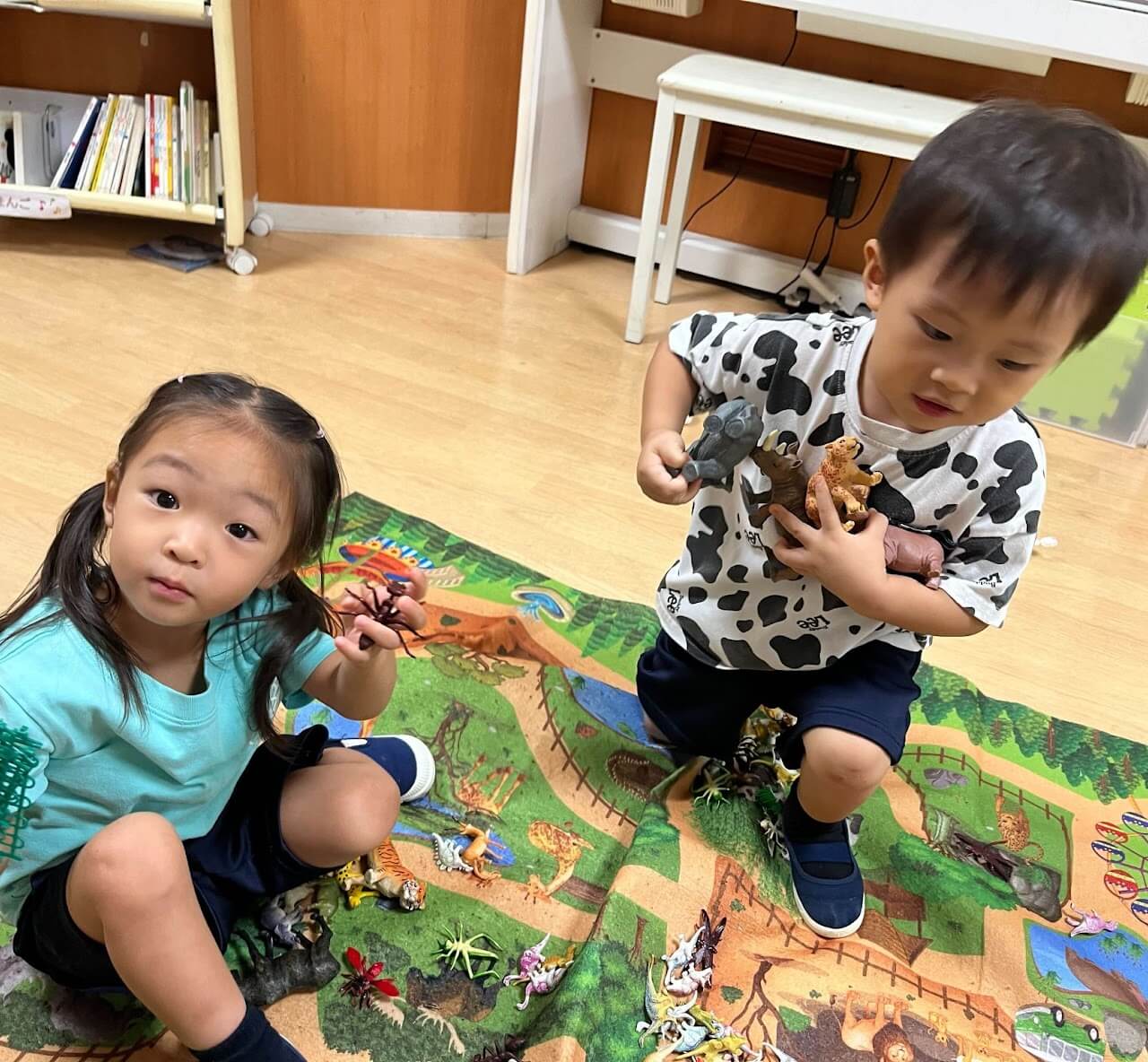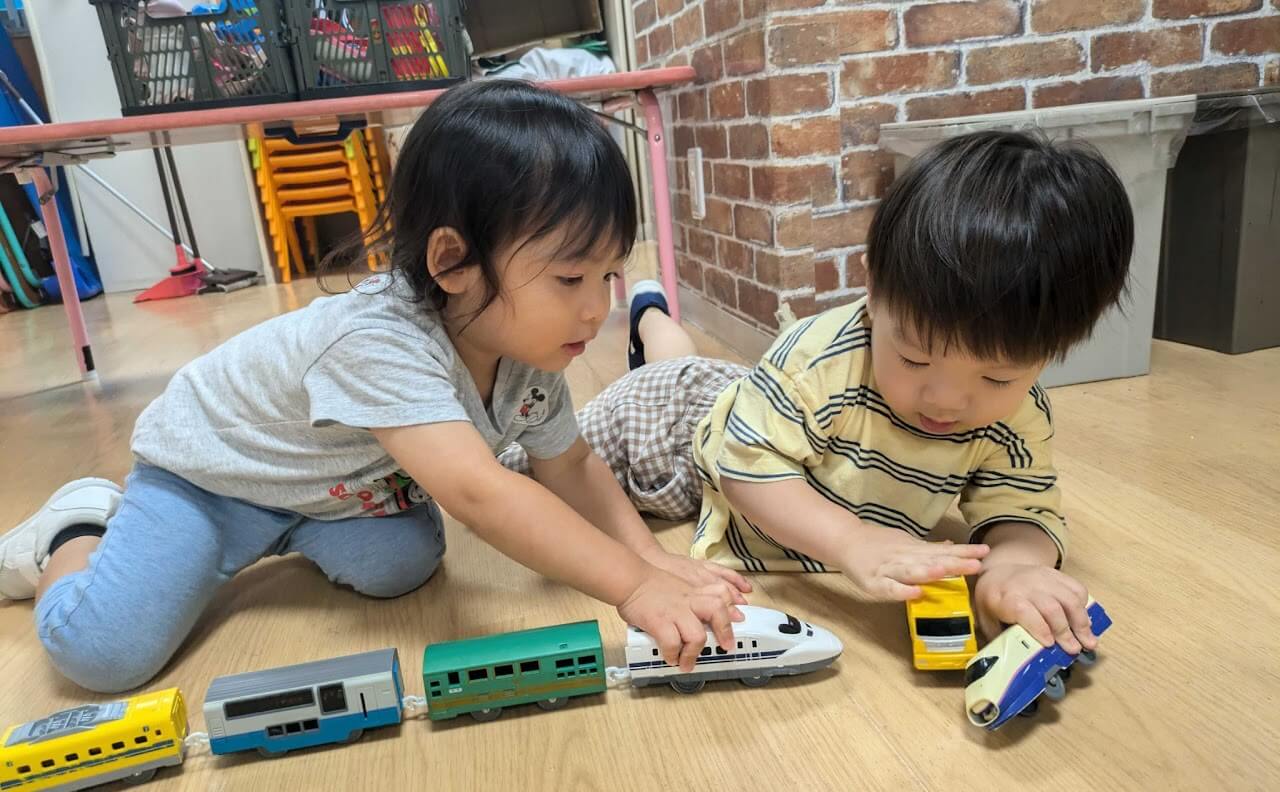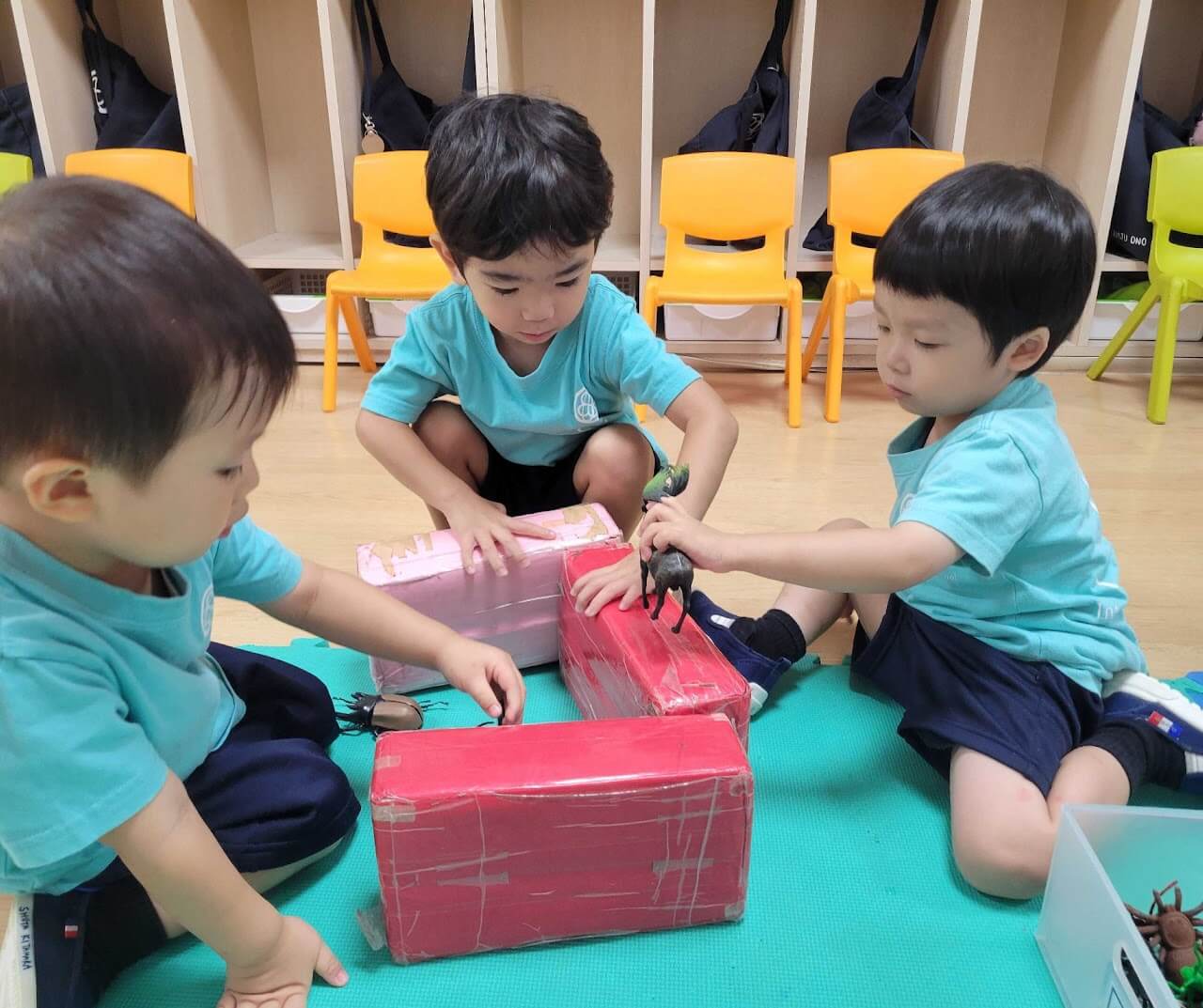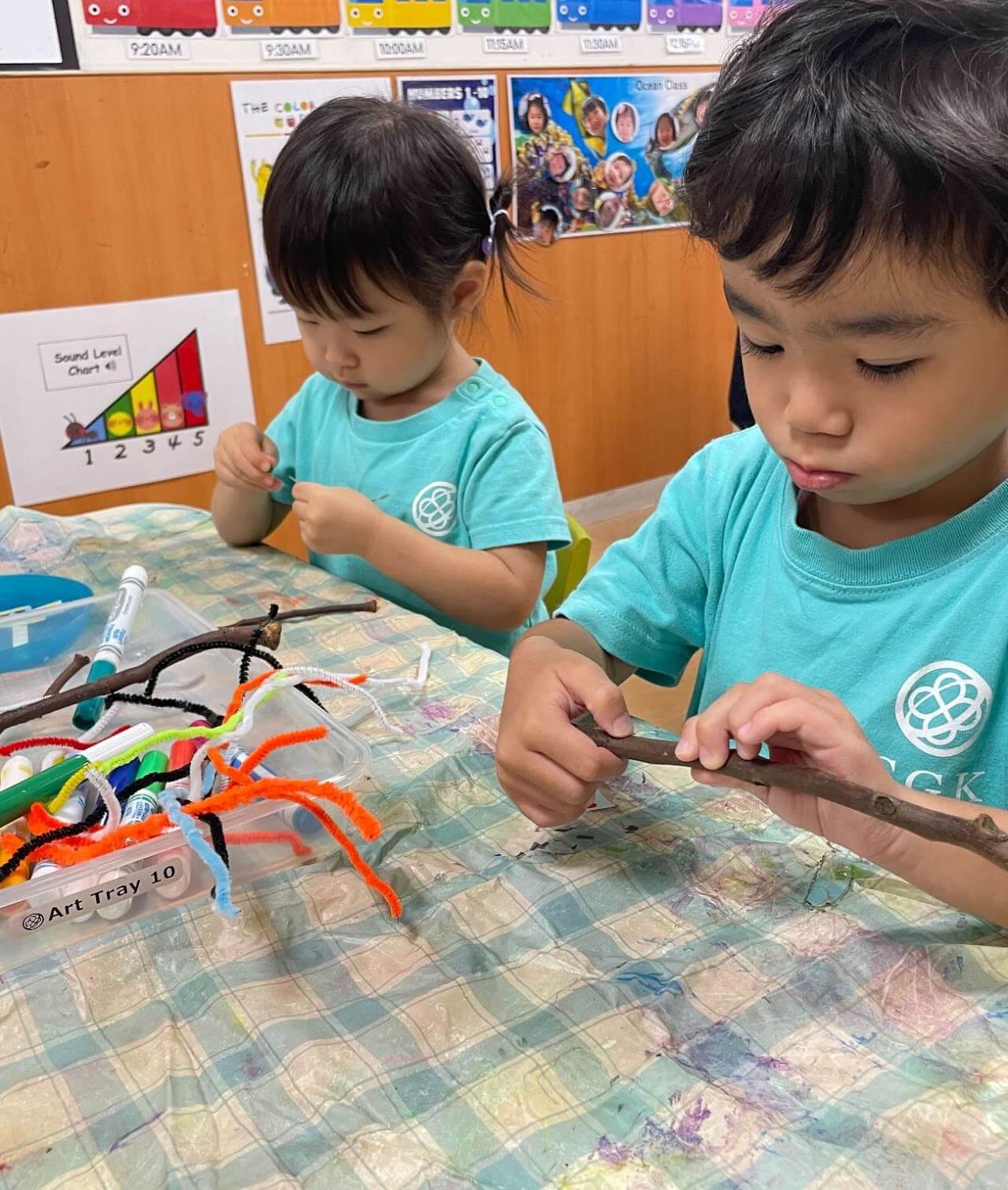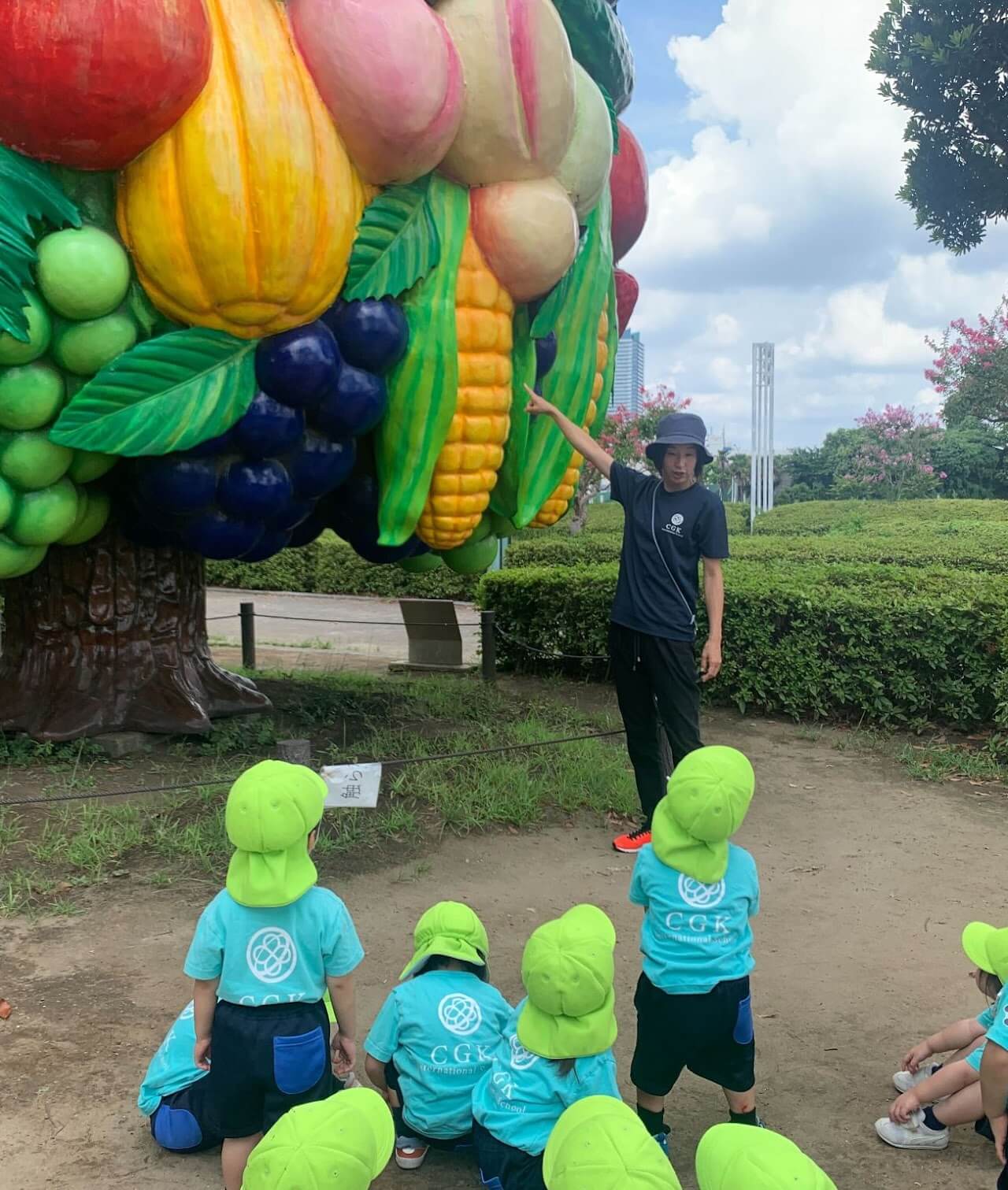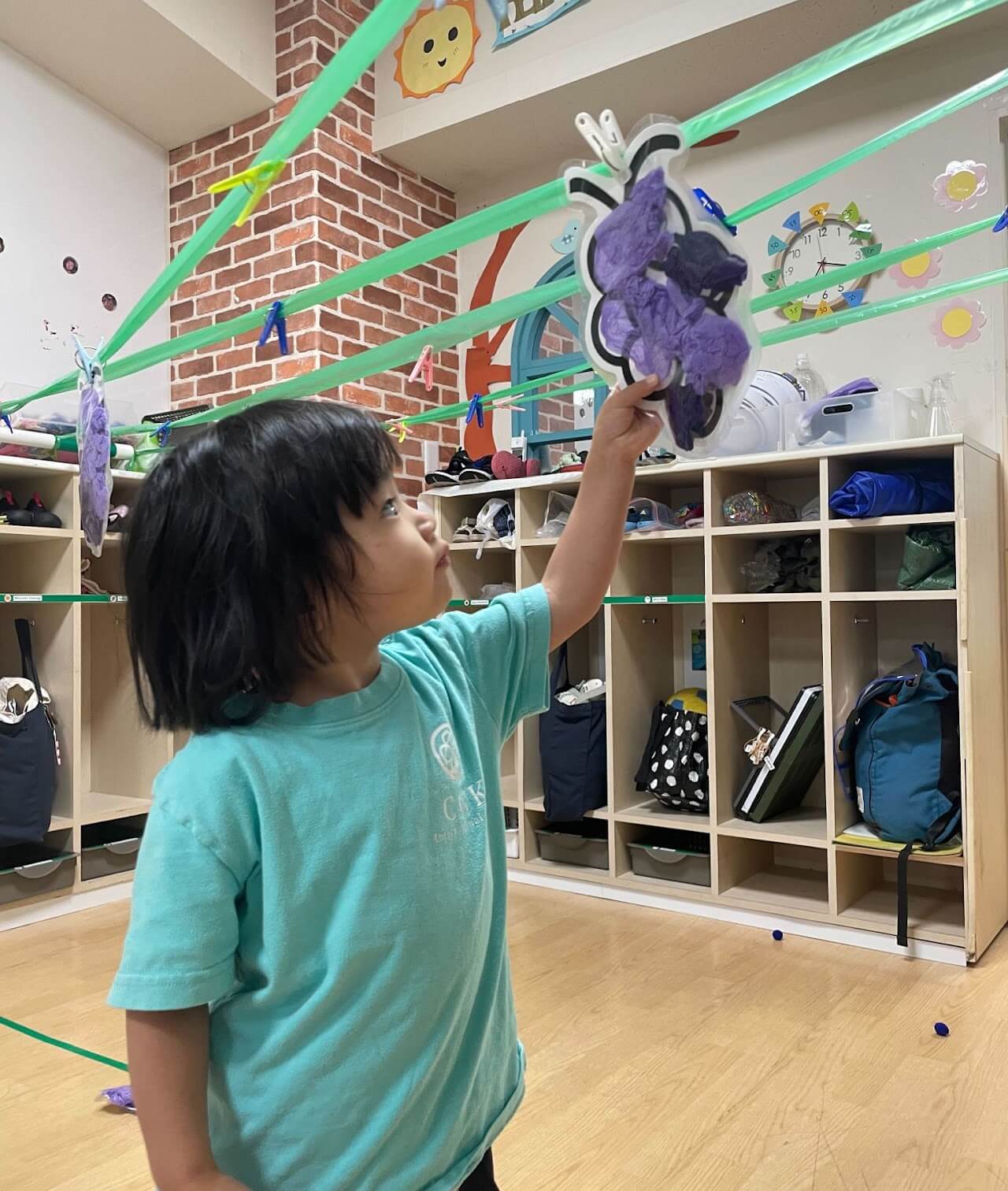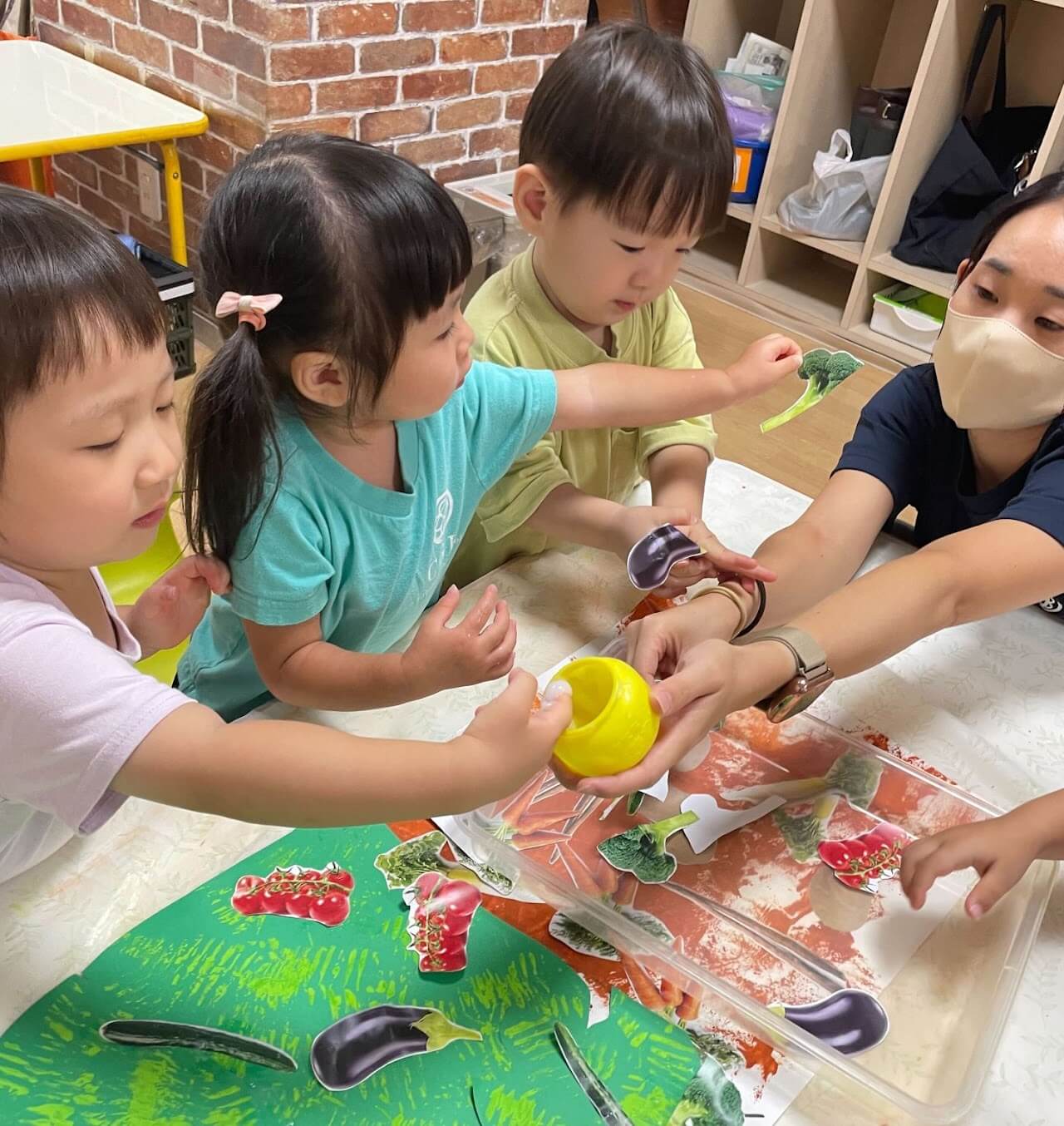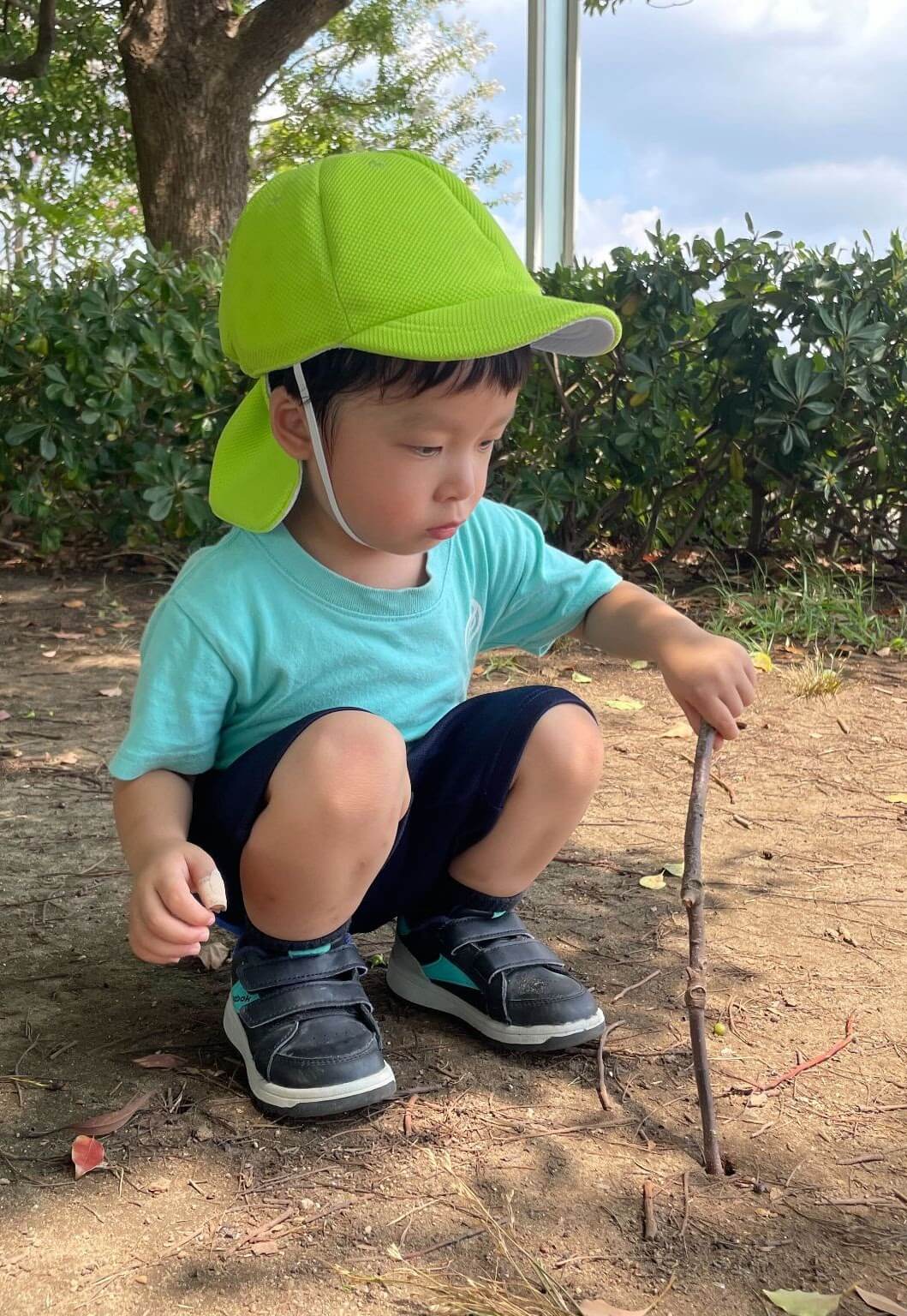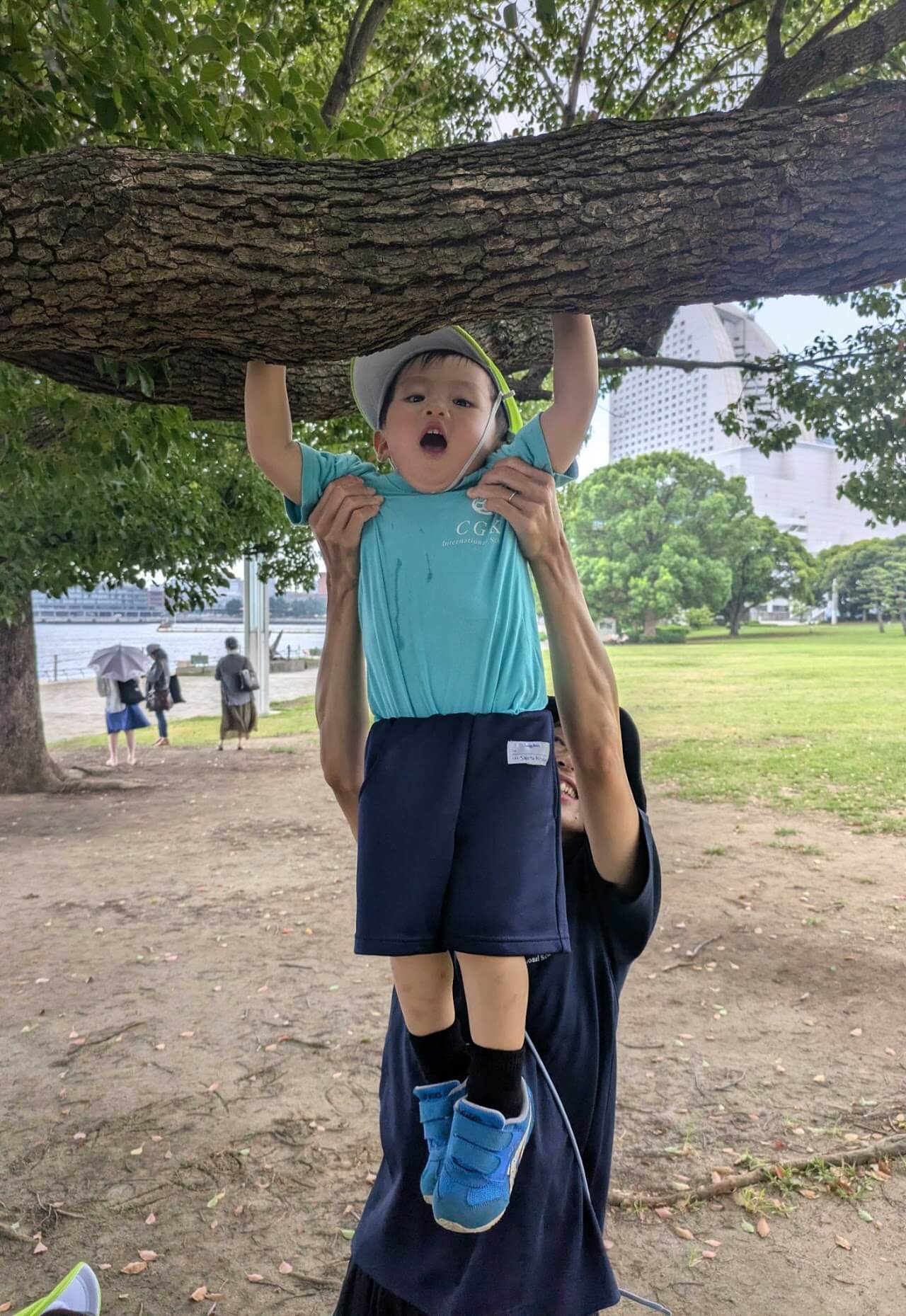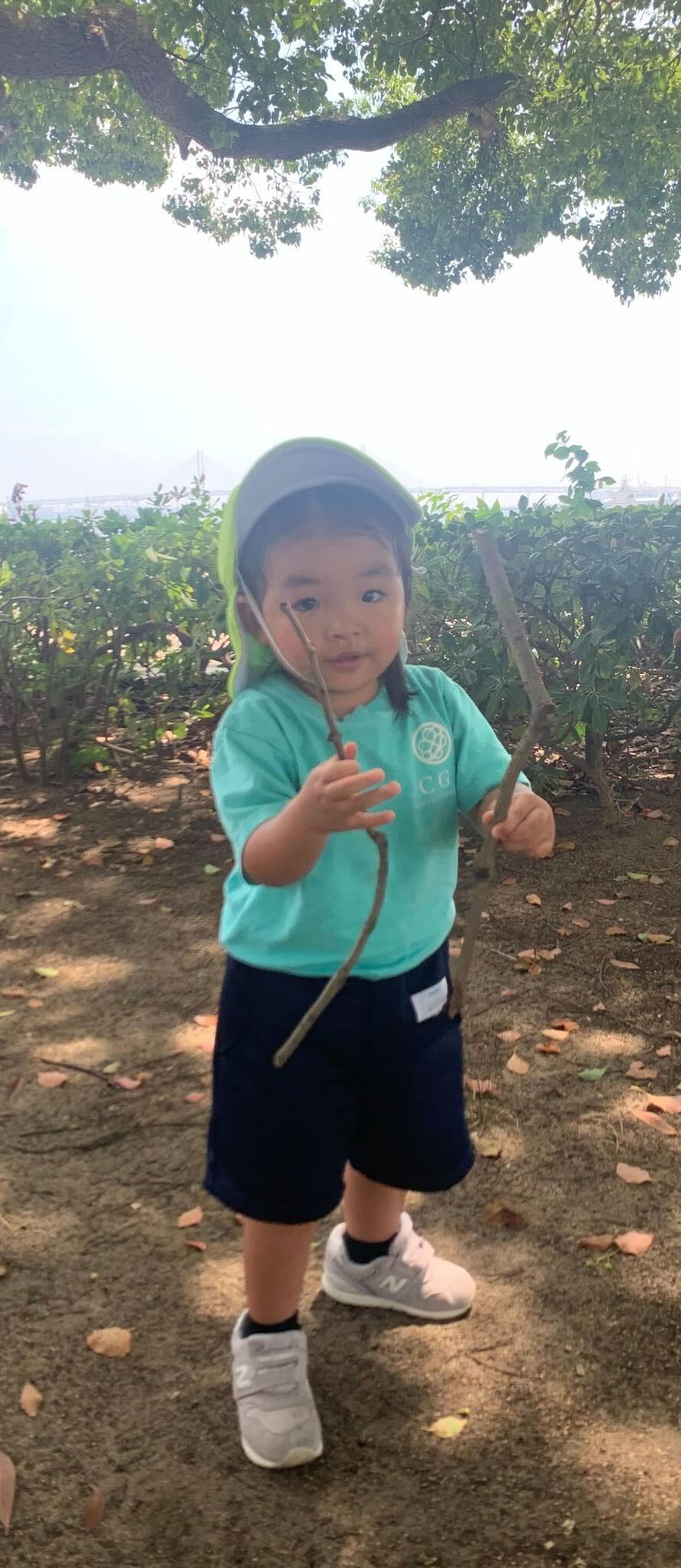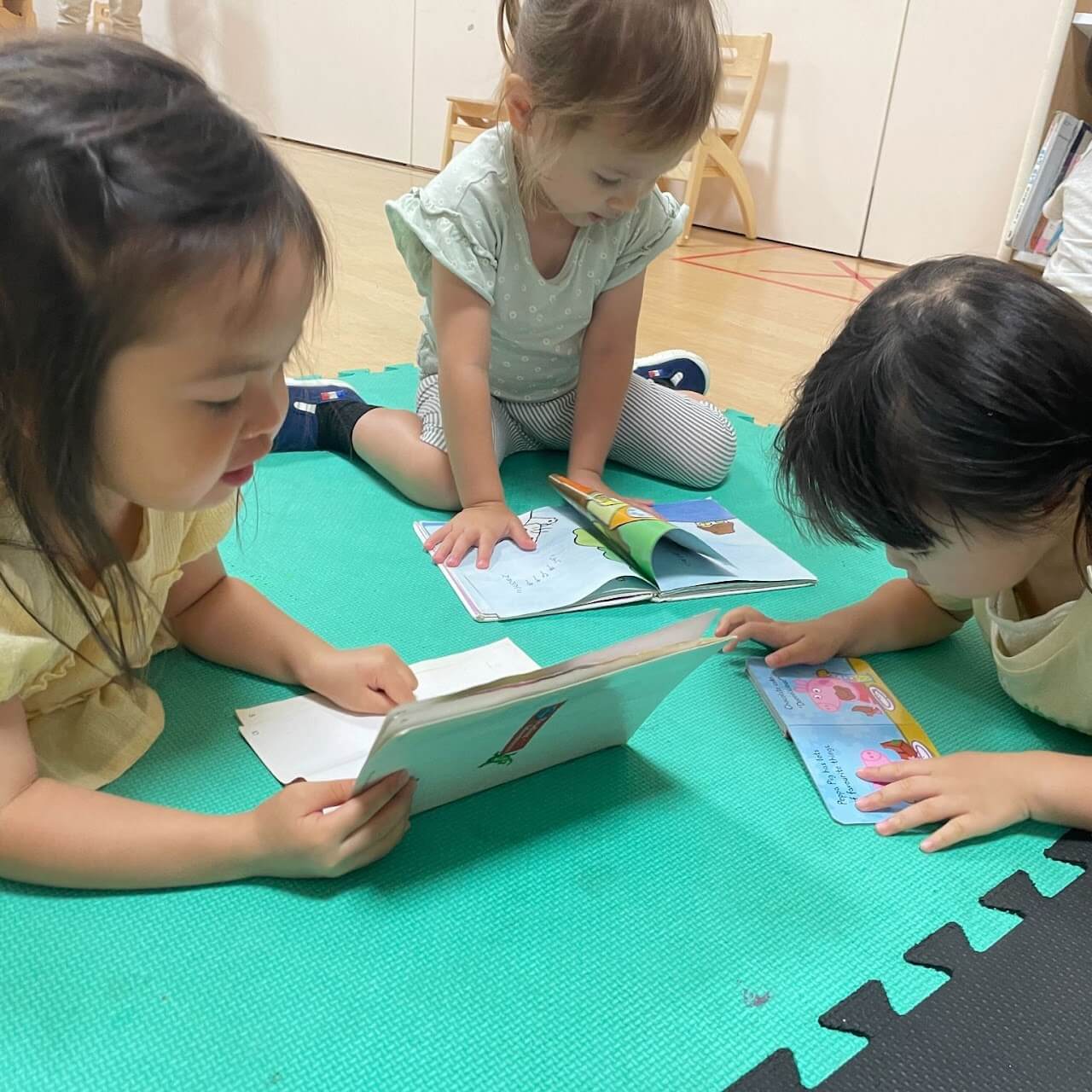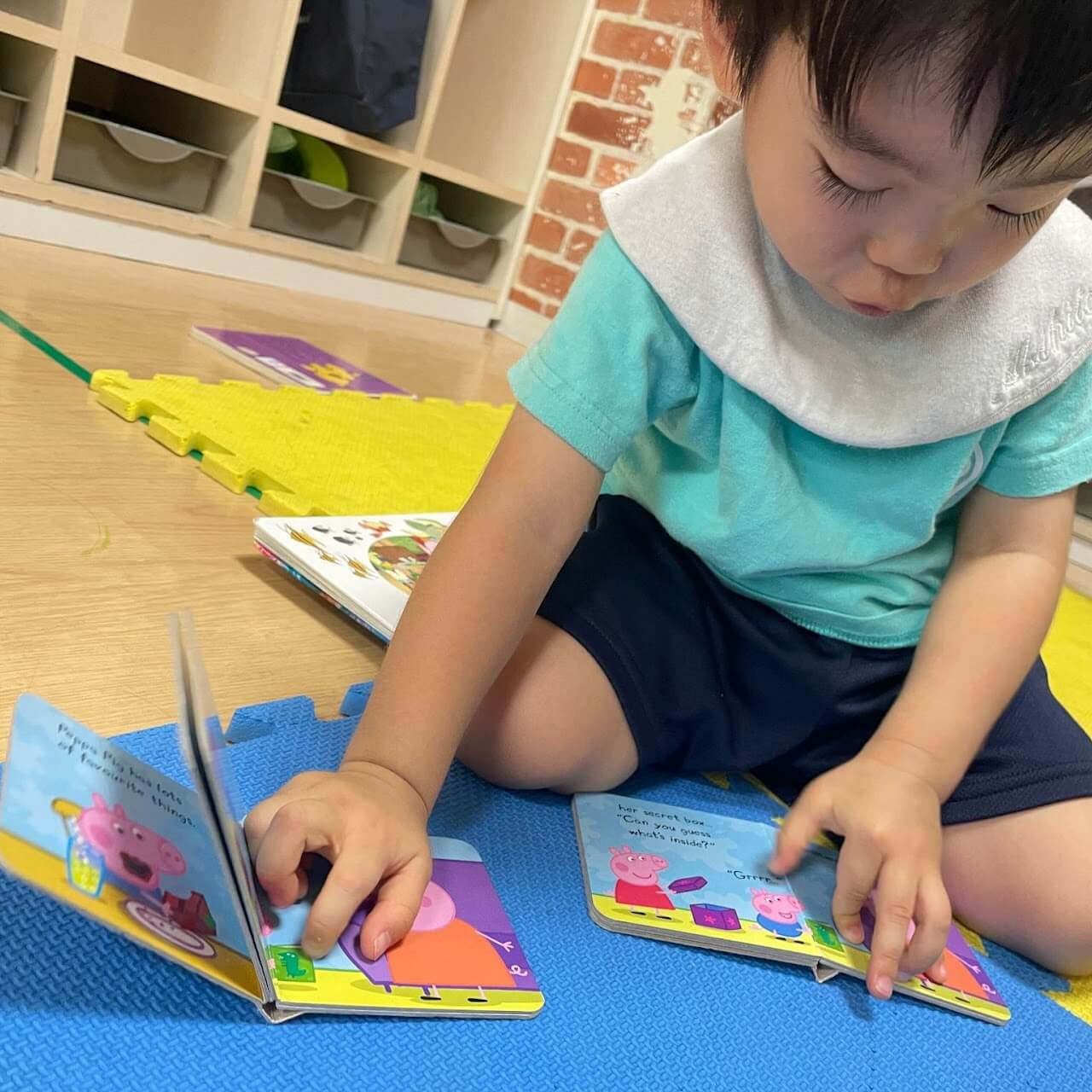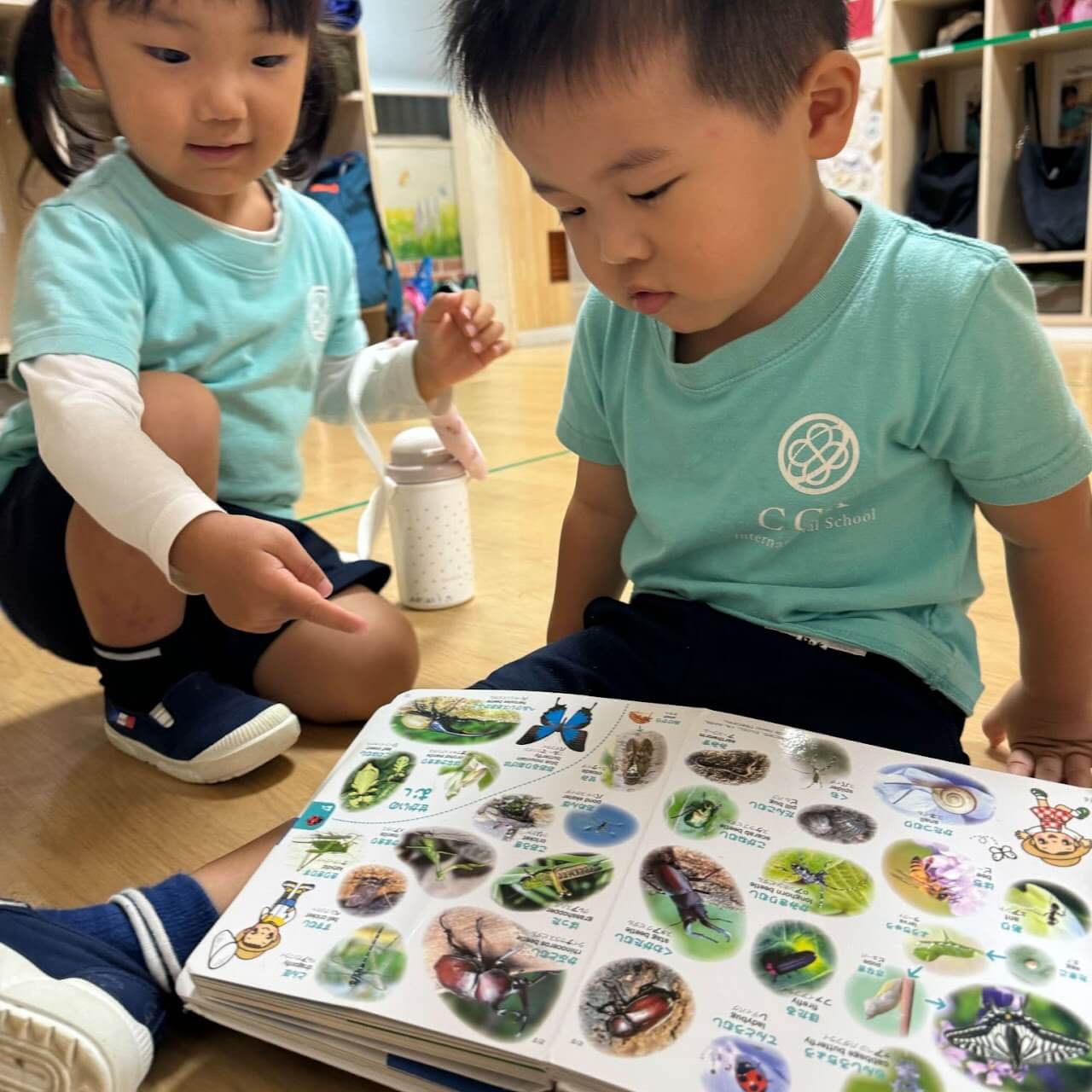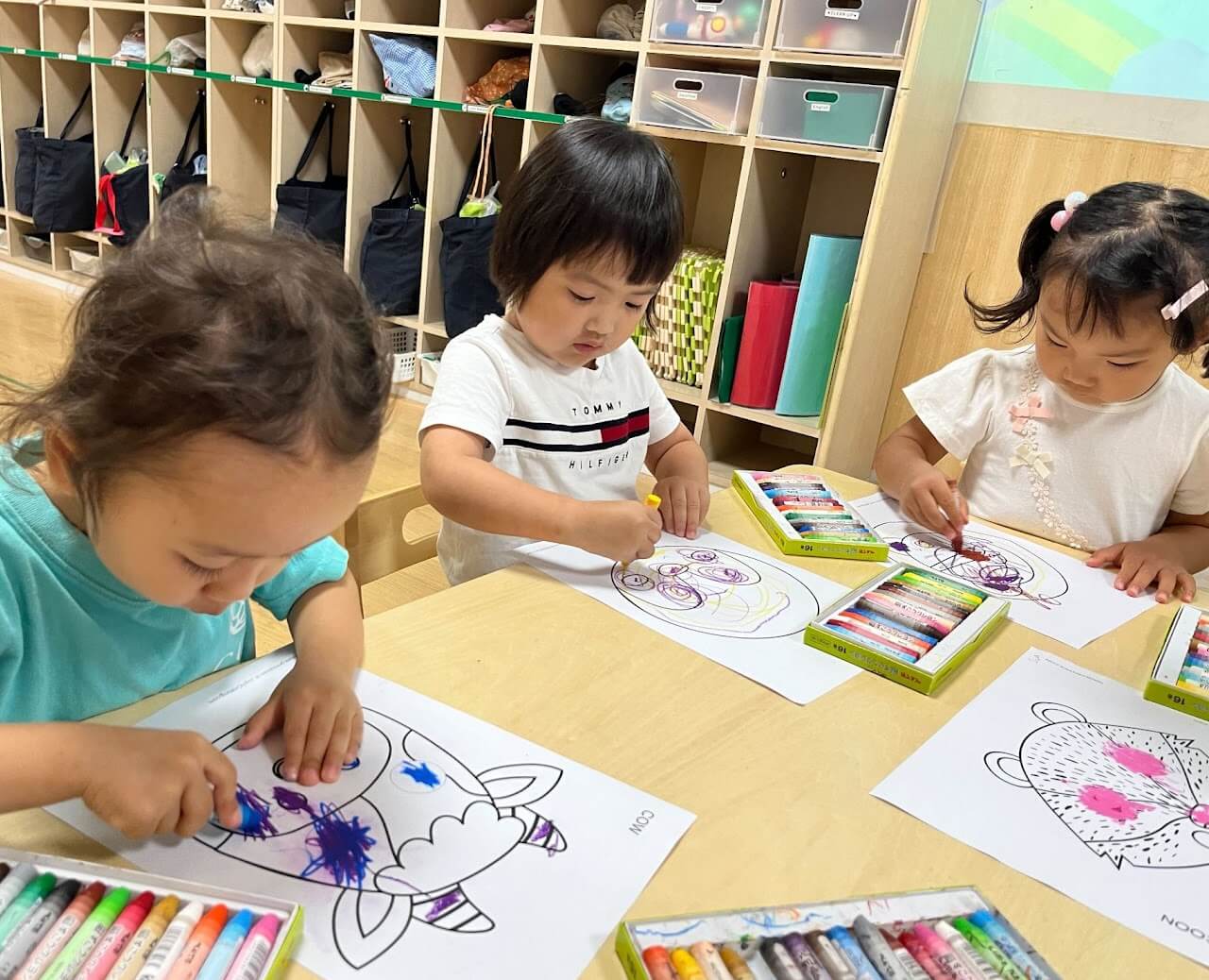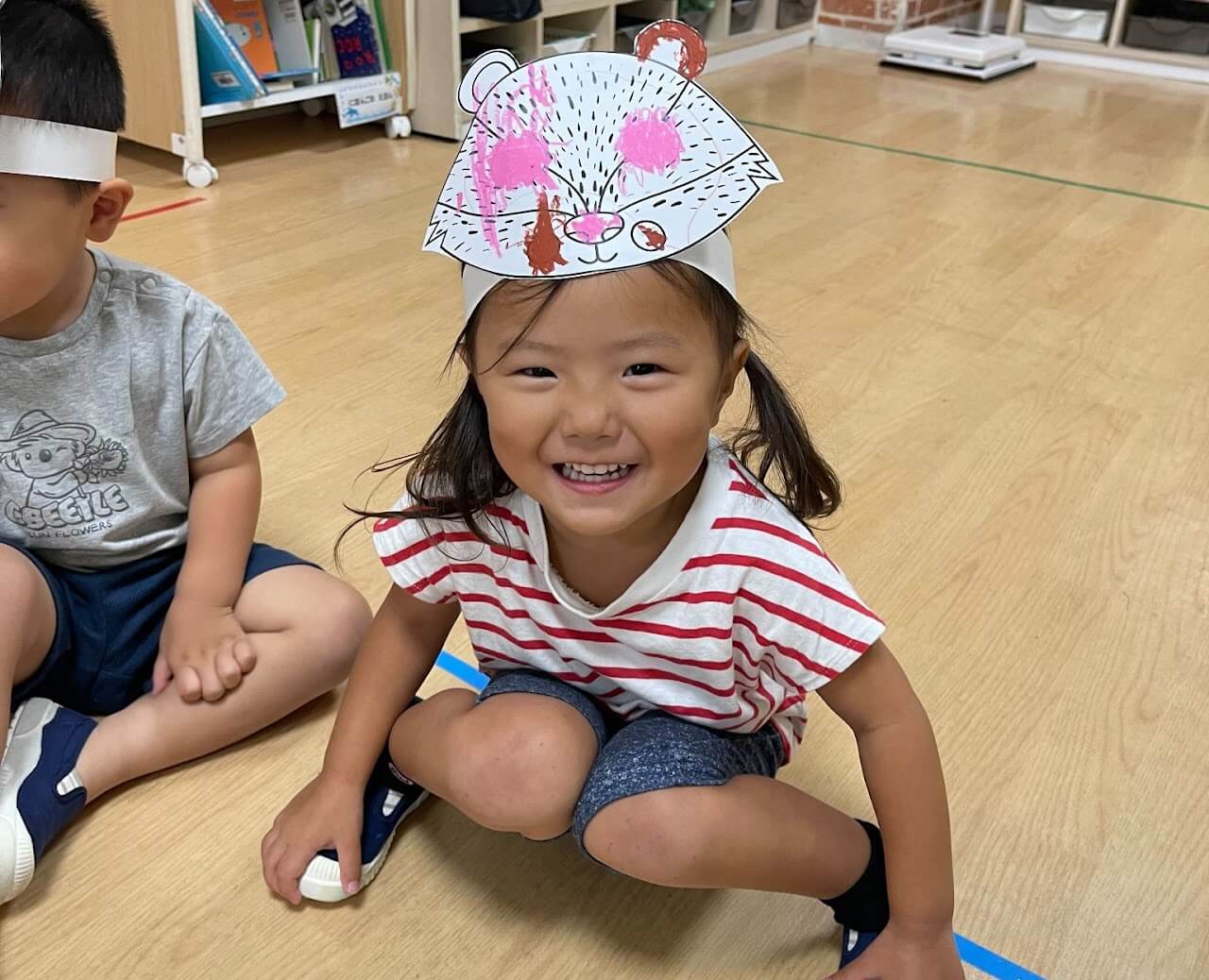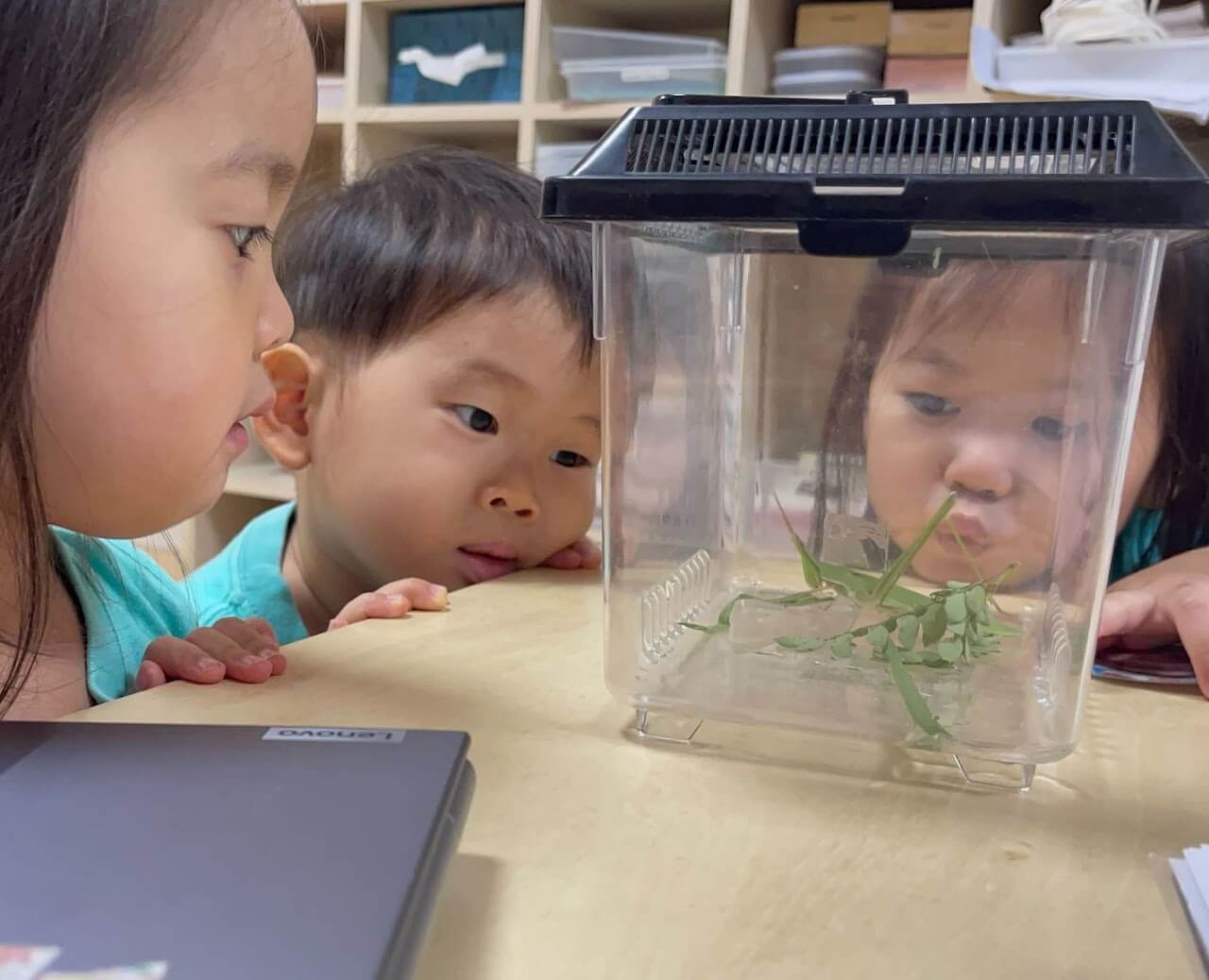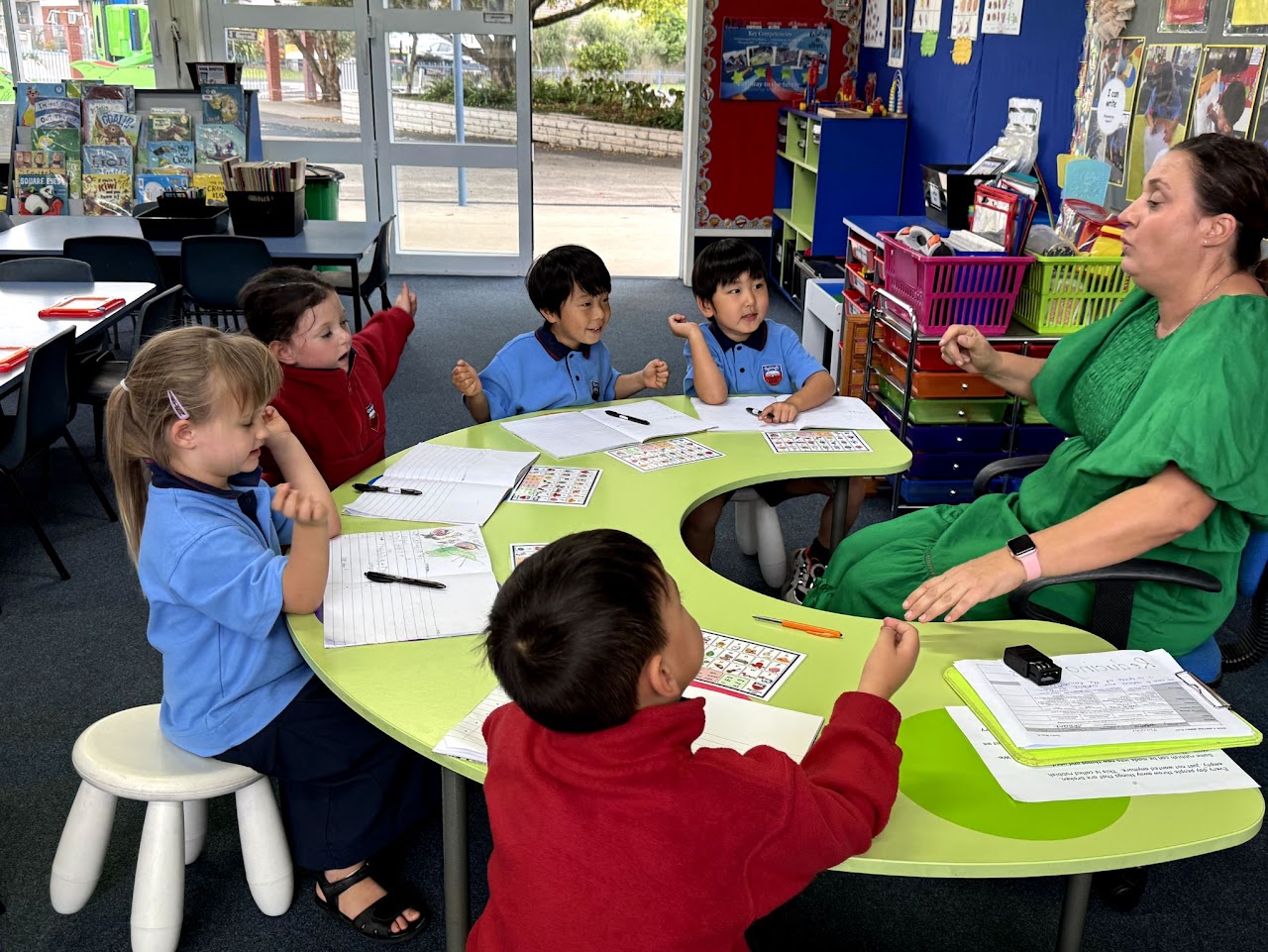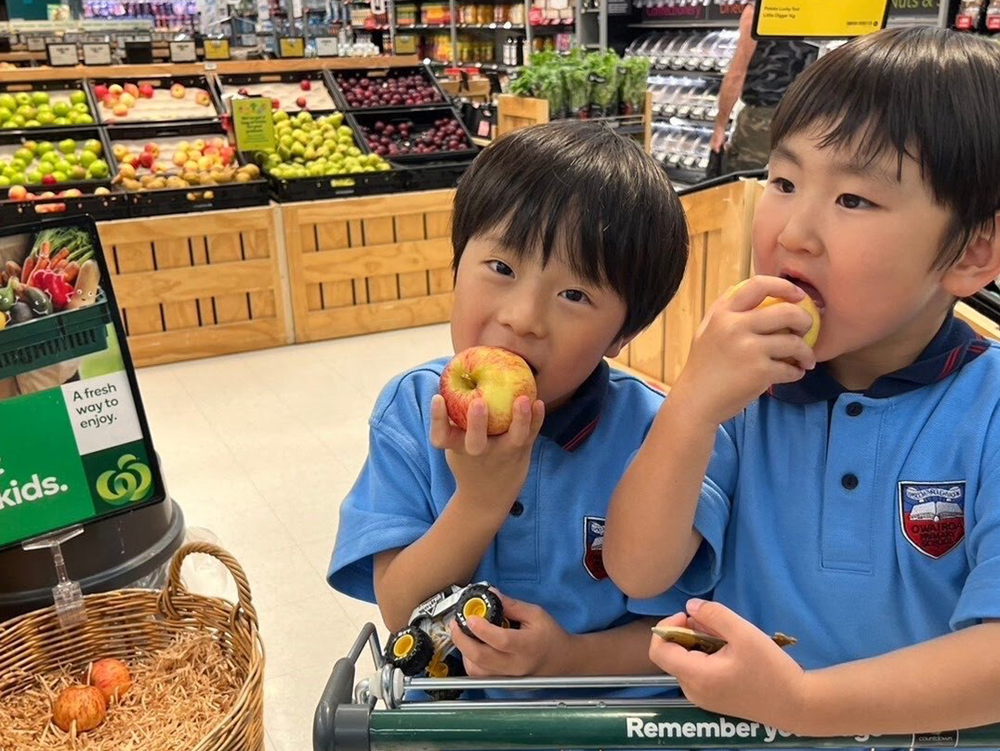CGK Times
A global learning community for discovering
and pursuing your happiness
August 2024
Contents
Preschool
The Importance of Being Idle
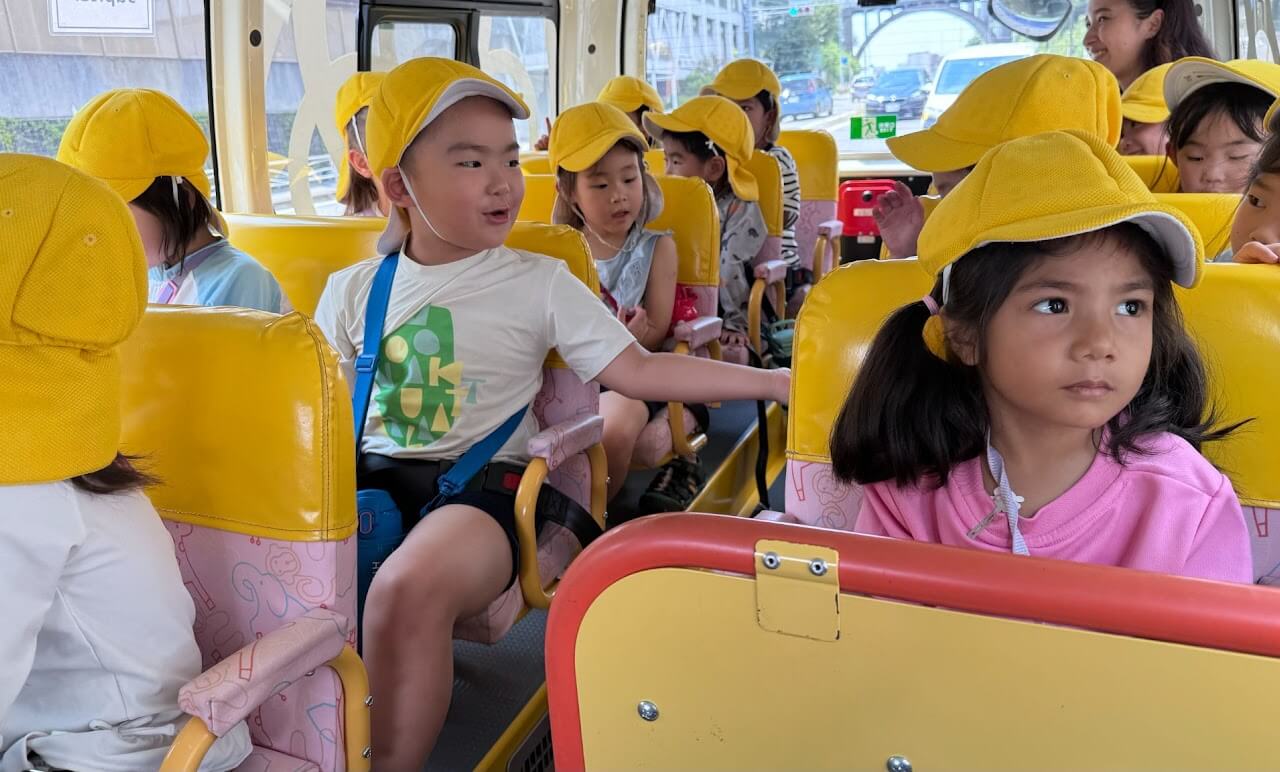
Much like a break from physical activities children also need a break to mentally to unwind. The children have a busy day at CGK but we make time for them to have opportunities to take a brain break by doing some calming breathing exercises, quick stretches and physical activities, reflections on their day, or even just having a quick lie down and closing their eyes for a few minutes. In this report, it talks about how brain breaks can help us reset our focus which can lead to increased productivity and better behaviour amongst other things. Research also shows that brain breaks are a way for our brains to process information and keeps our brains healthy.
Rather than being idle downtime, brain breaks are important and healthy for everybody. During the recent summer and Obon break many people were travelling around or outside of Japan or out and about and enjoying the lovely summer weather. For most if not everybody there must have been a lot time spent waiting for something: making our way to the head of a long queue, the fireworks show to begin, or the train or plane to arrive. It is easy to just jump on our devices to occupy ourselves during these periods of waiting. Everyone, including children, are already busy enough so it is important to take the time to slow things down and mental break just like we would with a physical one. Instead of loading our brain even more, why not take a brain break and do what it says on the tin: give your brain a break.



CGK Awards
Welcome to the world renowned, highly respected, and much revered CGK Awards! Each month we would like to highlight the children from each class who have displayed qualities that are part of the IB Learner Profile. These are qualities that we want our children to have and to share with the world. With that, the recipients of this month's CGK Achievement Award are:
Jungle (3-year-olds)
E. - for being a thinker and considering his teachers' words before he tries to make good choices.
H. - for being a caring risk-taker by going out of her comfort zone and trying to spend time with many different Jungle friends.
R. - for being curious and observant and being kind to friends by talking to
Mountain A (4-year-olds)
K. - for showing that he is balanced by taking care of himself and asking for help when he needs it.
S. - for being a communicator and sharing her knowledge about plants.
Mountain B (4-year-olds)
E. - for trying to communicate in English.
U. - for showing more responsibility and helping a lot during clean-up time.
Sky (5-year-olds)
I. - for being a communicator by trying to use English more and being a risk-taker by coming to CGK with a great attitude and a big smile.
U. - for doing well in his summative assessments, remembering his homework, and displaying qualities of a thinker and inquirer.
Congratulations to this month’s recipients. Keep on sharing your awesomeness with the world!
Sky (5 year olds)
Curious Kids on a Cultural Adventure: Exploring the World Beyond Japan!
In our new UOI, Where We Are in Place and Time, we’ve been exploring the diverse cultures that shape our world. The students have had the chance to examine and compare the cultural foods and traditions of countries like Italy, America, New Zealand, Guam, Ireland, Australia, Mexico, the United Kingdom, and Morocco. This has been an engaging way for them to see how people live in different parts of the world and appreciate the beauty of cultural diversity. We’ve encouraged them to think critically and reflect on these differences, sparking their curiosity about life beyond Japan. Learning about other countries and cultures is important for this age group as it helps to foster curiosity, empathy, and respect from an early age. At this stage, children are naturally curious about the world around them, and introducing them to diverse cultures helps broaden their understanding and appreciation of differences. By learning about various traditions, foods, languages, and customs, young children can develop a sense of global awareness and inclusivity, which lays the foundation for becoming open-minded and culturally sensitive individuals in the future.
We’ve also introduced deeper concepts, such as migration and the factors that contribute to people moving from one place to another. Though we’ve only touched on this briefly, it’s helped the children to start thinking about the interconnectedness of our world. To further solidify their understanding, we used a Venn diagram to compare and contrast these cultures, which has been a helpful tool for visualizing similarities and differences. This approach not only enhances their understanding of geography and culture but also fosters empathy as they begin to see the world through the eyes of others.
We’ve just begun learning about the inquiry cycle, which is guiding our exploration of different cultures and helping us answer the questions on our Wonder Wall. The children are taking charge of their learning, using their curiosity to dive deeper into topics that interest them. This approach is building a sense of agency as they lead the way in discovery. We’re excited to see their understanding grow as they uncover new insights, nurturing both their content knowledge and their ability to think critically and independently.
The IB curriculum promotes inquiry-based learning where children are encouraged to ask questions and explore different cultures through interactive activities, stories, and experiences. This approach not only enriches their learning experience but also aligns with the IB’s goal of developing compassionate and knowledgeable global citizens. Through these early experiences, children gain valuable skills in communication and problem-solving while learning to appreciate and celebrate diversity. We will also continue this UOI by keeping our lines of inquiry in mind: Cultural Foods, Family History and Journeys, Migrations, and Innovations.
Chef Experience at IMPASTO: Exploring the Origins of Food Culture
In August, the Sky class started a new UOI (Unit of Inquiry), "Where We Are in Place and Time," and as part of this unit, they participated in a chef experience at the Italian restaurant IMPASTO. To prepare for this event, the children mainly focused on learning about Italian food culture and history during Japanese lessons. By exploring traditional Italian food, famous tourist spots, and artwork, we were able to gauge which aspects the children were most interested in. As they learned, they were excited to discover new things about countries outside of Japan, expressing their thoughts with bright eyes, saying, "It's different from Japan, but I see they have these ideas!" and "I wonder how big Italian buildings are. I want to see them for myself!" Among all their questions, they were particularly curious about the history and origins of Italian food culture.
One day, while looking at a world map and checking Italy's geography, a fantastic question arose: "Why do people in Italy eat pizza?" Upon researching, we discovered that pizza dough was originally used as a plate for food in ancient Egypt, and this dough later spread to Italy, where it evolved into the pizza we know today. The children were also fascinated by how pizza, which spread from Egypt to Italy, eventually became a common dish in Japan. Through group discussions, they deeply thought about not only pizza and pasta but also how other international cuisines, such as curry and tacos, became familiar in Japan.
During the chef experience at the pizza restaurant IMPASTO, the children had a wonderful encounter with Italian culture. They first tried making pizza, kneading the dough themselves, spreading the sauce, and having fun adding their favorite toppings. Afterward, they also tried making pasta, learning the delicate technique of rolling out the dough.
The Sky class children, who had prepared many questions in advance of the restaurant visit, confidently asked the restaurant staff questions such as, "Why did pizza become famous in Italy?" and "How did people in the past teach pizza and pasta-making?" Their curiosity and inquiry skills were truly remarkable. Receiving direct answers from a professional pizza chef allowed them to gain new knowledge, and it was a very meaningful experience.
The Sky class, now deeply interested in Italian culture and history, will continue to learn not only about other countries' cultures and histories but also about how these influence the modern world. We are excited to see where their interests will lead them and what journey they will take us on next!
Mountain A
(4 year olds)
The Importance of Independence


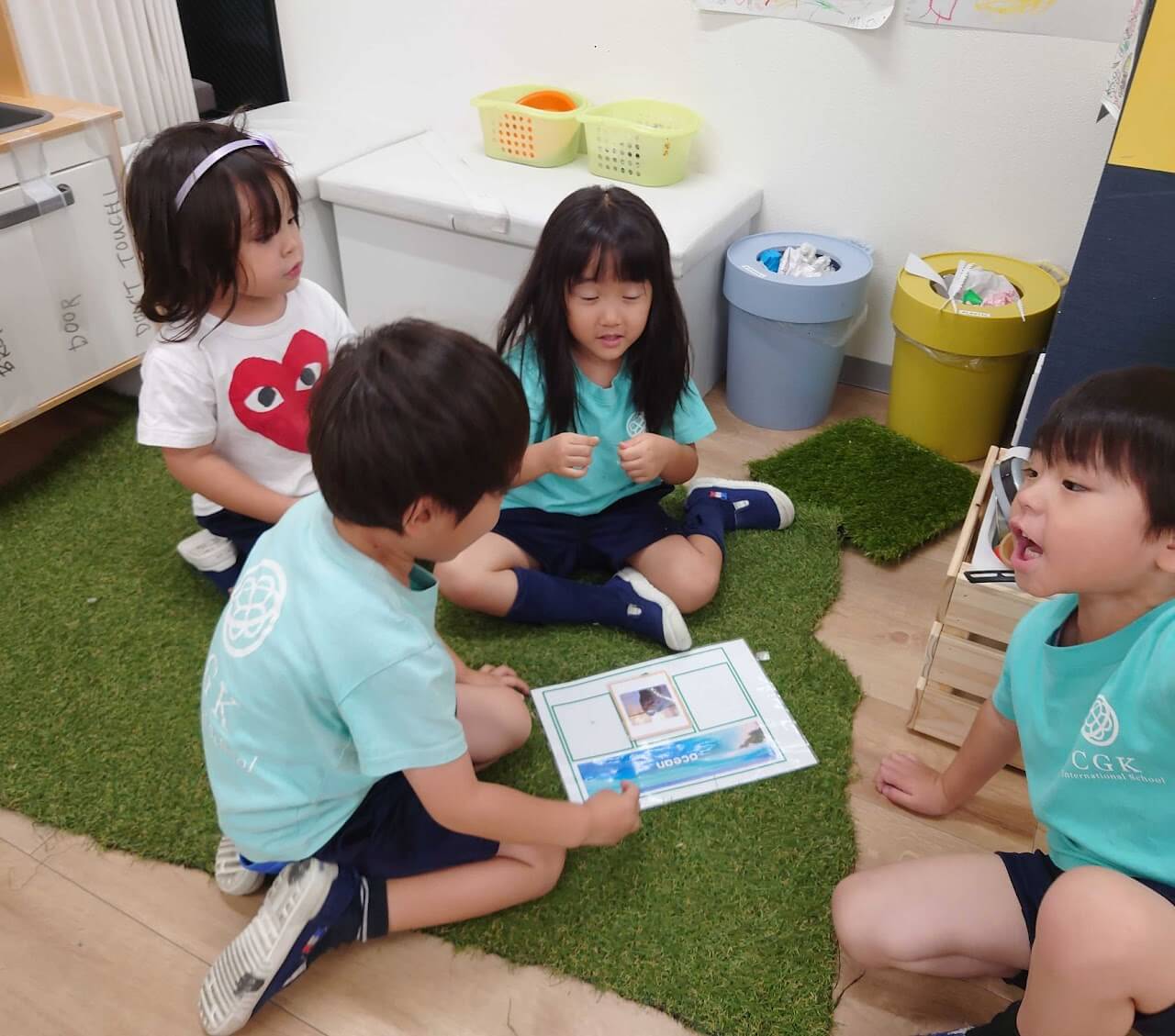


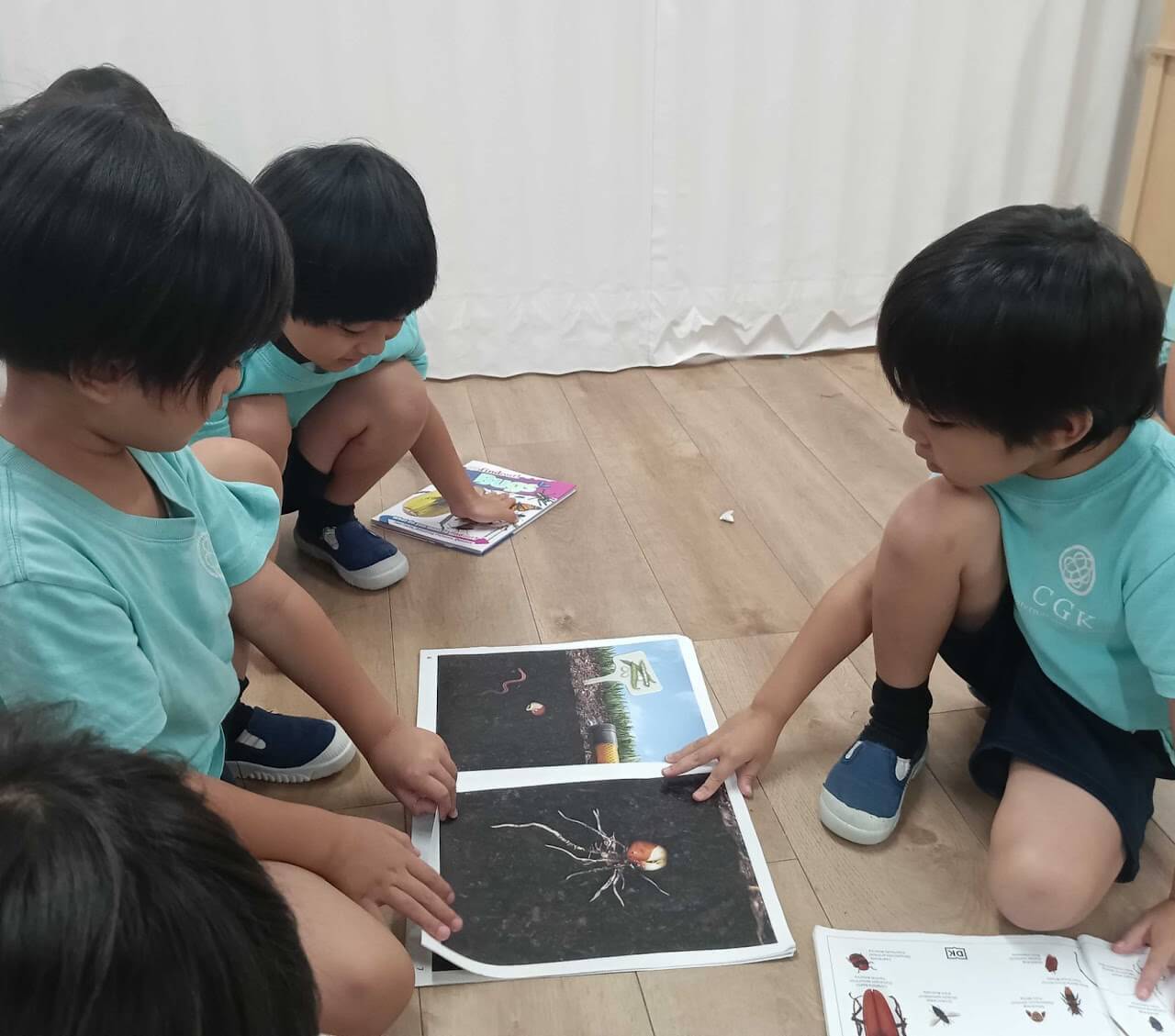


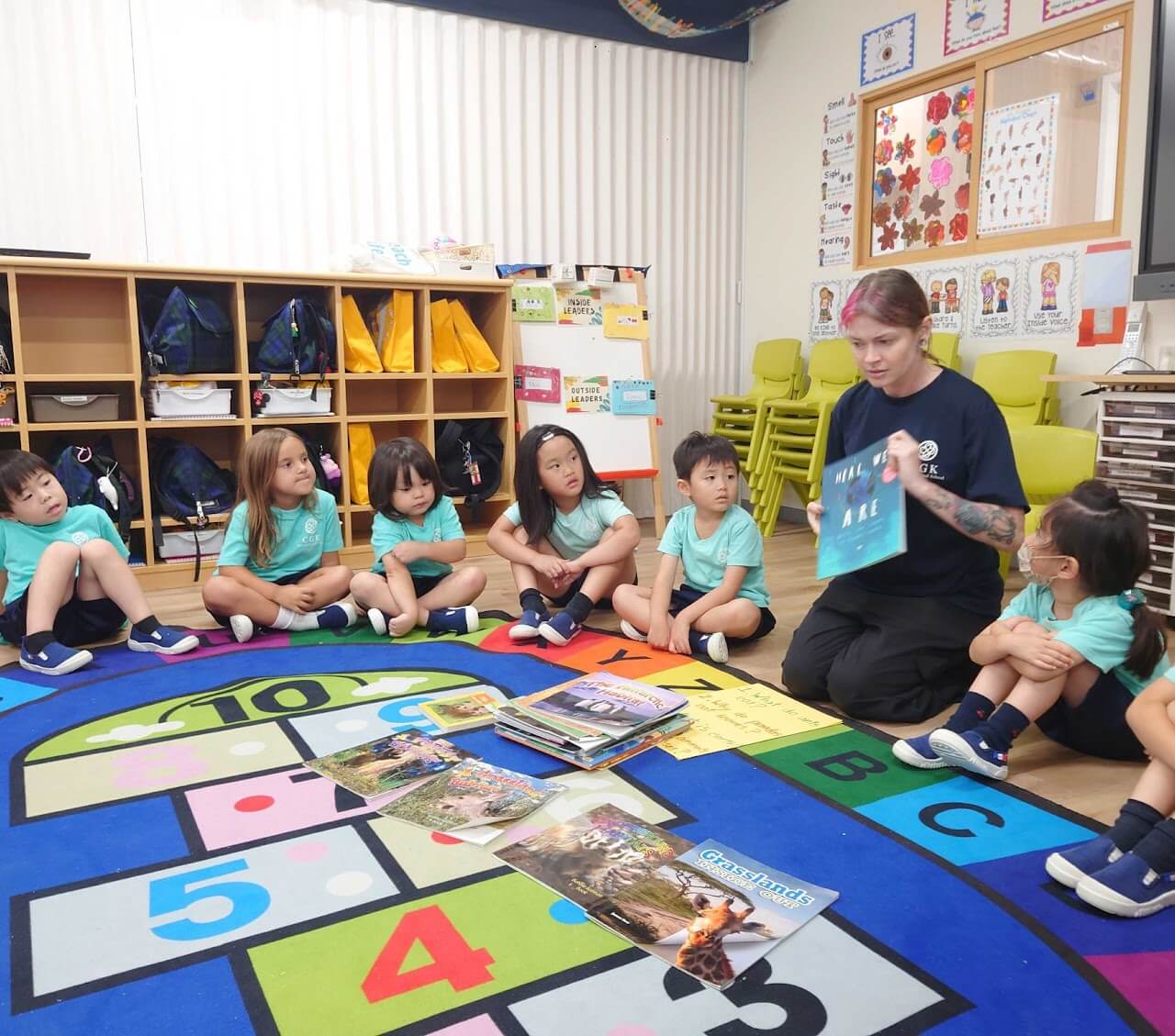


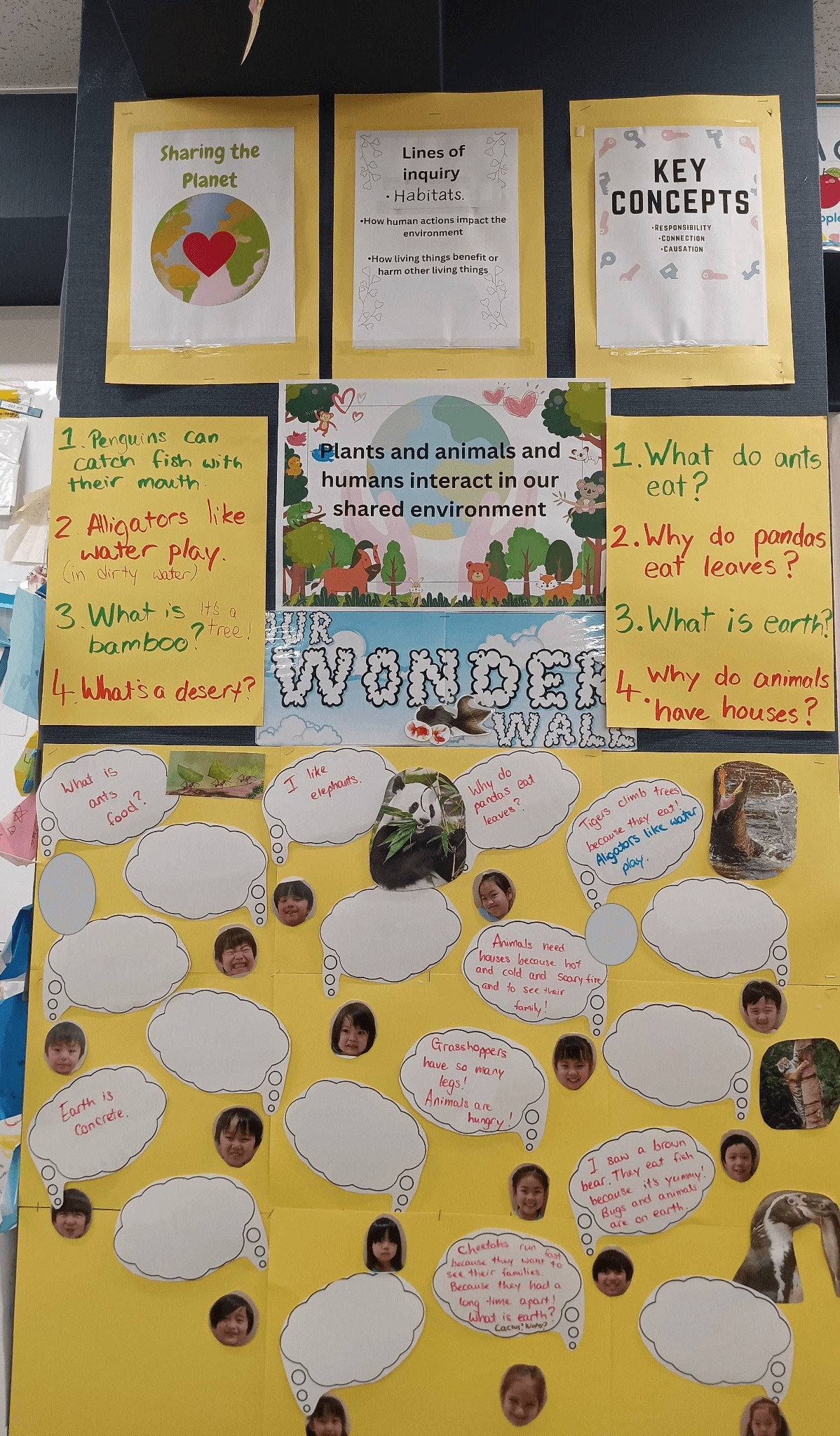
-


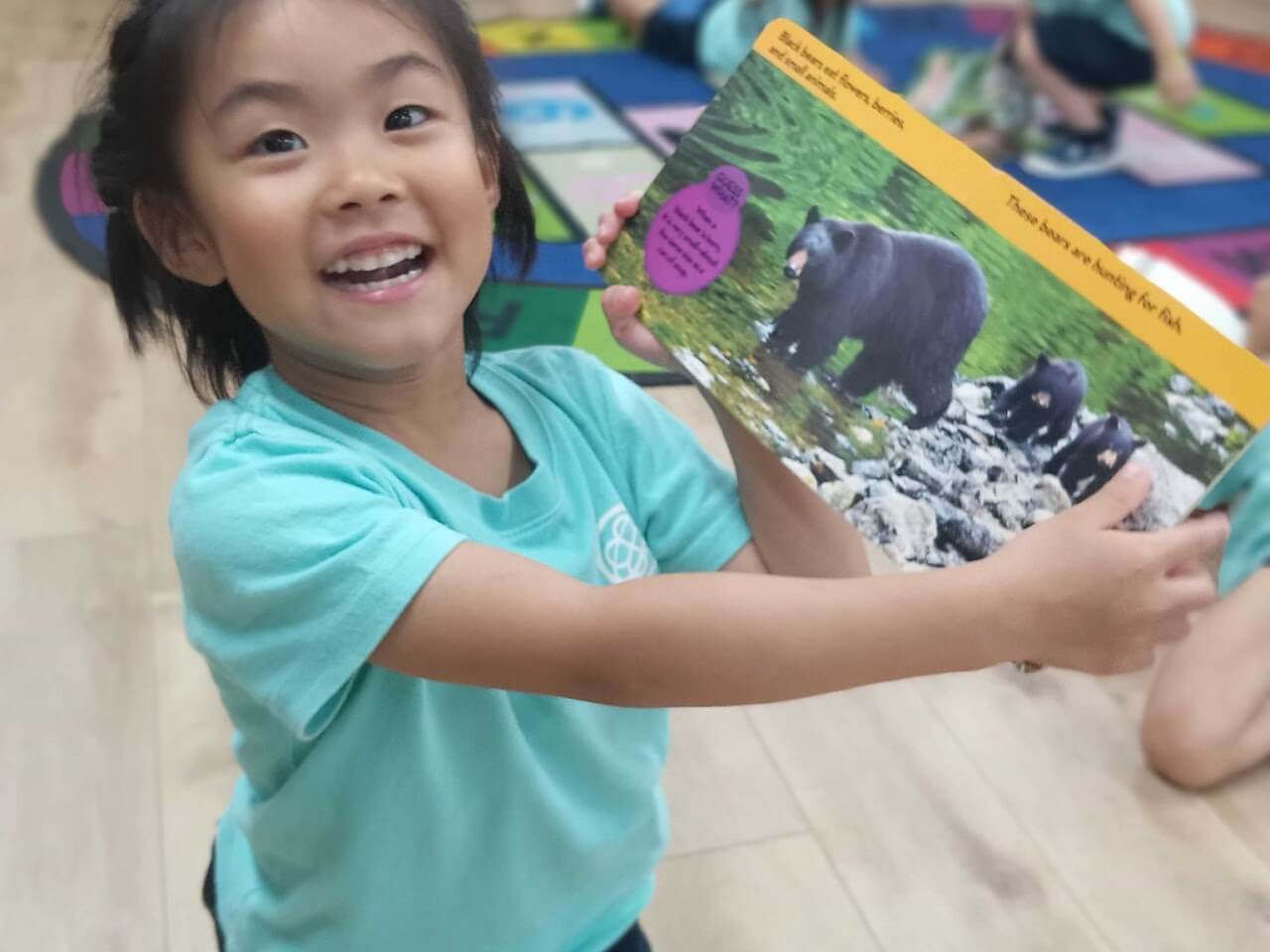


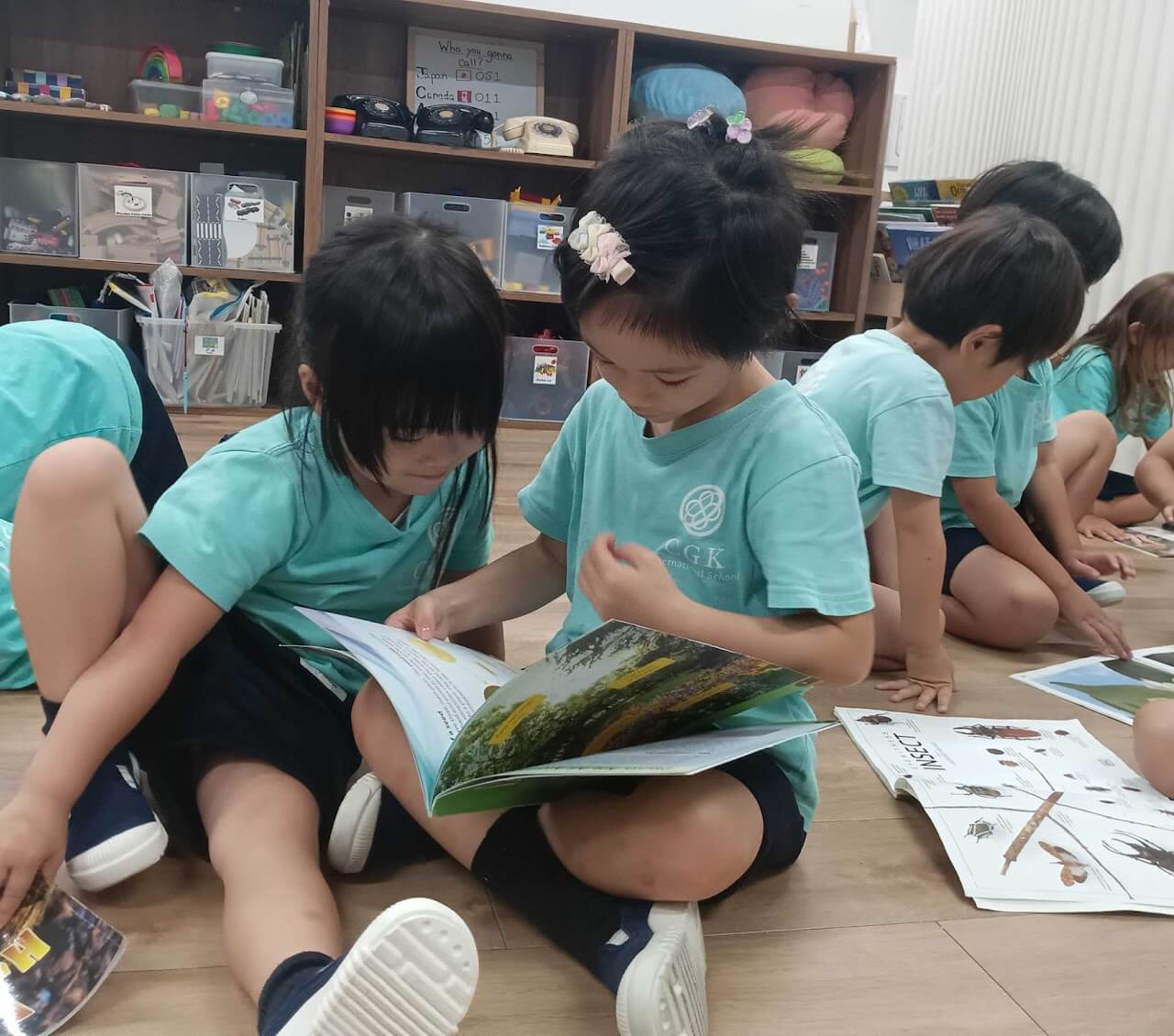
-
This school year, we are focusing on developing the critical skill of independent research. It’s wonderful to see the children’s natural curiosity, and we want to nurture that by encouraging them to not only ask questions but to actively seek out the answers themselves.
Our current UOI, Sharing the Planet, has sparked a lot of questions from the students. Instead of simply providing the answers, we are guiding the children to explore various methods of finding information, such as using books, digital resources, and observing the world around them. This process not only strengthens their research skills but also fosters a sense of independence and ownership of their learning.
As the year progresses, we will continue to build on this foundation, empowering the children to think critically, seek solutions, and develop a lifelong love of learning.












-






Around the World in Kannai!
-

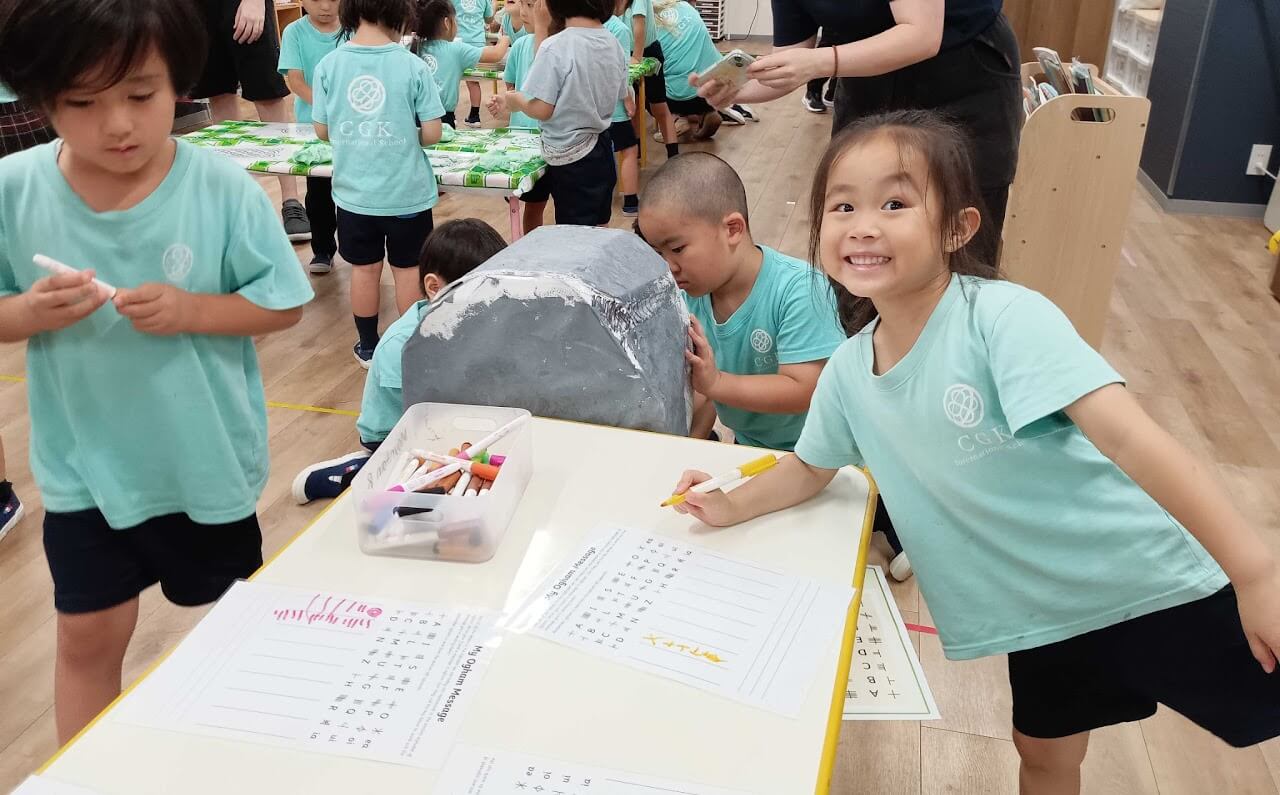

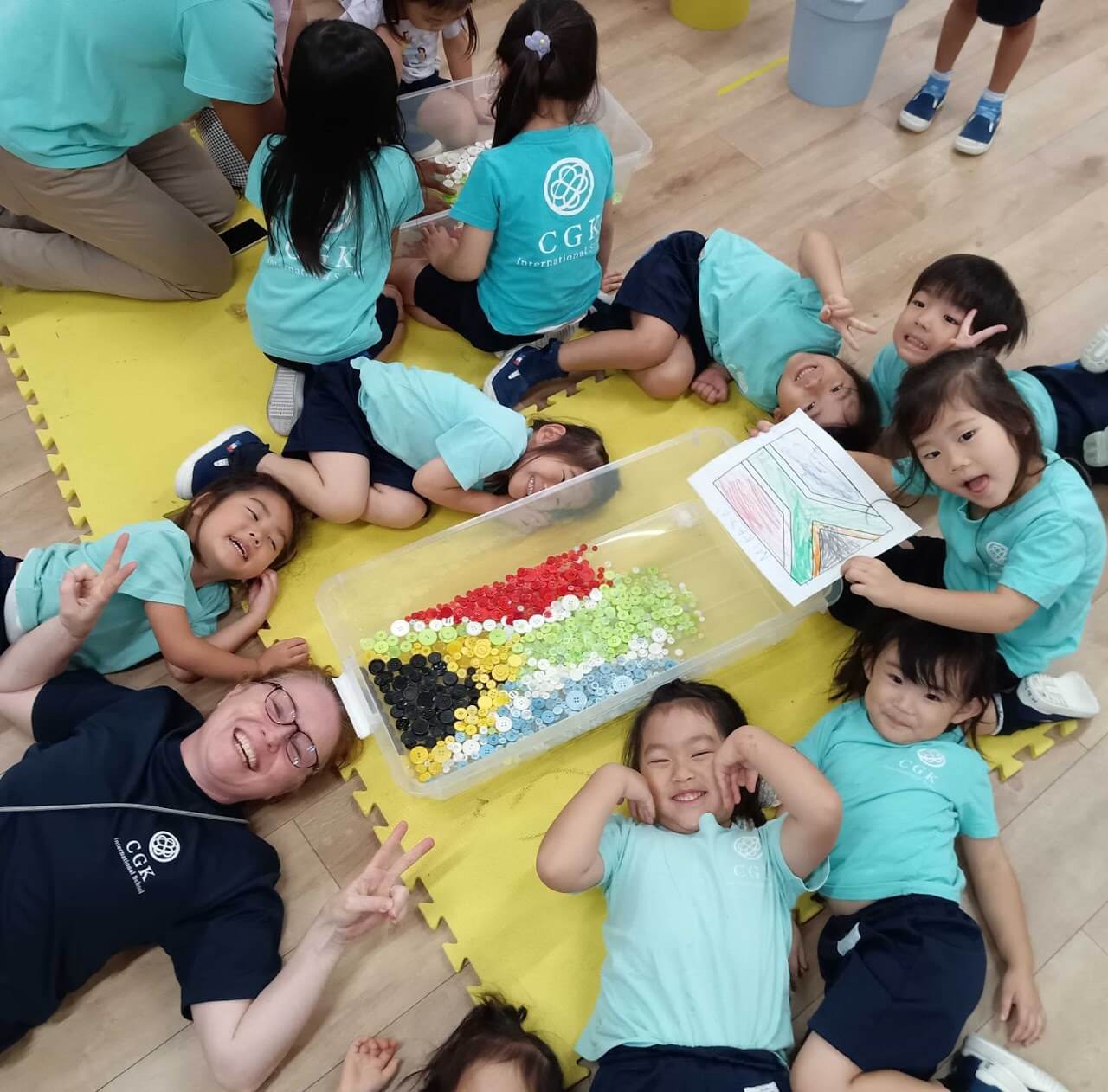
-

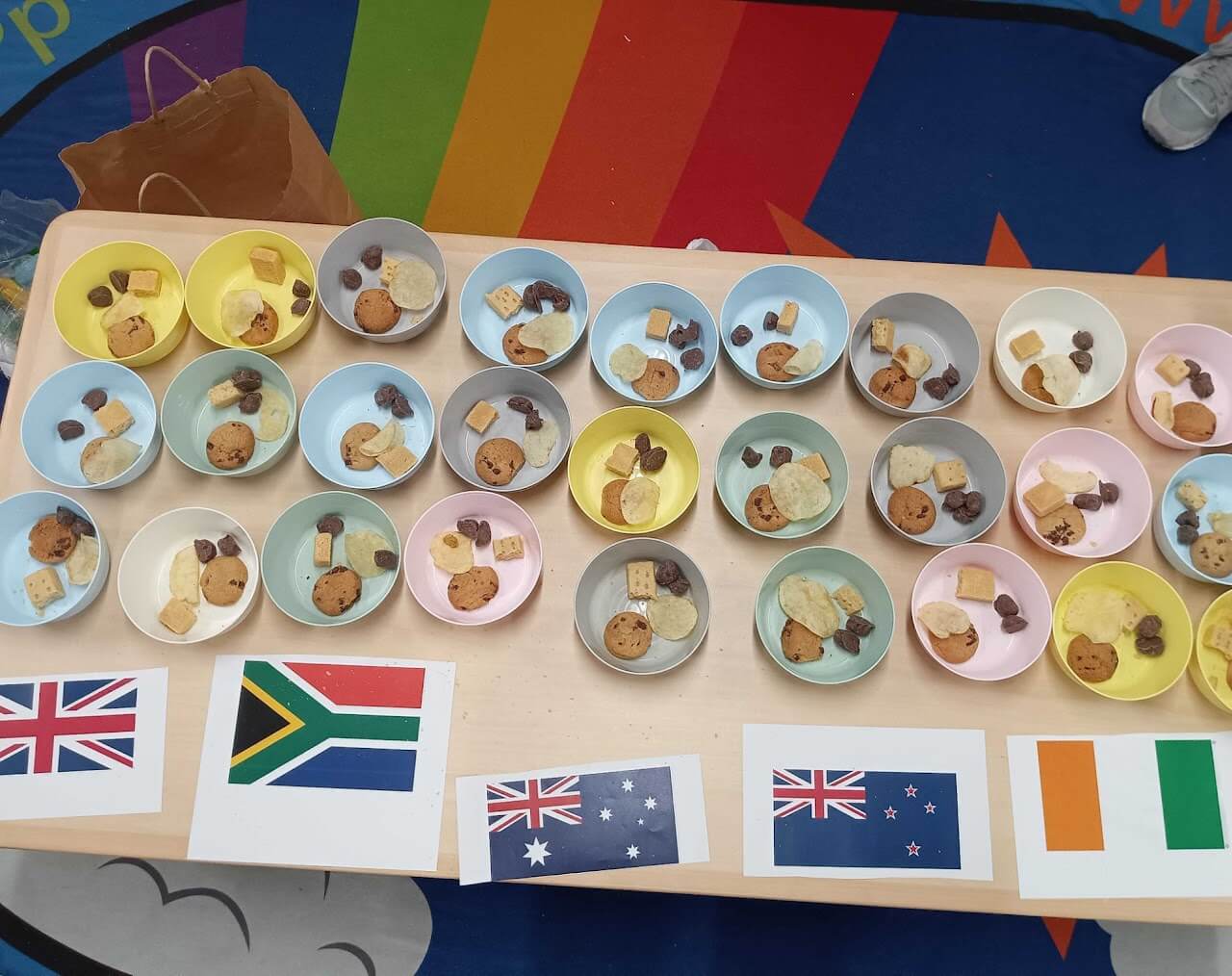
The students of Mountain A and B have thoroughly enjoyed the joint learning provocations we have been having as a class this previous unit. We learned all about Ireland, New Zealand, Australia, Japan, England and South Africa. A special thank you to the teachers that coordinated and hosted these days:
Ms. Lois, Ms. Monami, Ms. Renae, Ms. Taeko, Ms. Nina, and I also held the South Africa day so I will include myself as well! The children were able to experience cultures from all around the world, through the lovely perspectives of the teachers that they interact with every day. We also had a World Heritage Fair for the final provocation of the unit, where the kids could enjoy some of their favourite activities from each cultural day! For snack time that day we had some snacks from all around the world, and washed them down with some South African rooibos tea! Bon Appetit!
Water Play is So Much Fun!
This summer, we enjoyed plenty of water play. Although there were days we couldn’t go outside due to the extreme heat, the outdoor experiences provided through water play offer a unique kind of learning, distinct from other activities. The children, with their boundless imagination, came up with a variety of games far beyond what we had prepared. While the teachers prioritize the children’s safety, we also help facilitate their creative ideas, stepping back and letting them play freely as long as it’s safe.
Some children who initially didn’t want to get wet soon found themselves drenched, joyfully splashing water with their friends. Seeing them embrace water play shows how much they’ve grown. Meanwhile, other children diligently watered the grass throughout the activity.
From touching water, getting wet, pouring it into containers, transferring it, to feeling its weight and coolness—these are experiences quite different from those in a bath or pool. The rare opportunity to get wet in their clothes and shoes is not only fun but also offers invaluable learning. These moments are filled with smiles, laughter, learning, joy, expressions of care for friends, and self-expression, creating a wonderful and enriching time for all.
Mountain B
(4 year olds)
Welcoming a New UOI - Sharing the Planet
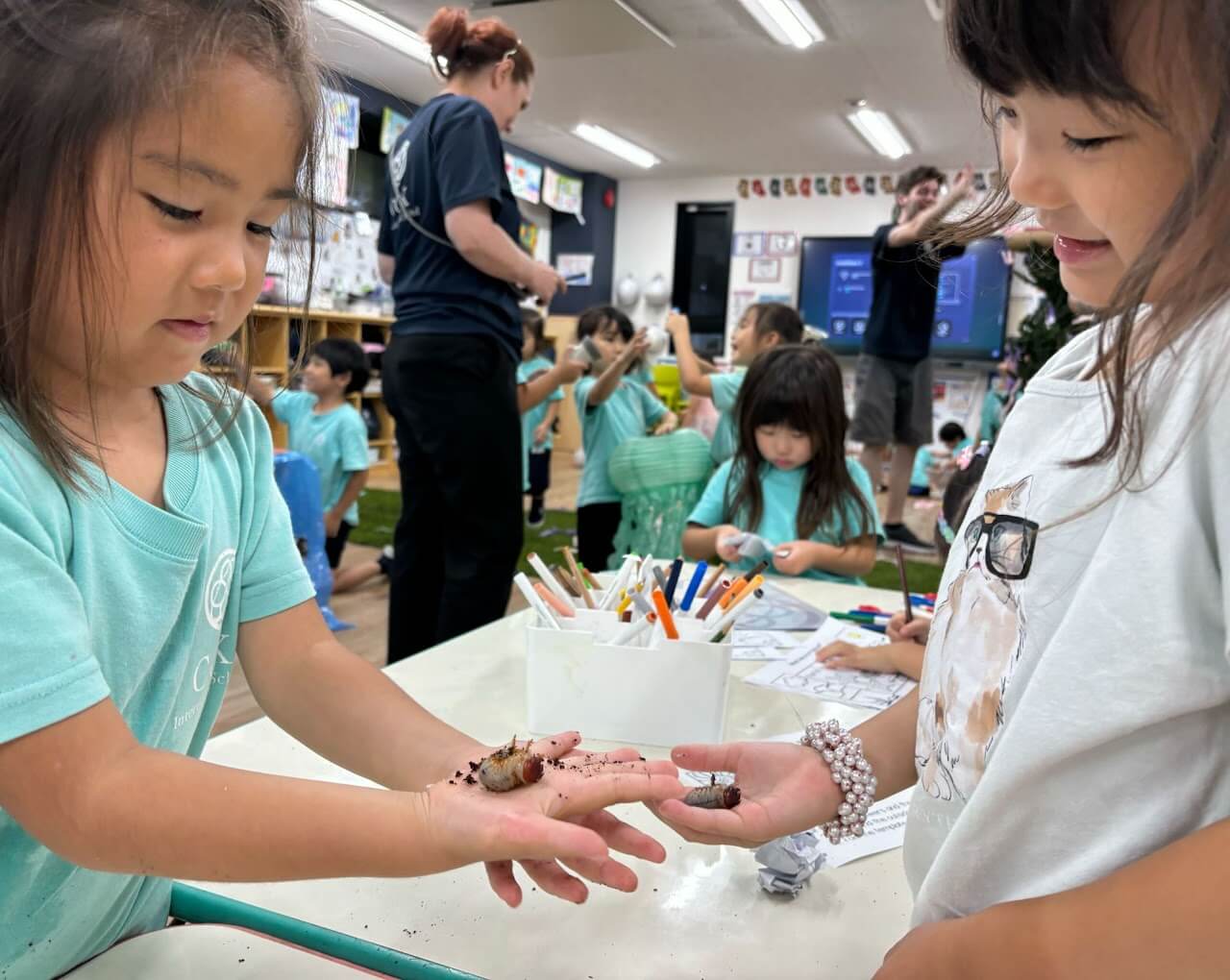


It's beetle mania!!!!
As we dive into our UOI, Sharing the Planet, we are excited to explore the vital role that insects, particularly beetles, play in our ecosystem.
Thanks to a generous CGK family that donated some beetle eggs and Ms Emily who found a beetle on the way to work one day, we are able to see and experience the lifecycle of the rhinoceros beetle. The children have already begun to ask many questions about the new class pets which we hope to use to delve into the UOI with the children's curiosities in mind.
Studying beetles and other insects through play-based and experiential learning fosters curiosity, encourages observation, and builds a foundational understanding of ecological principles. As the children explore the world of beetles, they will gain valuable insights into the interconnectedness of life on Earth and the importance of preserving our planet’s biodiversity.
(We were even able to get Mr John to hold one - although he wasn't super confident, he modelled some of the risk taking aspects of the Learner Profile!)
The Inquiry Cycle
As we continue to celebrate our recent achievement of becoming an authorized IB world school, we recognize that our journey in delivering the PYP programme is ongoing and ever-evolving. We are excited to introduce the Inquiry Cycle, a key component that empowers our students to explore, question, and make sense of the world around them. Below is a brief overview of the cycle and its stages:
- 1. Tuning In: Students are introduced to new topics, connecting with their prior knowledge and sparking interest through engaging questions and discussions.
- 2. Finding Out: They actively research and gather information using various resources, developing essential investigative skills.
- 3. Sorting Out: Students organize and analyze the information they've collected, identifying key concepts and understanding connections.
- 4. Going Further: Curiosity leads them to explore deeper and ask more complex questions, extending their learning beyond the basics.
- 5. Making Conclusions: They reflect on their findings, drawing informed conclusions and solidifying their understanding of the subject matter.
- 6. Taking Action: Finally, students apply their new knowledge in meaningful ways, making positive contributions and demonstrating their learning in real-world contexts.
With each new activity, we are committed to incorporating elements of the Inquiry Cycle, and we’ve already started putting this into practice! For our current UOI, along with Mountain A, we began by exploring various habitats, allowing the students to Tune In and Find Out. Following this, Mountain B students engaged in a Sorting Out activity where they designed their own habitats. This hands-on approach is just the beginning of our journey, offering as many learning opportunities for us as it does for the students.
As ever, if you have any questions then please do reach out to us, we'd love to hear from you!
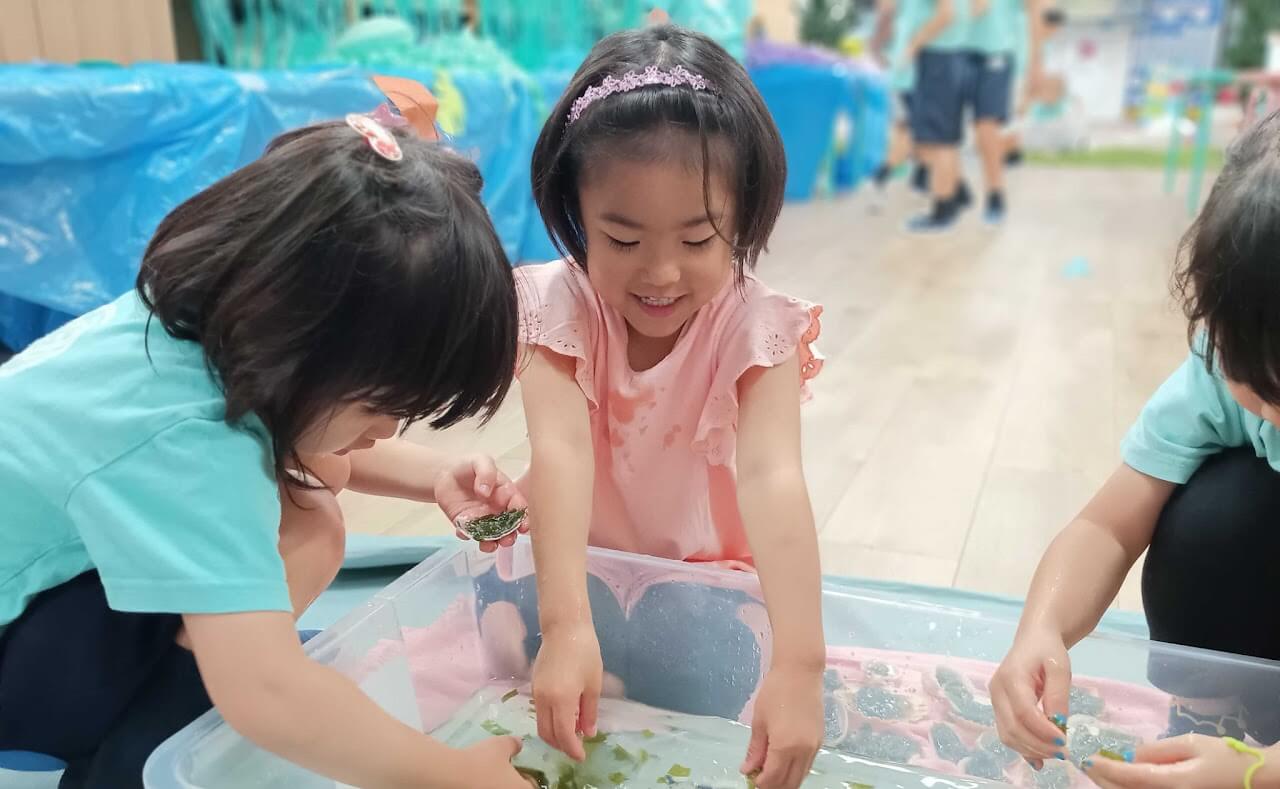

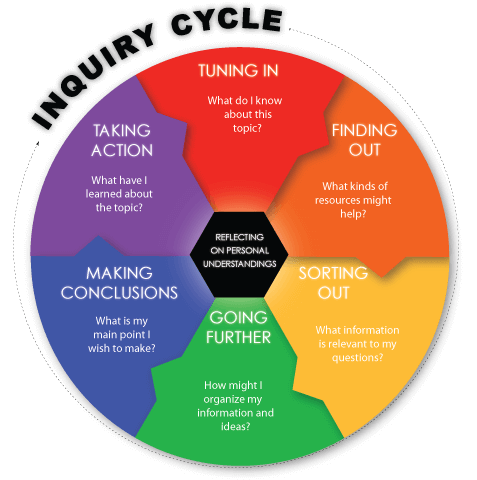

The Importance of Life and Sharing
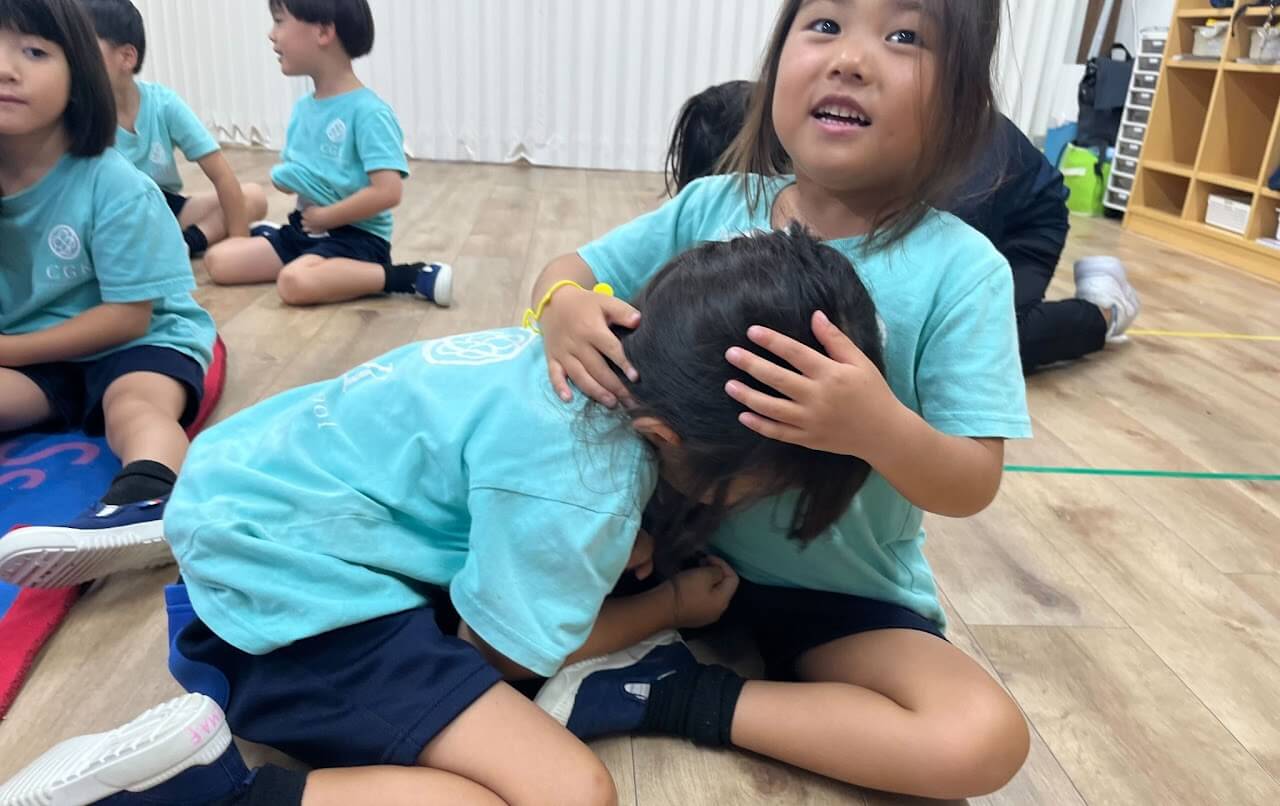


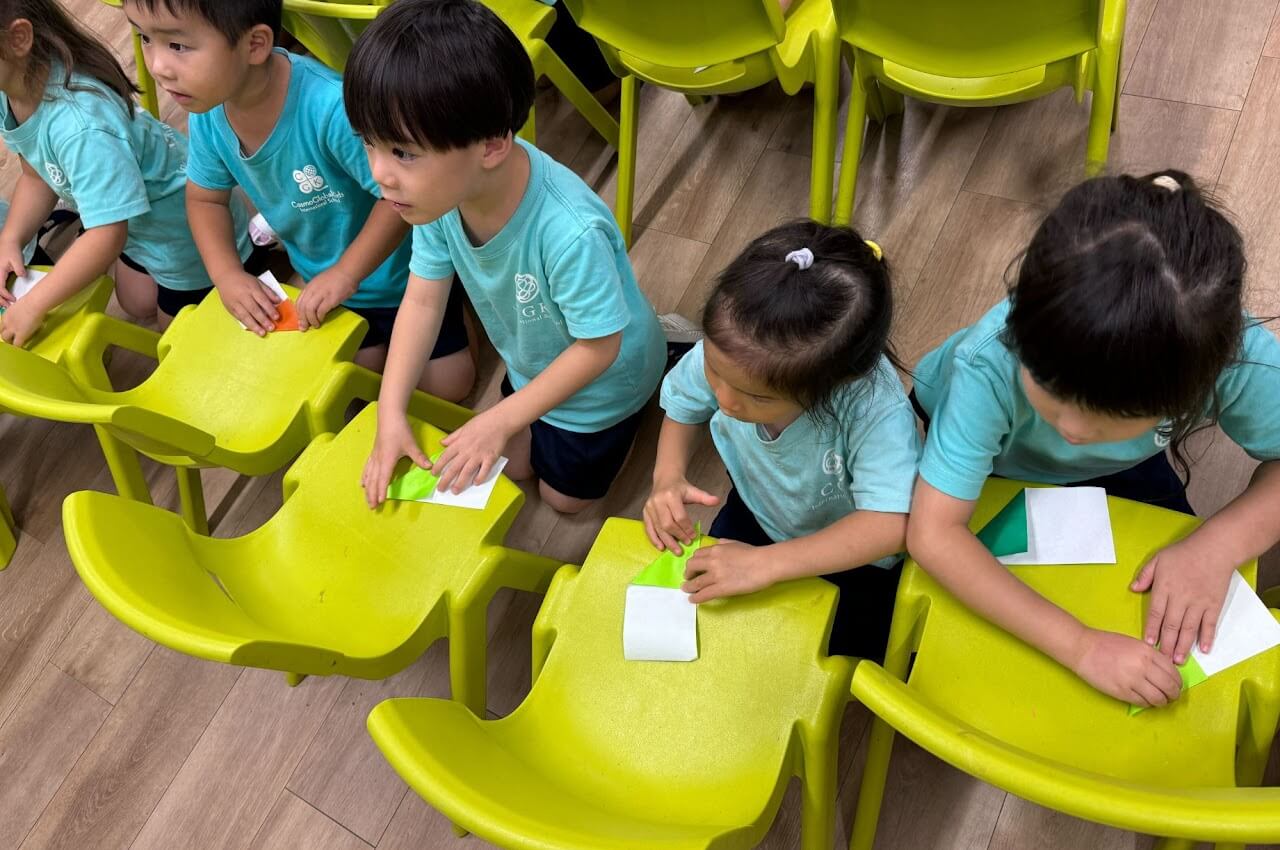


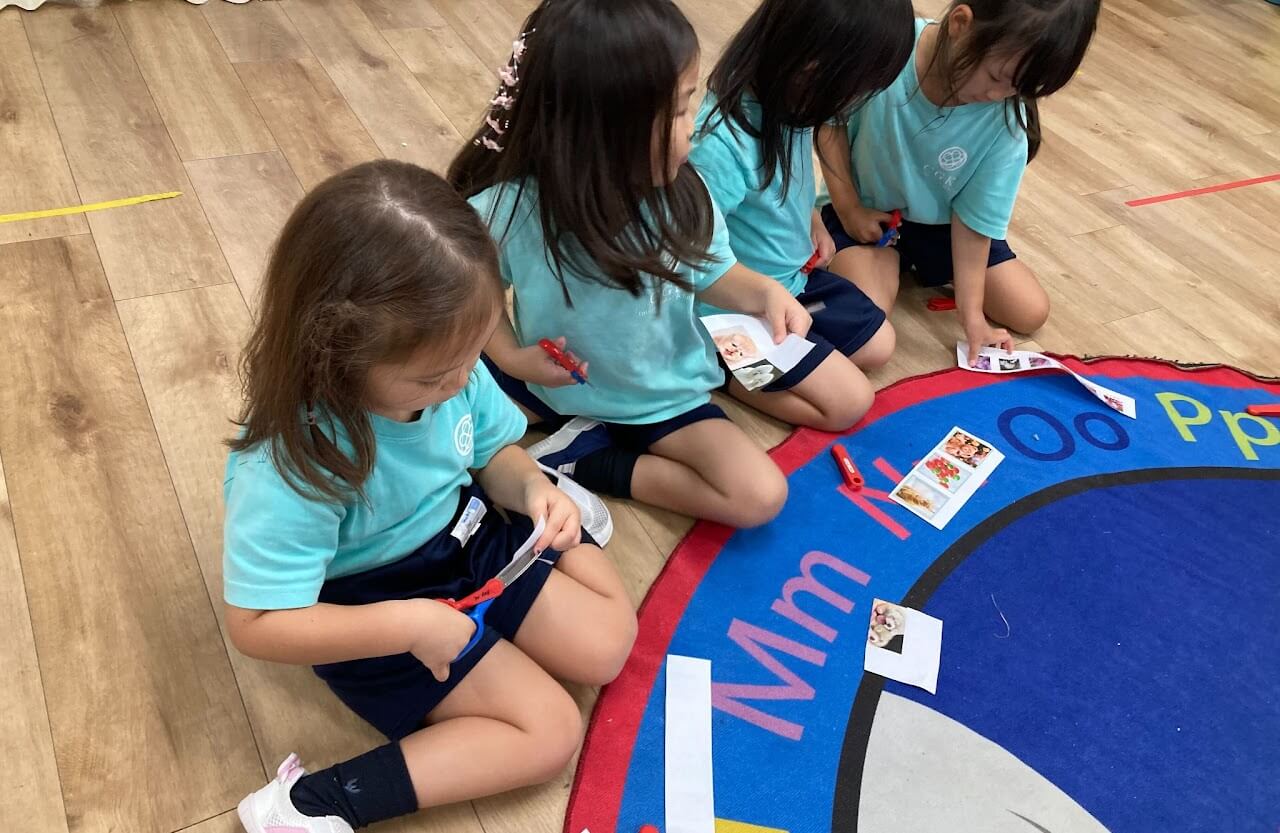


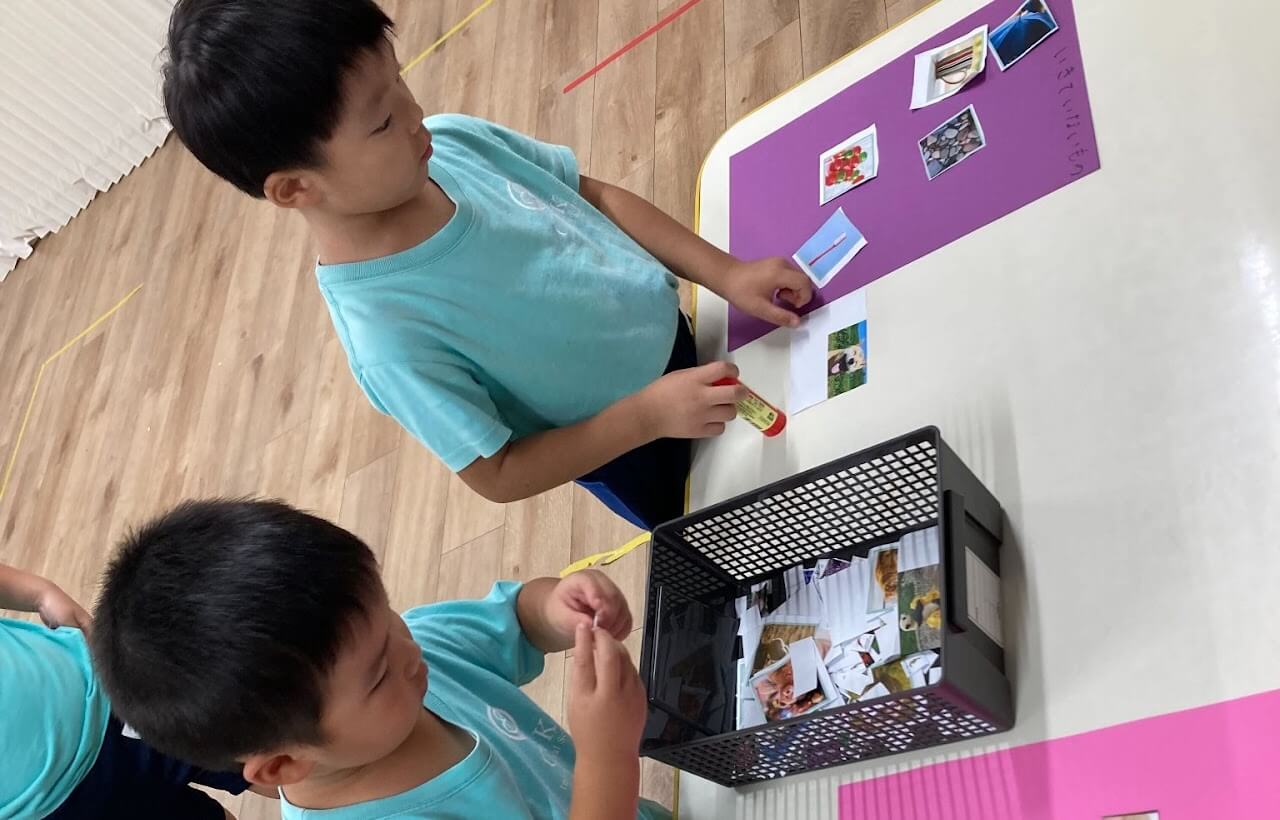

How was your summer vacation? The Mountain B class is filled with children who clearly enjoyed their summer, sporting sun-kissed faces and full of energy as they returned after the break!
The children took time to reflect on the concept of "life." In this lesson, we explored what is necessary for us to live. One child suggested, "Our heart needs to be beating." To experience this firsthand, the children paired up and listened to each other’s heartbeats. Through this activity, they became more curious about the workings of the body, the cycle of life, and what differentiates living from non-living things.
As part of this exploration, we read the picture book "Mine! Mine!" Through this story, the children learned about the importance of sharing. By understanding the natural desire to have things to oneself and the joy that comes from sharing with others, they developed a sense of cooperation and compassion.
We also engaged in an origami activity where the children folded frogs. They focused deeply and worked together with their friends to complete their creations. Through this activity, they not only created origami but also learned the importance of teamwork and seeing tasks through to the end.
In the upcoming Unit of Inquiry (UOI), the theme will be "Sharing the Planet." The children will explore the ideas of sharing and coexistence on a global scale. As they continue to practice sharing and cooperation in their daily lives, we look forward to watching them grow and develop an even richer sense of empathy and understanding through these learning experiences.











Jungle
(3 year olds)
Honey, I Grew The Kids More!
As we near the end of our Who We Are UOI, we begin our journey into the realm of reflection. We've been visualizing how much we have grown by adding our growth to the flowers we made earlier in the unit. This is great as students of this age are much more capable of comprehending noticeable growth when they can see it in picture form rather than numbers.
On top of this, we have started our assessments to close out the unit by looking at various pictures of us doing all the different activities and actions that help us to grow. This can be anything from drawing, running, cutting, jumping, sleeping, eating, and everything in between. Then, using lots of the pictures we looked at, we discussed the lines of inquiry and made a collage by gluing them to a large piece of paper and displaying it by the front entrance. This allows the students to reflect on the unit every time they pass by in the morning and on their way home.
The Hungry Caterpillar Strikes Back! - Adventures in the Jungle Class
As we near the conclusion of the Who We Are UOI, our young learners have deepened their understanding of growth—both personal and physical. They've explored what it means to take responsibility for their own well-being, developed independence, acquired new skills, and embraced the courage and persistence needed to become their best selves. These experiences have closely aligned with the IB learner profiles we aim to nurture.
This month, the Jungle class embarked on their first-ever field trip to an insect exhibition, further enriching their inquiry into the natural world. In addition, we brought the outdoor learning experience into the classroom by observing and caring for various creatures.
Our journey began when we introduced a caterpillar into the classroom, which the children eagerly watched as it hungrily ate through green leaves. After spending time in its cocoon, it transformed into a butterfly! Every morning, the children excitedly observed the butterfly, sometimes catching it feeding on fruit syrup. We then welcomed a lizard into the classroom, which led to a surprising discovery about its diet when it ate our butterfly before its release! Thanks to a kind classmate a grasshopper joined our classroom next, teaching us about its impressive jumping abilities, thanks to its long long legs. Finally, we observed a beetle that our friends in the Ocean A class kindly shared (THANK YOU!) We also had a little crab staying with us for a day that came to us from Mountain B class (THANK YOU!) which we were excited to feed and observe its movements... Snip snip!
Through these hands-on experiences and following the students' curiosity, the children were introduced to concepts such as life cycles and habitats and how all that can be connected to them. In our class we strive to make learning as natural and engaging as possible, fostering a love of discovery and the joy of learning in our children.
-

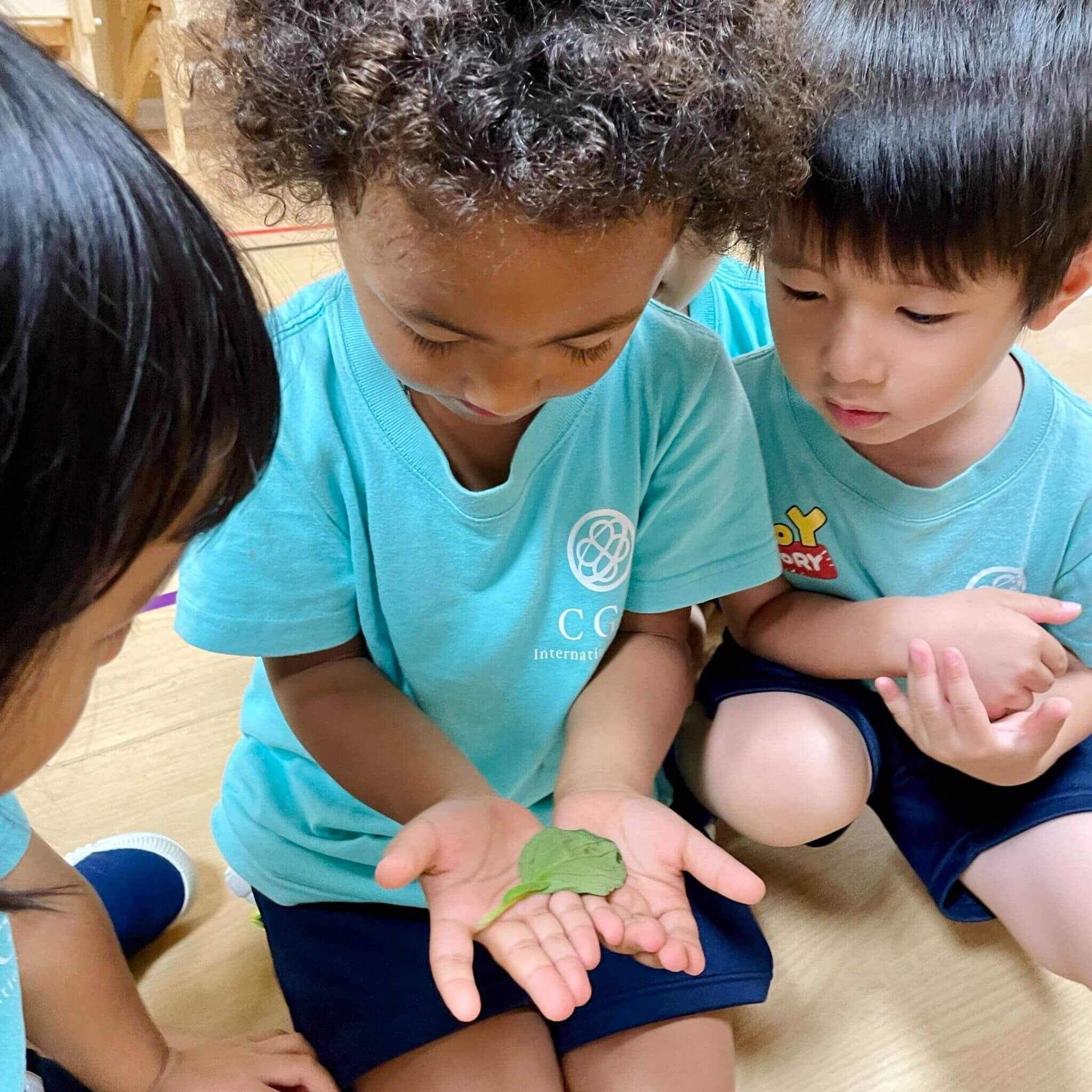
Our hungry caterpillar pet! [Scroll for more pictures]
-

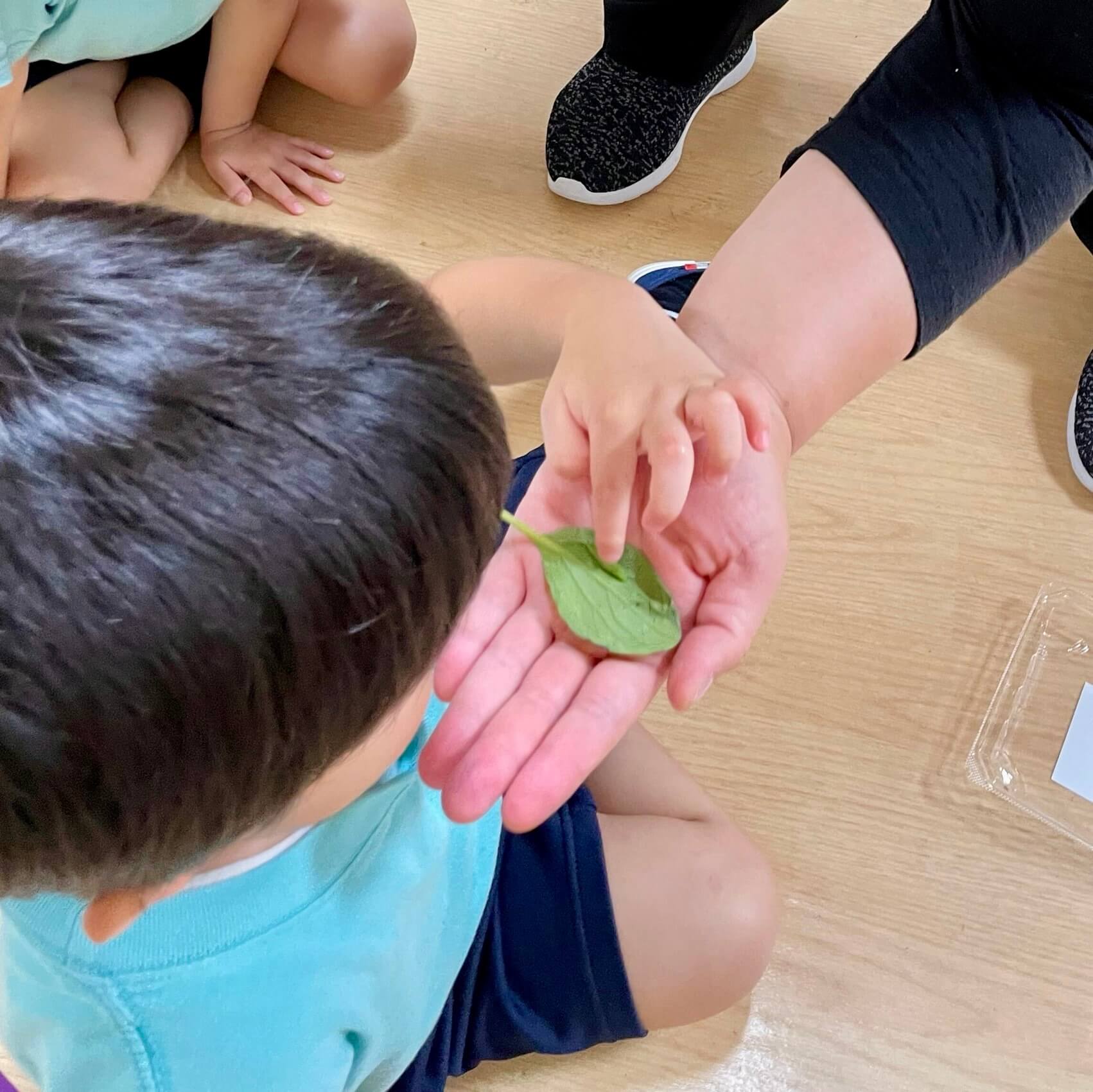
Being a risk taker and experiencing new things!
-

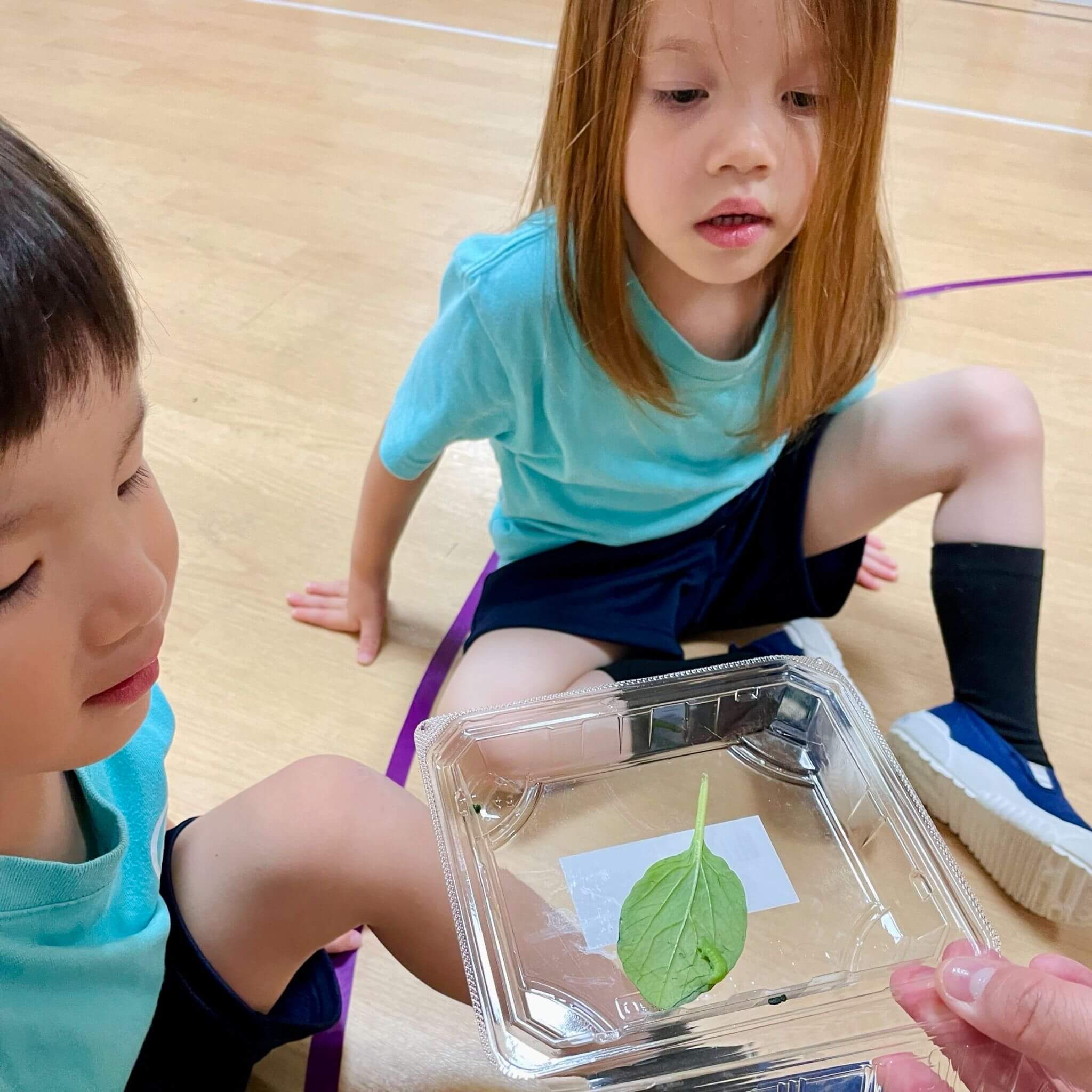
Getting familiar with a caterpillar
-

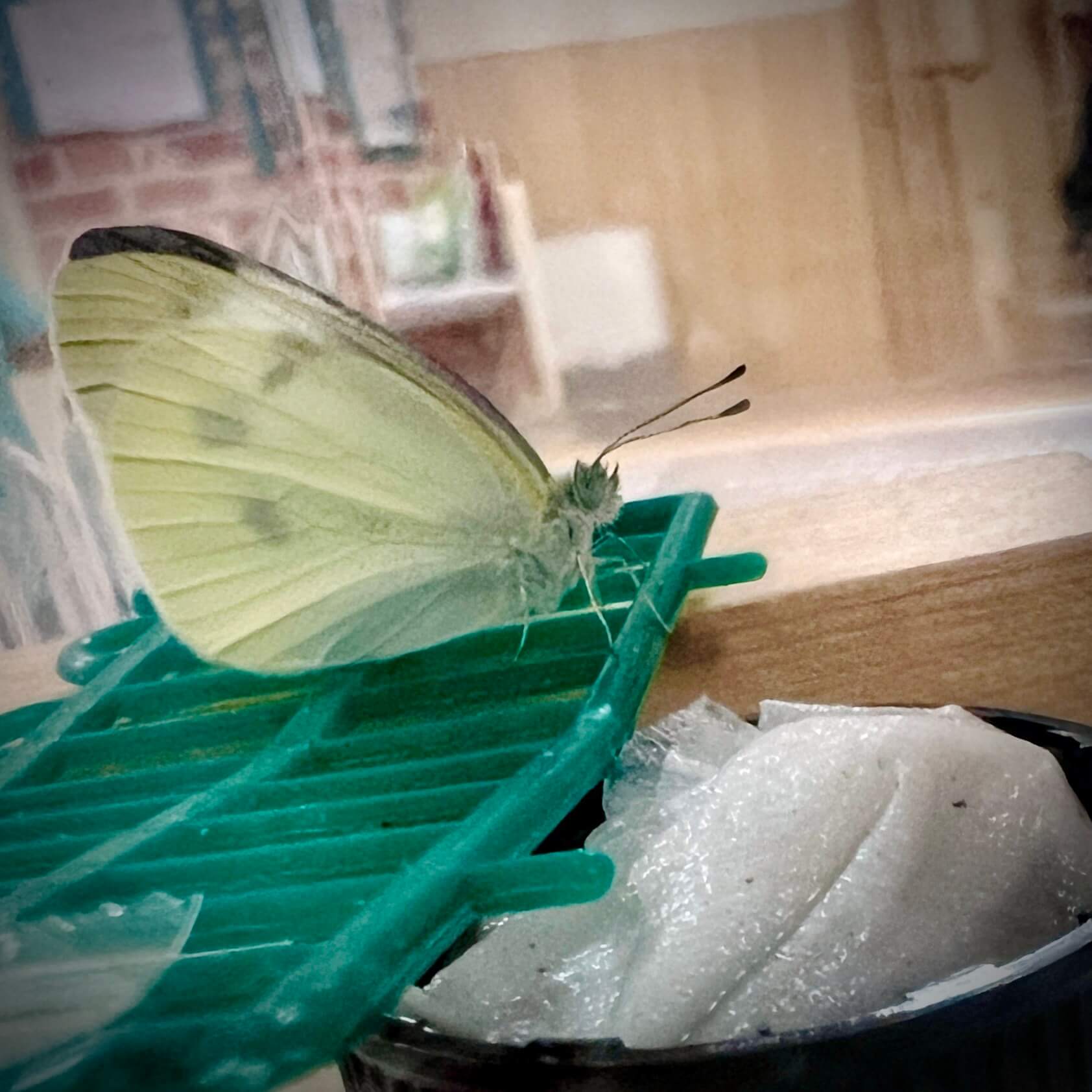
Our caterpillar pet turned into a cute little butterfly!
-

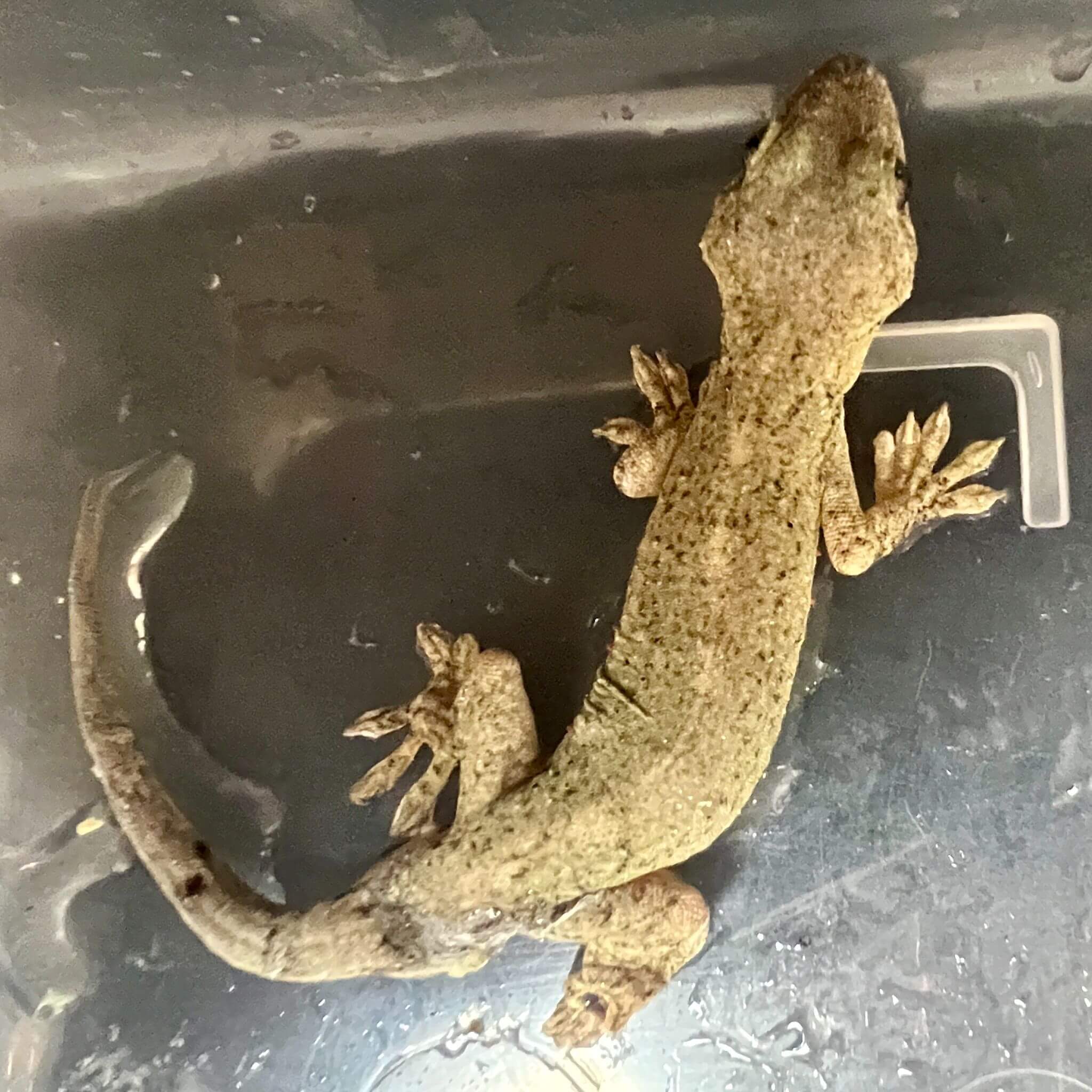
Our hungry little gecko / lizard
-

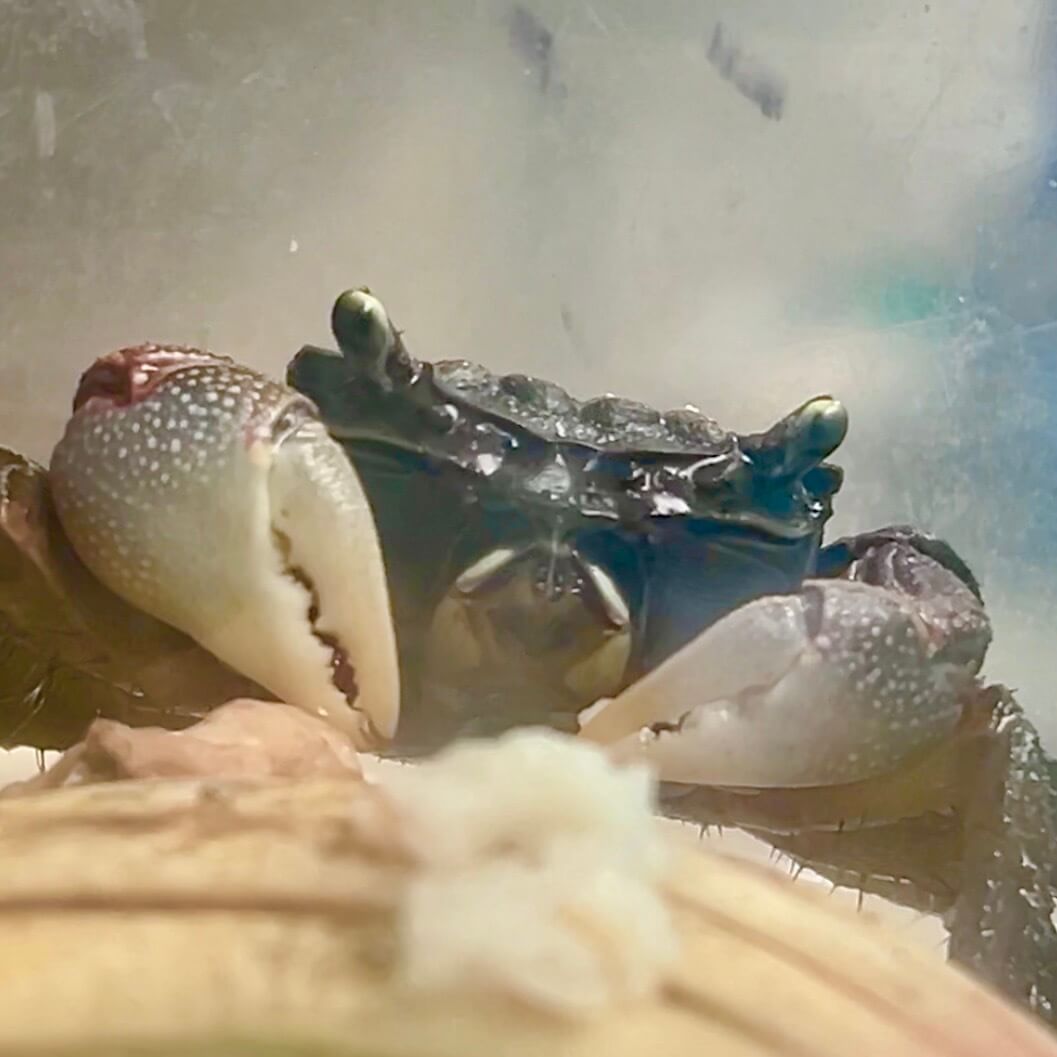
Let's not forget our hungry little crab!
-

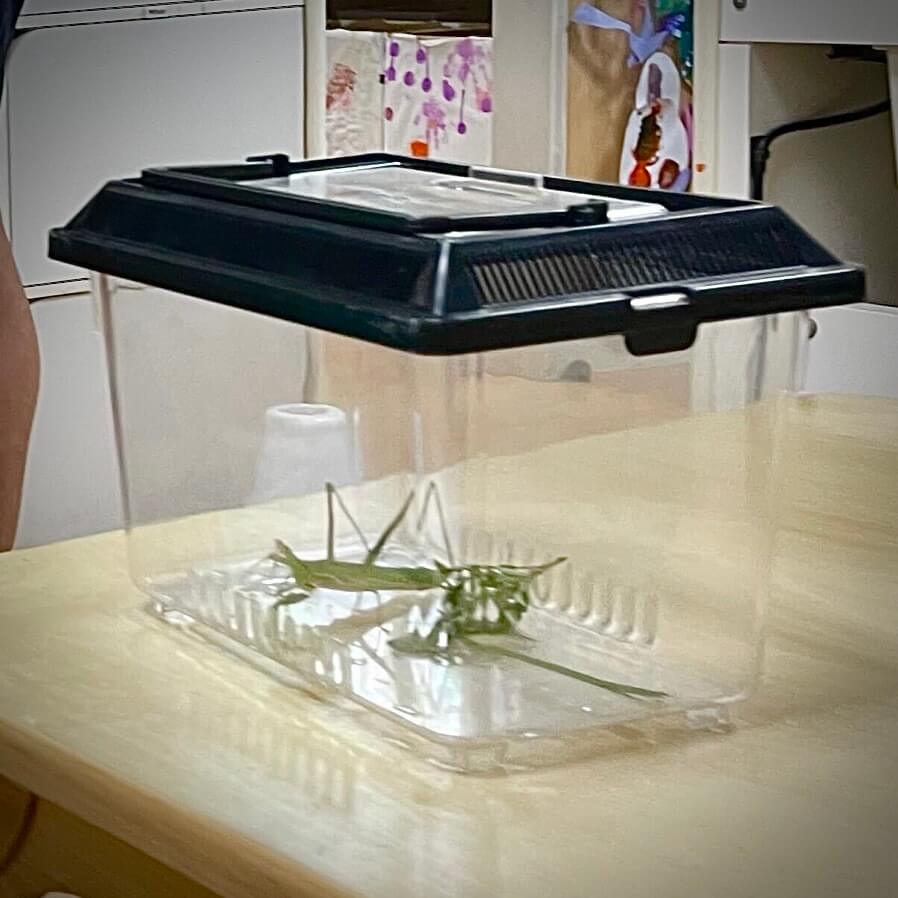
And our high jumping grasshopper guest
-

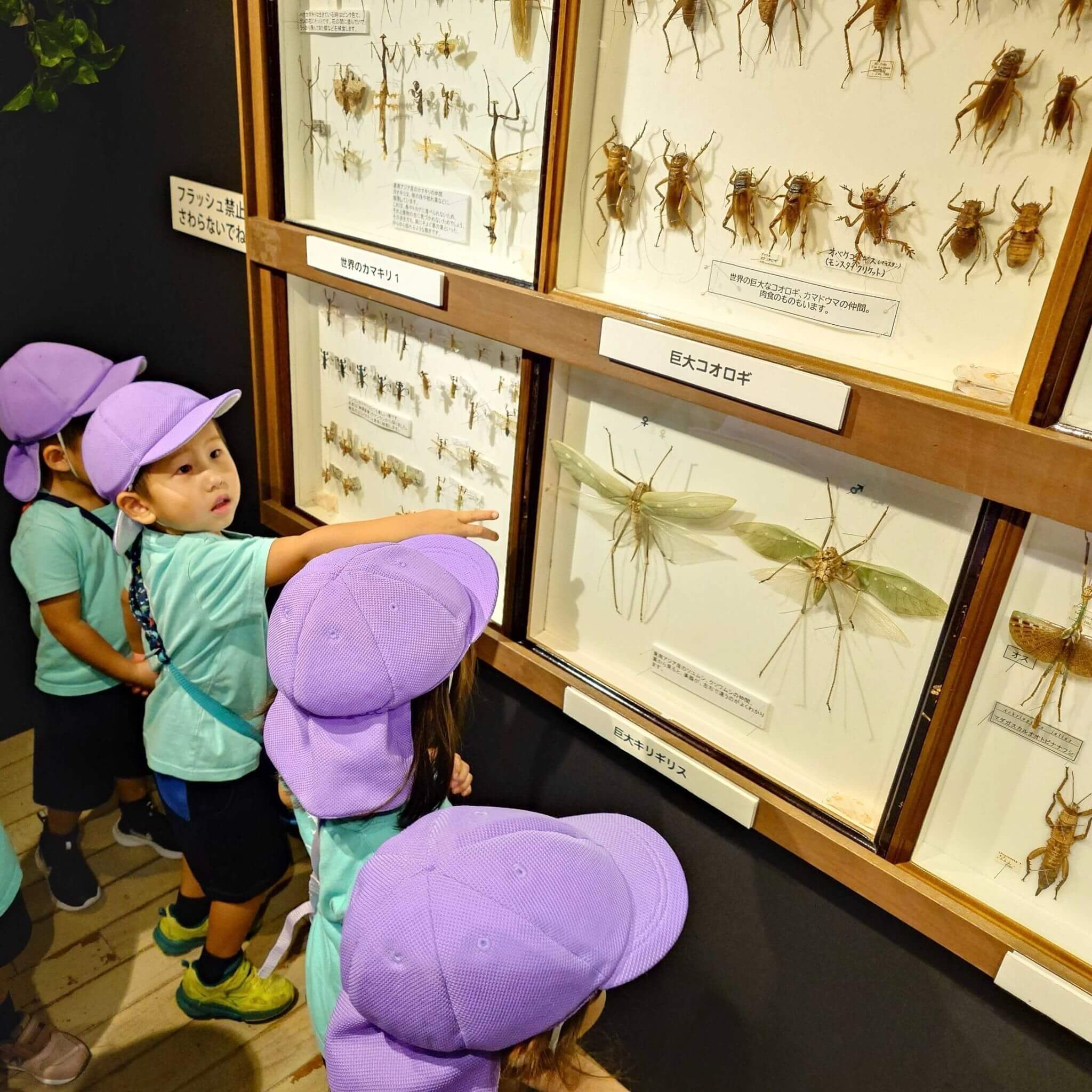
Our adventures continued on our field trip
-

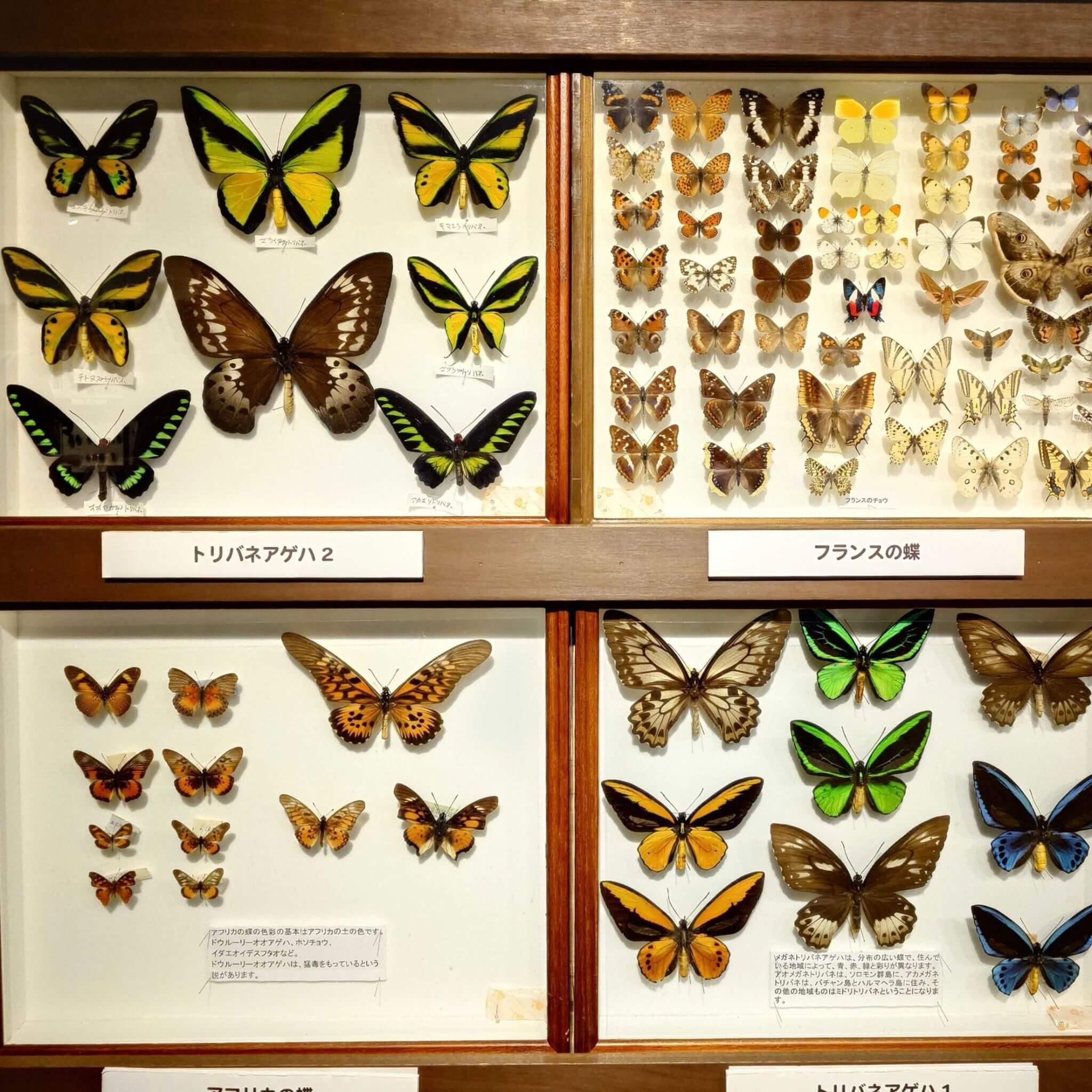
We saw and learnt many things about insects on our field trip
-

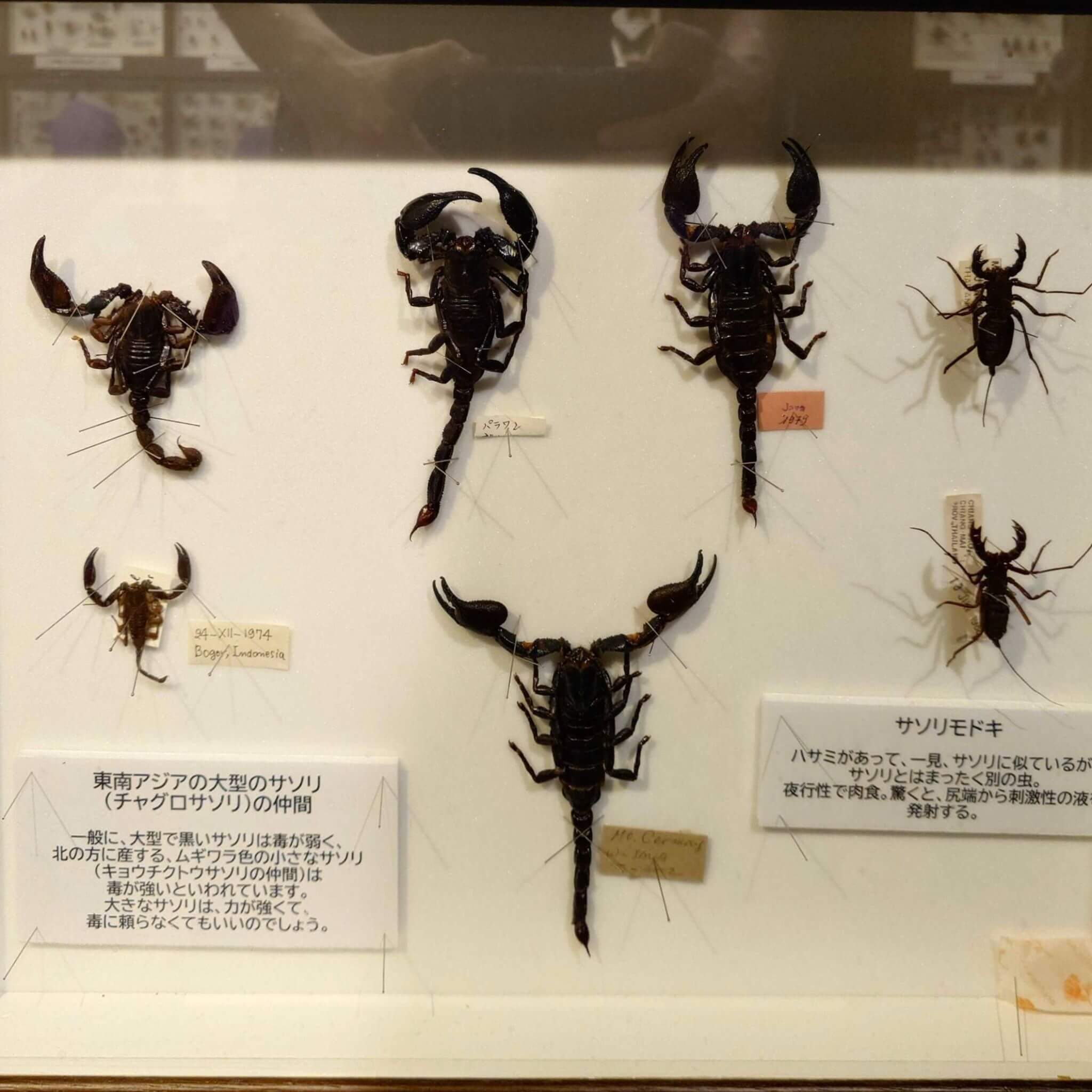
There were many different types of insects
-

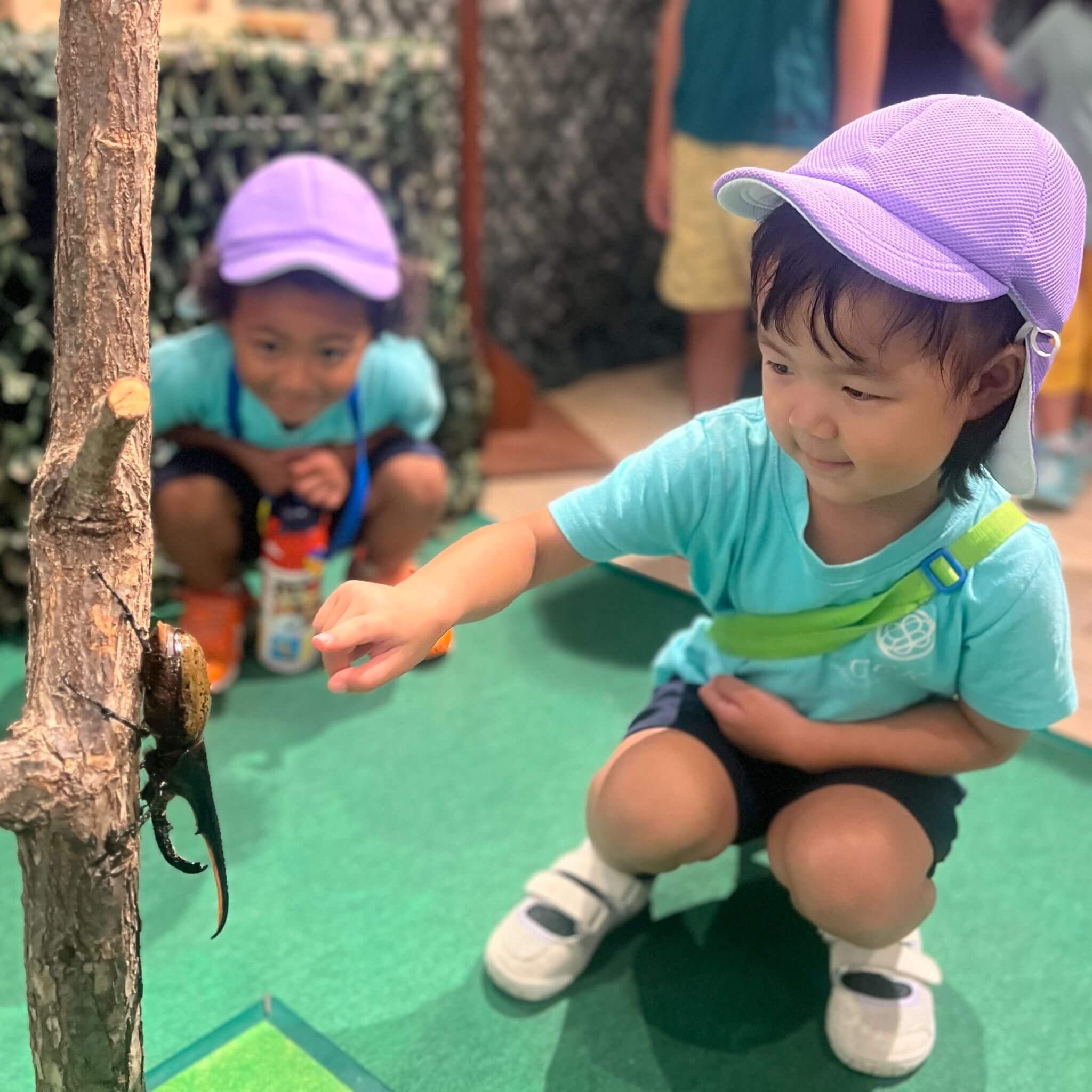
Some of us were happy to get up-close and personal with a giant Hercules beetle
-

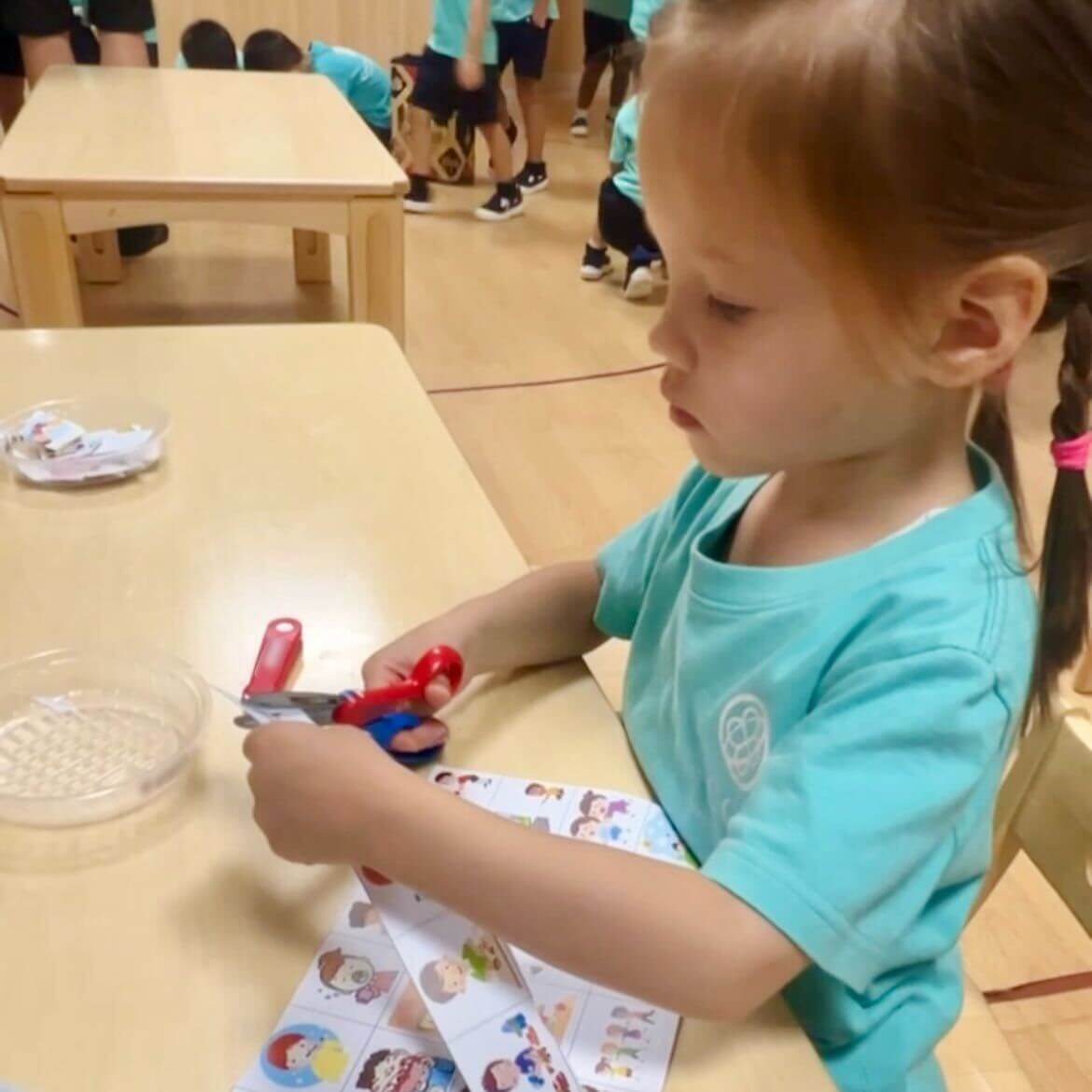
We are always developing new knowledge and skills
-

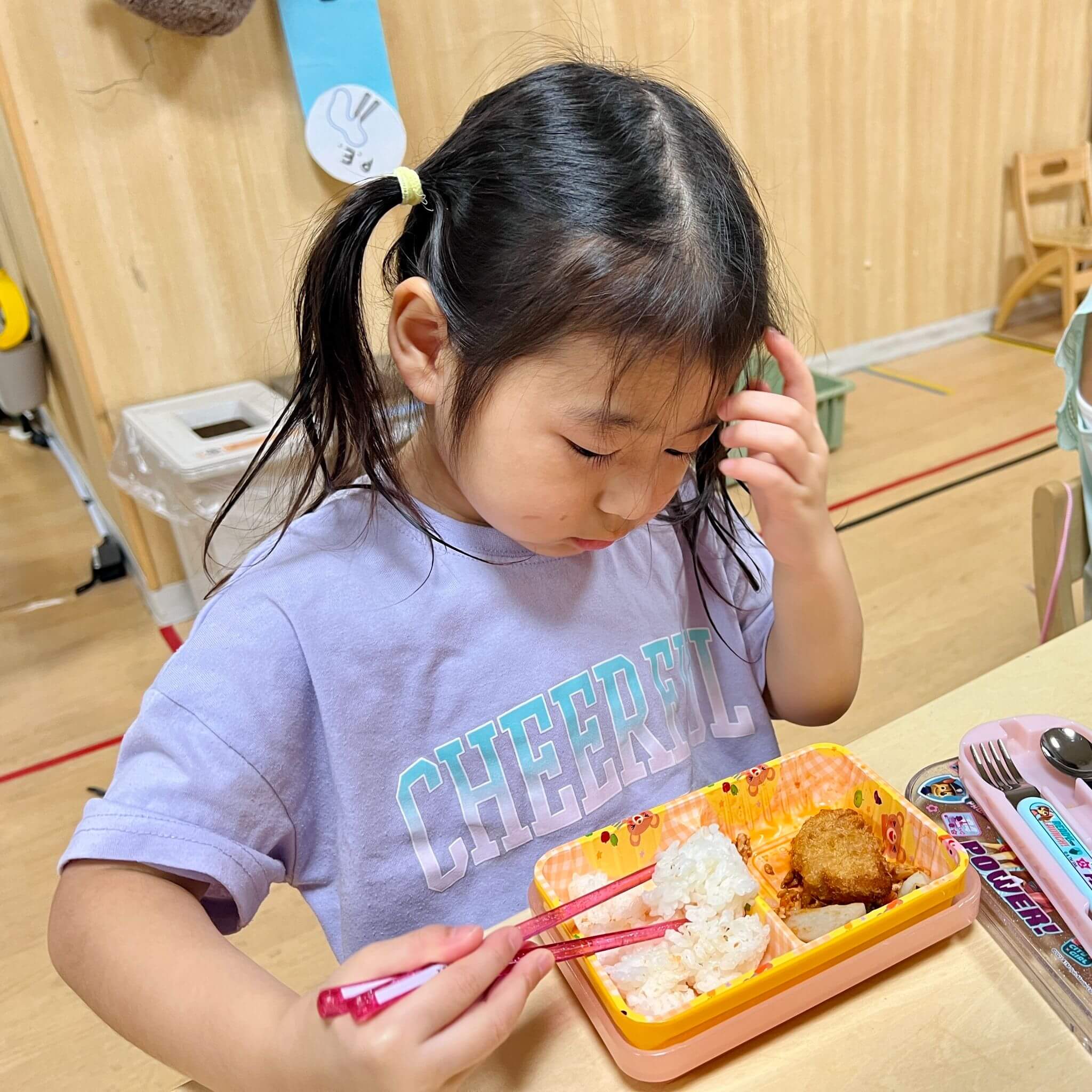
Leveling up our basic life skills
-

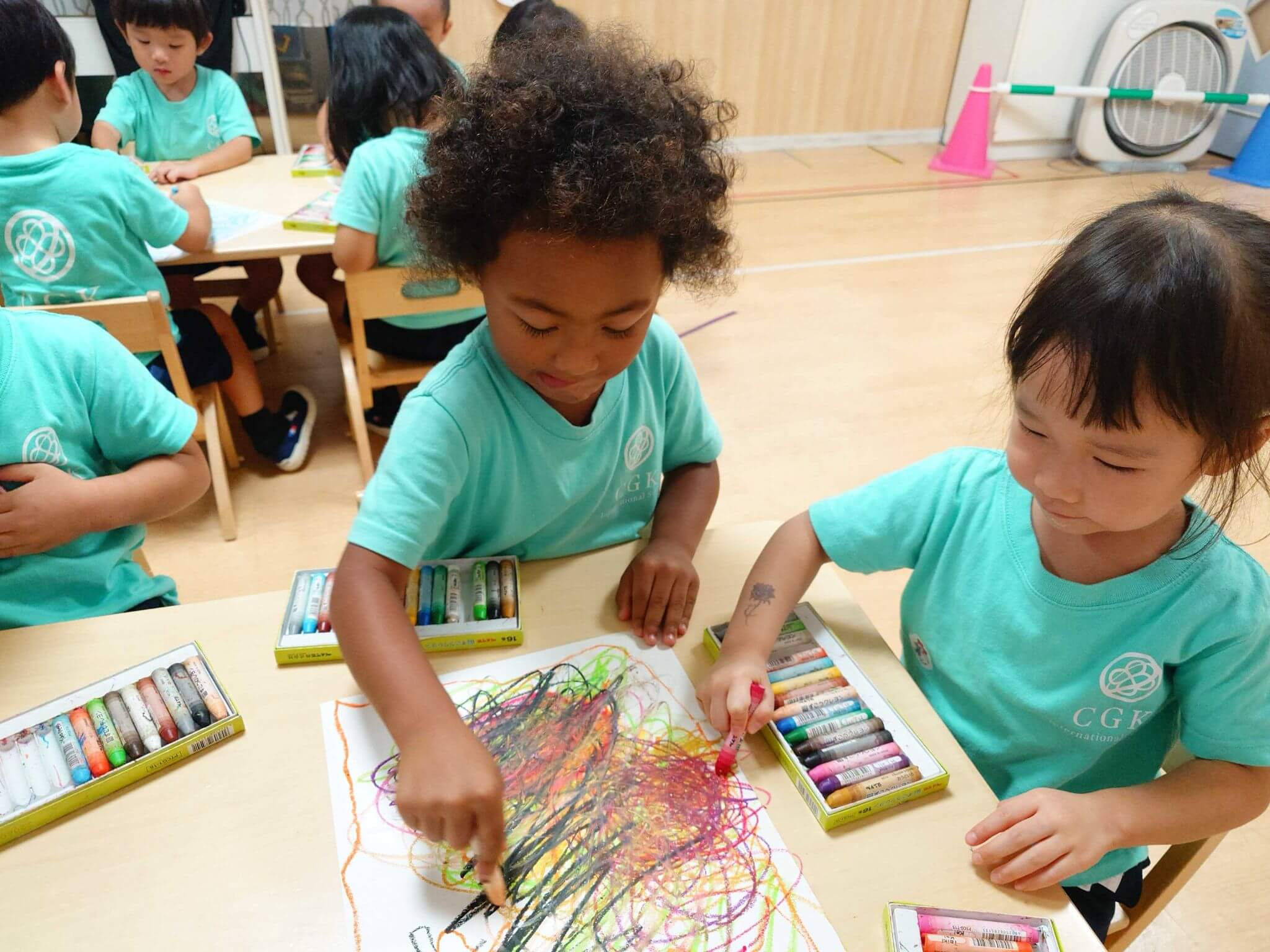
Learning things as simple as how to hold a pen correctly
As we near the conclusion of the Who We Are UOI, our young learners have deepened their understanding of growth—both personal and physical. They've explored what it means to take responsibility for their own well-being, developed independence, acquired new skills, and embraced the courage and persistence needed to become their best selves. These experiences have closely aligned with the IB learner profiles we aim to nurture.
This month, the Jungle class embarked on their first-ever field trip to an insect exhibition, further enriching their inquiry into the natural world. In addition, we brought the outdoor learning experience into the classroom by observing and caring for various creatures.
Our journey began when we introduced a caterpillar into the classroom, which the children eagerly watched as it hungrily ate through green leaves. After spending time in its cocoon, it transformed into a butterfly! Every morning, the children excitedly observed the butterfly, sometimes catching it feeding on fruit syrup. We then welcomed a lizard into the classroom, which led to a surprising discovery about its diet when it ate our butterfly before its release! Thanks to a kind classmate a grasshopper joined our classroom next, teaching us about its impressive jumping abilities, thanks to its long long legs. Finally, we observed a beetle that our friends in the Ocean A class kindly shared (THANK YOU!) We also had a little crab staying with us for a day that came to us from Mountain B class (THANK YOU!) which we were excited to feed and observe its movements... Snip snip!
Through these hands-on experiences and following the students' curiosity, the children were introduced to concepts such as life cycles and habitats and how all that can be connected to them. In our class we strive to make learning as natural and engaging as possible, fostering a love of discovery and the joy of learning in our children.
Mission Responsible! - Teaching Life Skills in the Jungle Class
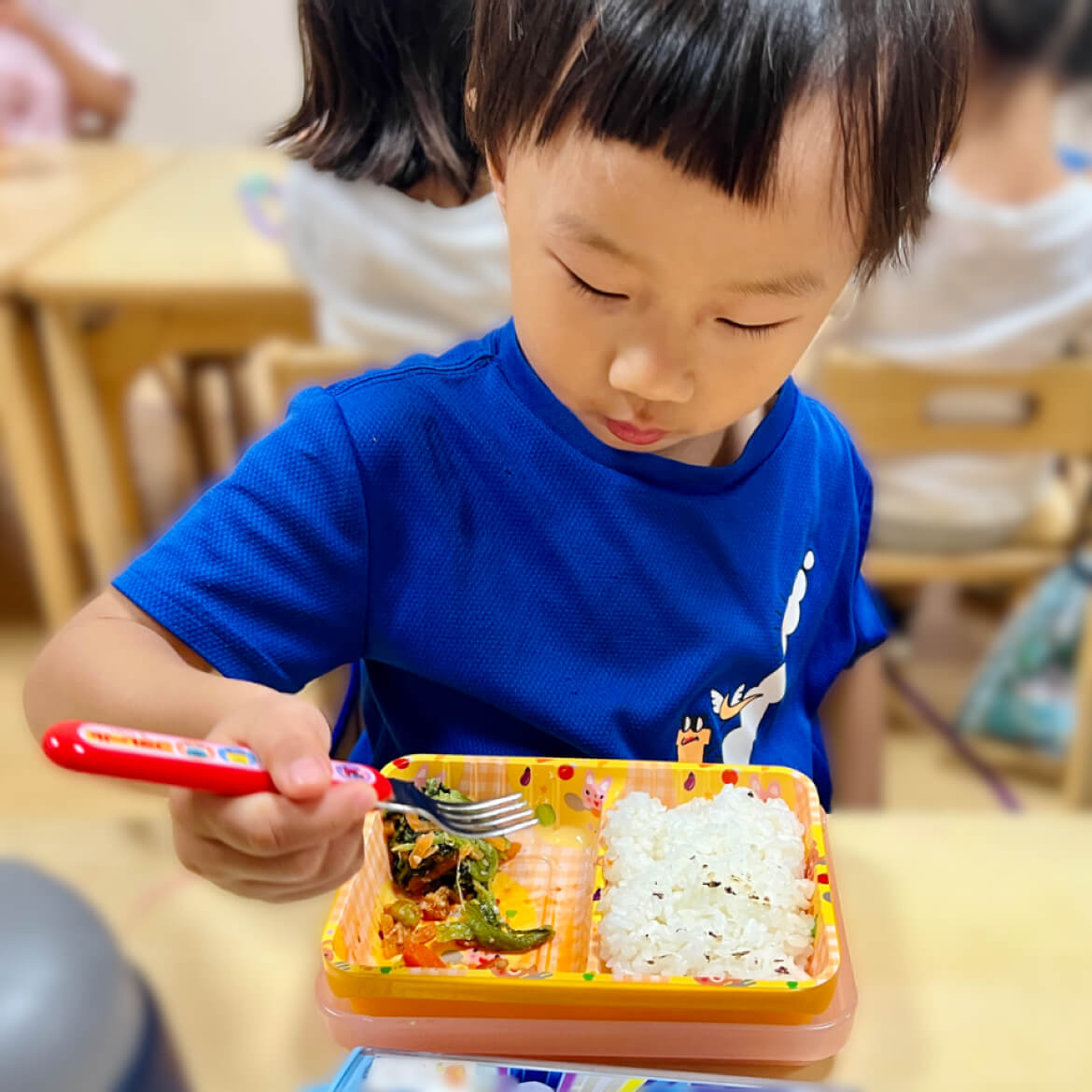

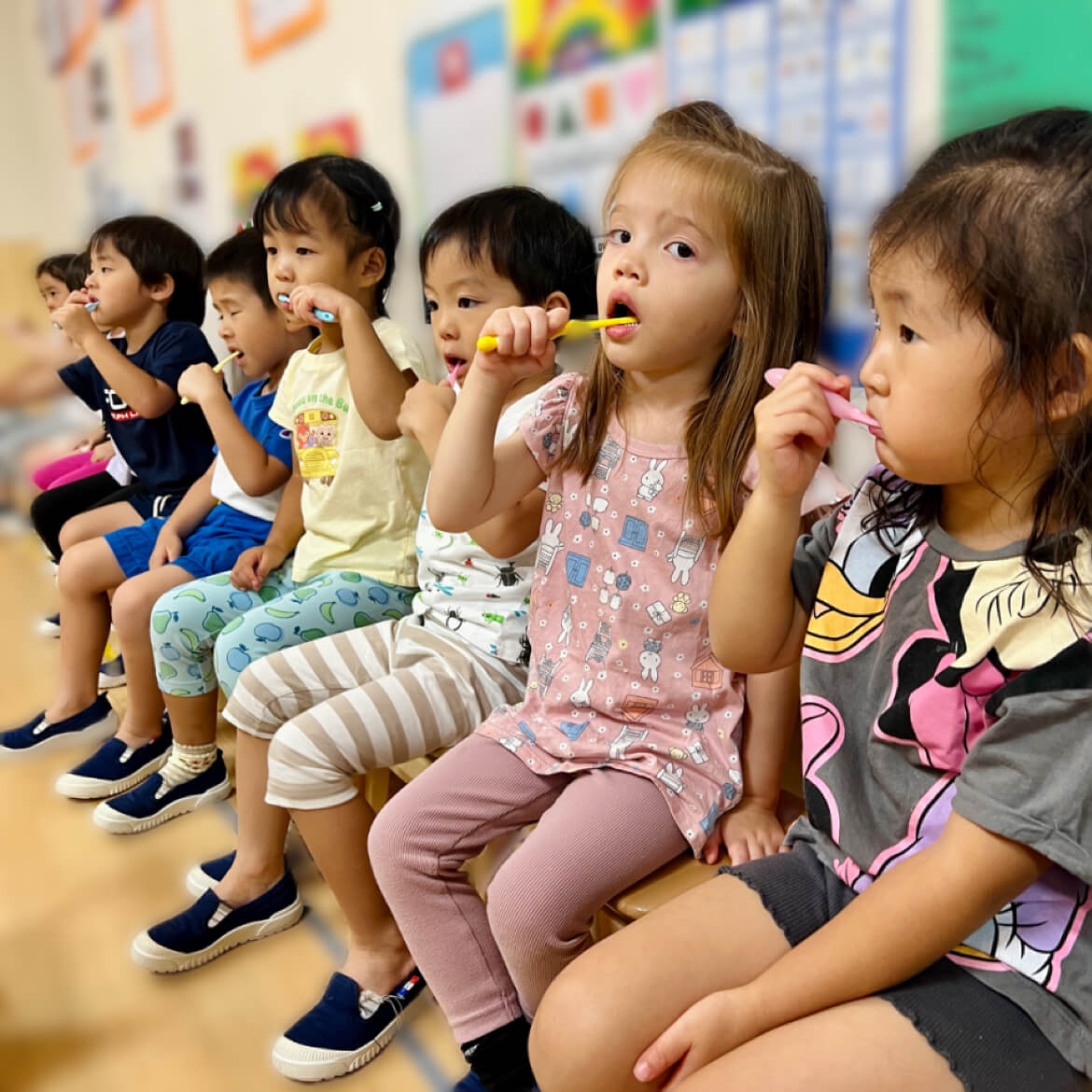

In the PYP, we emphasize the importance of developing essential life skills that contribute to a child’s growth as an independent and responsible individual. As part of our holistic approach to education, we encourage our students to take charge of their personal care and belongings; skills that are vital both in and outside the classroom.
Our young learners are actively engaged in mastering tasks such as dressing themselves, using their utensils correctly, feeding themselves, brushing their teeth, and managing their personal hygiene. These activities are more than just daily routines; they are opportunities for children to build confidence and take pride in their abilities. By taking responsibility for their own cleanliness, they learn the value of self-care and the importance of maintaining personal health.
Additionally, students are becoming increasingly adept at managing their belongings. Whether it’s packing and unpacking their bags or keeping their lockers organized, these tasks teach them how to be accountable for their possessions. Through these practices, they develop organizational skills, a sense of responsibility, and the ability to manage their time and resources effectively.
These life skills align with the IB learner profiles, particularly in nurturing traits such as being principled, balanced, and reflective. As children learn to manage their personal needs and belongings, they also learn about accountability and the impact of their actions on themselves and others.
At CGK, we are committed to guiding our students as they grow into self-sufficient, responsible individuals who are prepared to face the challenges of the world with confidence and competence.
Everyone is Different, But We All Love Each Other!
Time flies, and it’s already been almost six months since the children moved up a grade or joined the class. Those who were initially unsure about being in a group setting have now come to see the Jungle class as a safe space where they can confidently express their own opinions.
In our current Unit of Inquiry (UOI), "Who We Are," the children focused on visible differences. Comments like, "Her hair is long, but his hair is short," "His skin color is different!" "He’s taller than I am!" and "The teacher’s hands are bigger!" emerged. The children made many discoveries, realizing that their friends are full of differences. Through this process of self-reflection, we hope they learn to accept not only themselves but also others as unique individuals.
Moving forward, the children will encounter many other differences, such as in thinking, values, culture (customs), and language. When they do, we hope they won’t close themselves off, thinking, "They’re different from me, so I don’t like them." Instead, we want them to embrace these differences as normal, learn new perspectives, and continue to expand their understanding of the world they live in.
I Did It All by Myself!
Starting this month, the children are wearing their uniforms three days a week, which has given them more opportunities to change clothes at school. At first, many children were hesitant when it came time to change, saying, "I can’t do it..." or "Teacher, help me!" However, recently we’ve seen more of them trying to button up their clothes or fold them neatly. They proudly express their accomplishments, saying things like, "Teacher, I buttoned it by myself!" and "Look how neatly I folded it!" They seem to be filled with a sense of achievement from doing it on their own.
At CGK, we value the idea of "giving it a try on your own first, even if it takes time." Of course, each child has different abilities, so we offer personalized encouragement, such as, "Let’s try unbuttoning it by yourself today!" or "Why don’t you try folding your uniform?" We are focusing on individualized support. In the Jungle class, we aim to create and stabilize the foundation for their daily routines, and we will continue to emphasize a careful and thoughtful approach to daily life.
Ocean A
(2 year olds)
Oceans! It's Time to Say Goodbye!
Before the summer break, both Ocean classes went outside together to say 'goodbye' to the beetle and grasshopper. Throughout this month Oceans have been looking after the beetle and grasshopper in our classrooms. Every morning we would give the insects water and some food, which Oceans were engaged in and did a great job taking care of them. Oceans were happy to watch them and some friends were able to gently hold or touch the beetle. Oceans wanted to hold the grasshopper, but the grasshopper was so too fast and eager to jump away.
When it was time to say our goodbyes to the beetle and grasshopper, some Ocean friends were feeling a little sad. But we talked about how the beetle and grasshopper have a home too just like us and they too also want to go home. It was a great way for Ocean friends to learn and understand about the living things around them. After this amazing experience, Oceans are now starting to have more interest in living things, especially insects. We will further explore and expand their interests of insects for next month.
Free Play! Fun Play! Let's Play!
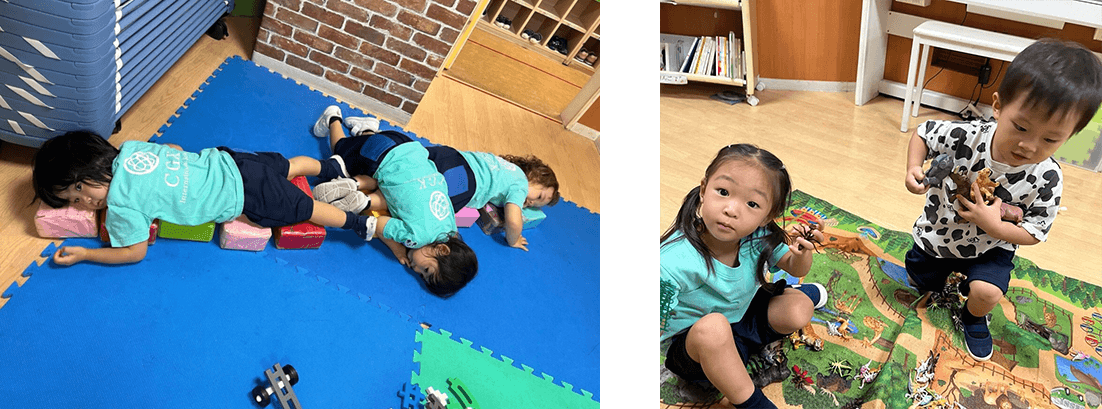

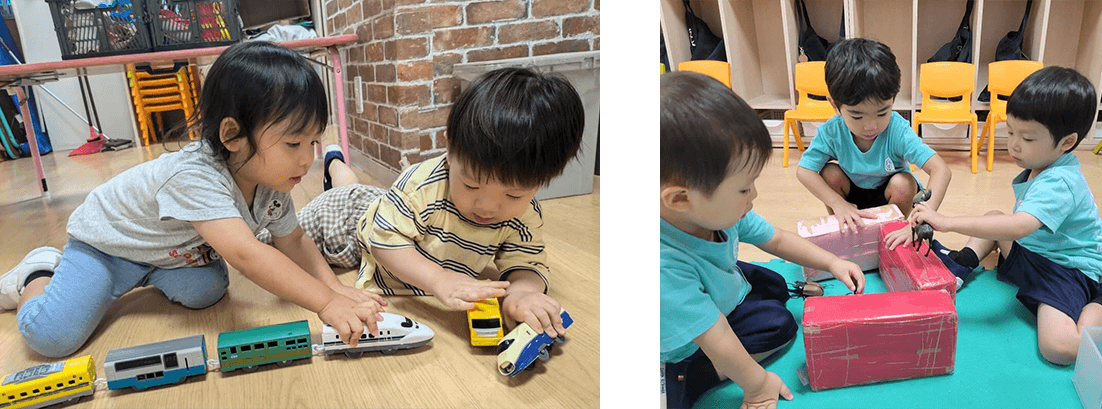

Free play in the classroom is always fun for Ocean A friends. Ocean A friends enjoy playing in the morning and having free play stations throughout the day. Children are able to use their own imagination and creativity with the toys that they choose to play with.
Ocean A friends recently have been interested in role-playing with insects and animals. While playing freely, Ocean A friends learn how fun it is to play together and start understanding how they can communicate with each other. Free play creates an opportunity for children to explore the world in their own. Let's keep exploring and finding who we are through play.
Learning About Where Living Things Grow
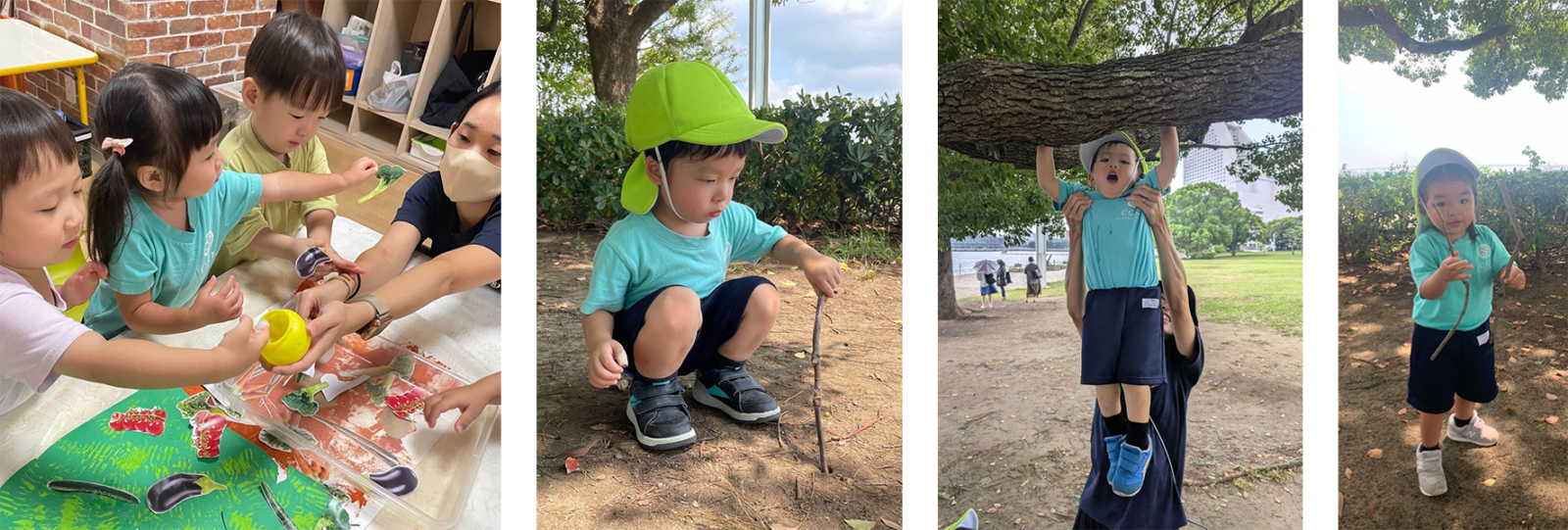

This month, we expanded our curiosity about where vegetables and fruits grow (in the soil, above the ground, or on trees). The children enjoyed looking at various photos of vegetables and fruits, discussing them, and exploring where they grow through fruit-picking activities and craft projects. As the children become more articulate each day, they expressed the unique characteristics of each plant in their own words while looking at the pictures, saying things like, "Peppers and cucumbers hang like swings from the leaves!" and "You pull out daikon with a big tug, right?"
Additionally, the children worked in groups to create a large poster representing soil and grass, a task that required different skills from when they work on their individual projects. This group activity encouraged them to share materials, take turns, and cooperate with their friends. The children practiced using phrases they’ve learned like, "Wait a second," "Can I have that?" and "Here you go!" These interactions helped them gradually learn how to engage with others. This connects to the IB Unit of Inquiry (UOI) Who We Are and the central idea of "Understanding oneself and others."
To deepen their understanding of trees, we went for a walk in Rinko Park. The children observed the trees up close, touched them, and collected fallen branches to use in creative designs. Through this hands-on activity, they noticed that every branch had a different shape, length, and thickness, gaining a deeper appreciation for nature’s diversity.
Let’s Play Together! Sure!
-

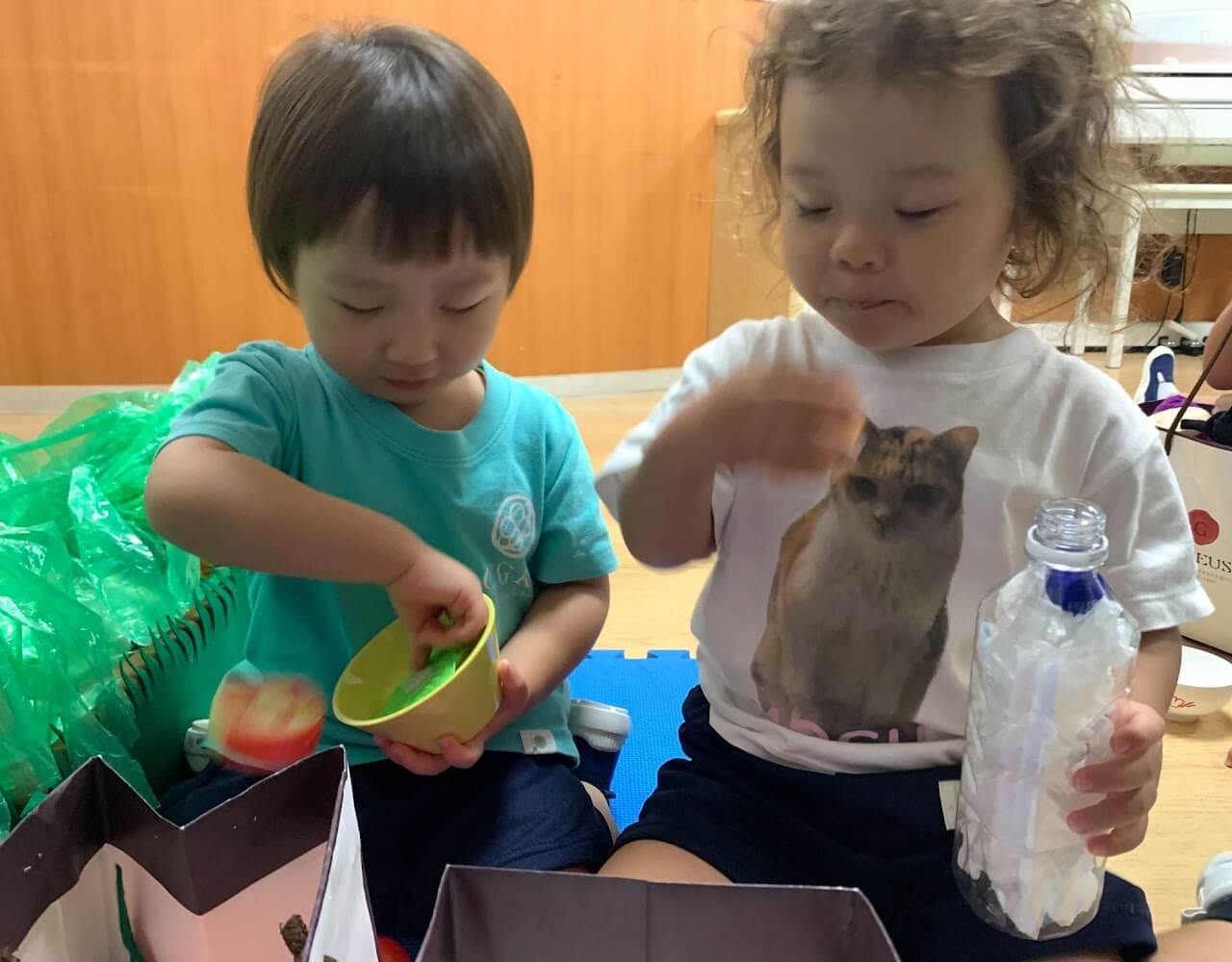

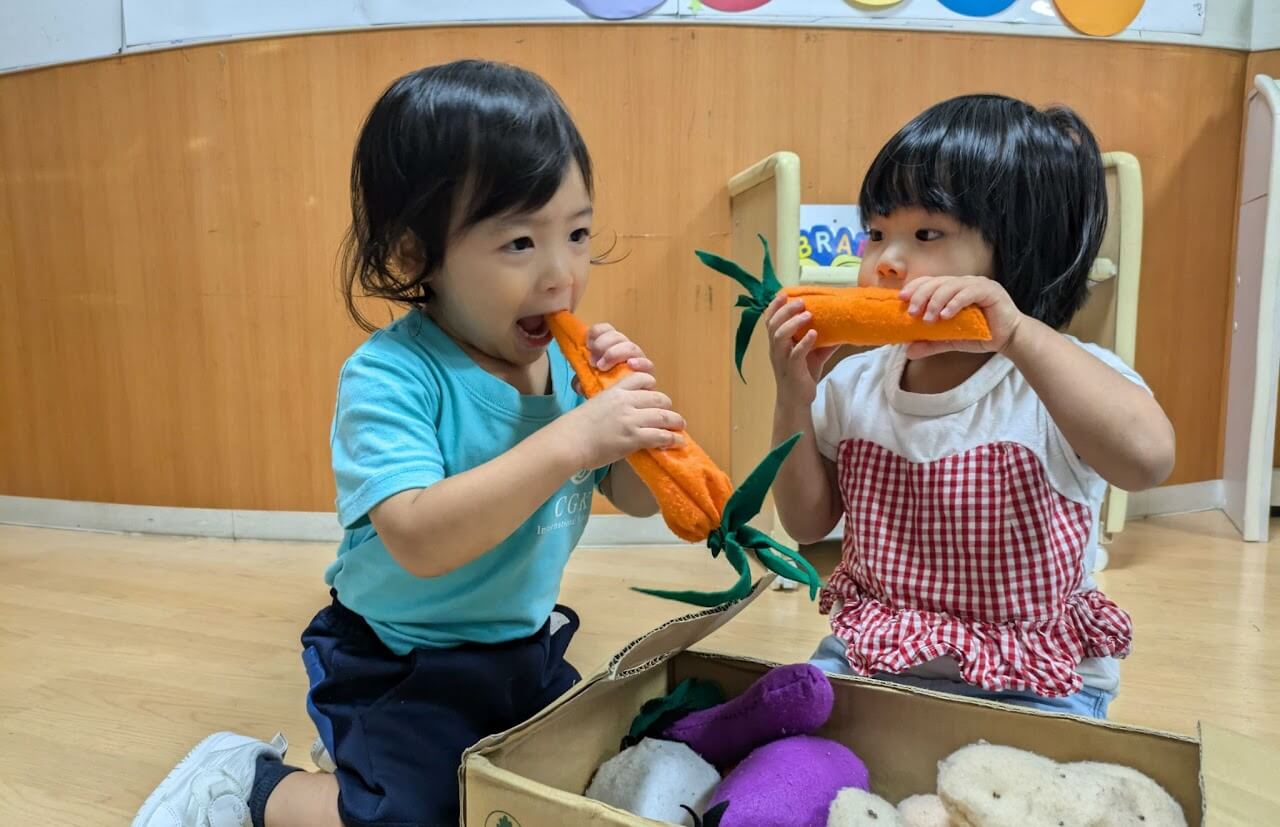
-

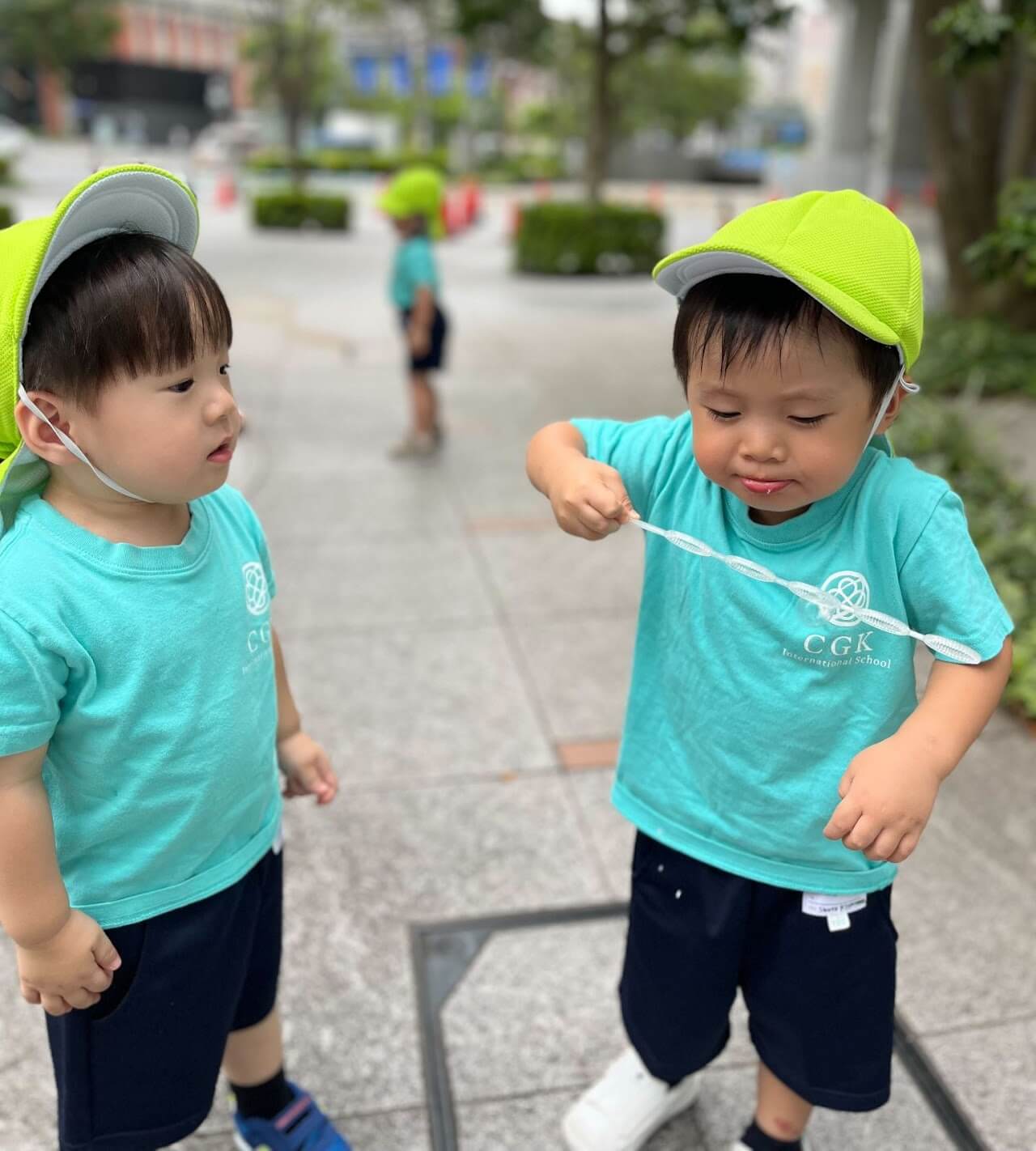
-
In the Ocean A class, we’ve noticed a shift in the children’s communication through daily lessons and play. While they previously relied more on communicating with or through teachers, we now see more direct communication between the children themselves. Simple exchanges like, "Can I have that toy?" "Wait a minute," and "Sure," along with calling out to each other by name, have sparked new interactions. Through these familiar phrases, the children are recognizing each other and experiencing the joy of verbal exchanges.
Just the other day, we saw an example of this. Two children wanted to use the same toy, and they exchanged, "Can I have it when you’re done?" and "Sure." Initially, they were playing separately, but after this exchange, they ended up saying, "Let’s play together!" and began a pretend play session together.
Scenes like this are becoming more common in the Ocean A class. Through these interactions, the children are increasingly taking the initiative to engage with their friends, and the circle of communication continues to grow.






Ocean B
(2 year olds)
Fruit Picking and Vegetable Digging
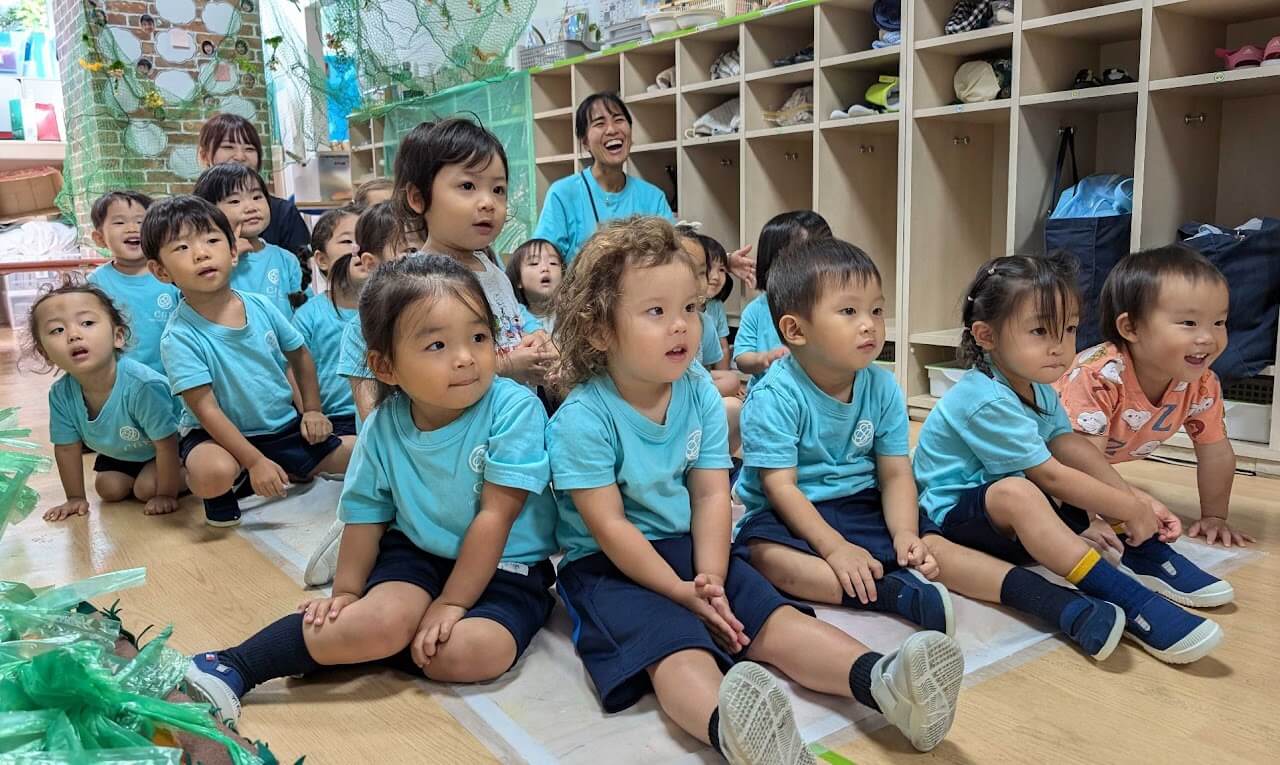


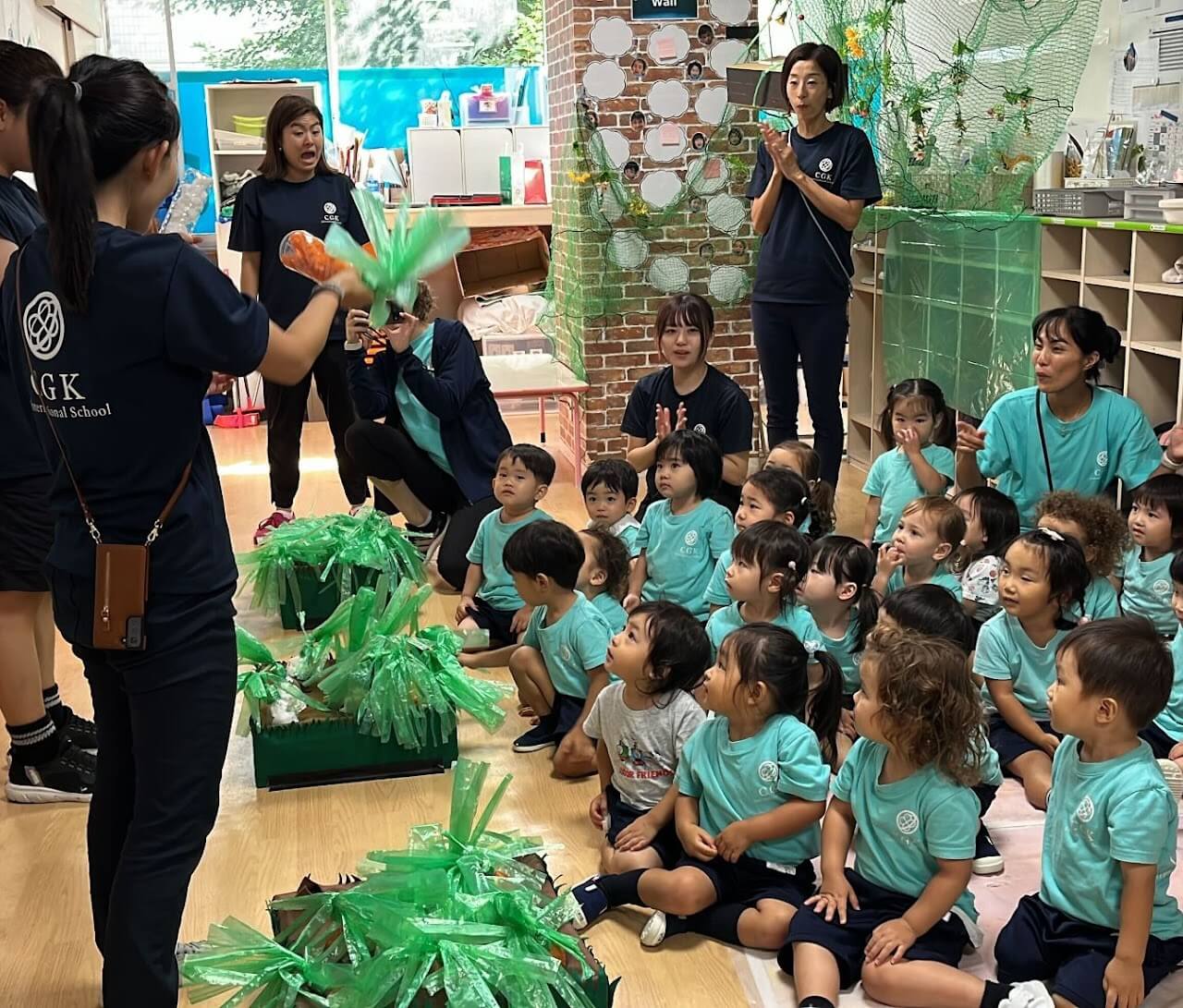



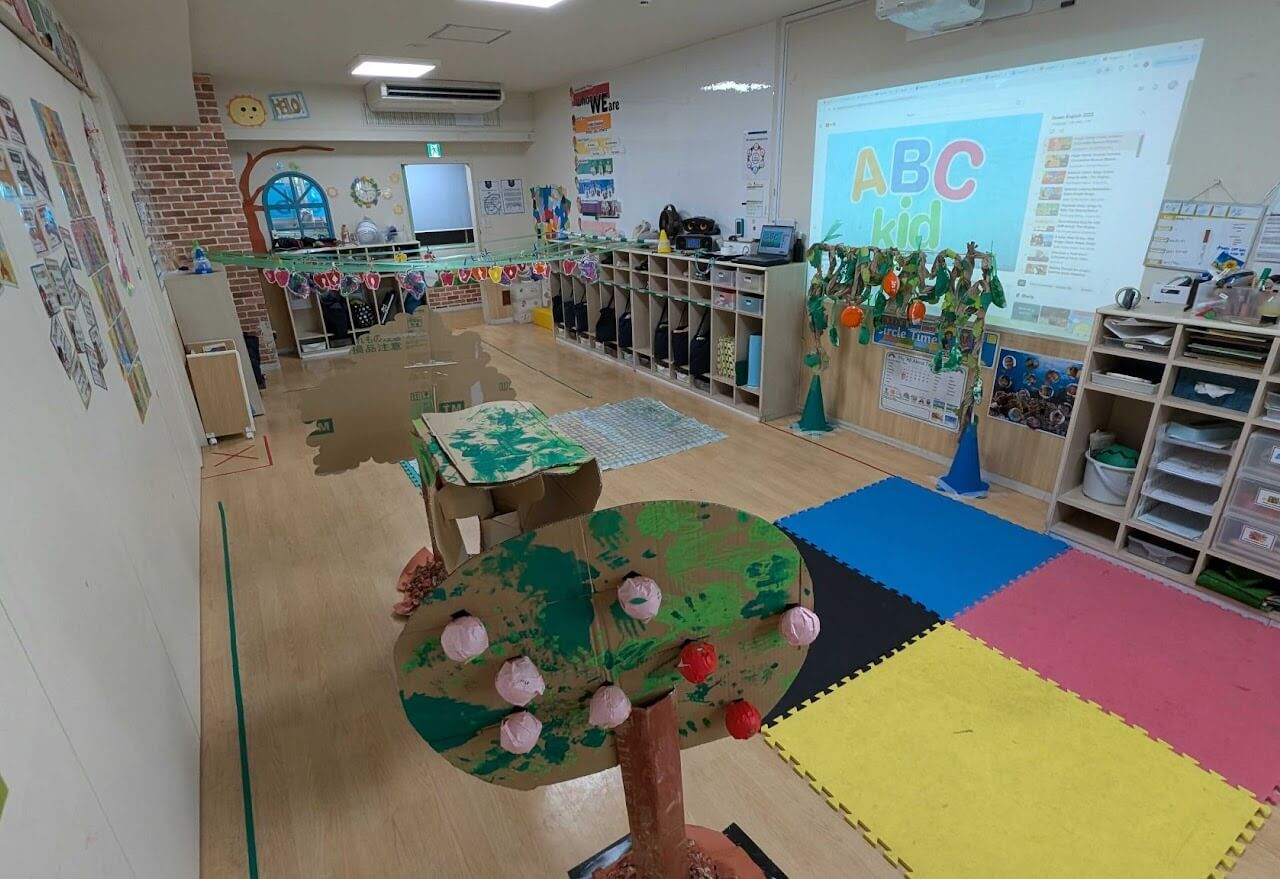
-
Since the beginning of the school year, Oceans have shown remarkable growth and holistic progress. Each child is unique, with individual strengths and areas for improvement. At this stage in their lives, they are not only learning new concepts but also discovering more about themselves and the world around them. It is truly rewarding to witness their development, as they begin to appreciate the beauty of life.
Before summer break, we celebrated their journey by organizing a special event: fruit picking and vegetable digging. This mini event allows the students to demonstrate their understanding of various concepts we've explored, such as colors, numbers, body parts, preferences, senses, and related vocabulary in both English and Japanese. Throughout the event, both children and teachers enjoyed a day filled with learning and joy. We are proud to say that they surpassed our expectations and look forward to more opportunities for learning and fun together in the future.








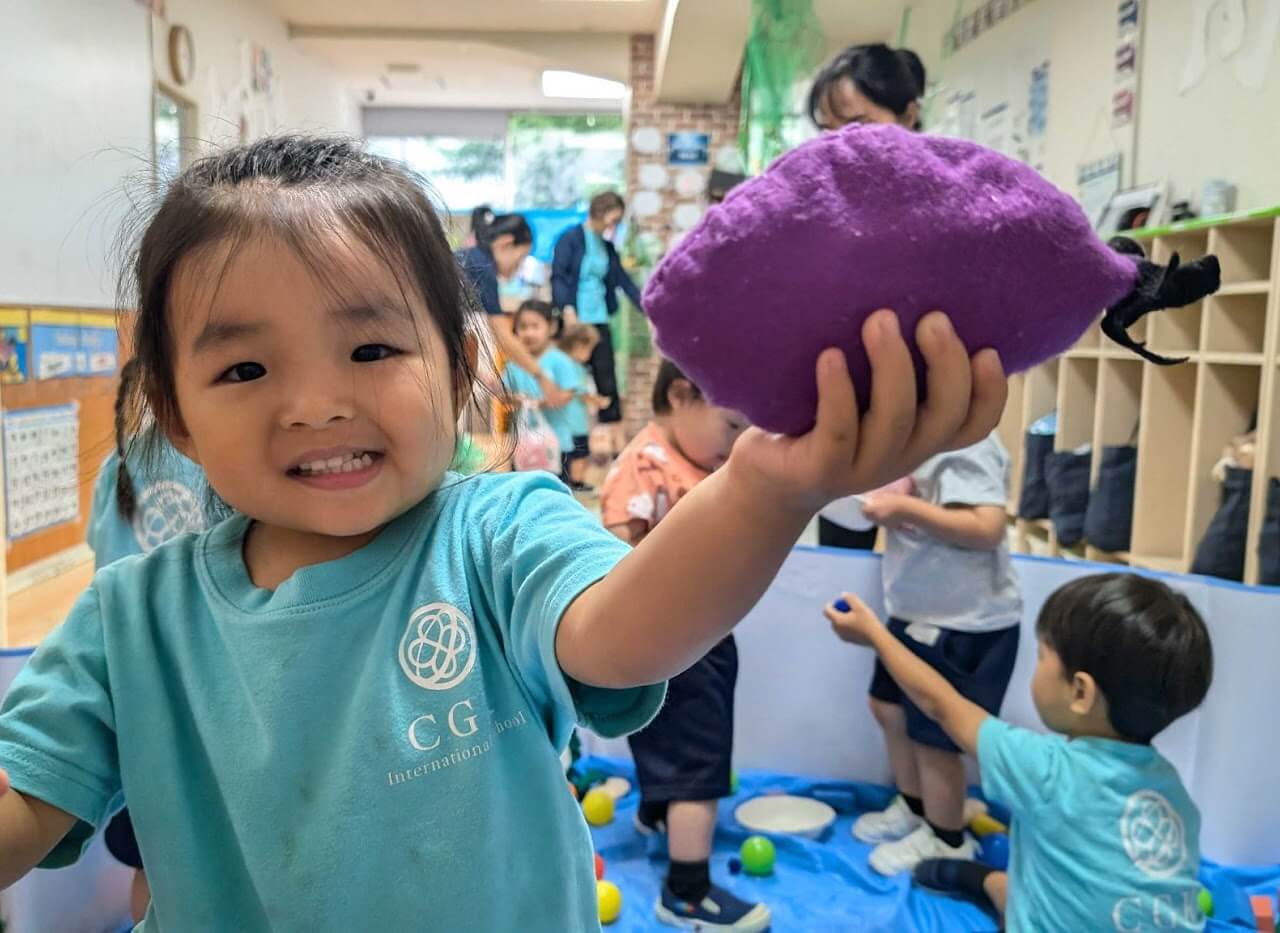


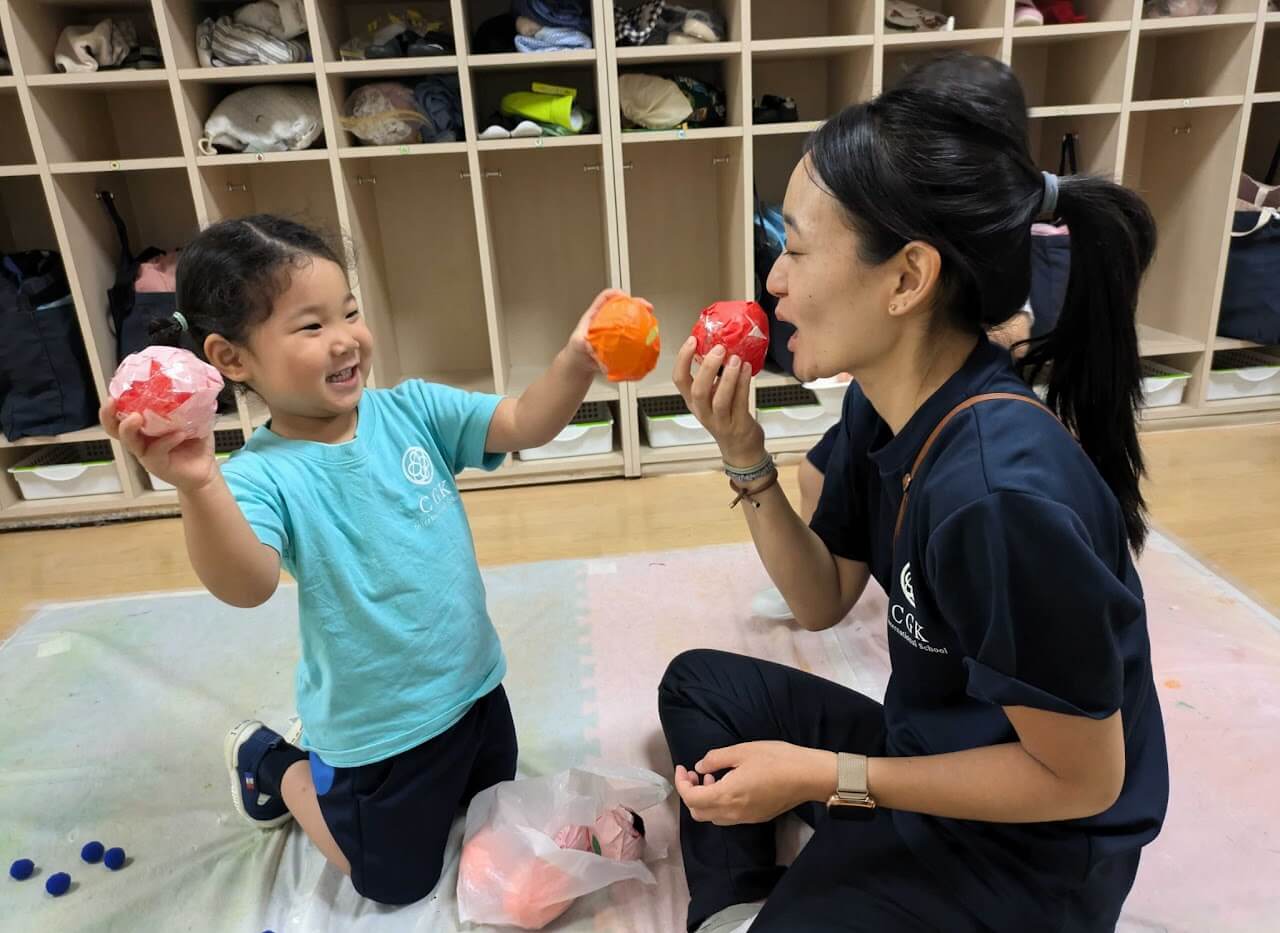


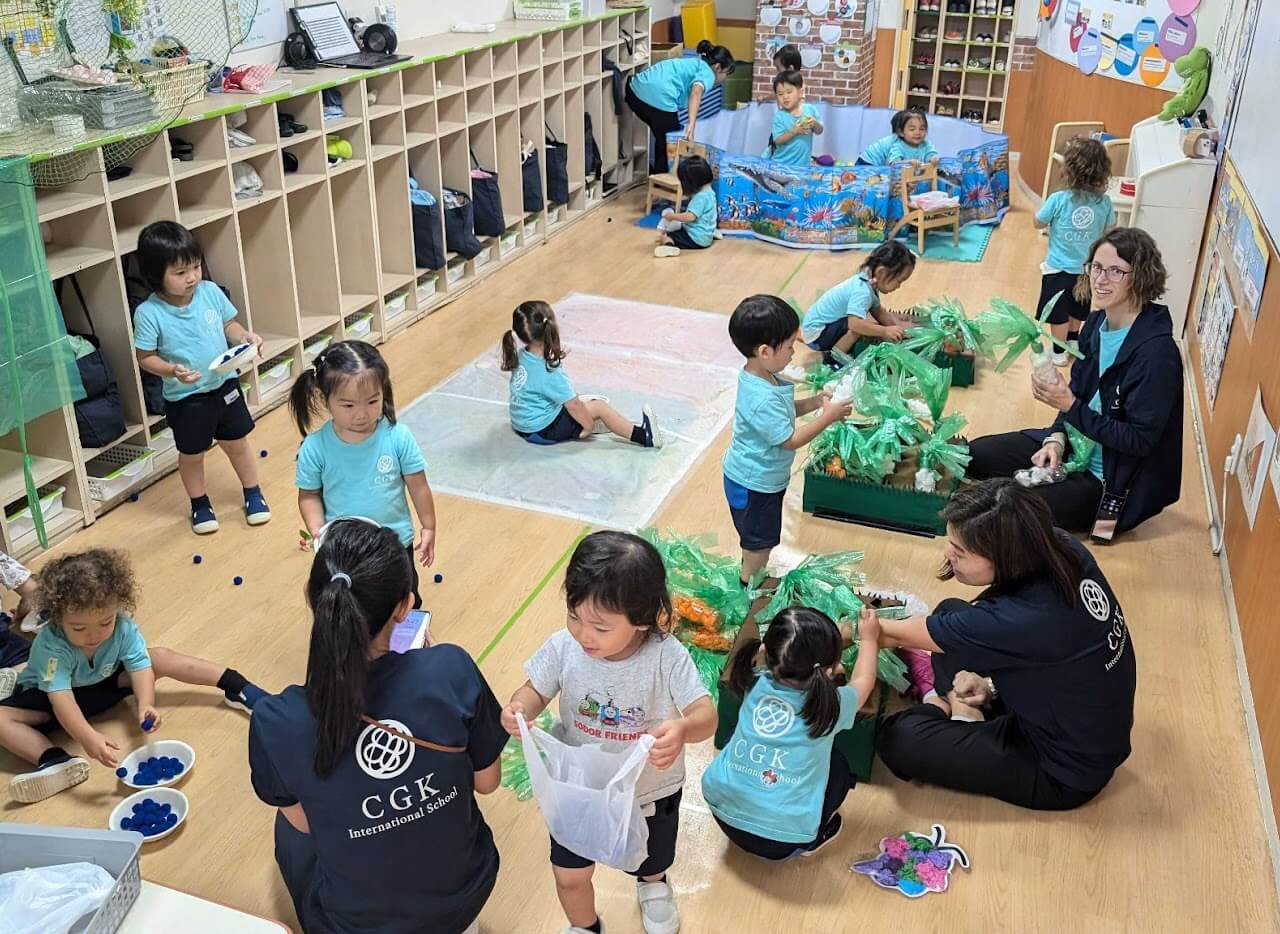
English Time!
As we grow, we also develop our ability to communicate and express ourselves through language. For Ocean B friends, this often means embracing more than one language—some even speak two or three. We believe that learning new languages broadens our horizons, connecting us not only with those around us but also with people across the globe.
We're so happy to share that our Ocean B friends have made remarkable progress in their English communication skills. During free play, they are increasingly using English with their teachers and, impressively, with each other. They now read books together, name pictures in English, and even sing English songs independently. Their growing enjoyment and ease with the language are truly amazing.
Great job, Ocean B friends!
From Classmates to Friends!
-


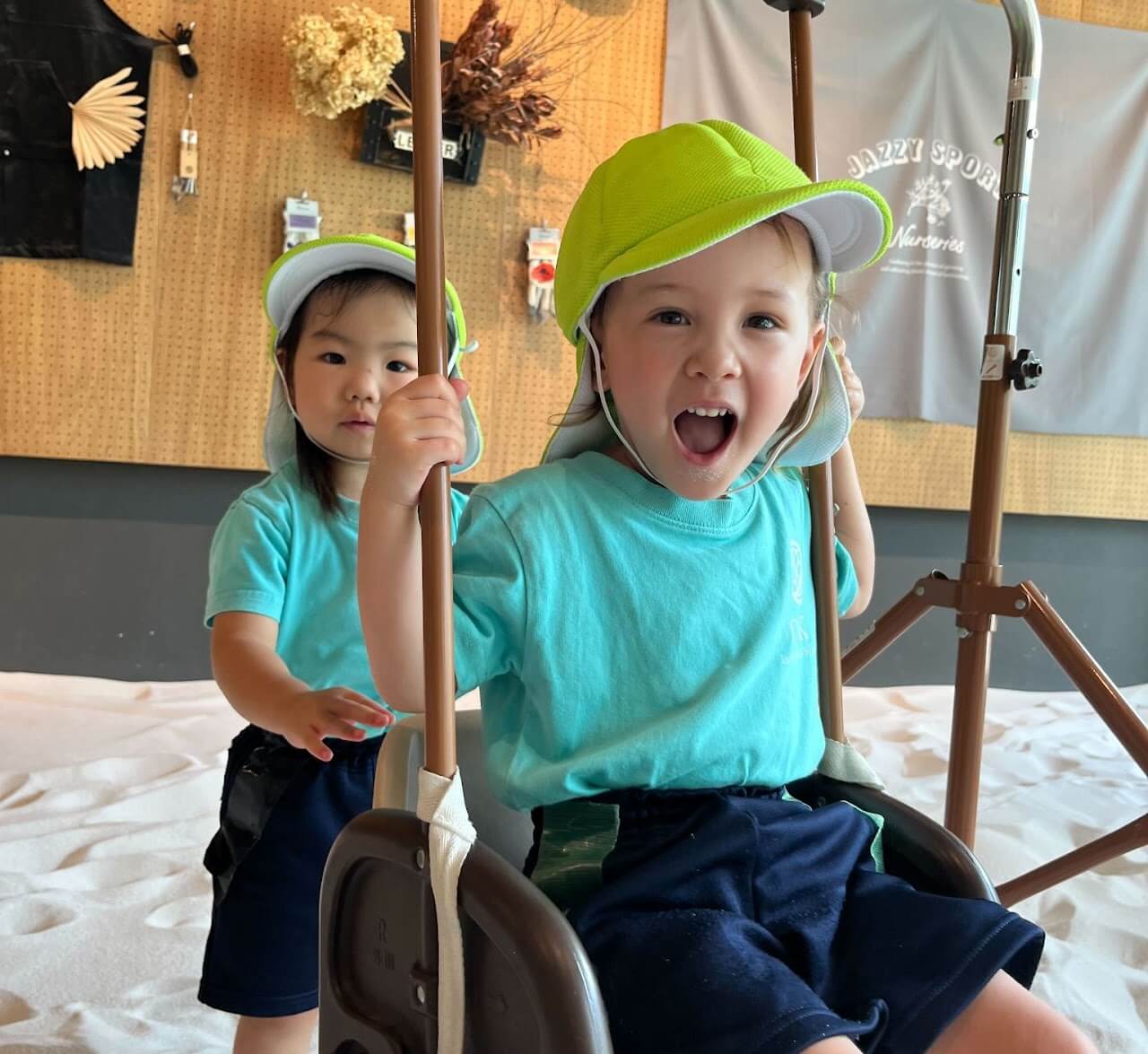


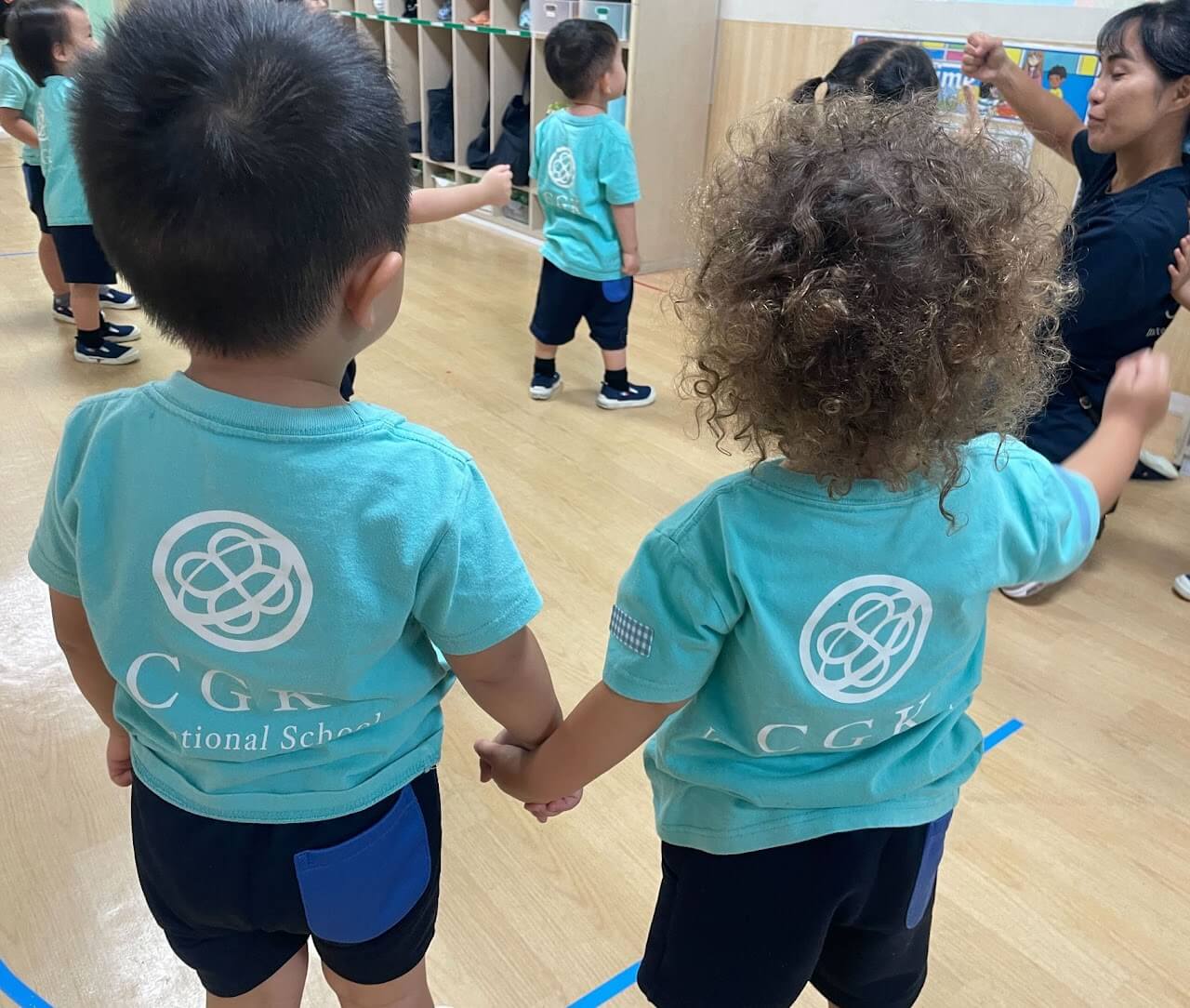
-


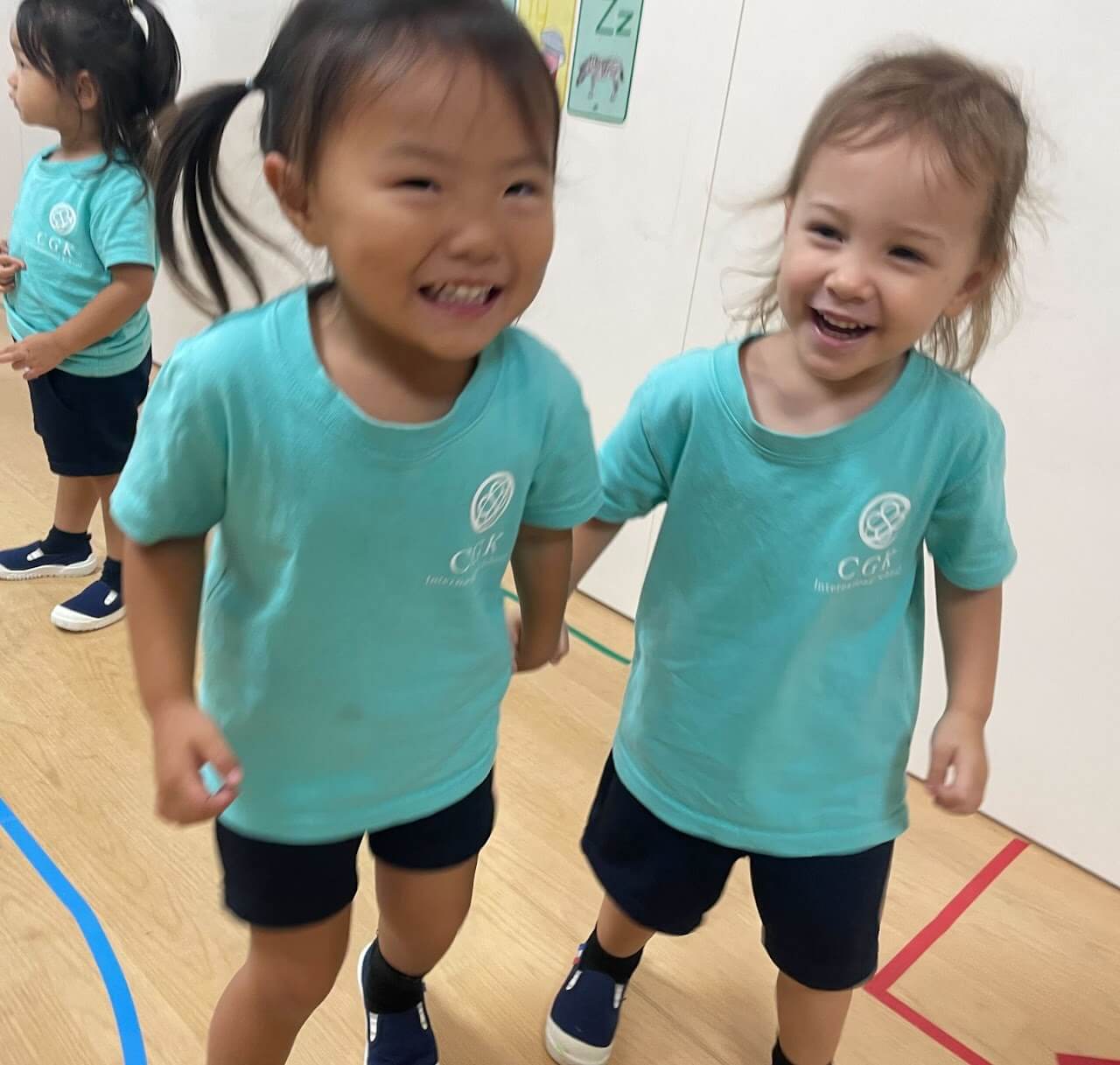


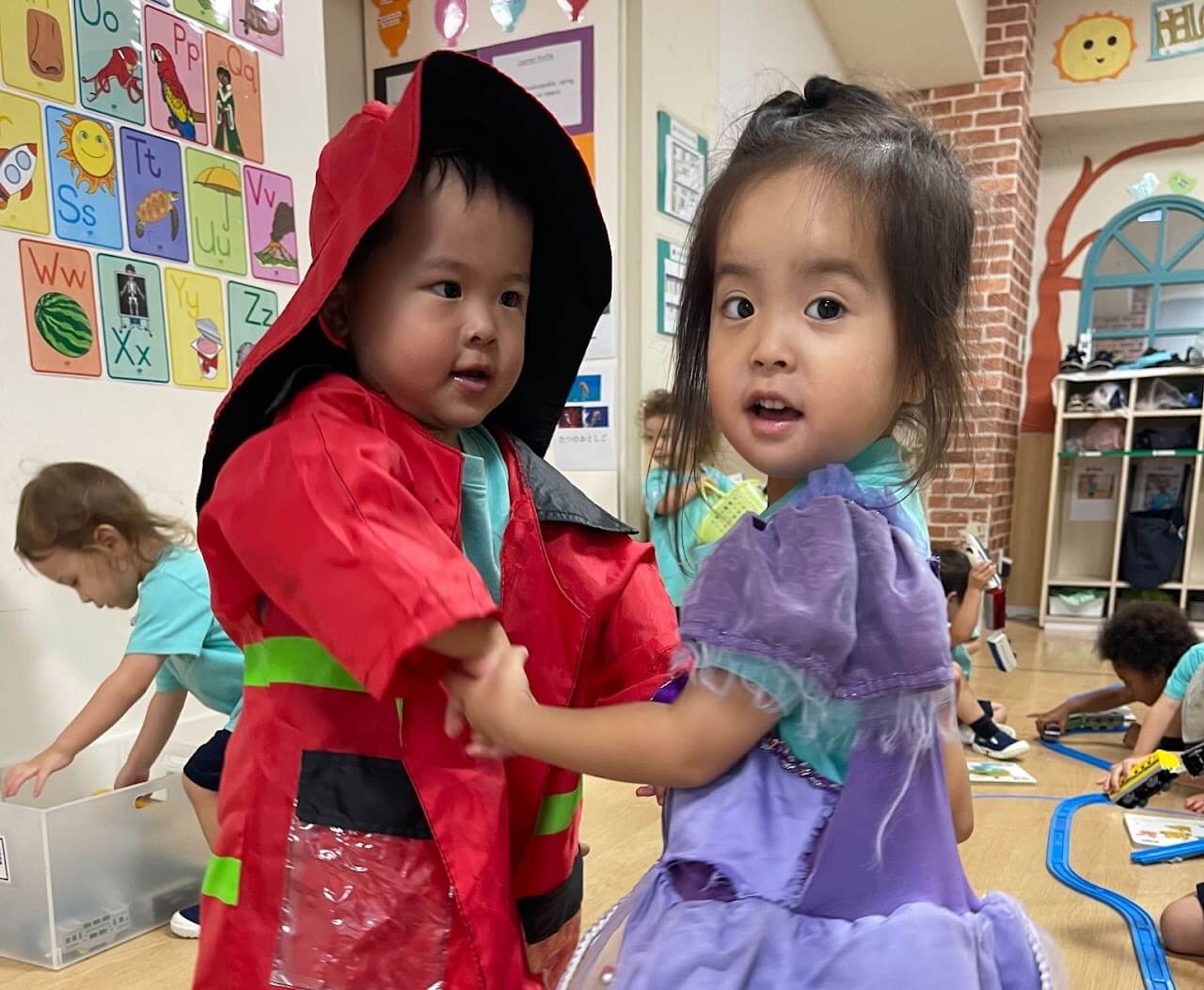
-
As the children spend more time together in the Ocean B classroom, they’ve started showing more interest in their peers. Once they learn their friends' names, we often hear them calling out, "Let’s play together!" or "Over here!"
Sometimes, they naturally hold hands to dance, give each other hugs, or offer comfort to a crying friend by patting their head or bringing them a tissue. In the past, it was often difficult for them to share toys, with many saying, "Mine!" But recently, we’ve seen more of them playing for a while and then offering the toy with a "Here you go" to a friend. It’s wonderful to see them becoming more thoughtful and caring toward each other.
As they become more skilled at talking, they’ve been enjoying conversations with their friends, although sometimes we notice differences in opinion. We’re observing how they navigate these conversations and occasionally stepping in to help guide them, ensuring they can have fun and productive discussions. We aim to provide plenty of opportunities for the children to express their feelings in words through various situations and experiences.
-






-






What? Why? Exploring the World of Living Things
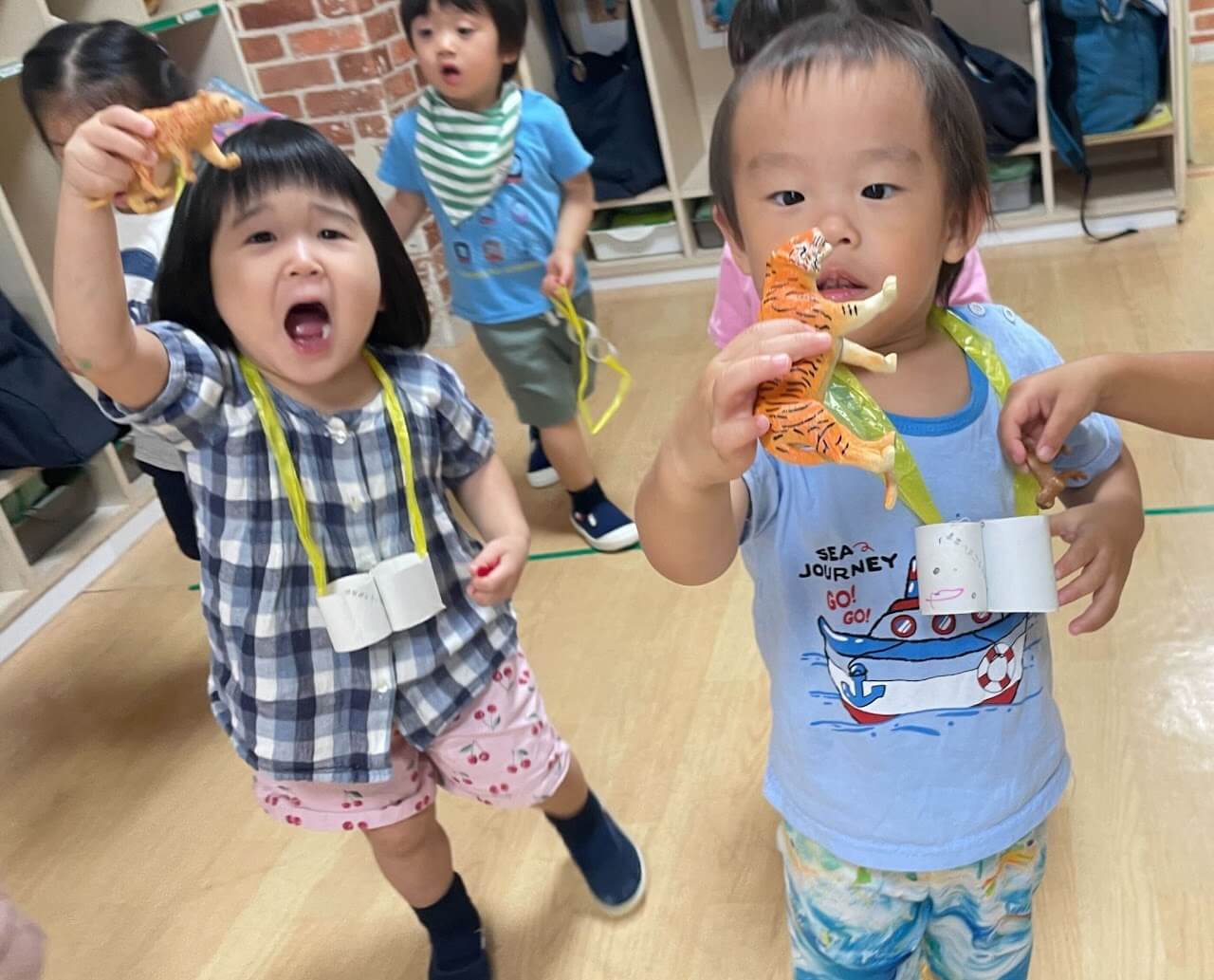

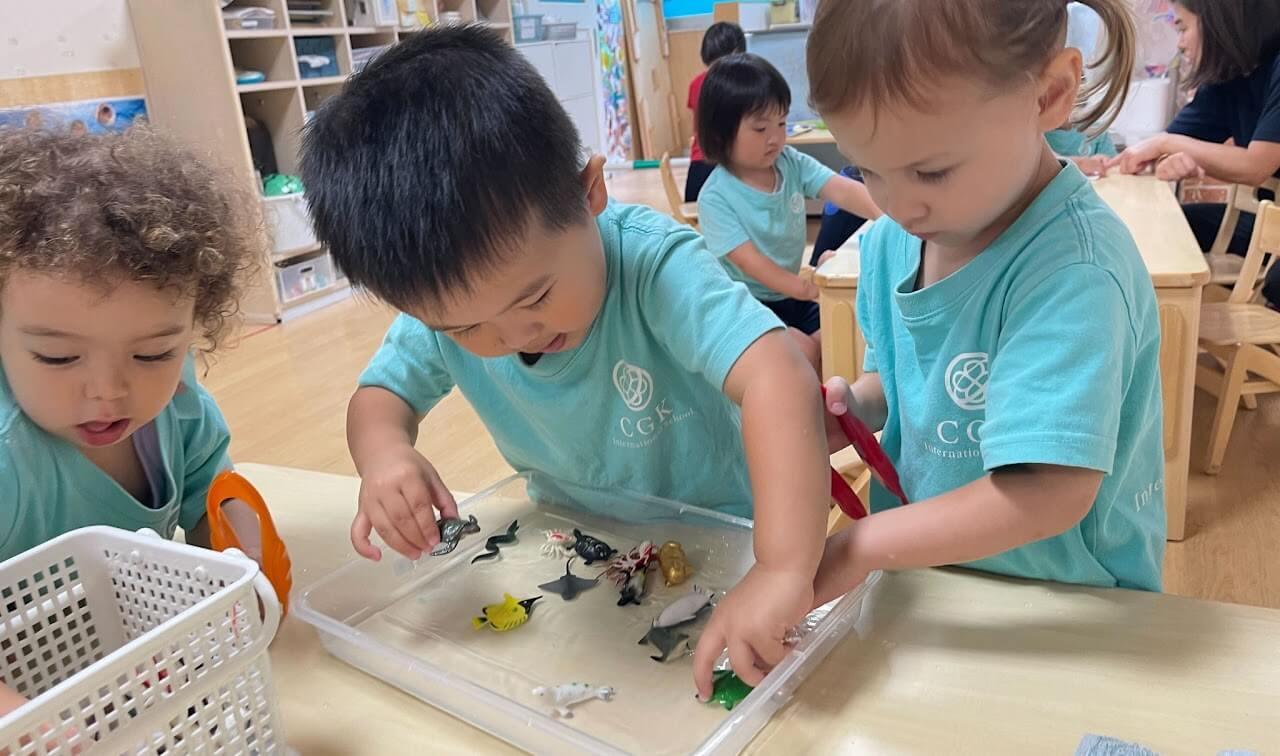

It’s already been five months since the school year started! The children have become better at expressing their thoughts with words, and we’re seeing more of them showing curiosity about the world around them by asking, "What is this?" and "Why?" as they engage in inquiry activities.
Right now, the children are showing an interest in insects and animals, and through various activities, they are becoming more familiar with living creatures. For example, we’ve observed real grasshoppers up close, noticing their color, size, and movement, which the children enjoyed sharing with friends and teachers. They also had fun taking care of the grasshoppers by giving them water and leaves.
The children also chose their favorite animal coloring sheets, colored them freely, and then attached them to their heads as part of a fun role-play activity. Pretending to be animals, they mimicked animal movements in time with music, using their whole bodies to explore the world of living things.
In addition, we combined sensory play with water, ice, and jelly with animal toys, allowing the children to observe the characteristics of various creatures using all five senses. They also learned the names of the animals in both English and Japanese.
One of the most exciting activities was searching for hidden creatures around the school. Using handmade binoculars, the children enthusiastically looked for animals, shouting, "I found it!" and "There it is!" They also happily shared what they found with their friends, which was an adorable sight.
As their curiosity grows day by day, the classroom is now filled with lively voices singing songs about animals and imitating their sounds. We are excited to see how the children will continue to develop their inquiry activities in the future!
Elementary School
CGK Soccer Club
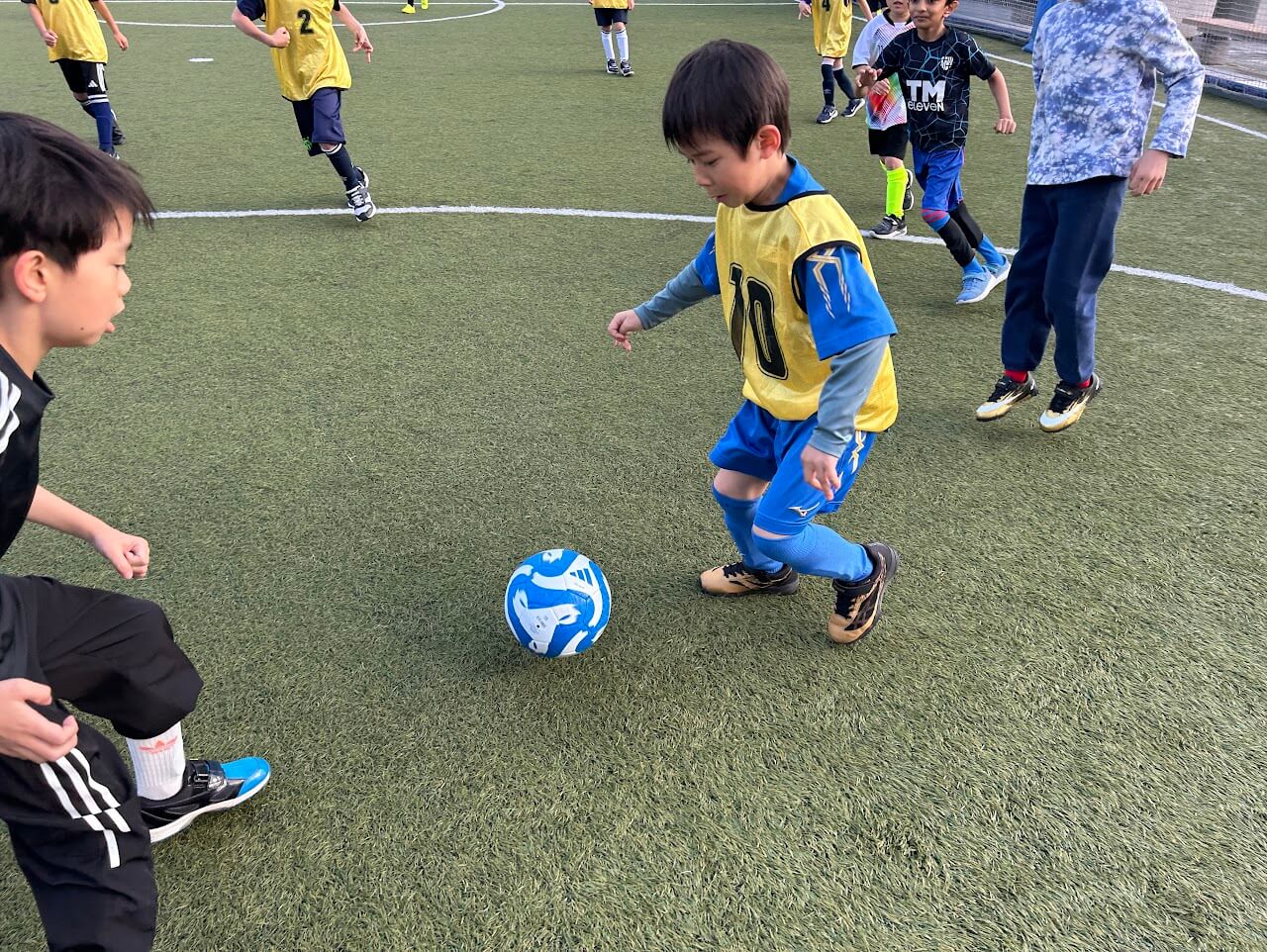


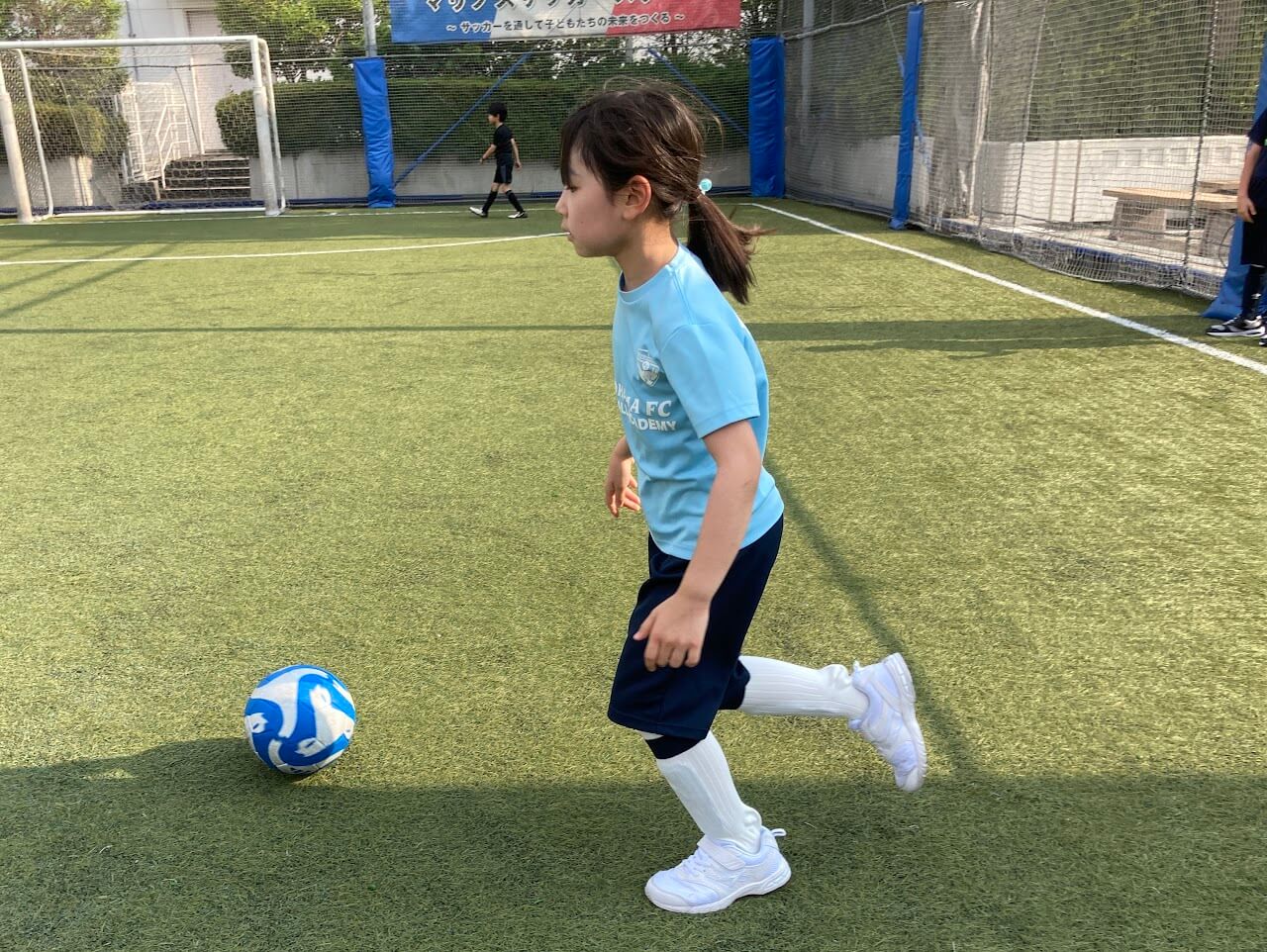


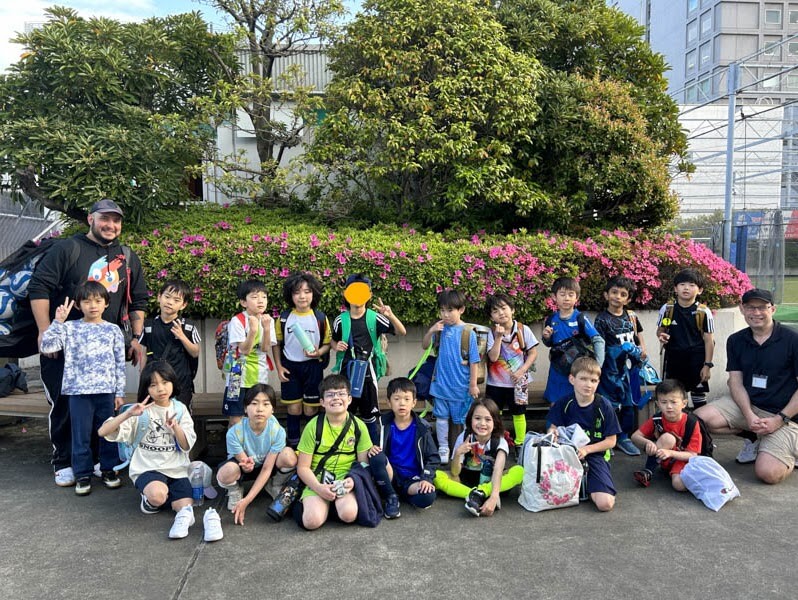


In term 1 CGK was thrilled to start its first soccer club for elementary students! Elementary students across all grades had the opportunity to learn and improve their football skills at Shunsuke Park Futsal Court.
The club had three goals.
1. To build teamwork skills among the students.
2. To increase students’ physical fitness and abilities.
3. To have fun!
Each lesson started with students working on their technical skills, kicking the ball to each other and using different techniques to improve their passing skills. To end each lesson the students played an exciting game! There was a lot of fun, but also a lot of learning.
We are excited that CGK Soccer Club will continue into term 2! It is one of the goals of the club to begin playing other schools in a regular competition- hopefully it is something that CGK will be able to do soon!









Afterschool
Summer School
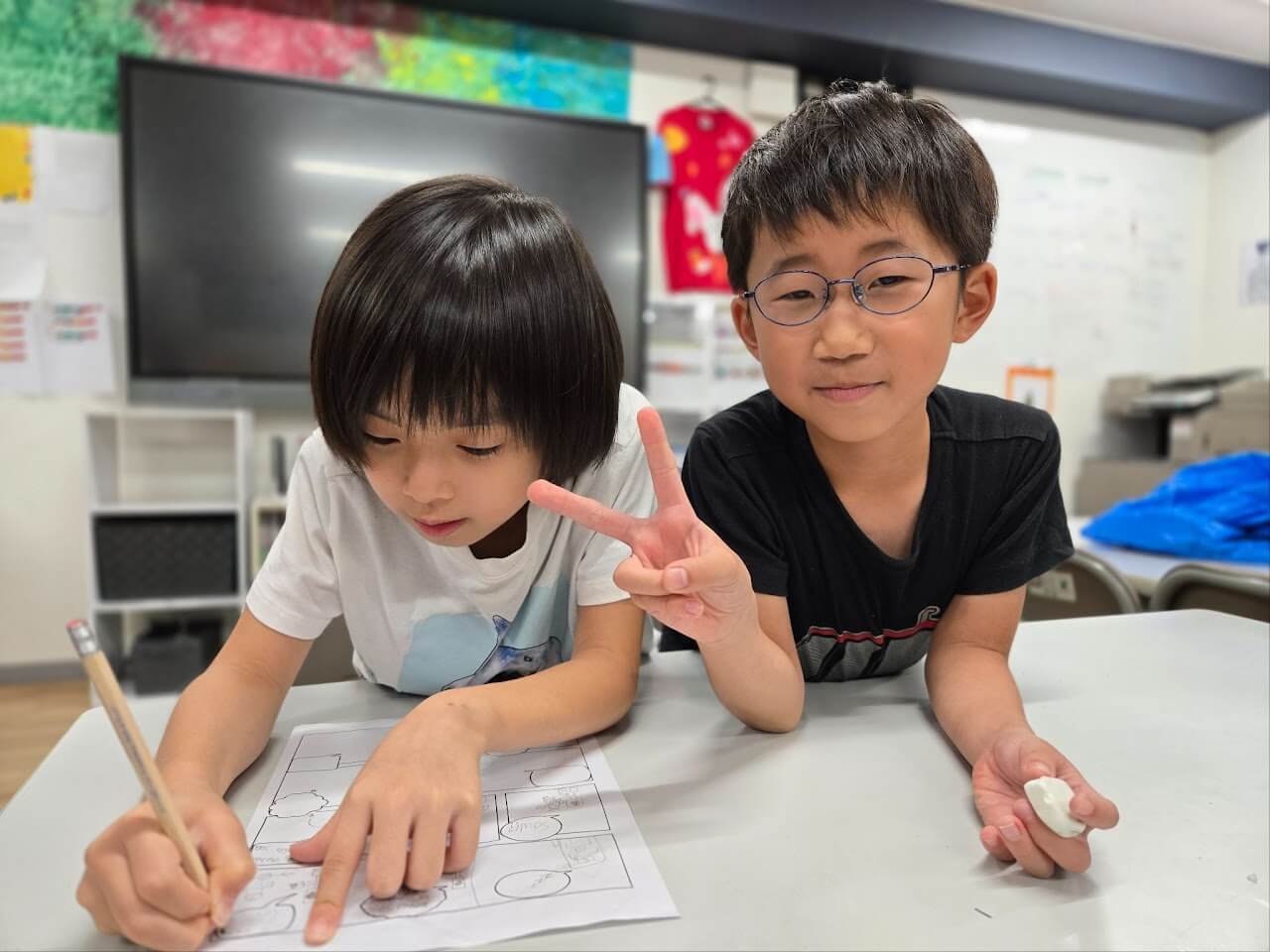


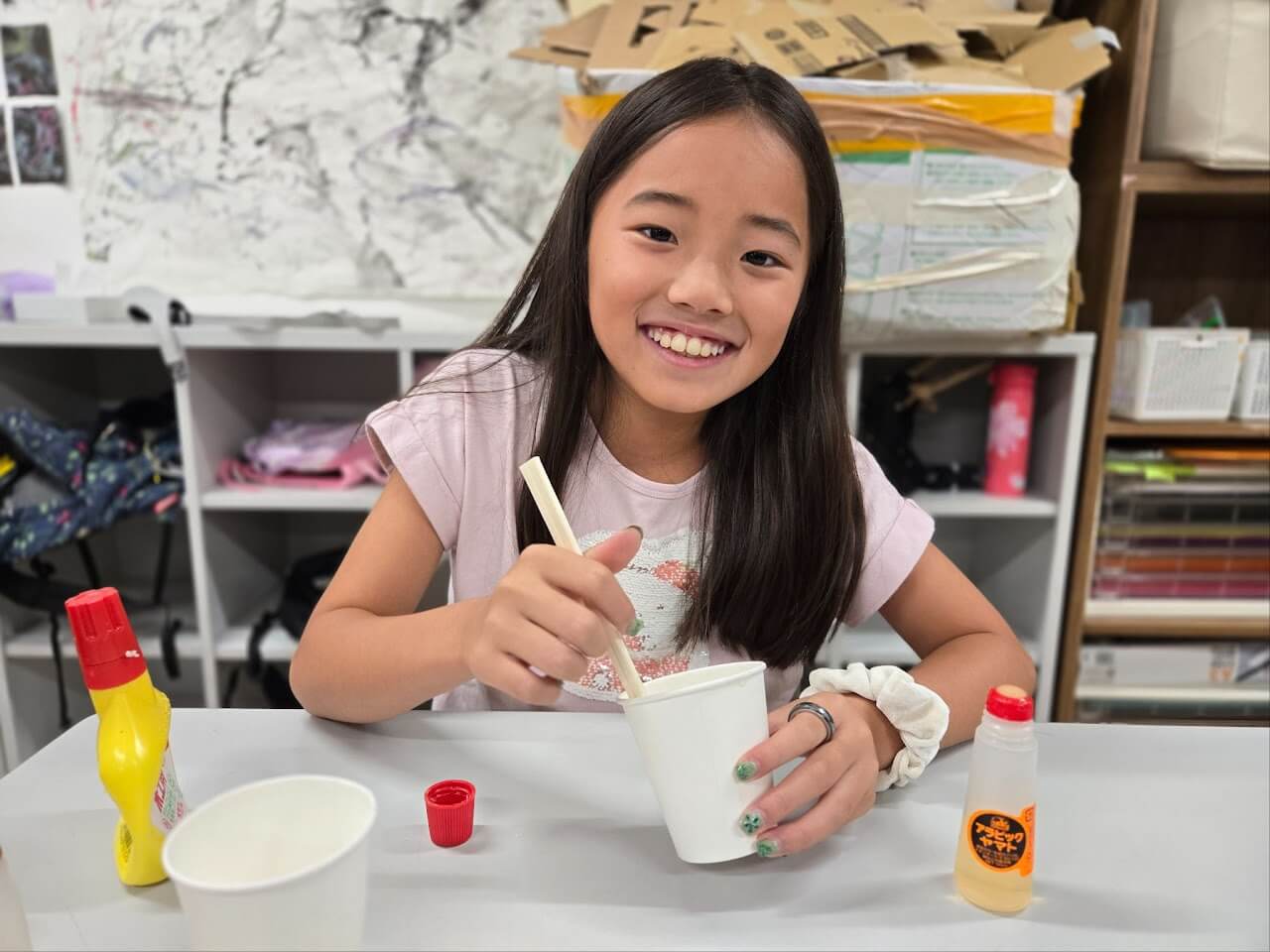


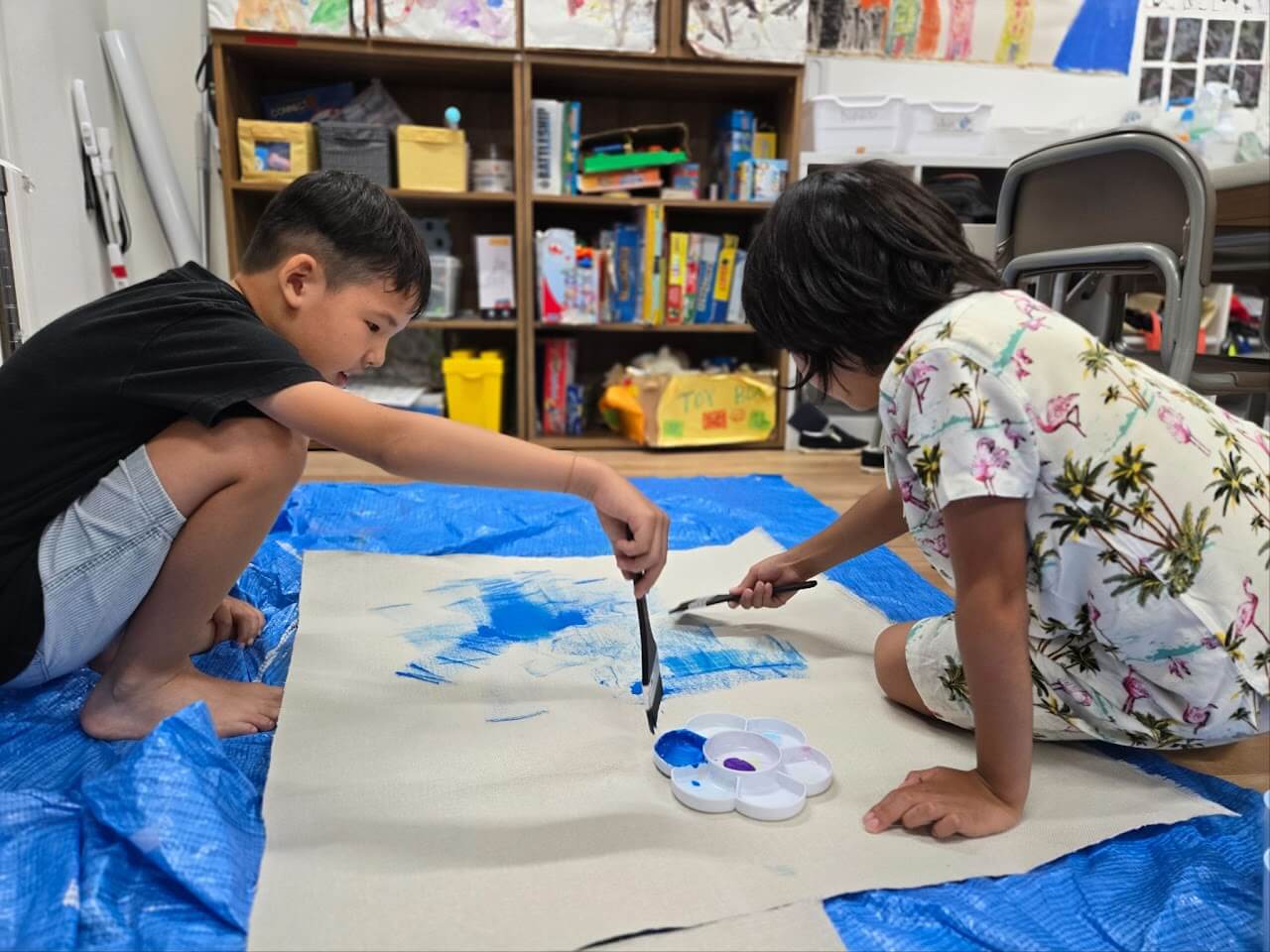


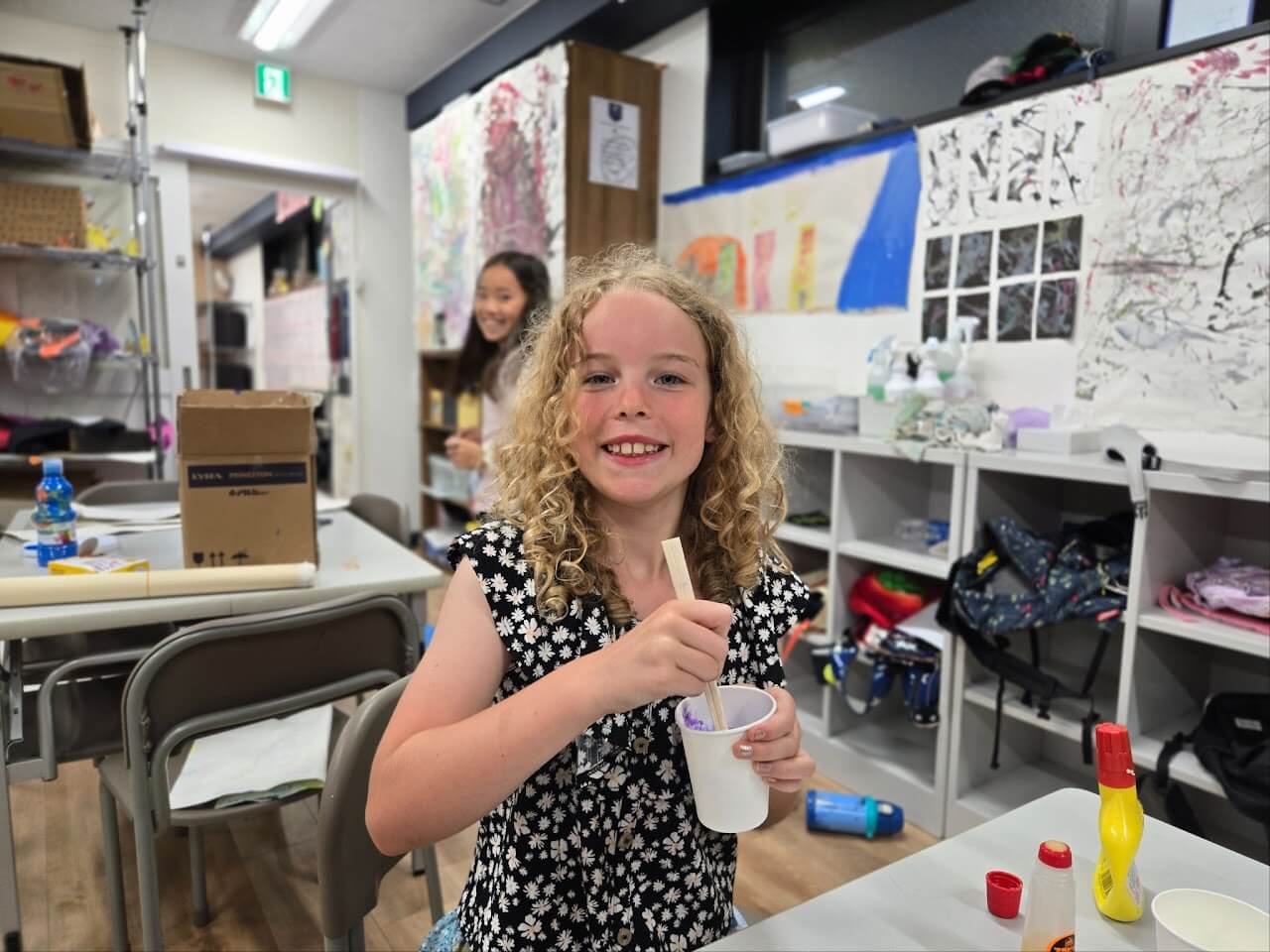


For over a month CGK Afterschool has been running the annual Summer School program and we have really enjoyed seeing so many old faces, but also we have had the chance to welcome so many new faces! This year we have also been extremely lucky to welcome so many amazing guest teachers from CGK Elementary School and CGK Preschool, who have been running various new and interesting activities that the students have loved taking part in.
While Summer School has been running the regular Afterschool students have been working on ‘mini projects’ which are slightly different to regular projects. Mini projects are shorter and allow students a huge amount of freedom in how they approach the topic. One of the most popular mini projects has been ‘Free Presentation’, where students have had total freedom to explore any area of interest they may have to create a presentation that they can share with their peers. This has led to a variety of creative and really fun areas of research that have ranged from anywhere from painting amazing abstract art onto wallpaper to decorate the classroom, creating original games, and even researching and experimenting with creating glues of different consistencies.
Summer School is over but we are already looking forward to welcoming all the students back for Autumn School. Over two days students will be able to take part in a Halloween event and a Summer Festival! Please feel free to ask for more details.
Sincerely,
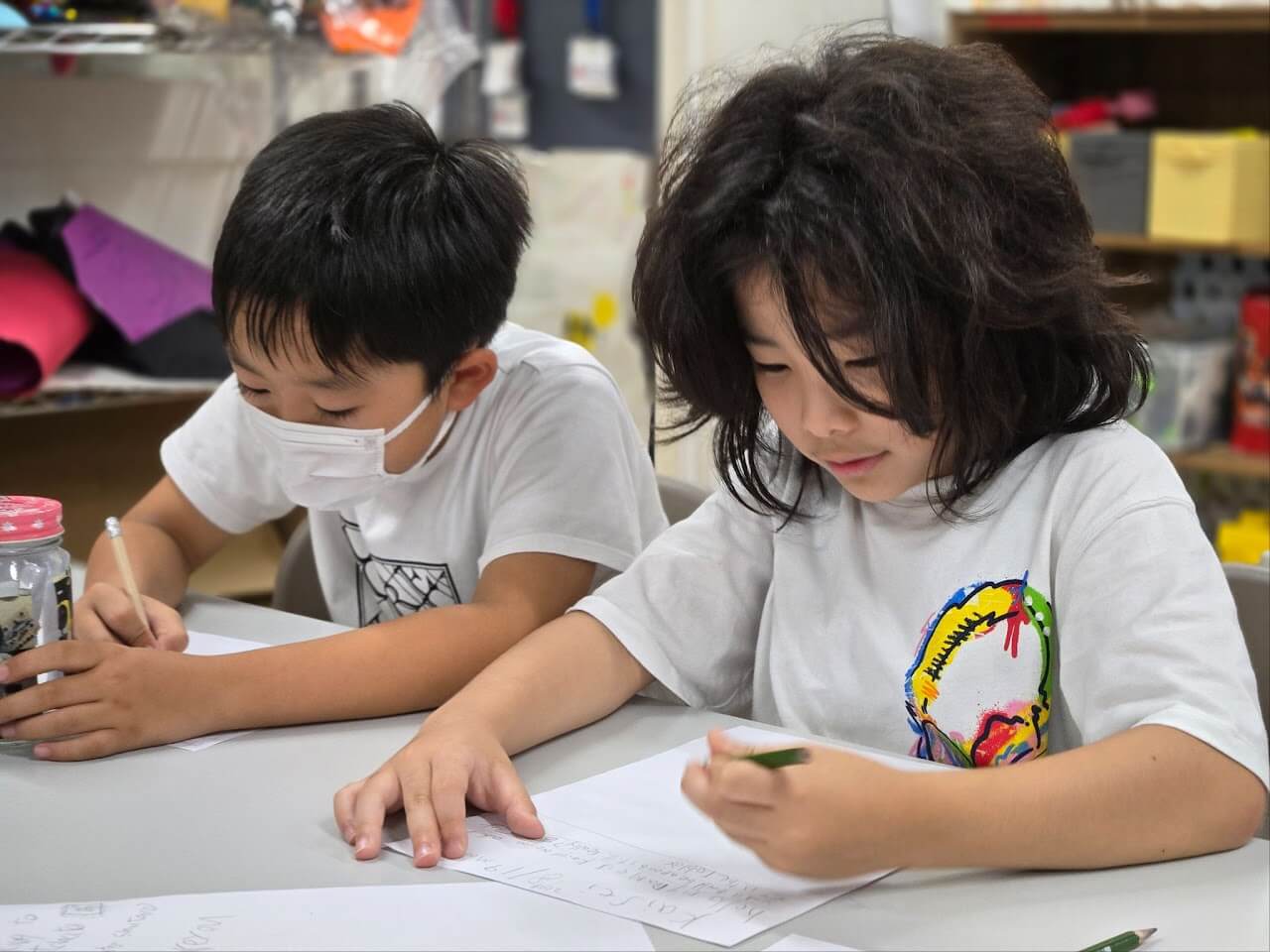

















CGK Extra
From School President
At CGK, we are currently engaging in a variety of initiatives, one of which is promoting overseas study programs. I am delighted that we were able to fully launch these programs in March of this year.
I want to emphasize that I am not someone who blindly believes in the superiority of overseas. Having experienced life overseas myself, I am one of those who realized how wonderful Japan is and I have come to deeply appreciate the wonderfulness of Japan. However, the experiences I gained abroad were invaluable and remain a significant part of my life. They were a wonderful opportunity that profoundly changed my life.
I ventured abroad at the age of 26, right after the Great East Japan Earthquake, but I often wish I had studied abroad sooner. I frequently wonder how different my perspective on the world might have been if I had taken that step 20 years earlier.
Following our elementary school students’ solo study abroad to Vancouver, Canada in July, a parent-child study abroad program was conducted in August, where a 4-year-old and his parent traveled to Melbourne, Australia. Australia, being a country of immigrants, means that the children at the local daycare center come from a diverse array of cultural backgrounds.
Ms. Mayu accompanied the family to Melbourne and has been visiting various schools across Australia. She has been providing us with daily updates, exploring not only the possibilities for future study programs and partnerships but also the potential for CGK’s international business ventures during her one-month stay.
Each time I receive these reports, I feel a sense of envy, imagining our CGK students studying abroad for short or even year-long stays at such wonderful schools. These schools provide an environment where students naturally develop the ability to embrace diverse cultural backgrounds and experience an education that is truly dedicated to nurturing their growth.
At CGK, we are not just teaching our children English. We are nurturing their independence, broadening their horizons, and equipping them with the skills and mindset needed to thrive anywhere in the world. Just as my own sons, aged 5 and 3 (as of March this year), quickly adapted to their school and kindergarten in New Zealand, I am confident that with the right support, our students will also experience significant growth, despite any initial hesitation.
I often ponder how I can best convey the inspiration I felt during my own overseas experiences and the incredible journey my sons have had while studying abroad. This is what drives me to regularly update the content on our blog and website.
On Monday, September 16, we will be hosting a “Casual Study Abroad Talk with CGK Families” at our Kannai campus. In addition to sharing experiences and information about studying in New Zealand and Summer Camps in Canada, we are also planning a social gathering. As one of the participants in the New Zealand program, I look forward to casually discussing study abroad opportunities with you at the event. I hope you can join us!
Every initiative we undertake at CGK is a contribution to "education" itself, for the lifelong learning of not just the children but everyone involved with CGK. Our primary goal is not to grow the company but to continuously give back to the CGK community. With this commitment to our roots, we will continue to develop CGK further.
Upcoming CGK Study Abroad Information Session
CGK Study Abroad Information Session
September 16 (Mon./Public Holiday) 2:30pm
- About study abroad experiences in New Zealand and Summer Camps in Canada
October 12 (Sat.) Time TBD
- About study abroad in Australia (preschool, elementary school, middle school, etc.)
Details/Registration: Information will be sent via Toddle at a later date.
Currently recruiting participants for study abroad programs
-


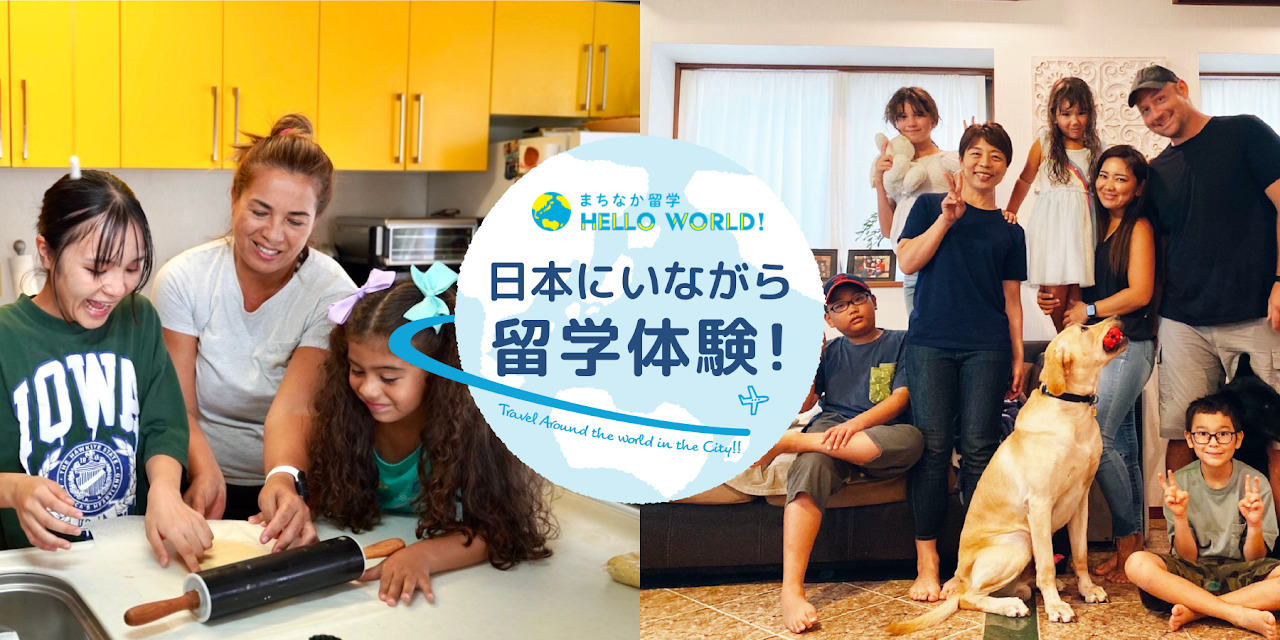



-
- Throughout the year (on weekends or during long breaks, either for day trips or overnight stays)
- You can experience a homestay with a foreign family residing in Japan.
- Deadline: Approximately one month prior to your desired dates
- For details/application, please contact Mayu at the Office.
Spring 2025 Elementary School Study Abroad in New Zealand
- Participate in classes at a local elementary school in Auckland.
- Mountain and Sky class students are encouraged to participate.
- Basic duration: 4 weeks [March 16 (Sun.) - April 12 (Sat.)]
- Minimum duration: 2 weeks [March 16 (Sun.) - March 29 (Sat.)]
- Deadline: September 1 (Sun.)
- Details/Application: Please check the Toddle announcement that has been sent for more information.
CGK offers study abroad programs that are also convenient for preschool students and their parents to participate in.Please feel free to contact Mayu at the Office with any feedback or questions (Toddle is OK).
-






Accepting short-term international students from overseas - Wanted host families
-



-
CGK has a positive stance on accepting international students from abroad with a view to encouraging multicultural cooperation. Students from different cultures and backgrounds can interact with and help each other at CGK, bringing rich diversity to the classroom. This environment of diversity provides each student with a valuable opportunity to learn different viewpoints and increase mutual understanding.
At CGK, we believe that diversity improves educational development. By learning and working together, students from different backgrounds will grow into leaders with global perspective. In addition, experiencing diverse opinions and values will help them develop tolerance and empathy.
In order to create an environment conducive to hosting short-term students, we are looking for host families; if you are a CGK family interested in registering as a host family, please contact Mayu at the Office (Toddle is OK).
-























